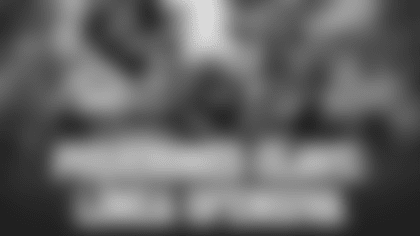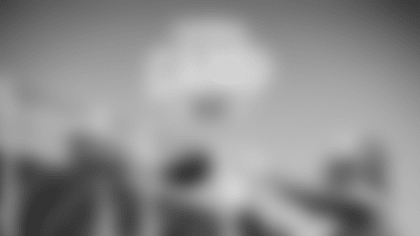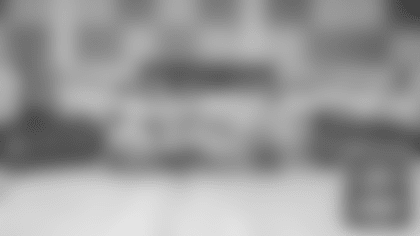Our most recent guest on the 49ers Radio podcast was the second of two 2016 first-round draft picks for the San Francisco 49ers.
Stanford's Joshua Garnett RSVP'd "Yes" on our interview request and discussed his impressive collegiate studies, his development on the offensive line and his off-the-field interests.
Make sure you subscribe to the team's official podcast on iTunes and get more exclusive audio on our 24/7 channel on TuneIn.
The 21-minute conversation (prior to a Week 11 home game against the New England Patriots) will help you "Get to Know" the rookie right guard.
Enjoy the highlights from the conversation.
(1:20 - on how gaining starting experiencing has helped his development)
"Oh yeah, definitely. That's something that I've been trying to do every day, just making sure each day, each game, that I'm a better player. If I can do that, then a couple of years from now, we're going to have a pretty good player."
View the top shots of San Francisco's 2016 Rookie class.
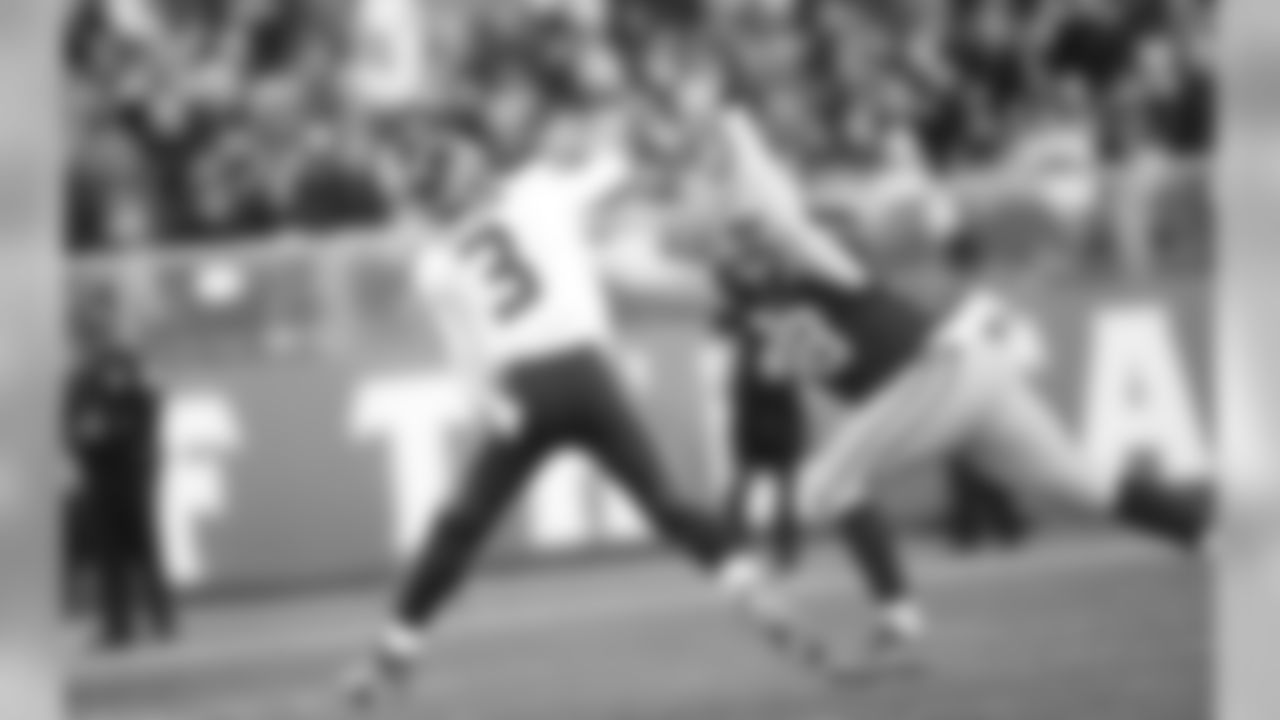
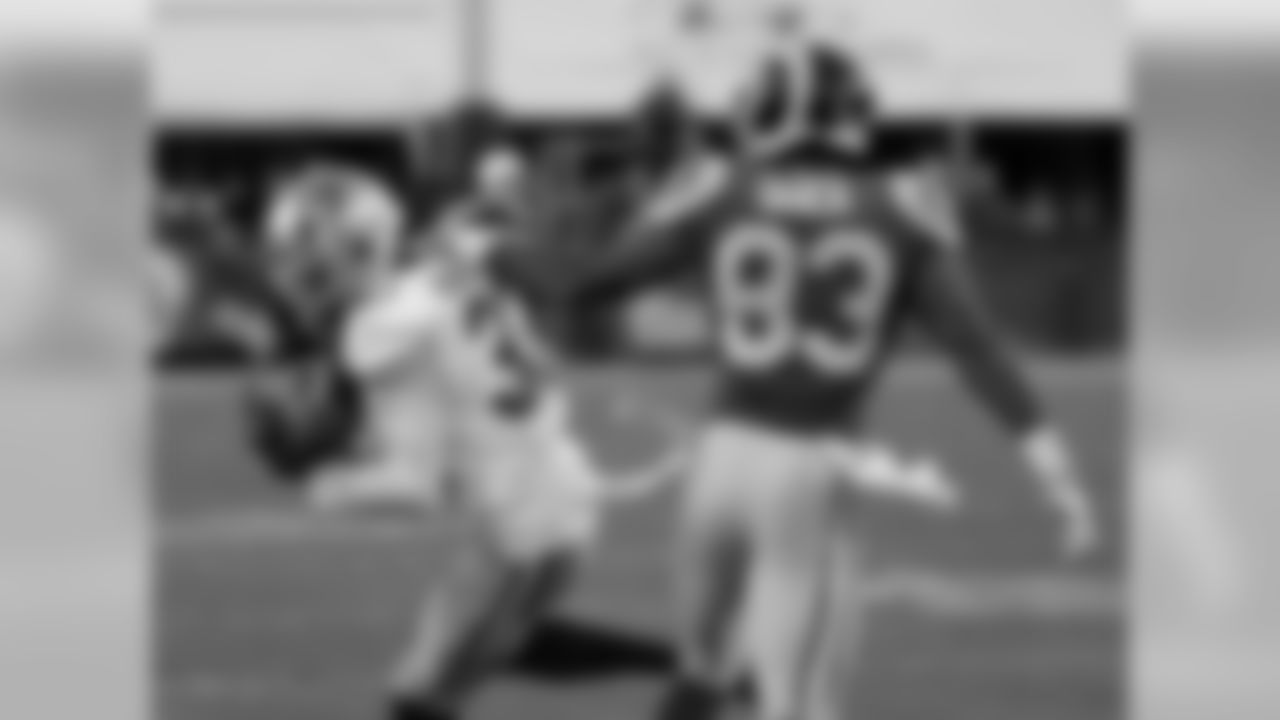
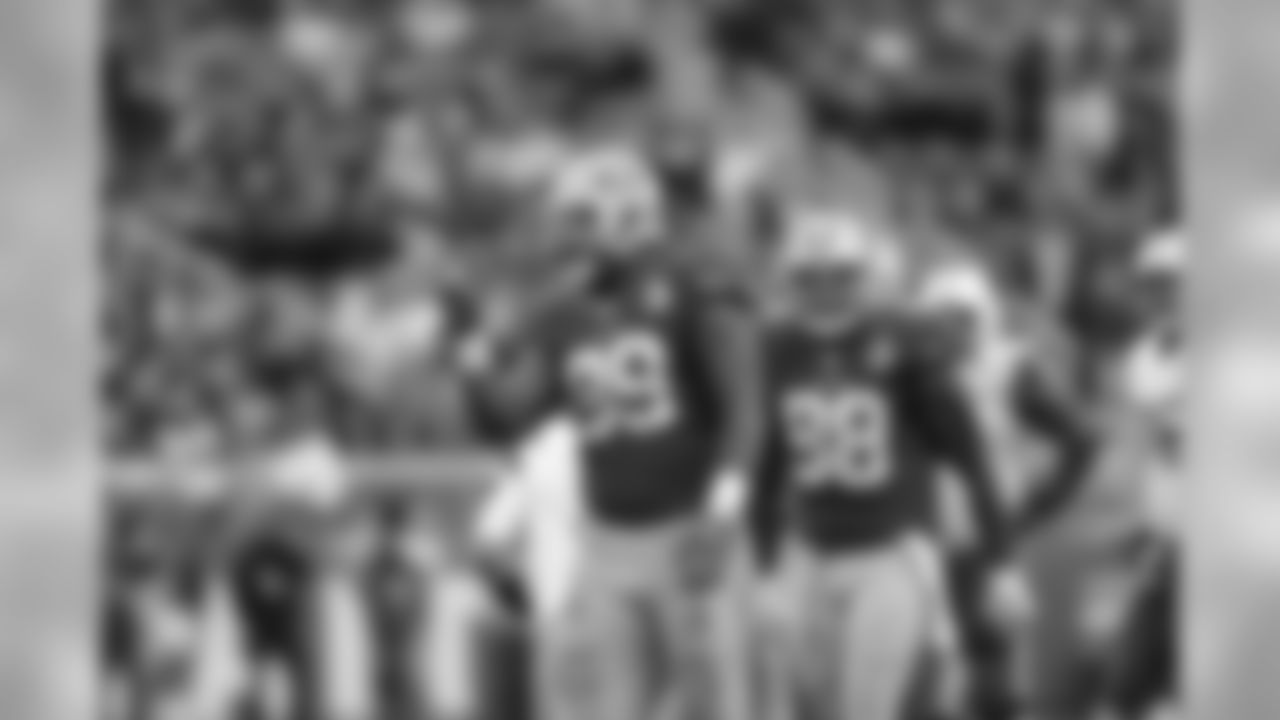
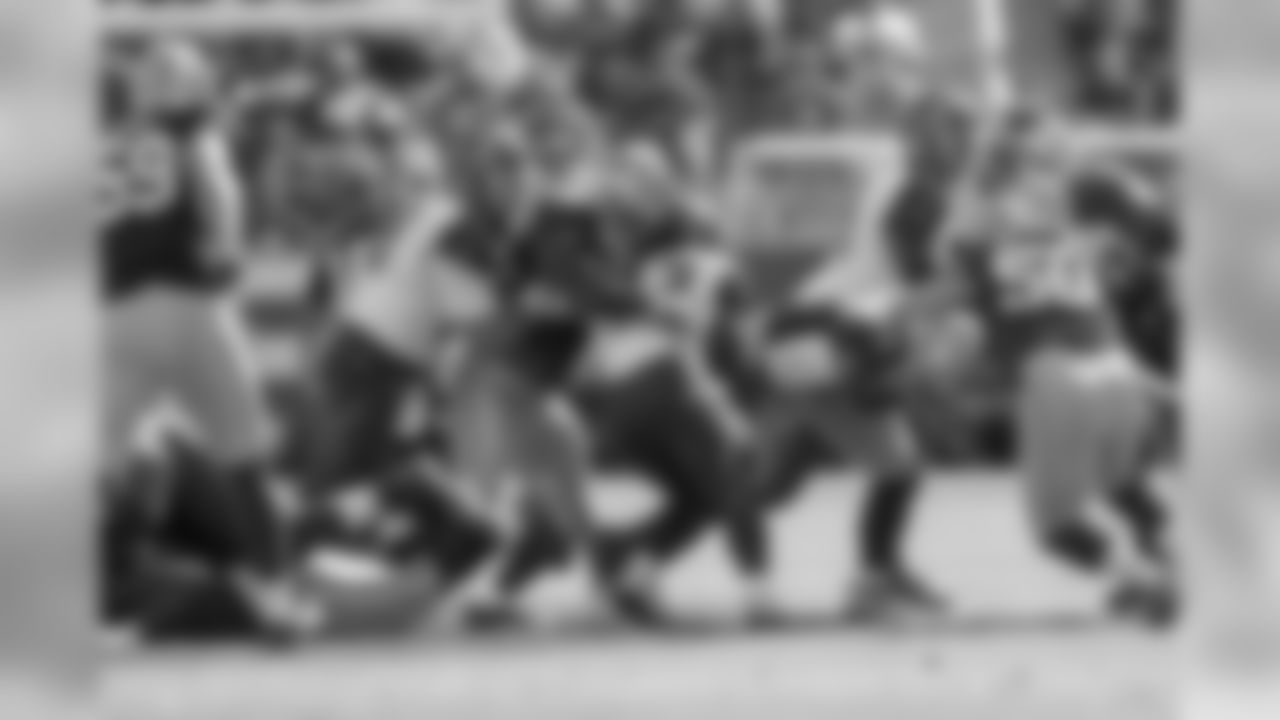
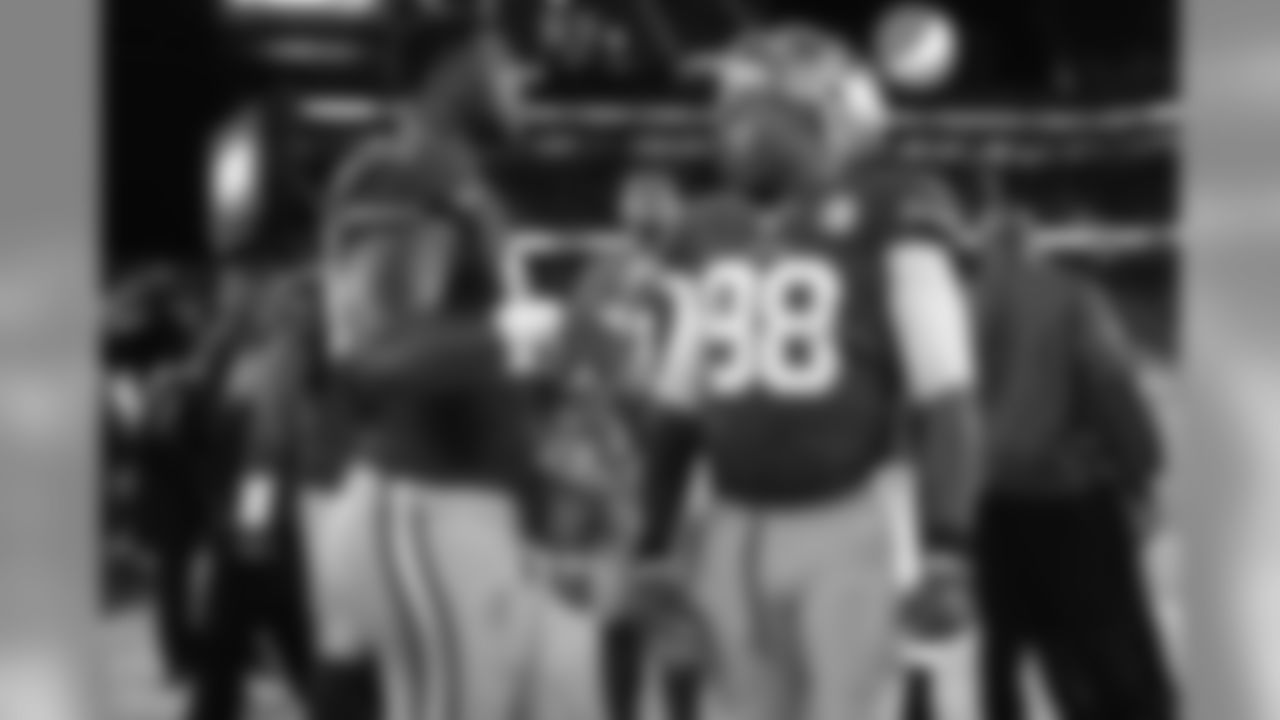
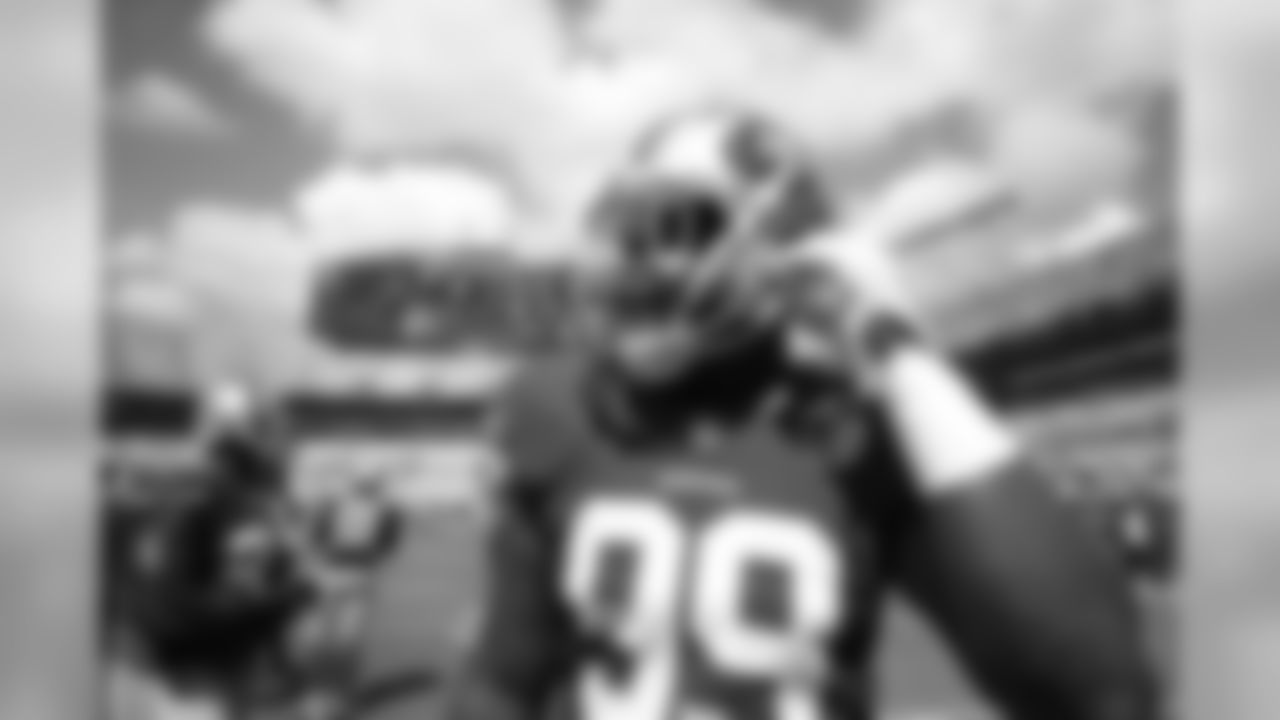
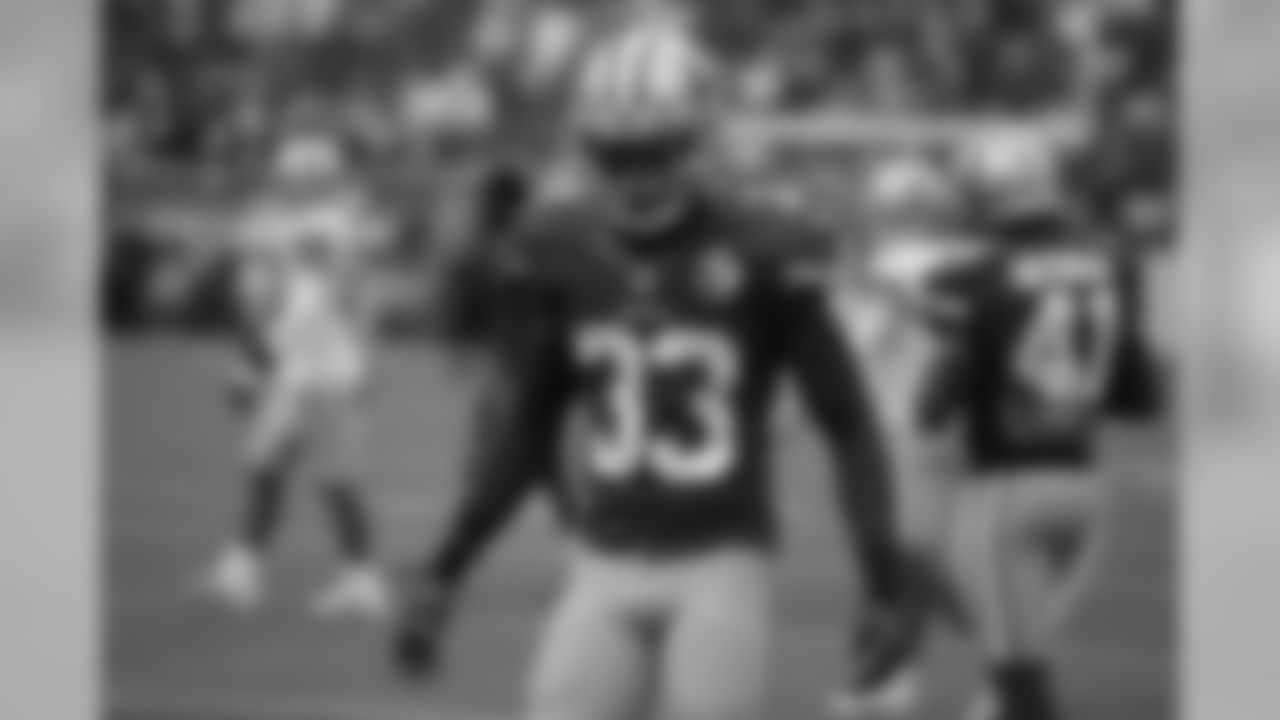
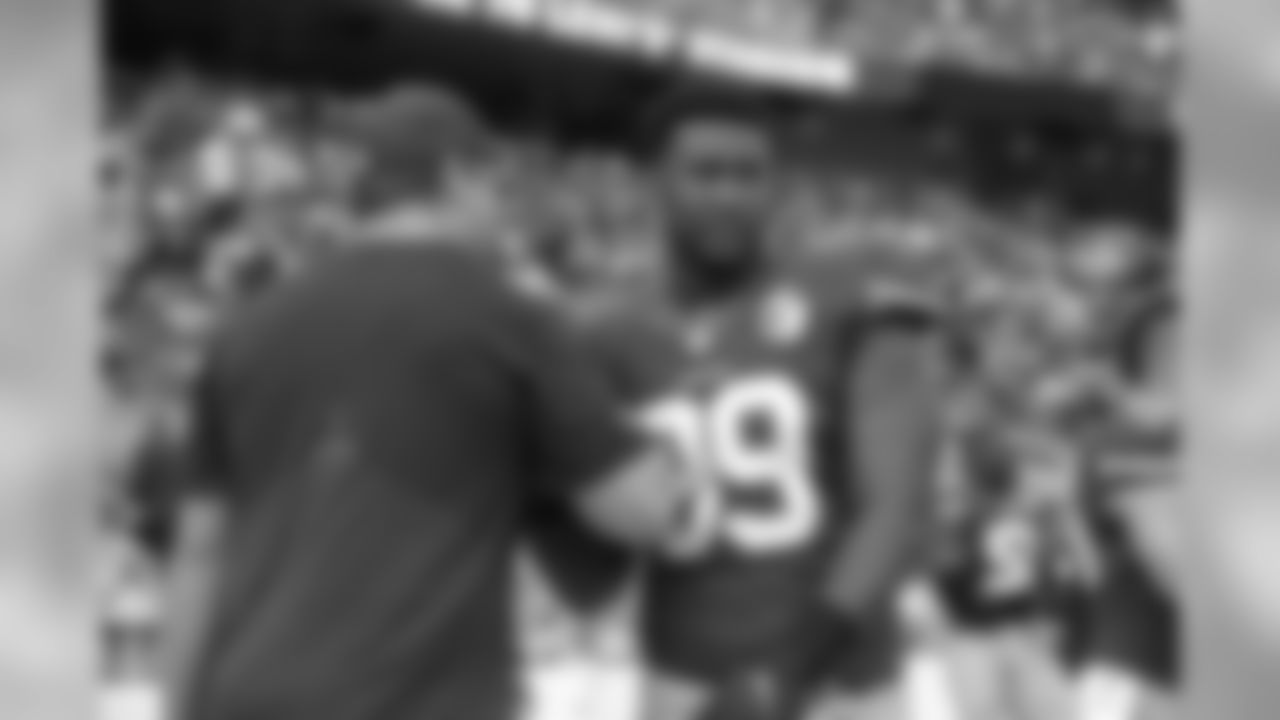
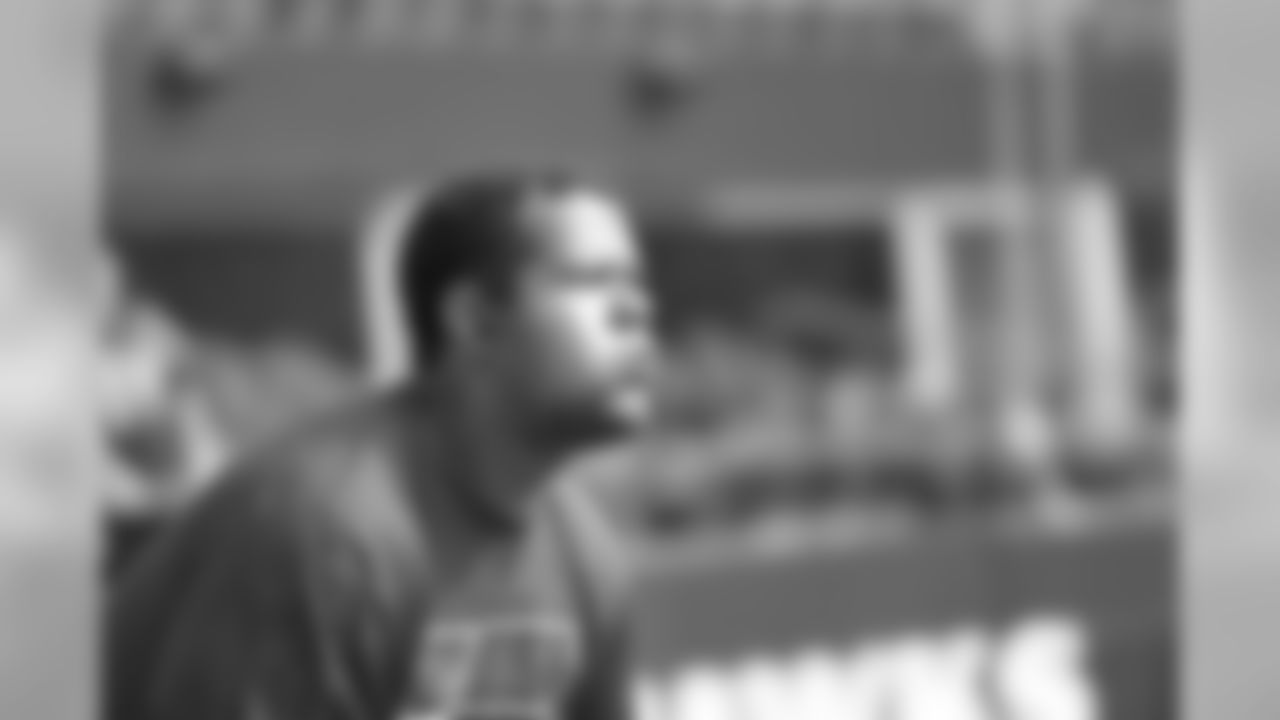
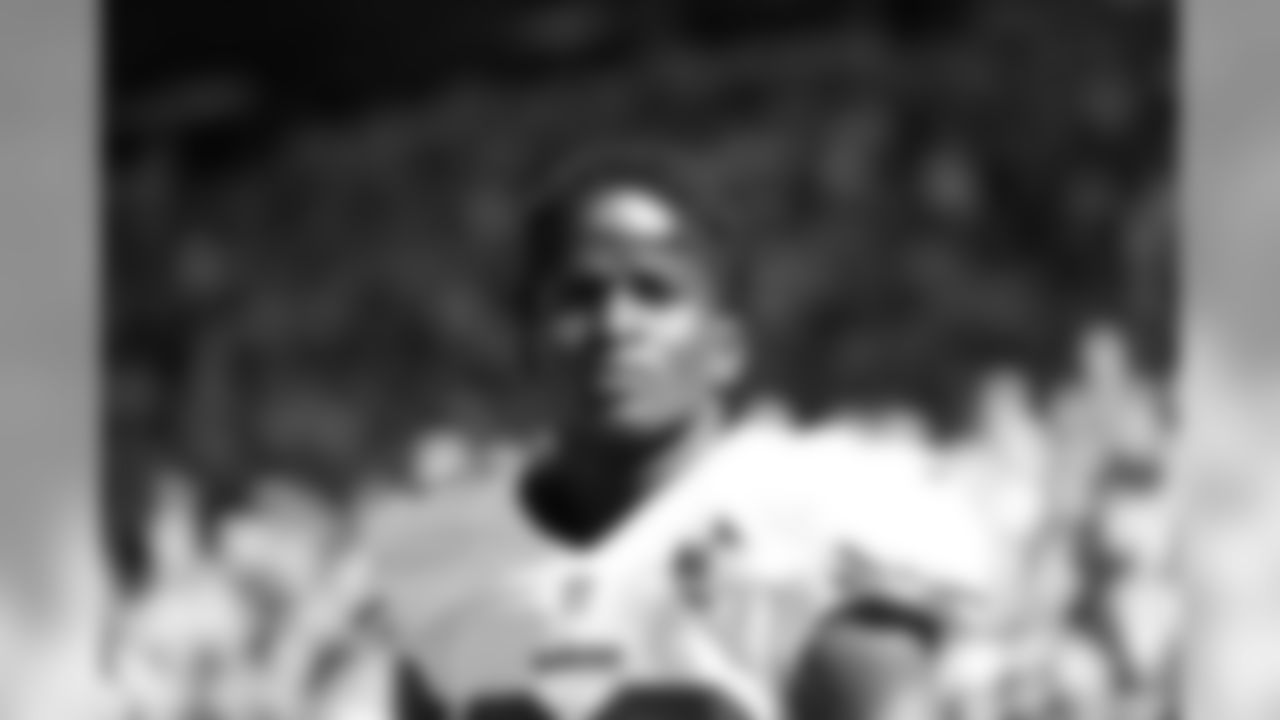
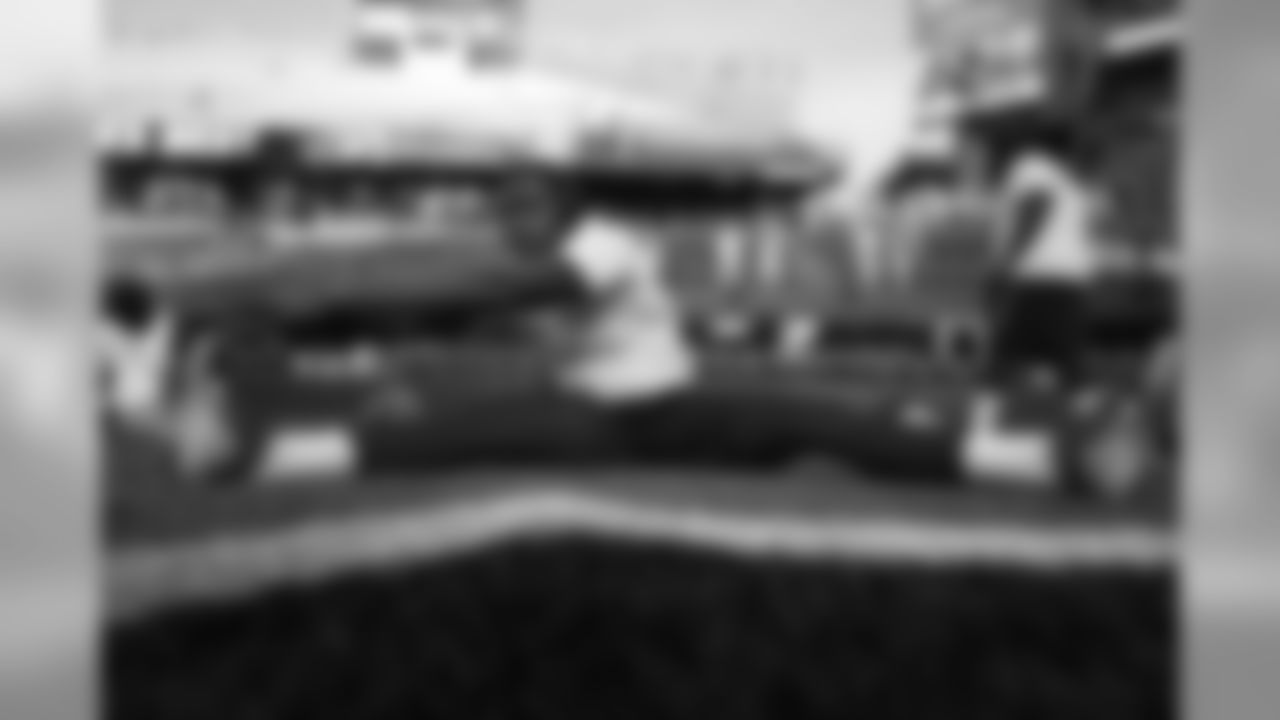

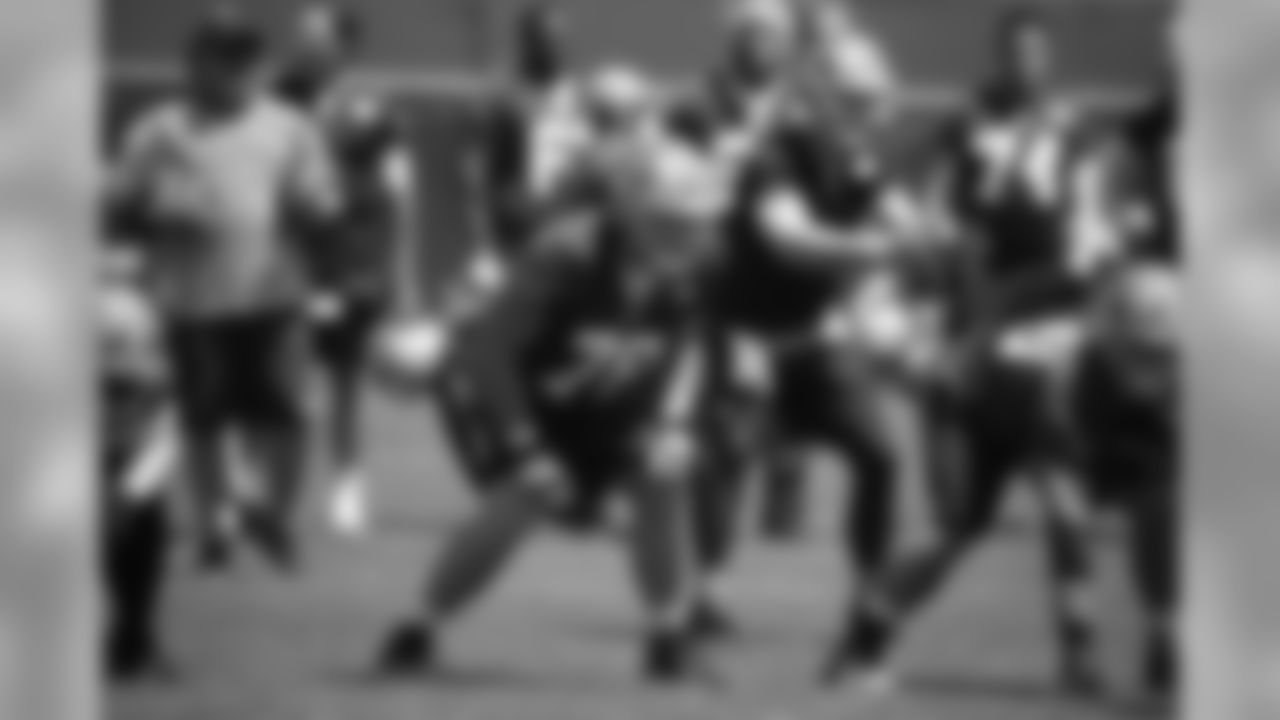
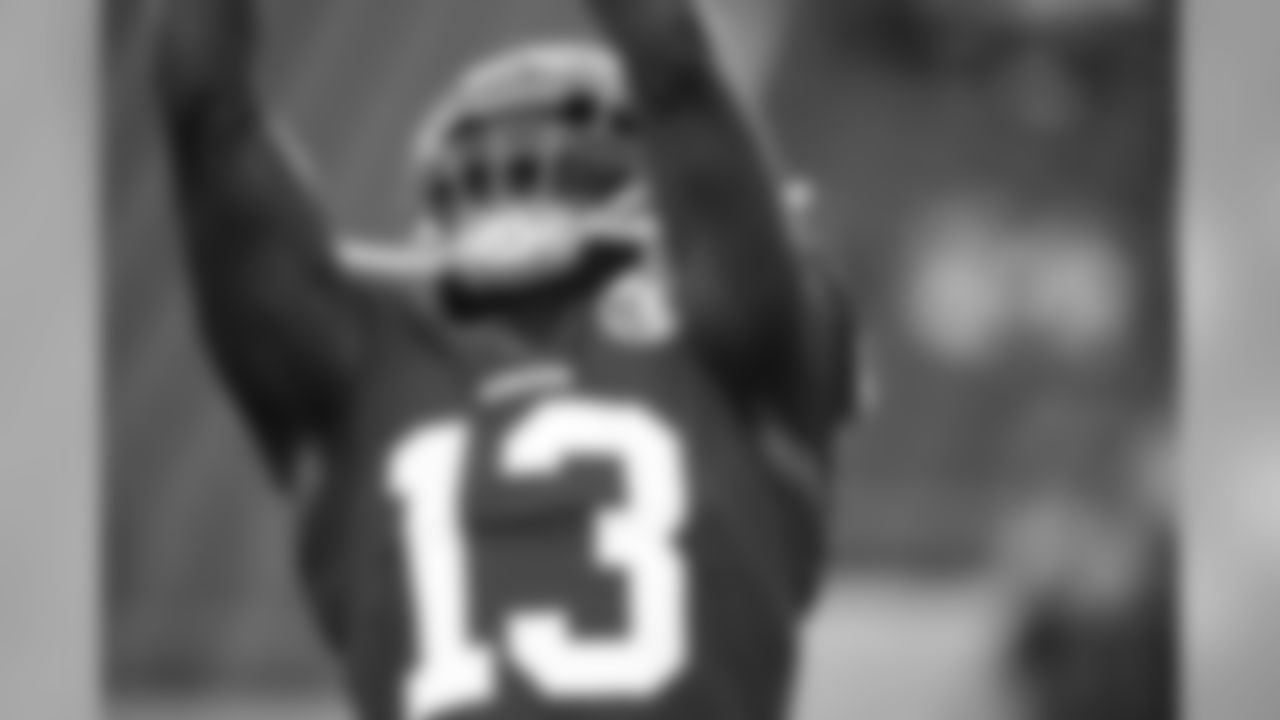
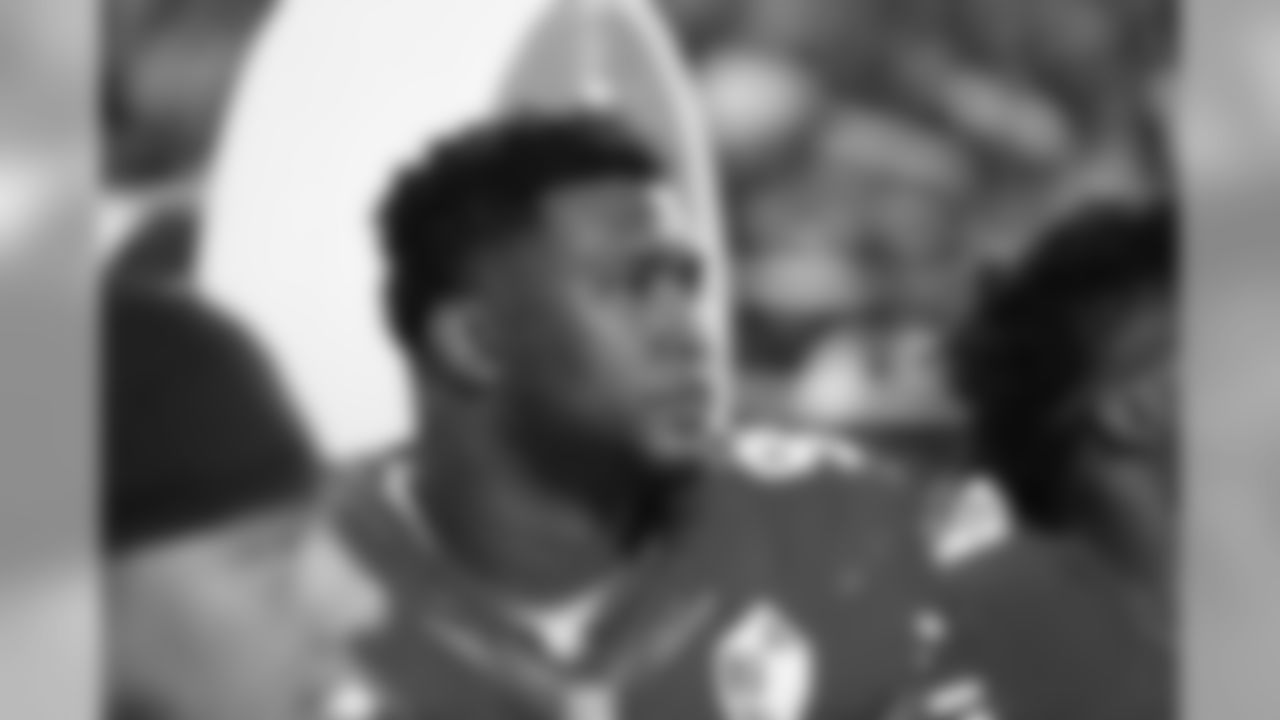
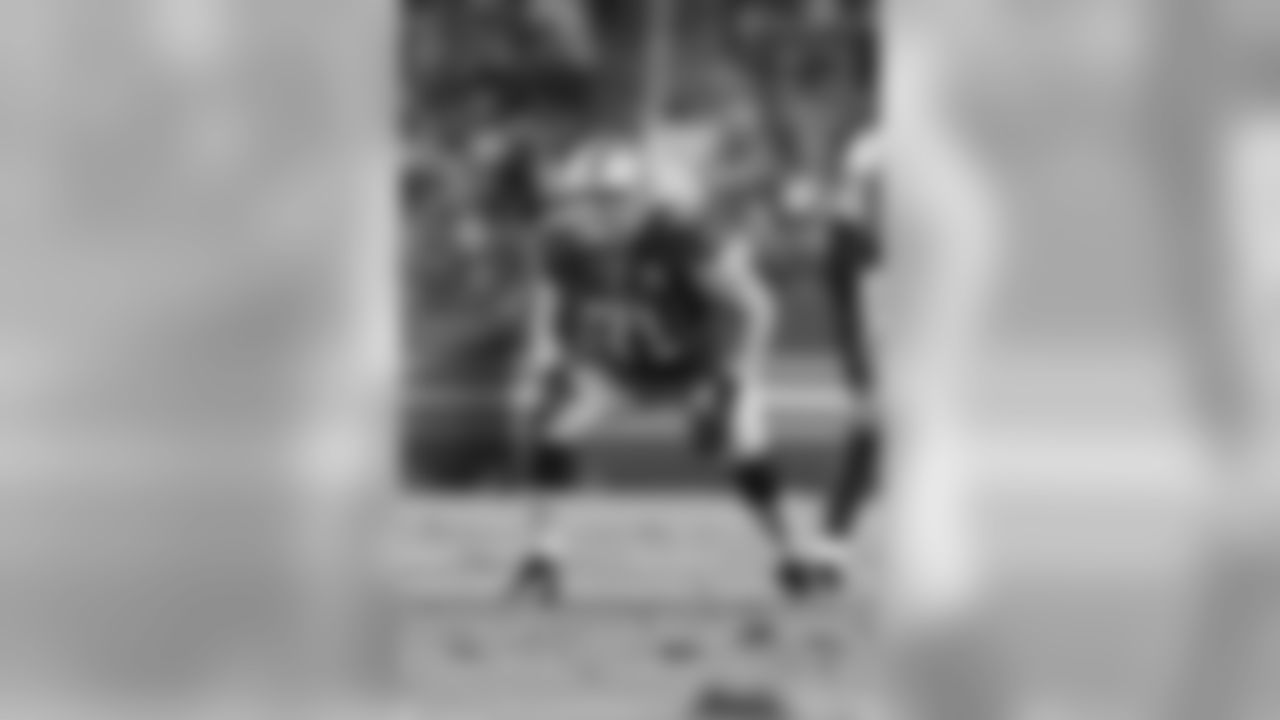
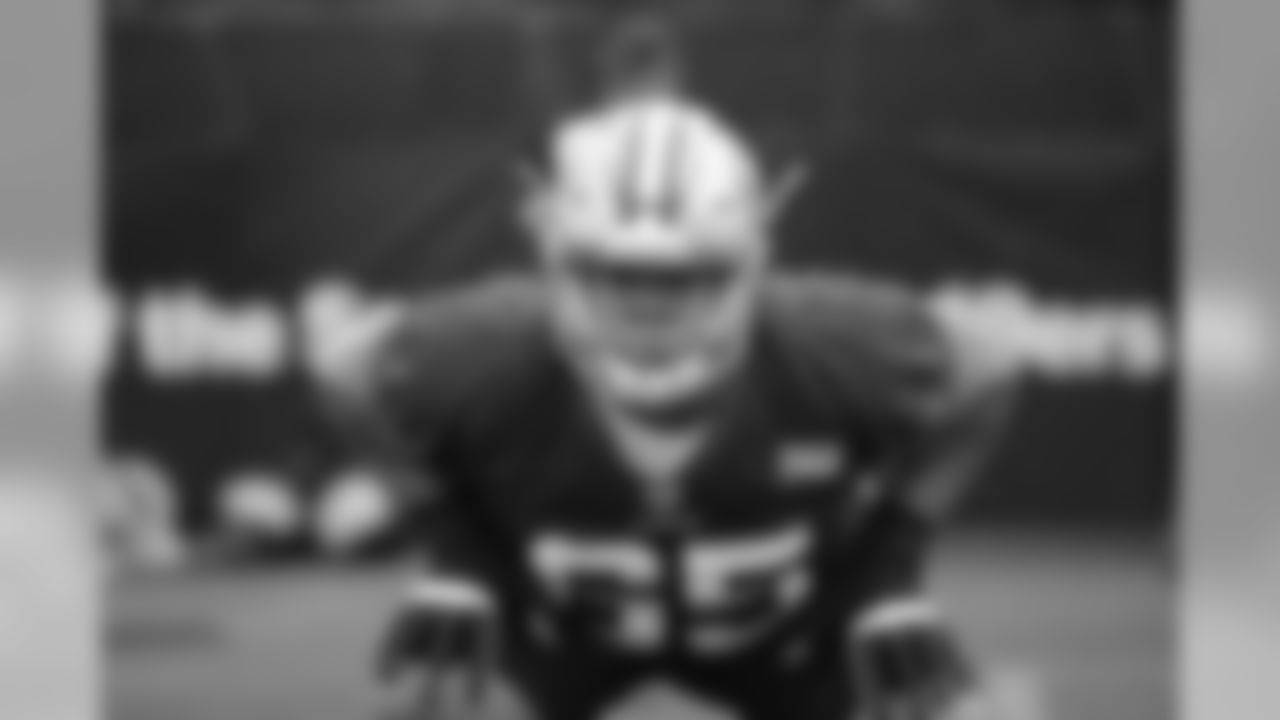
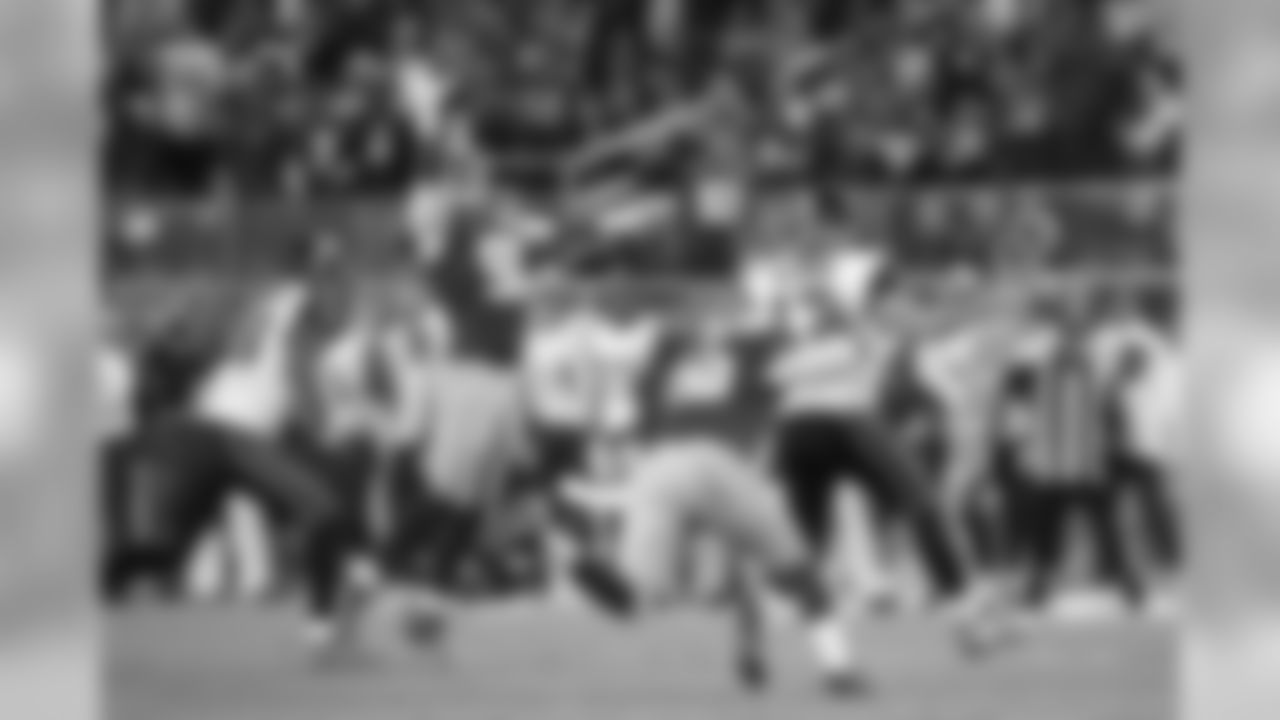
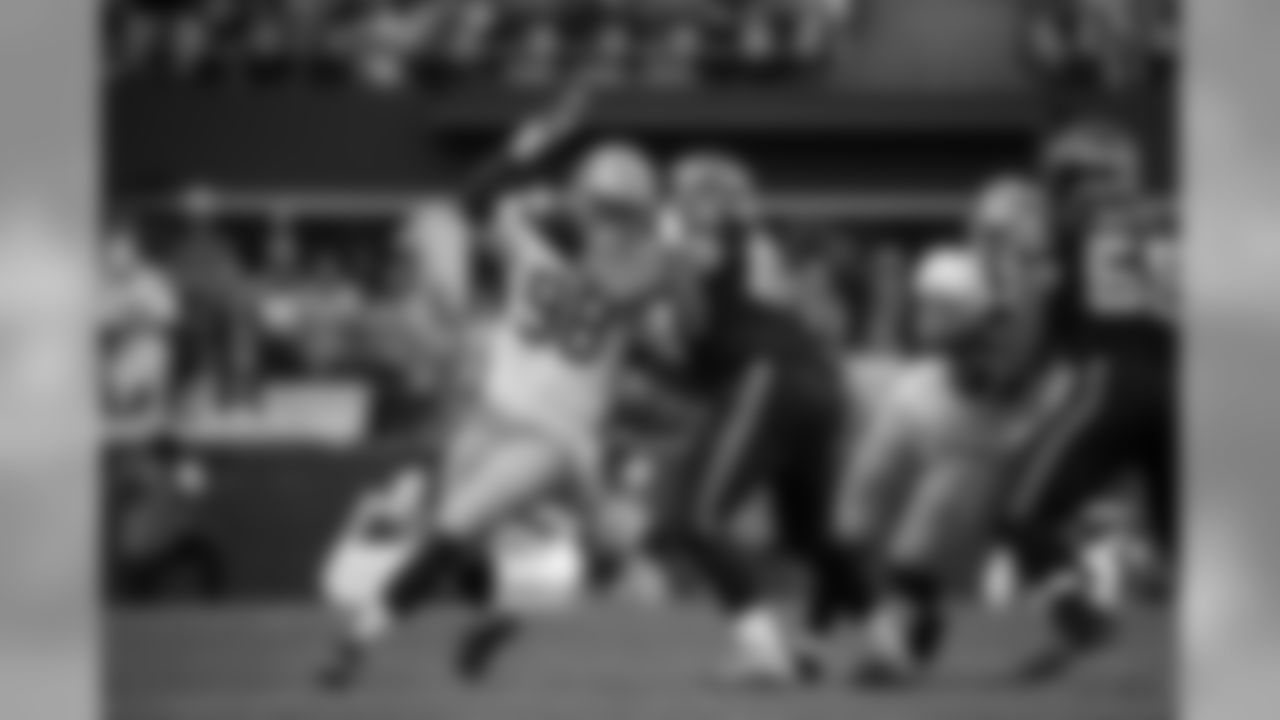
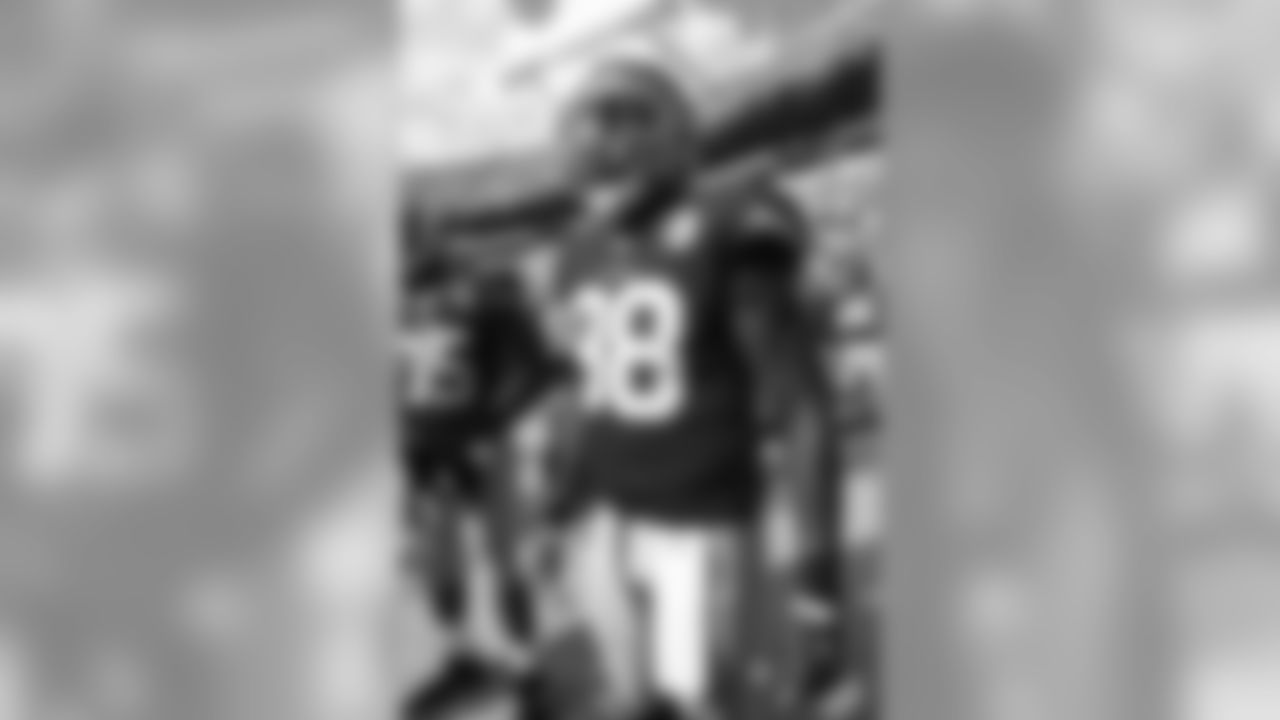
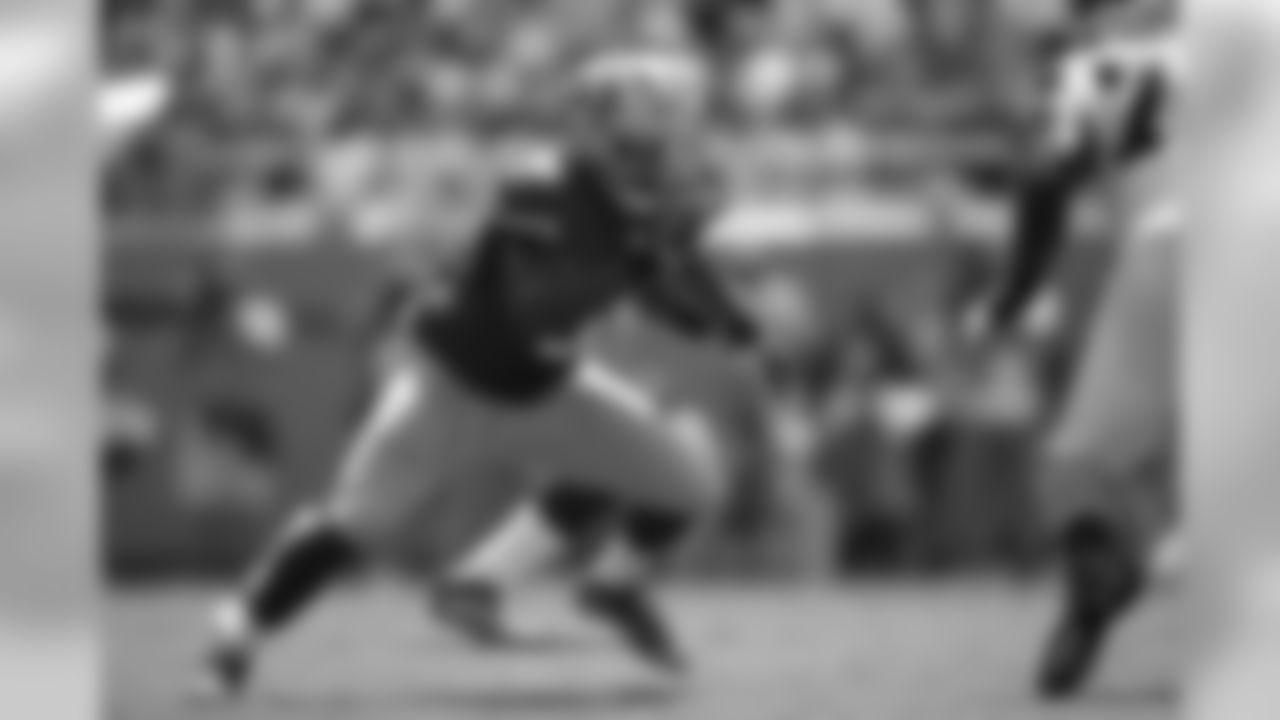
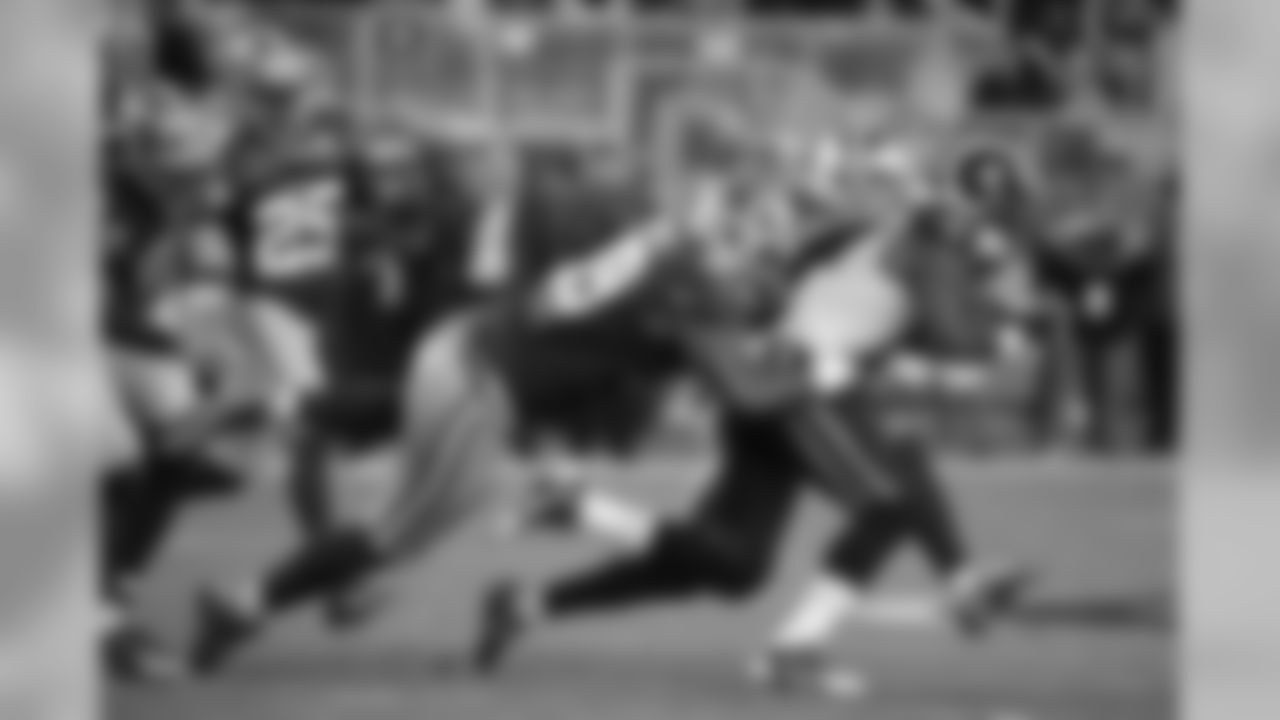
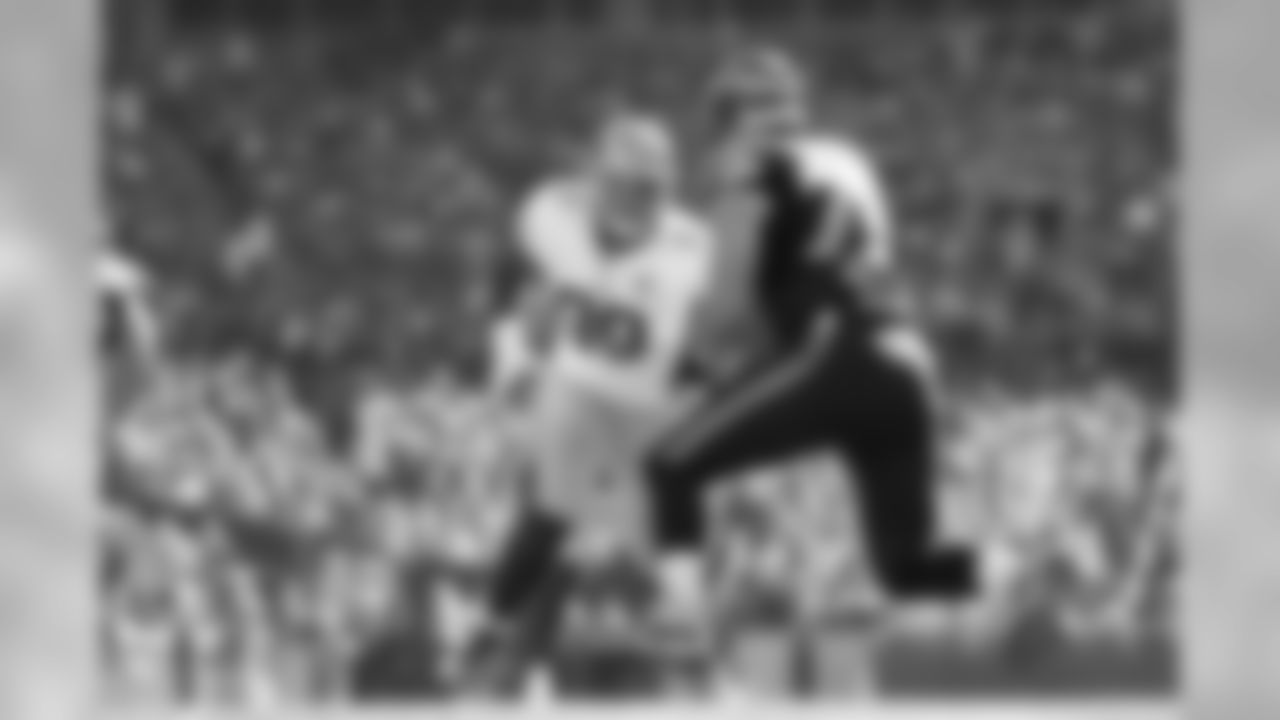
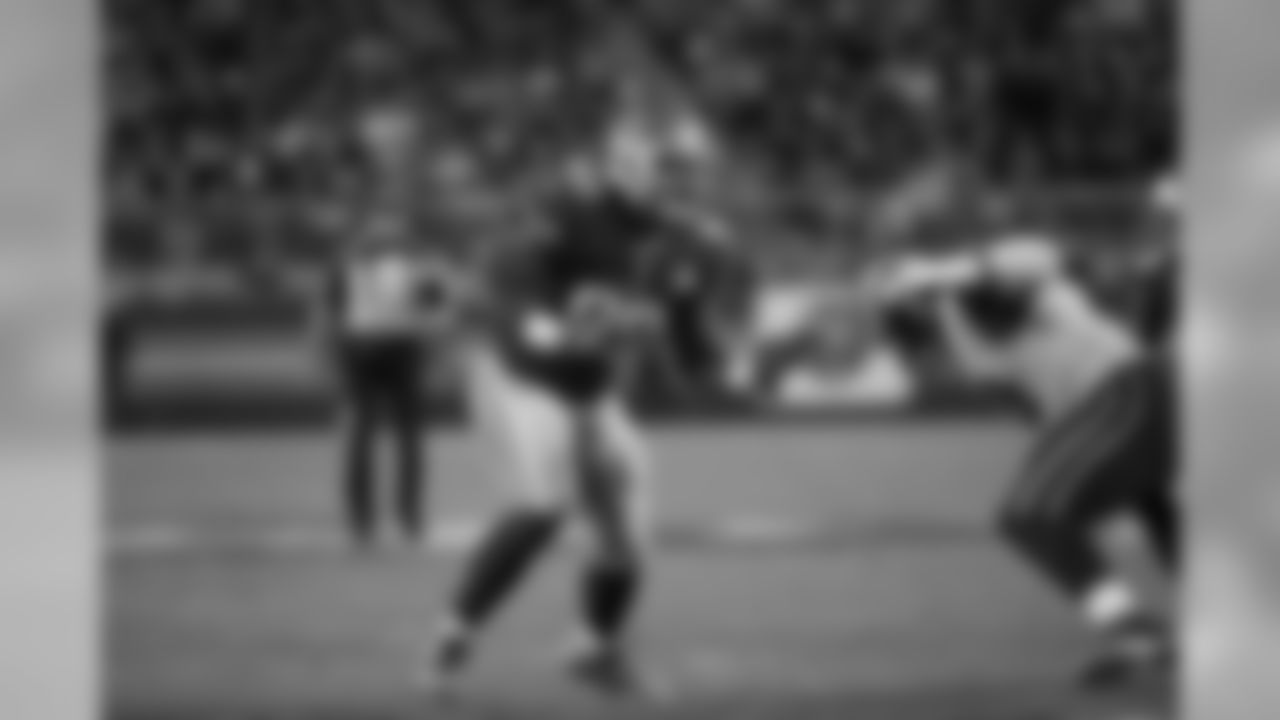
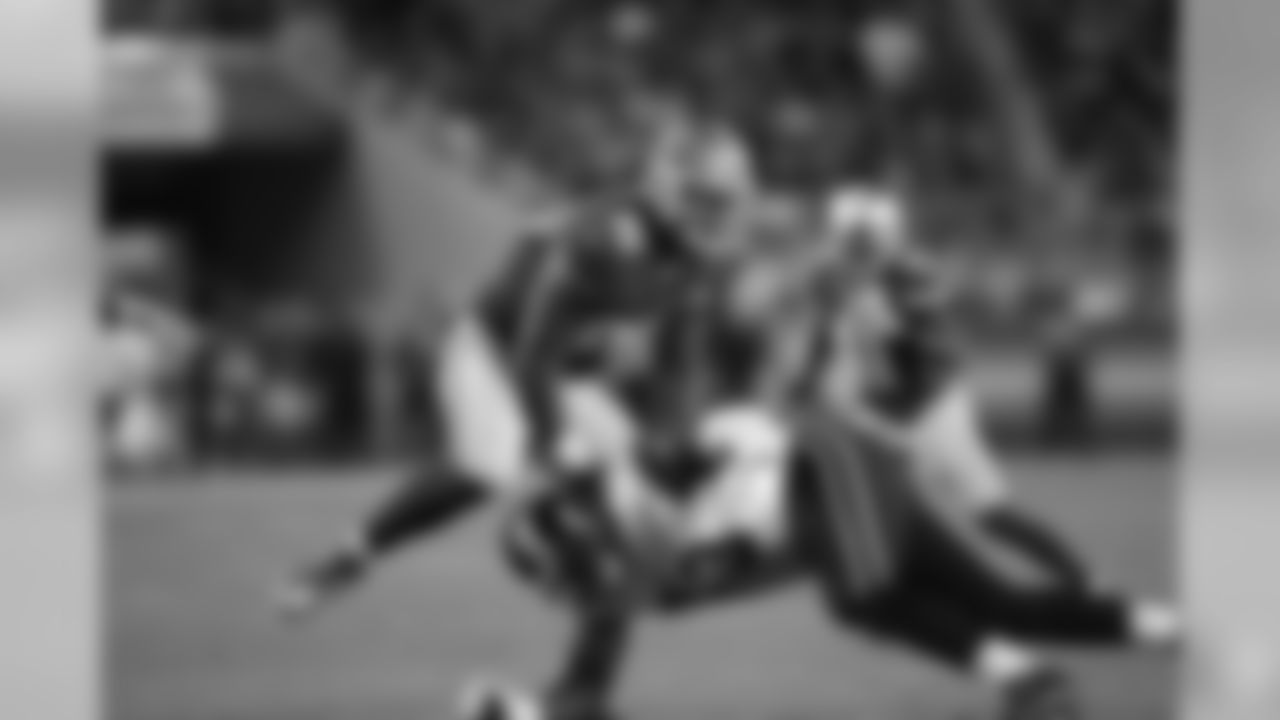
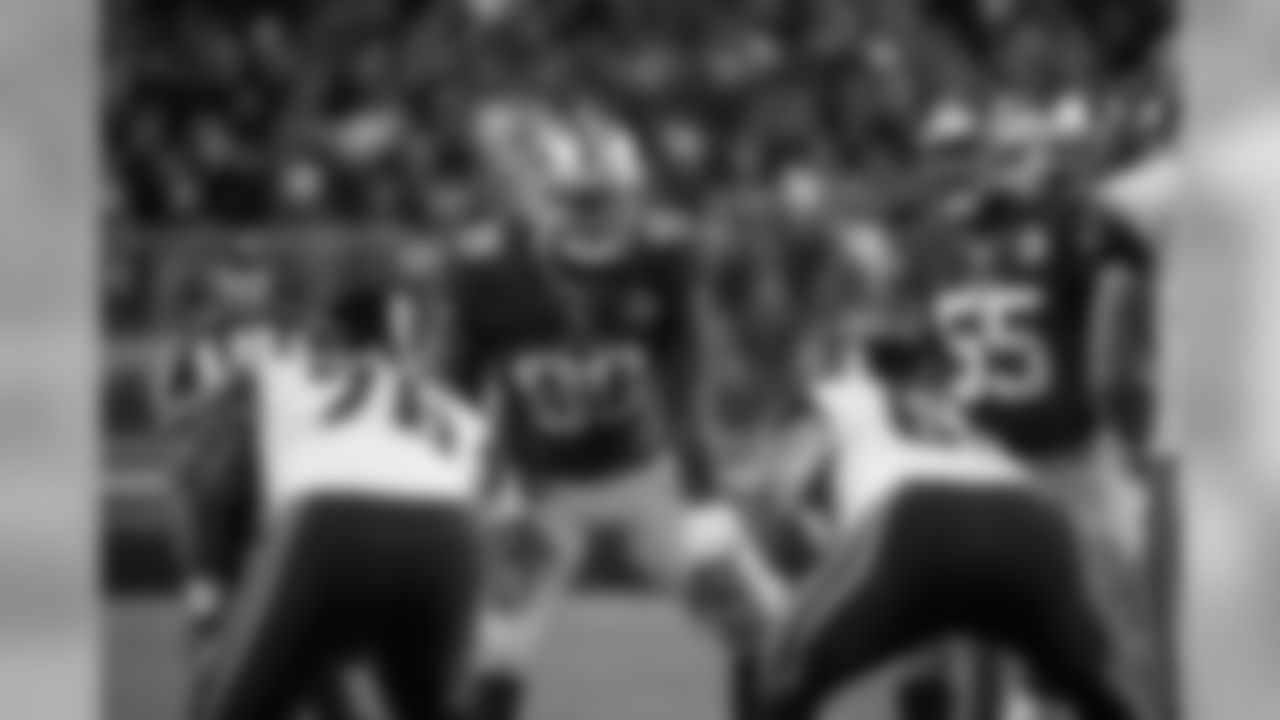
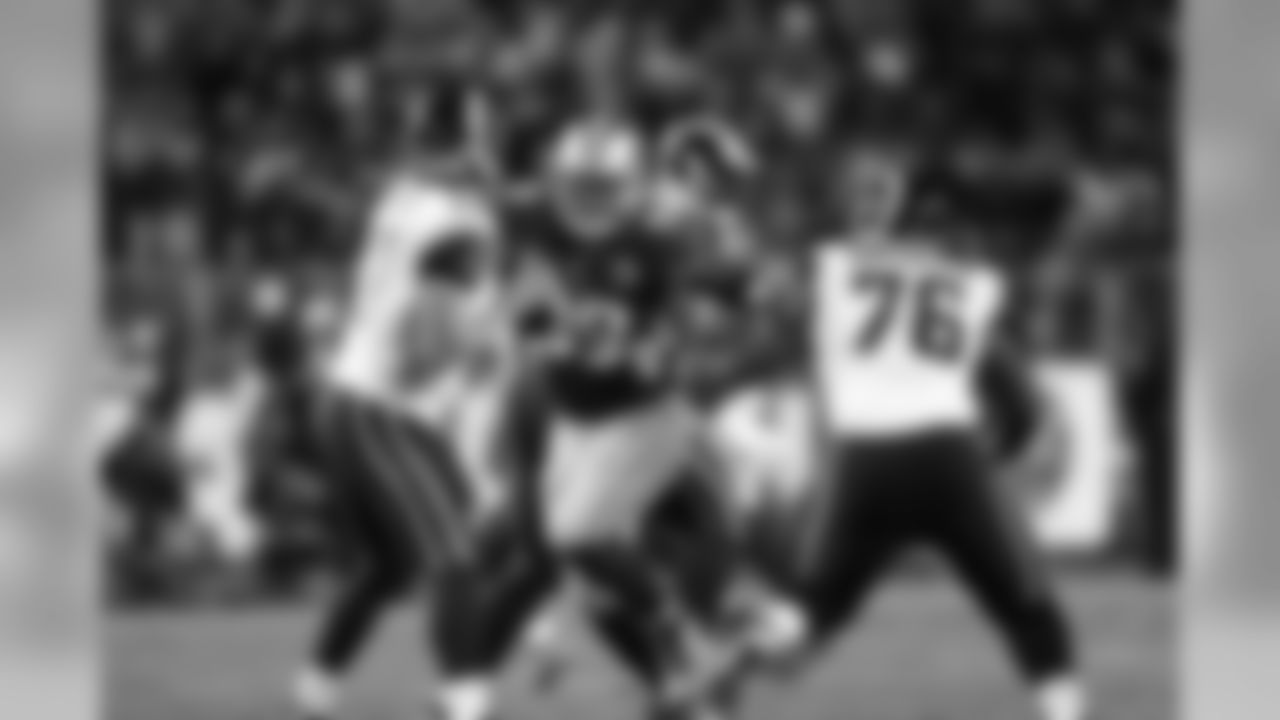
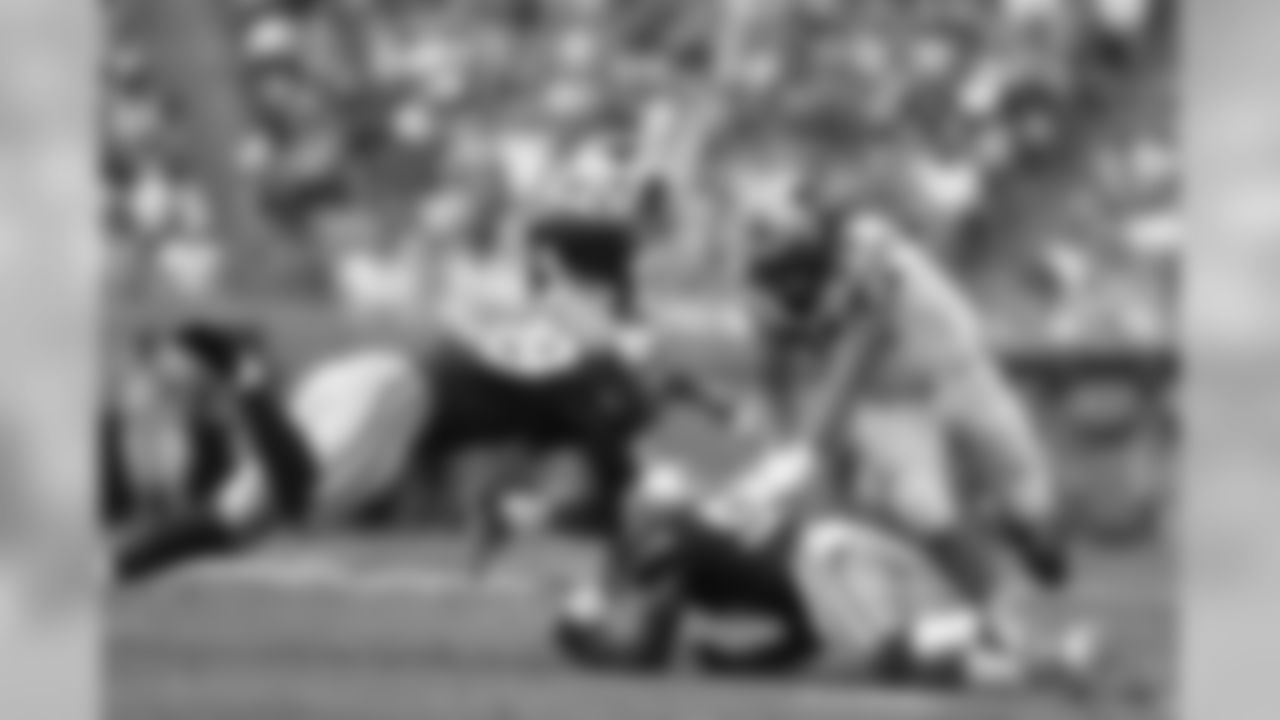
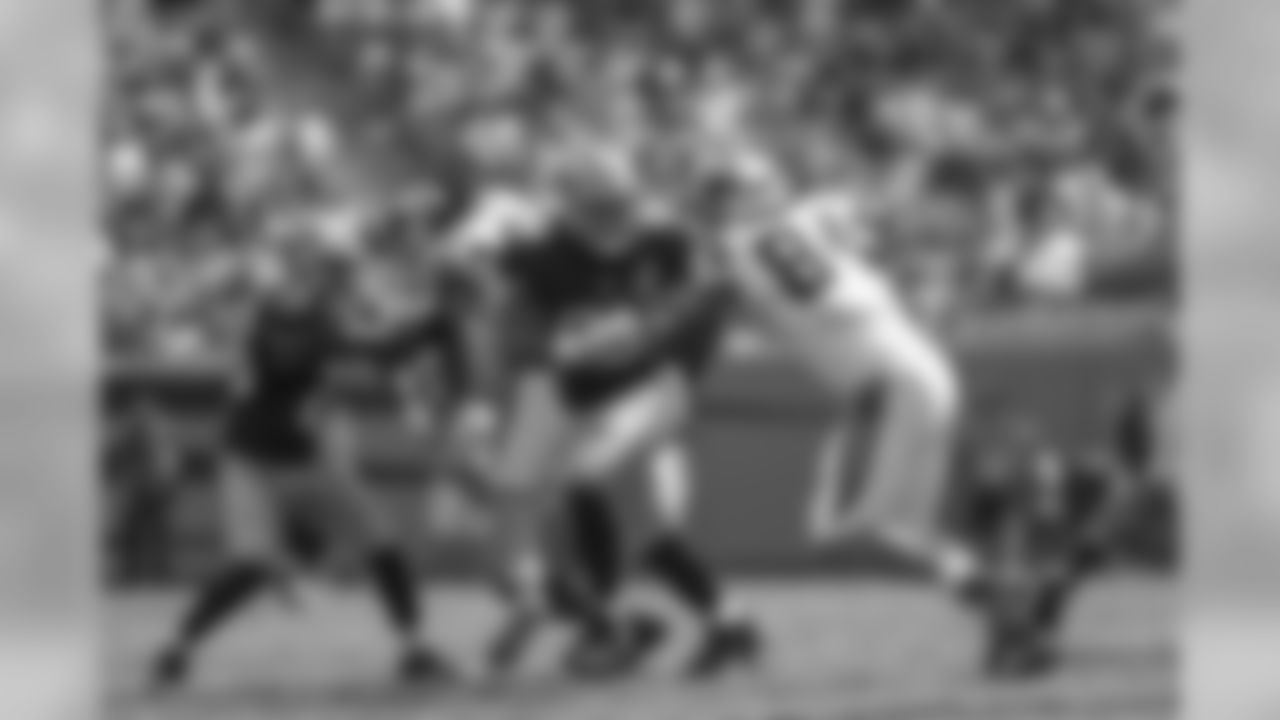
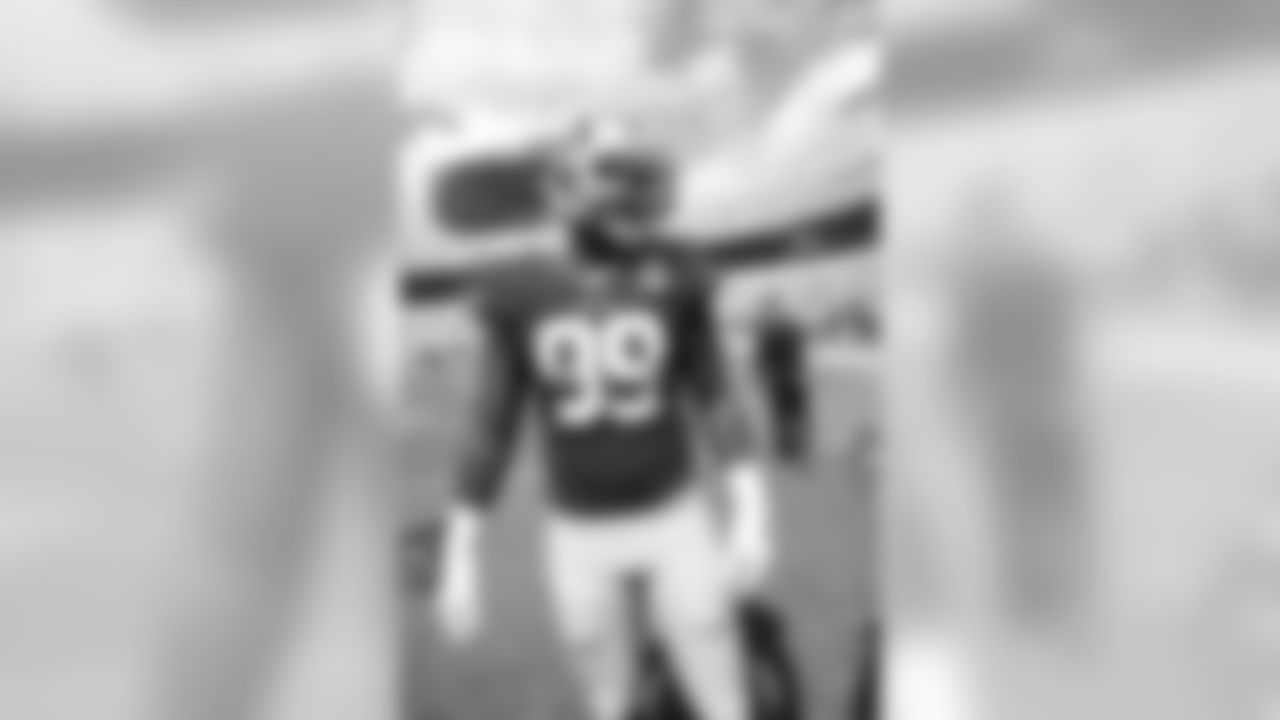
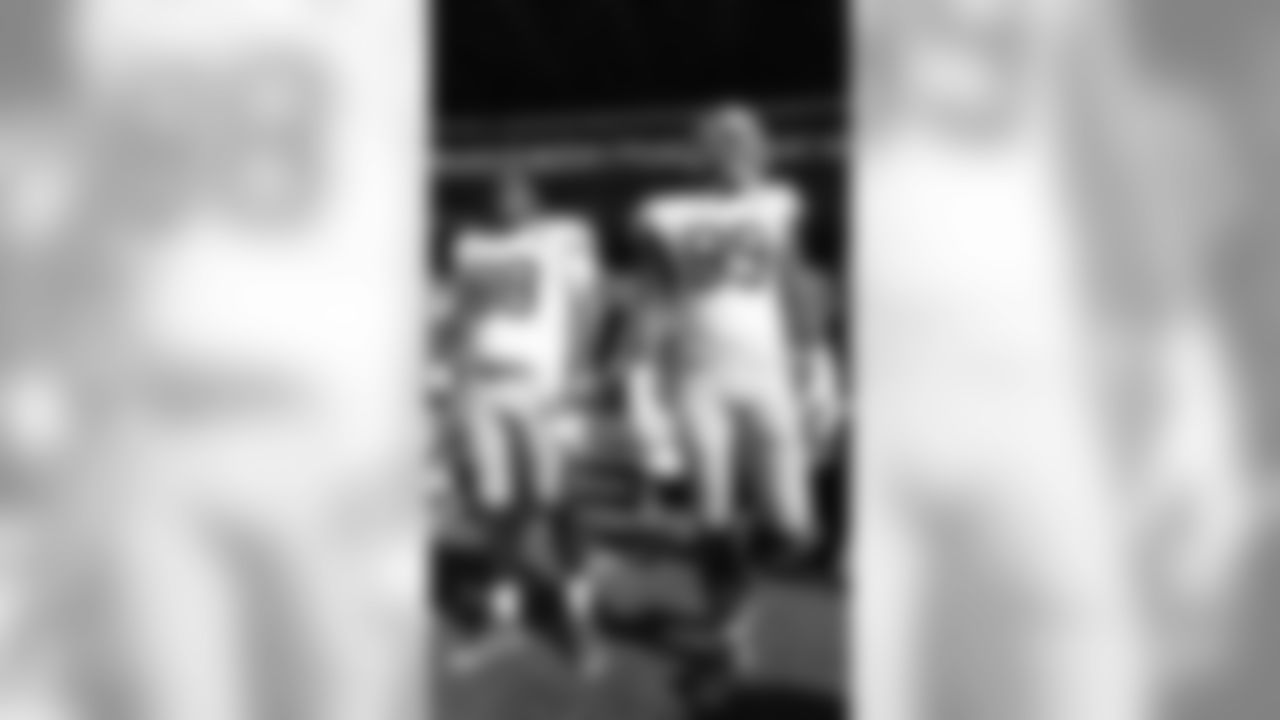
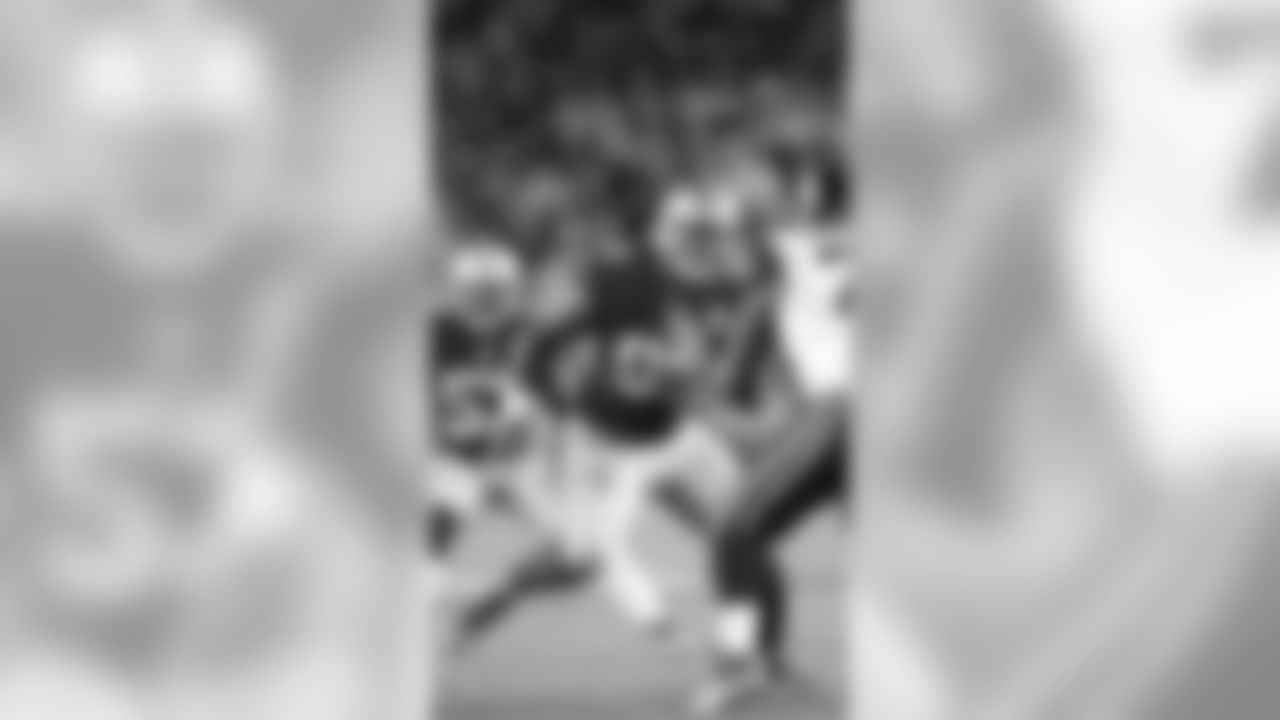
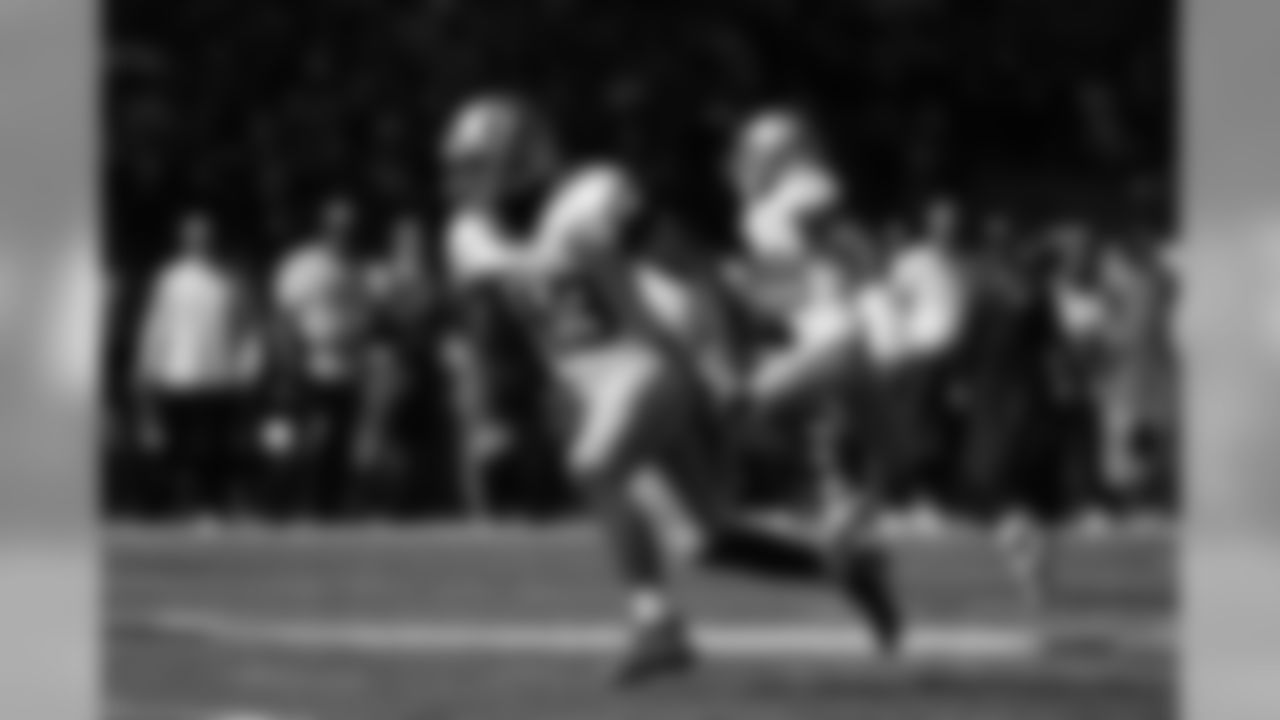
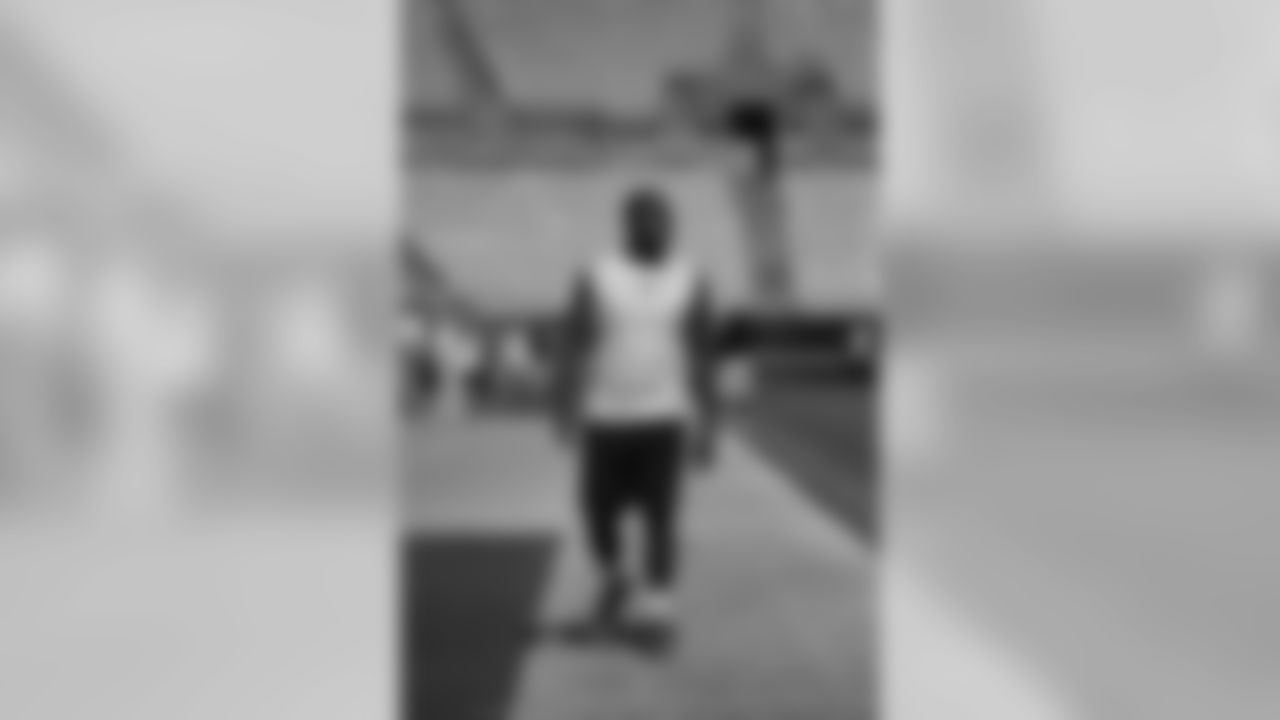

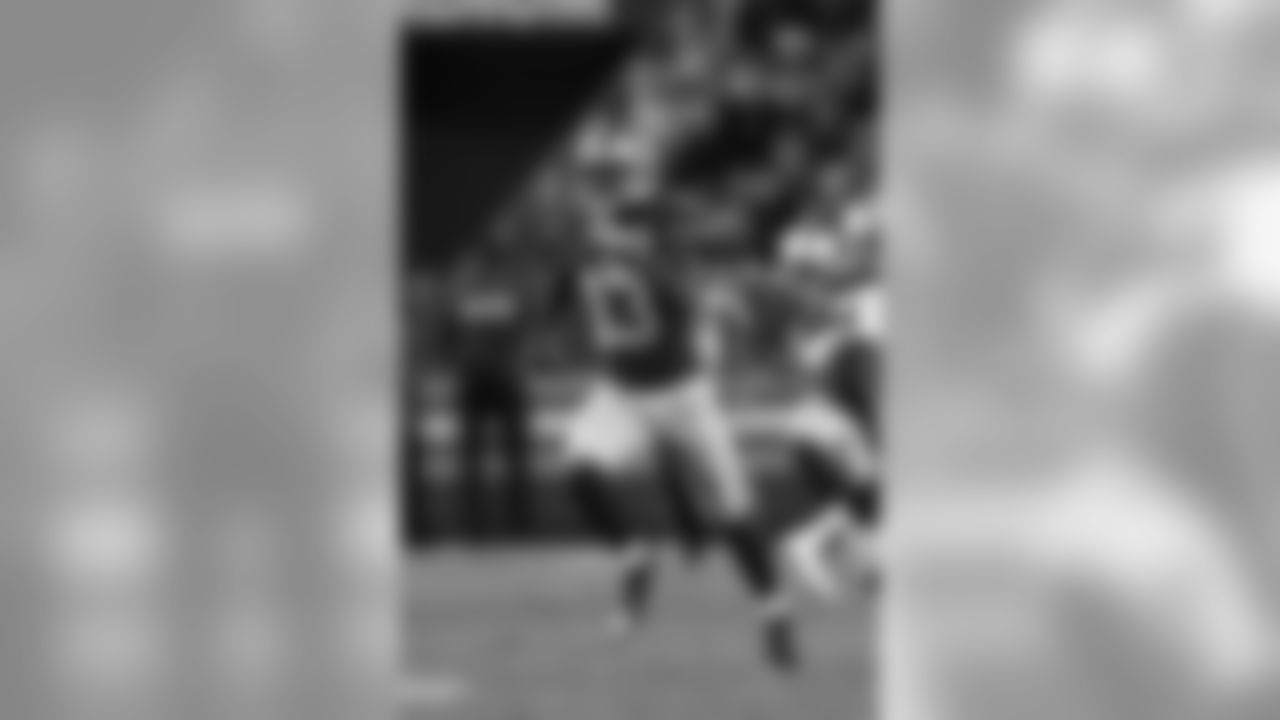
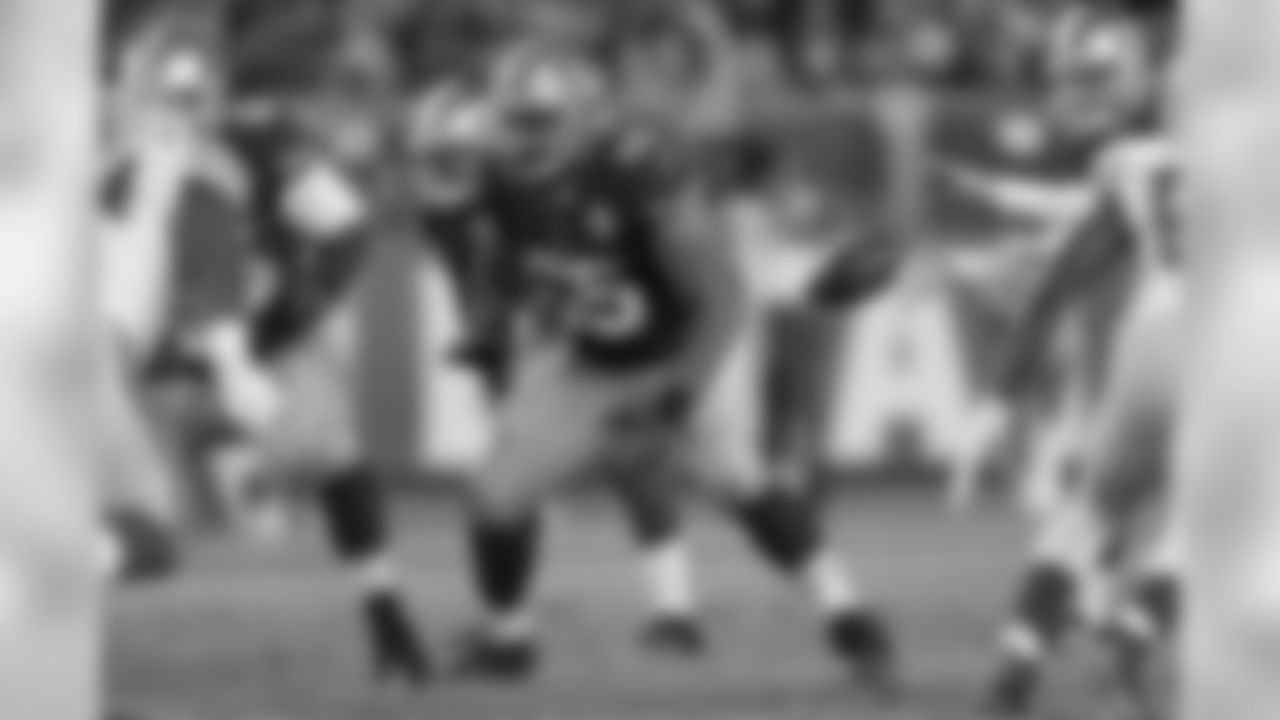
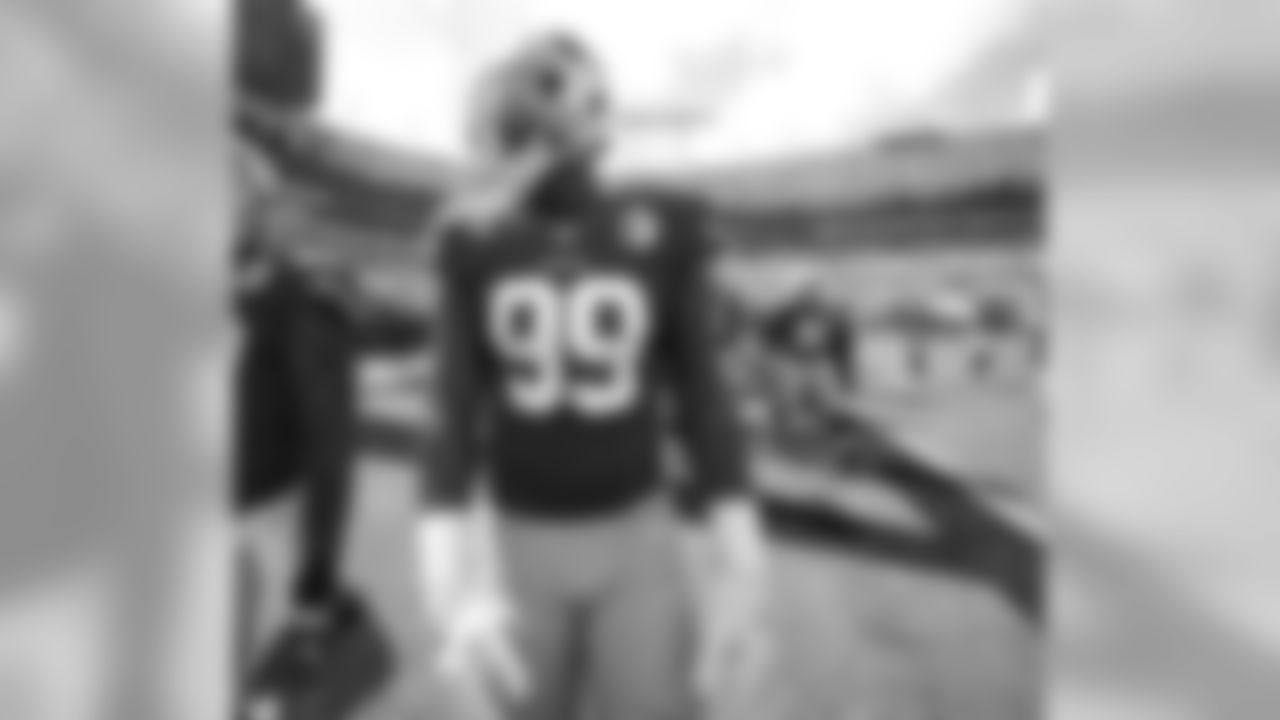
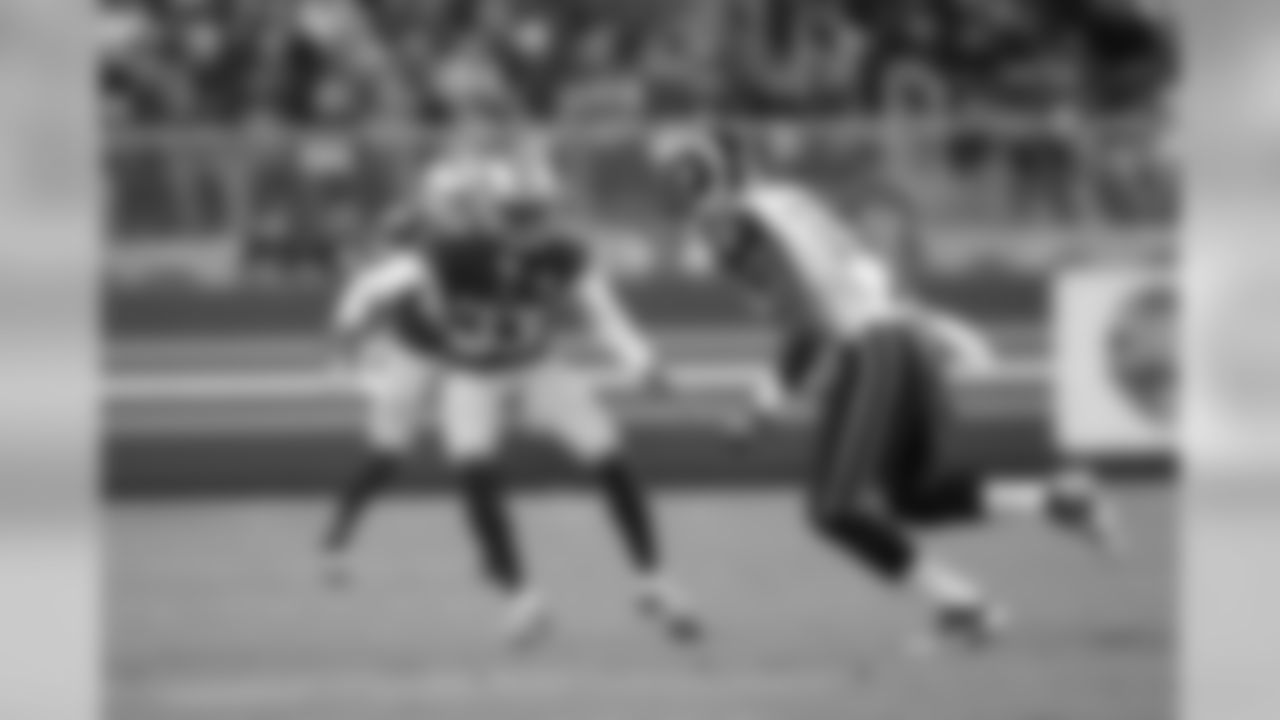
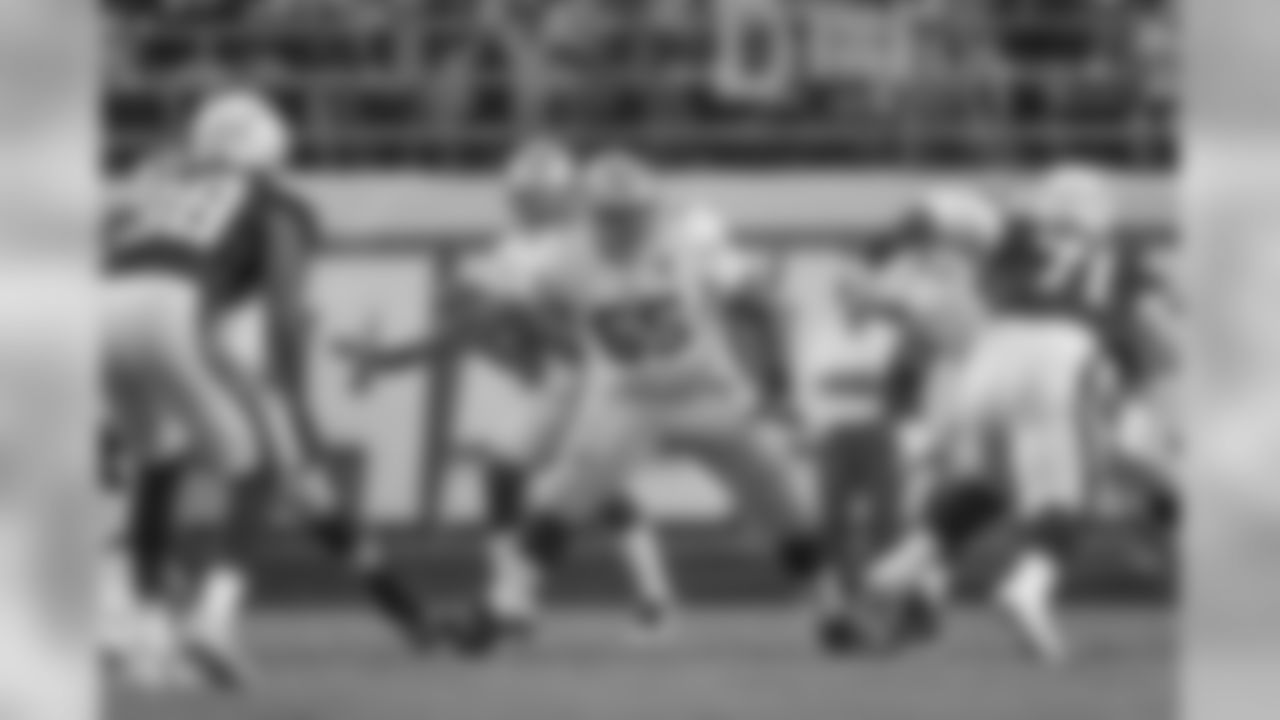
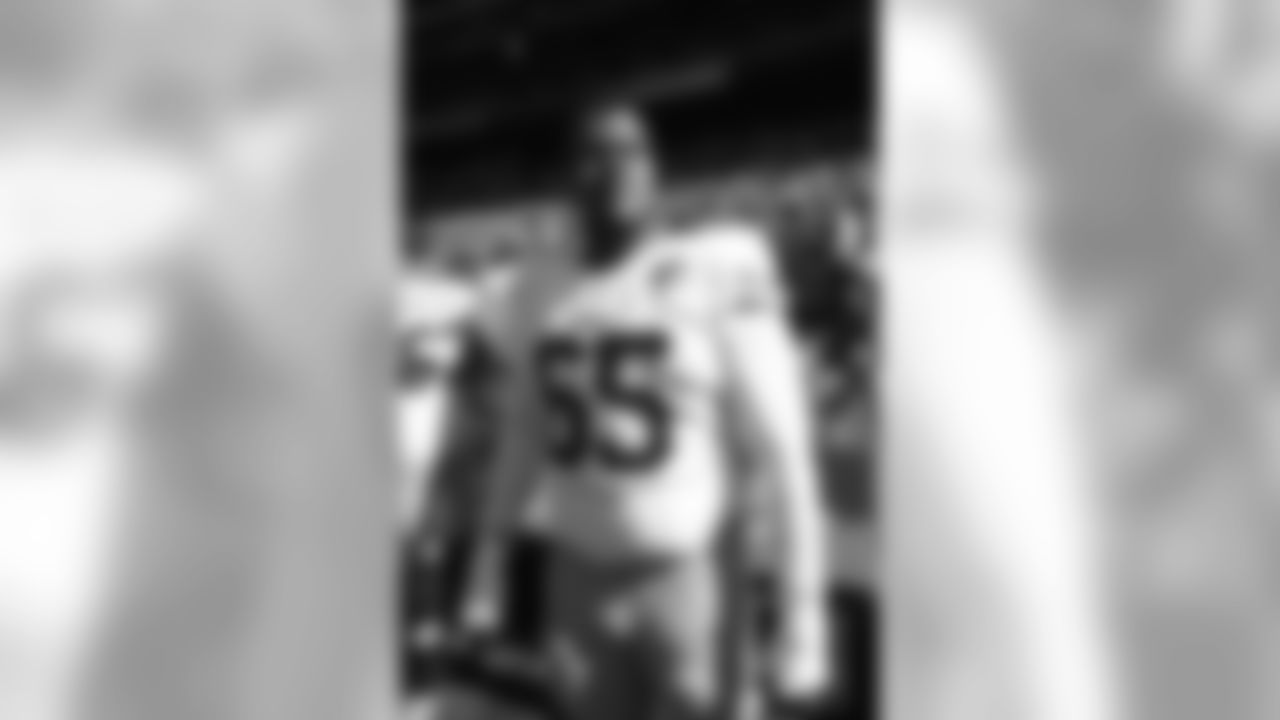
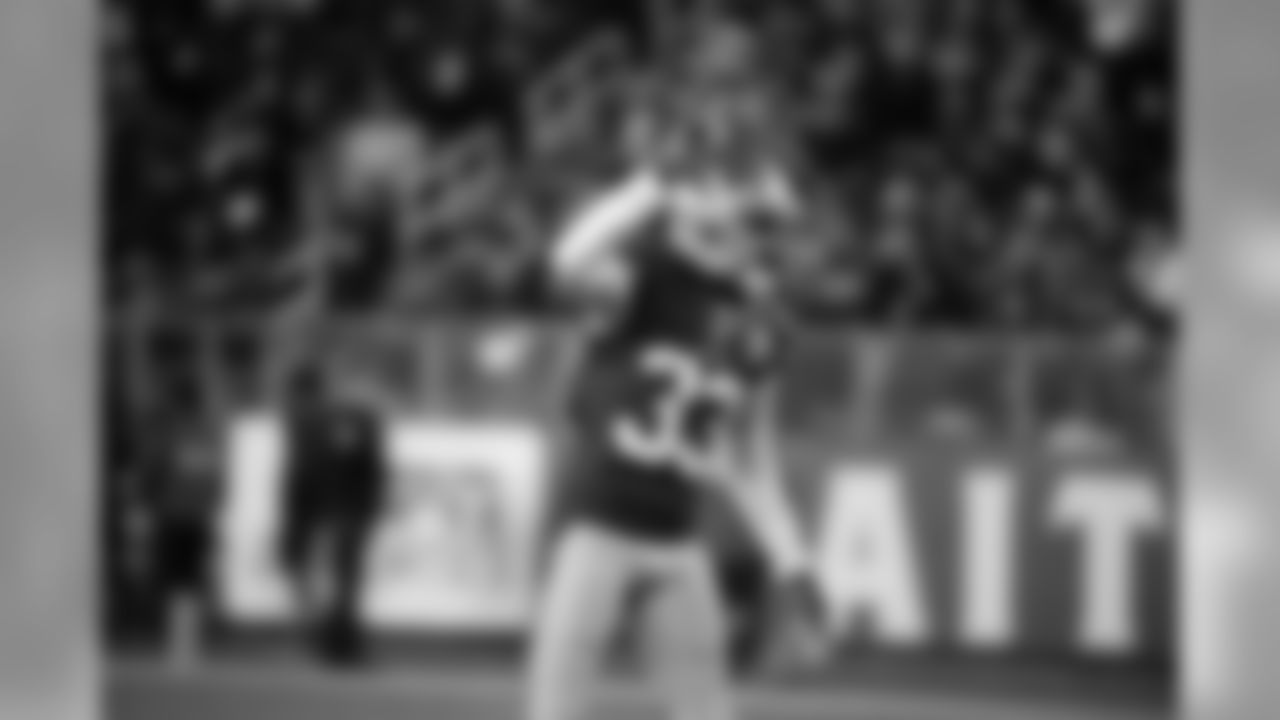

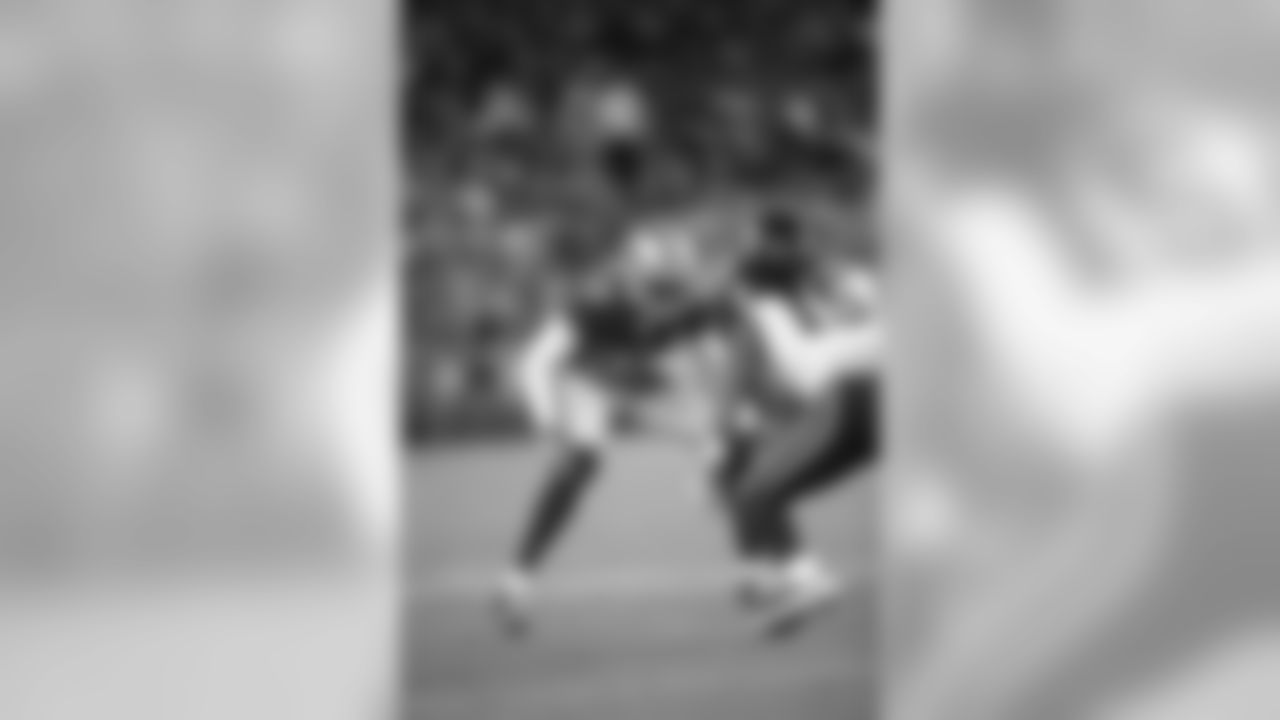
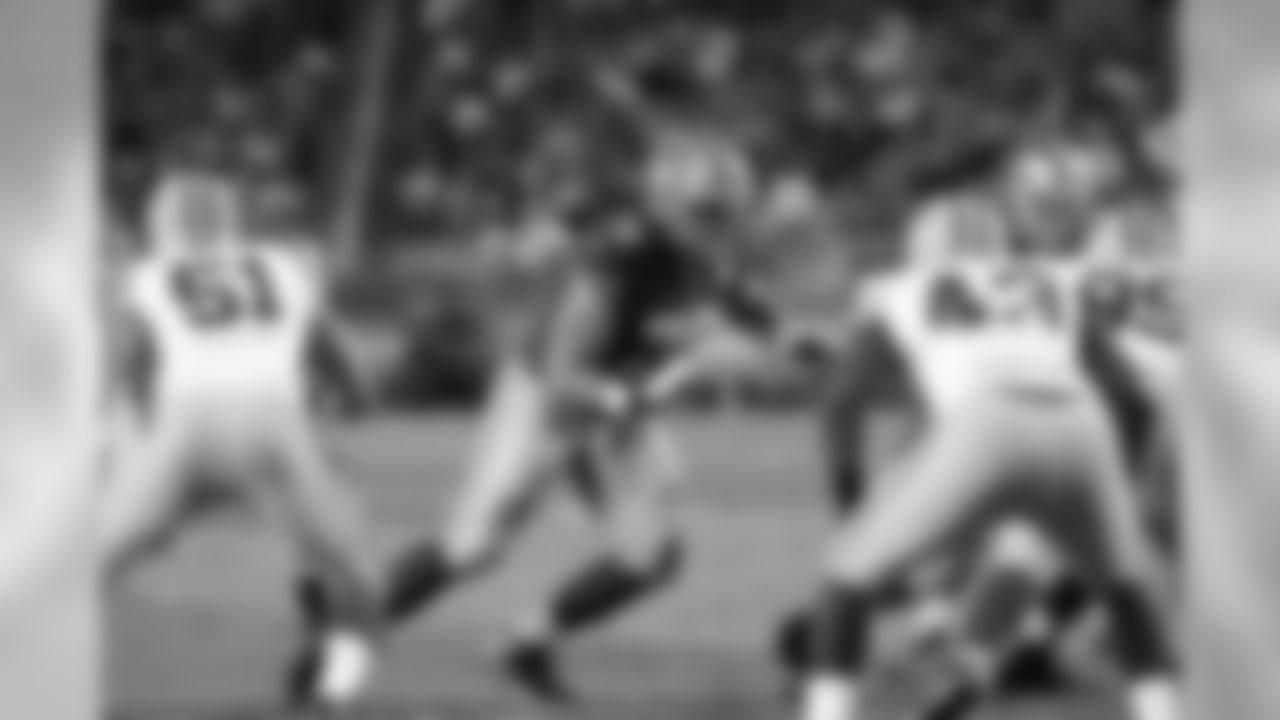

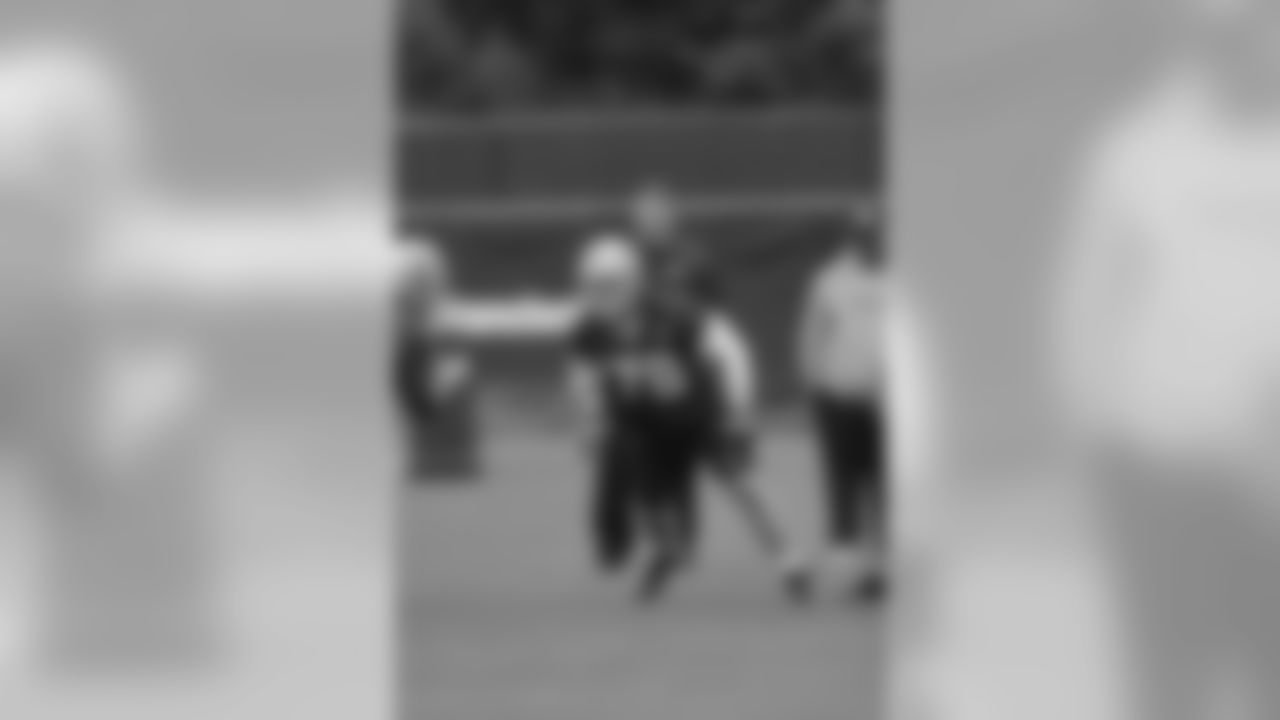
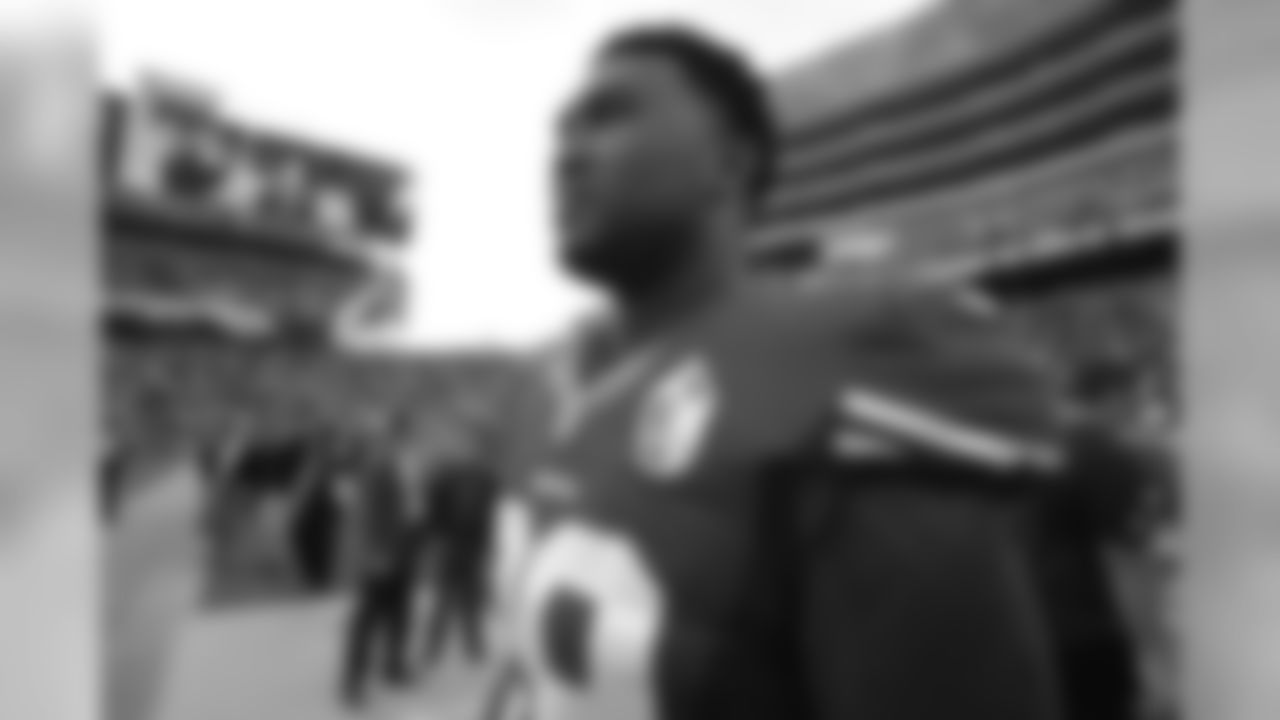
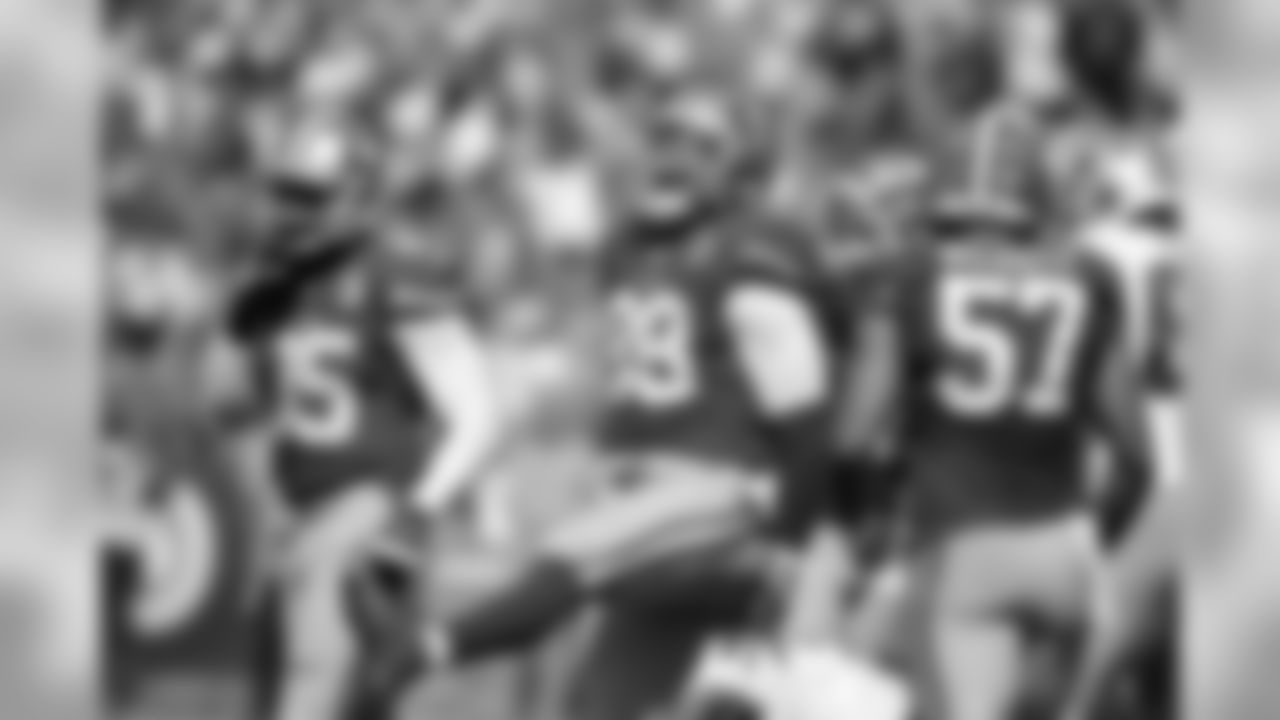
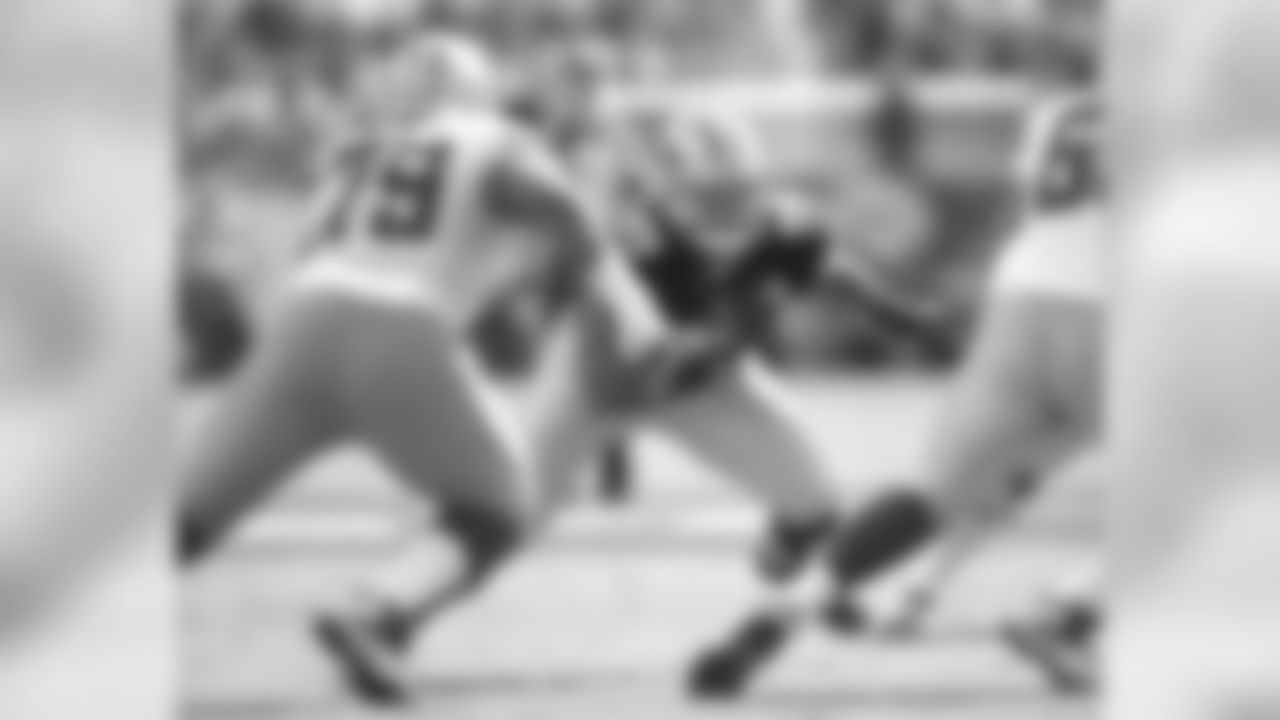
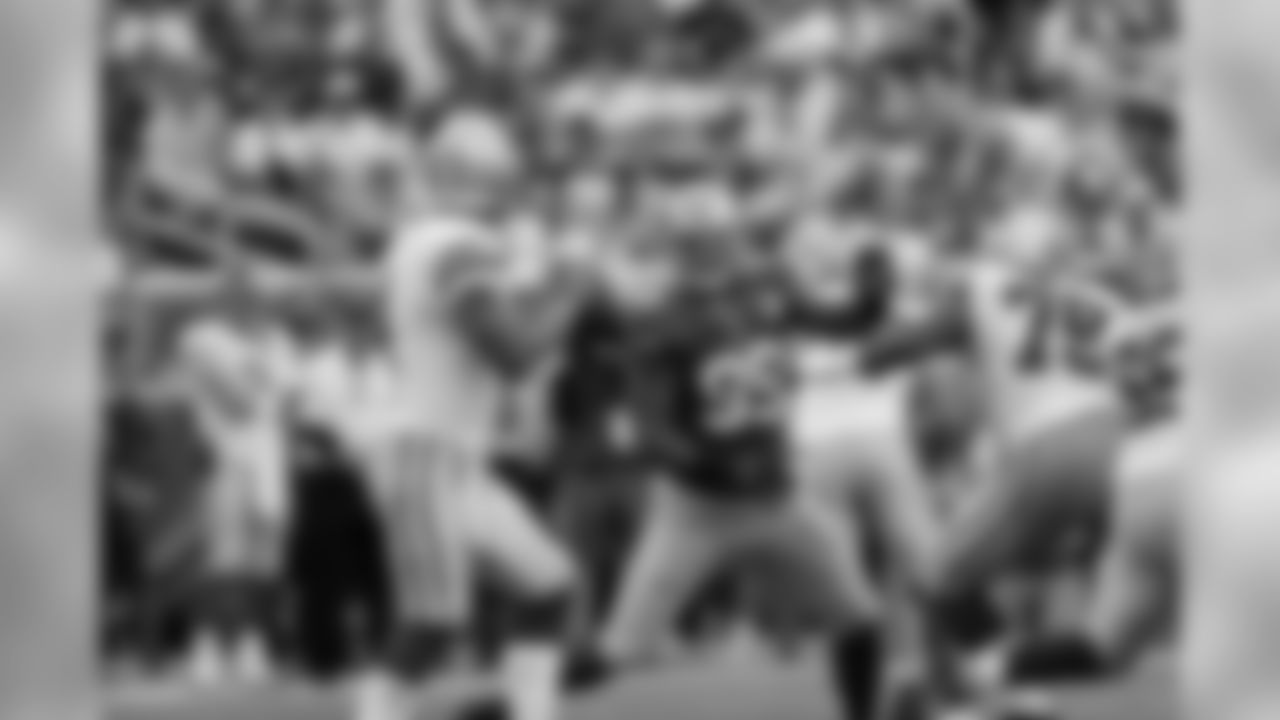

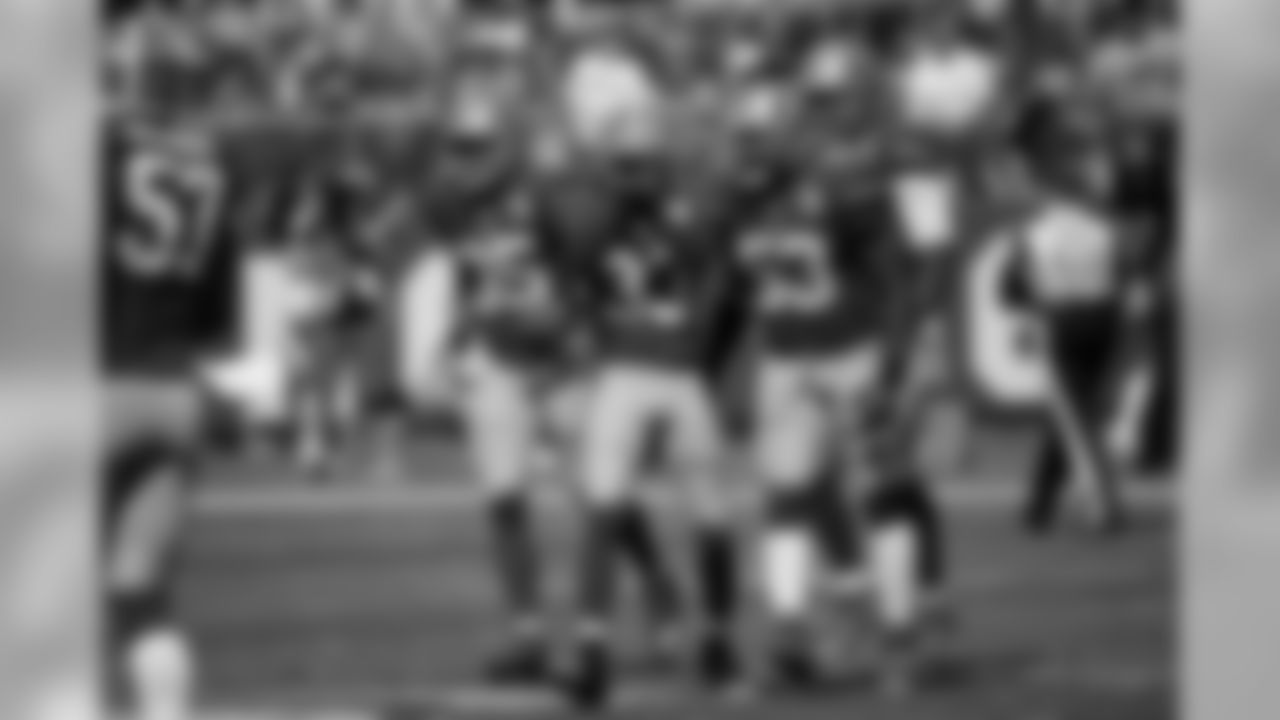
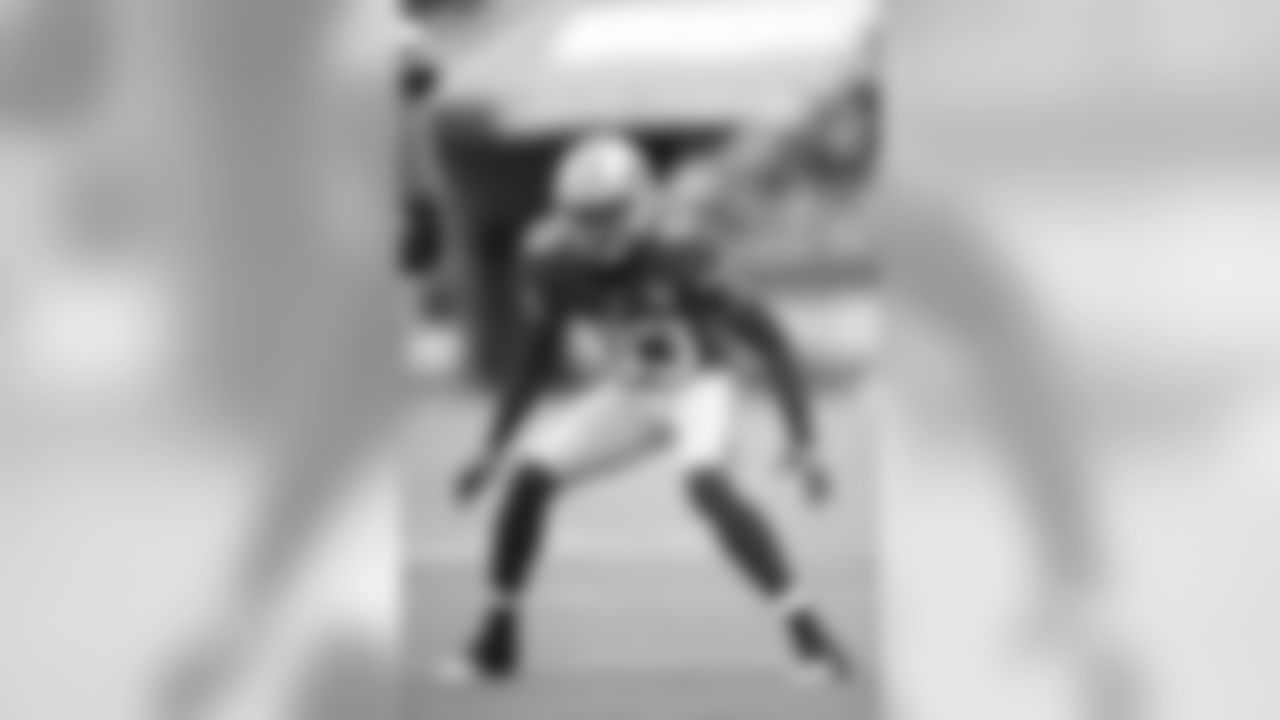
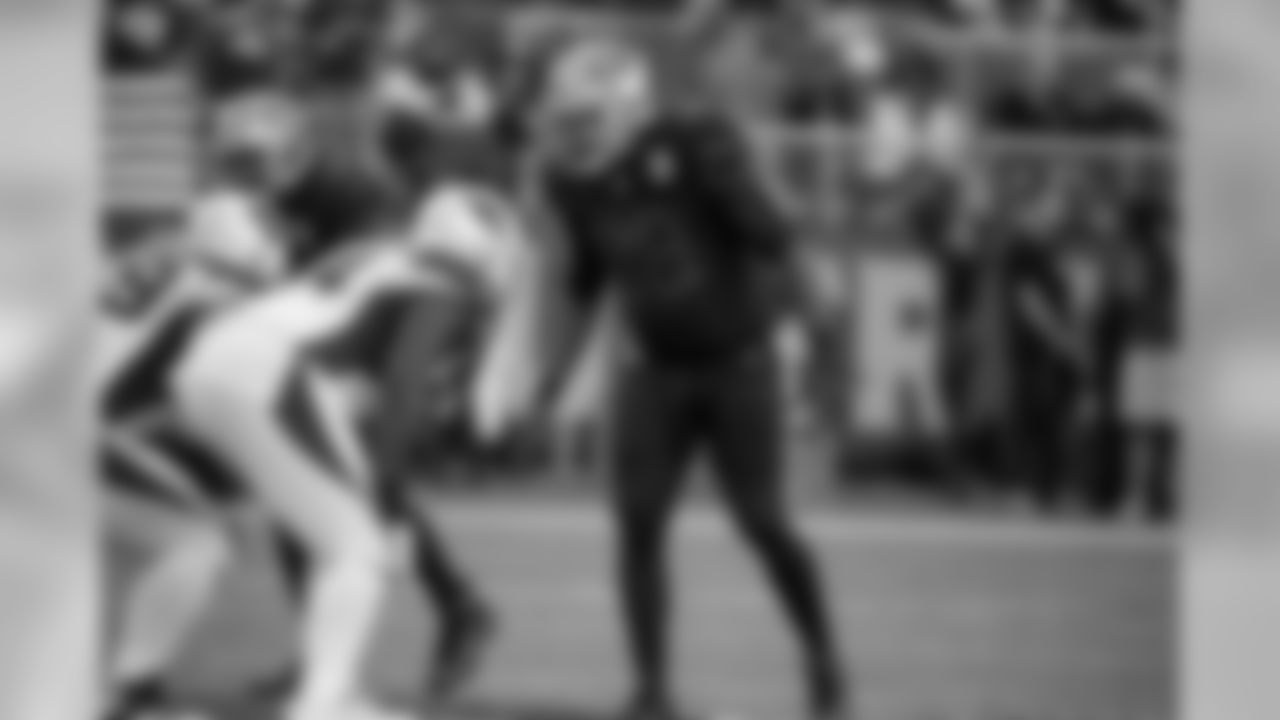
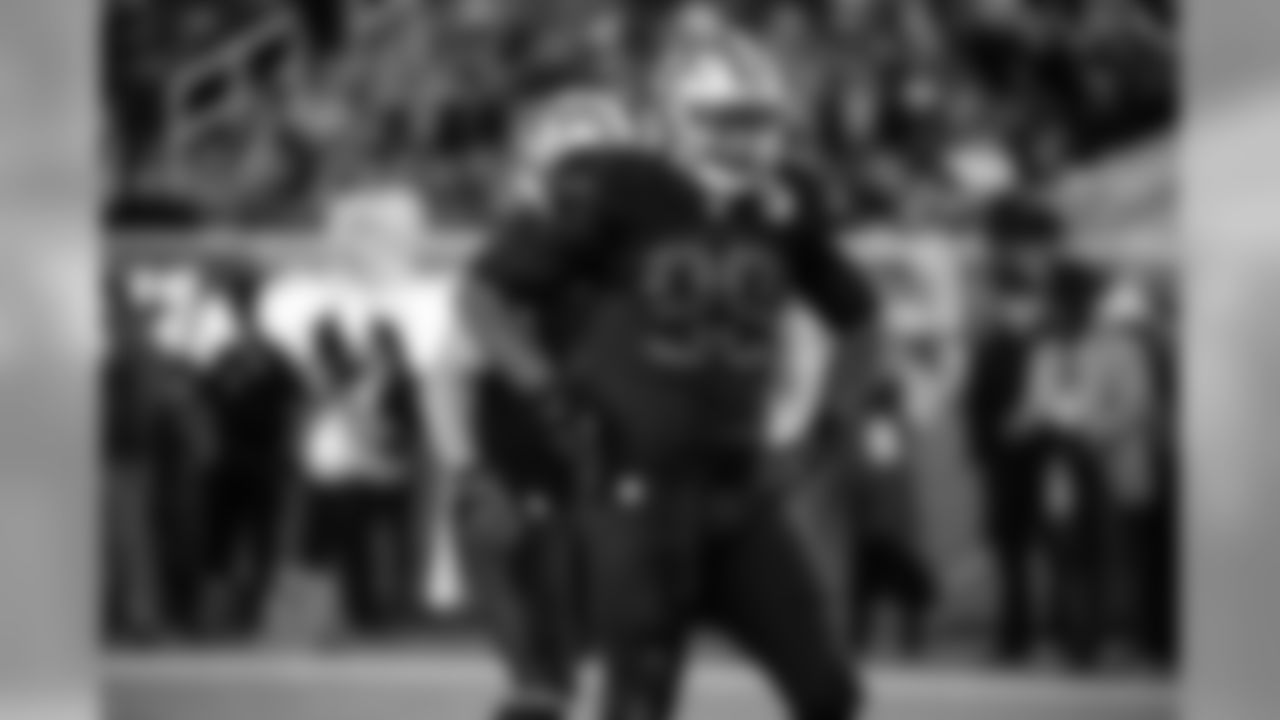
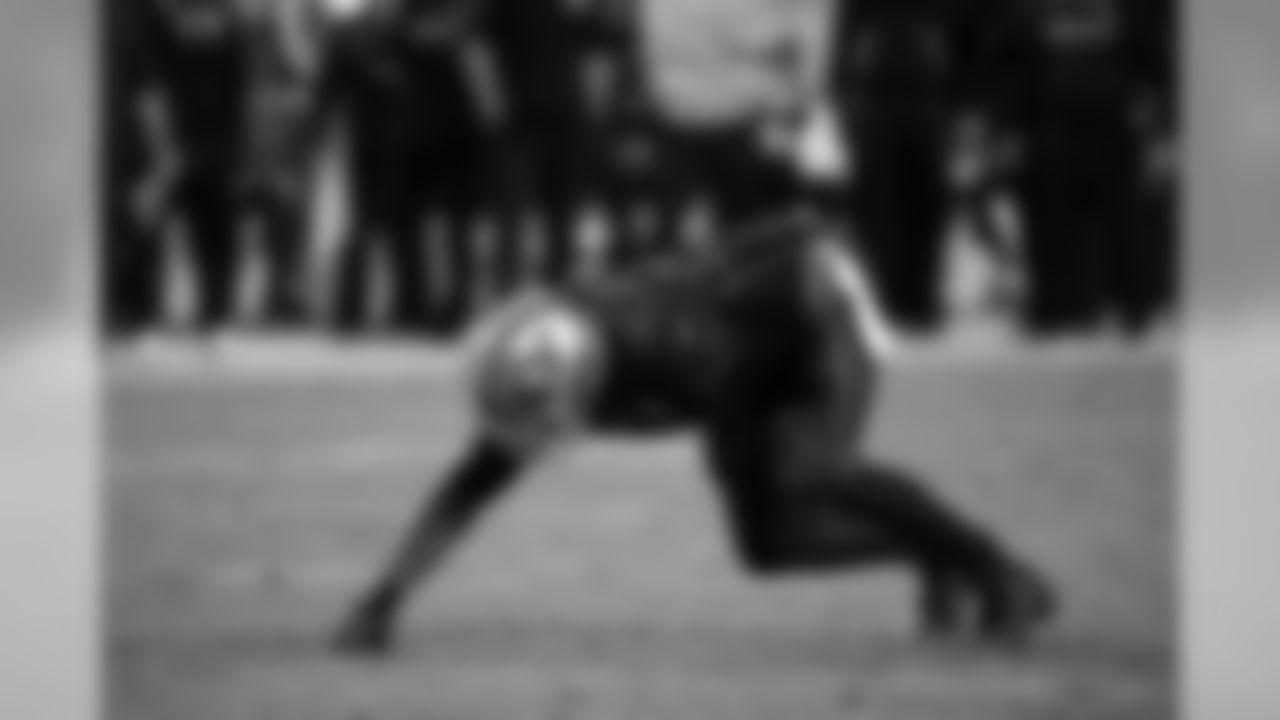
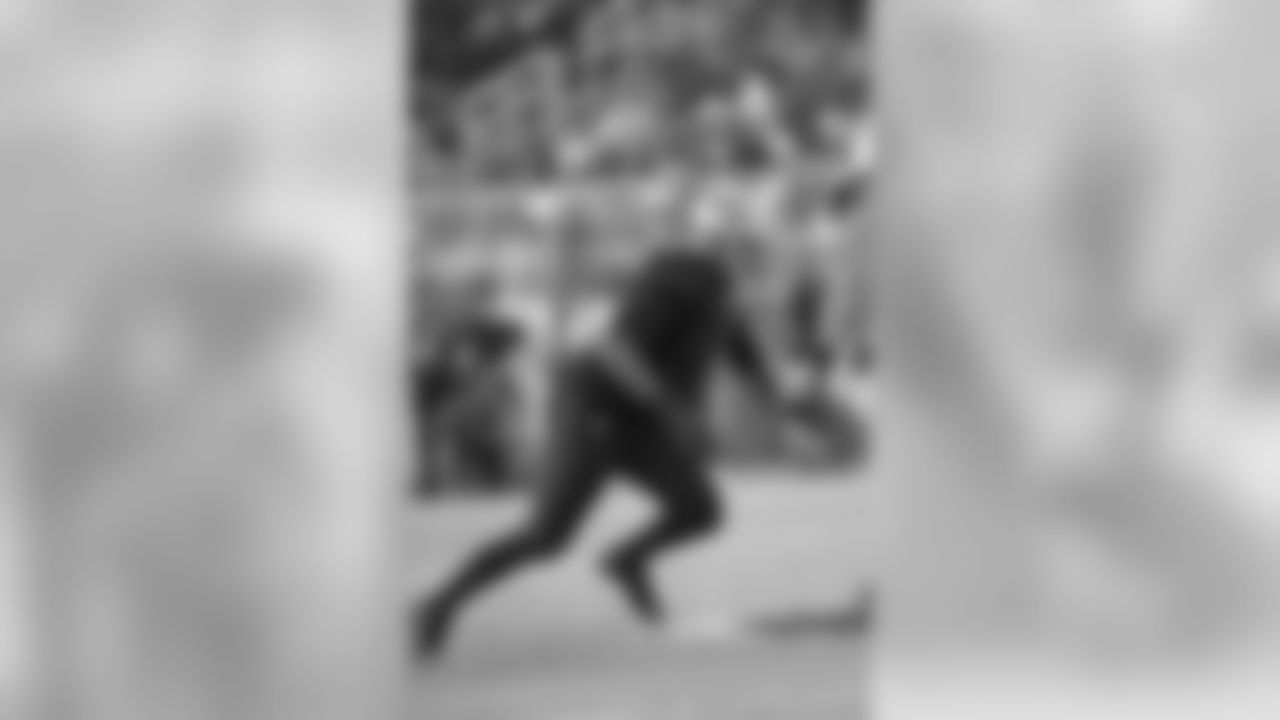
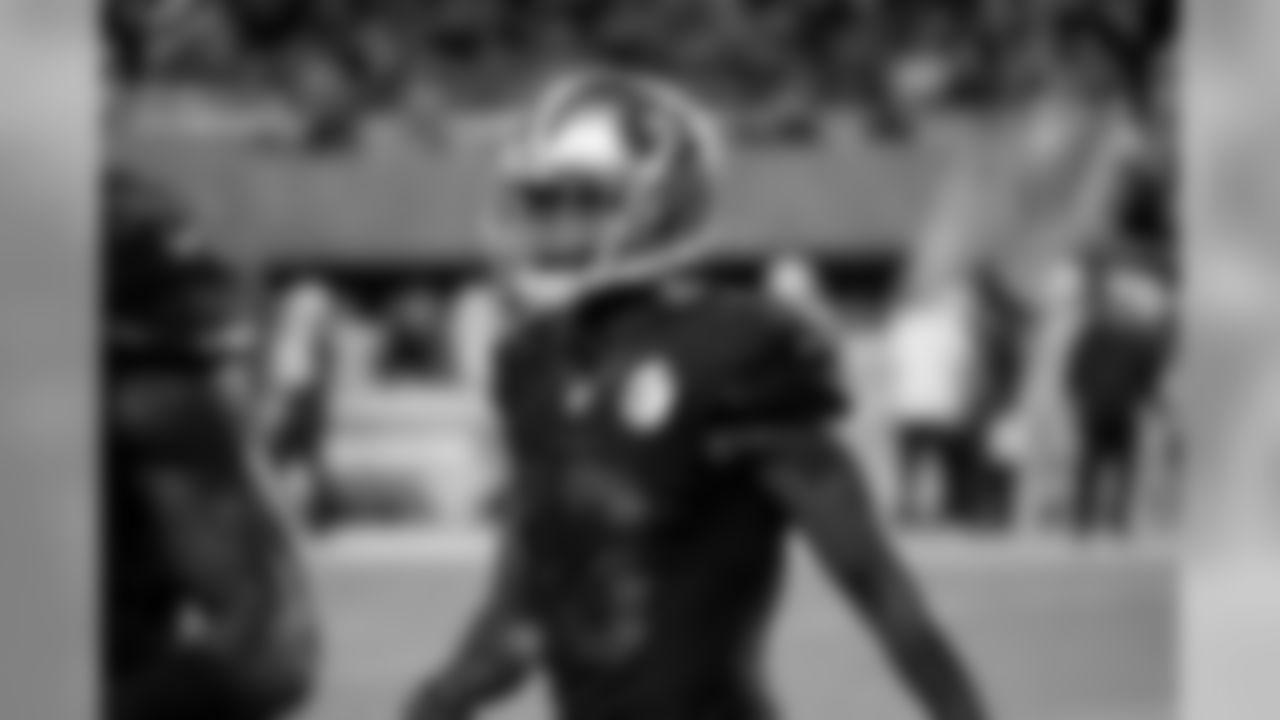
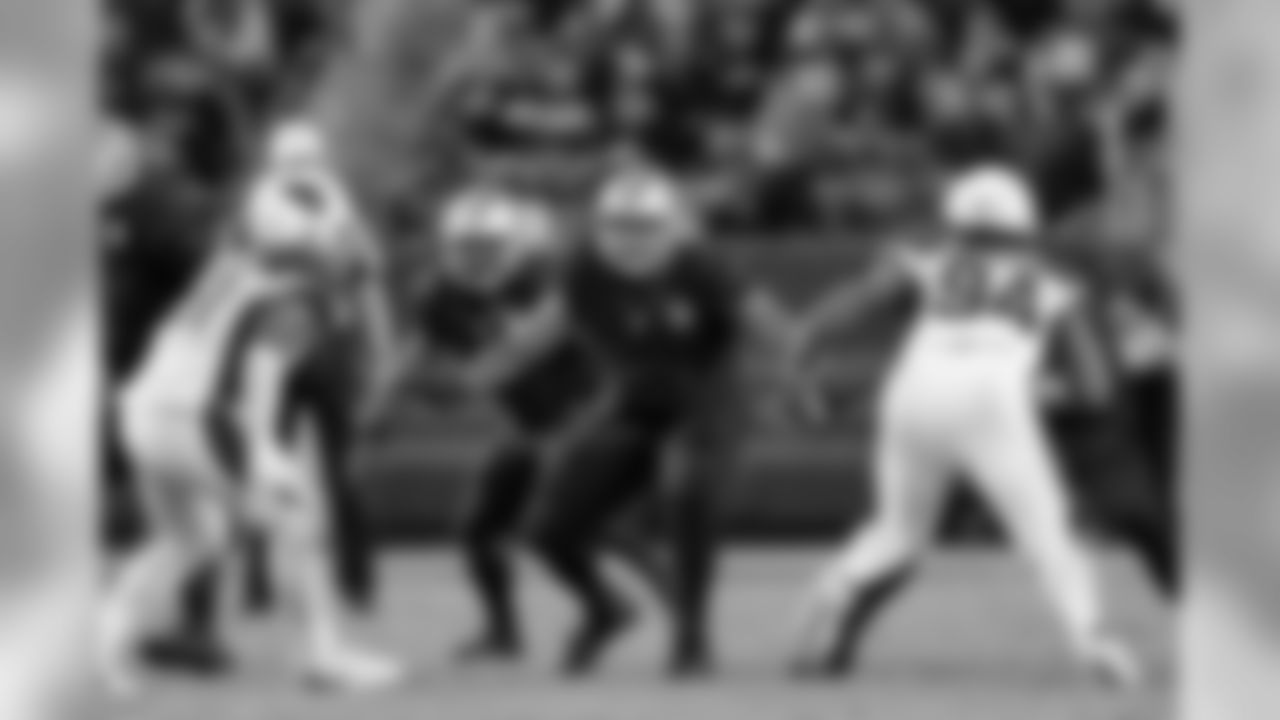
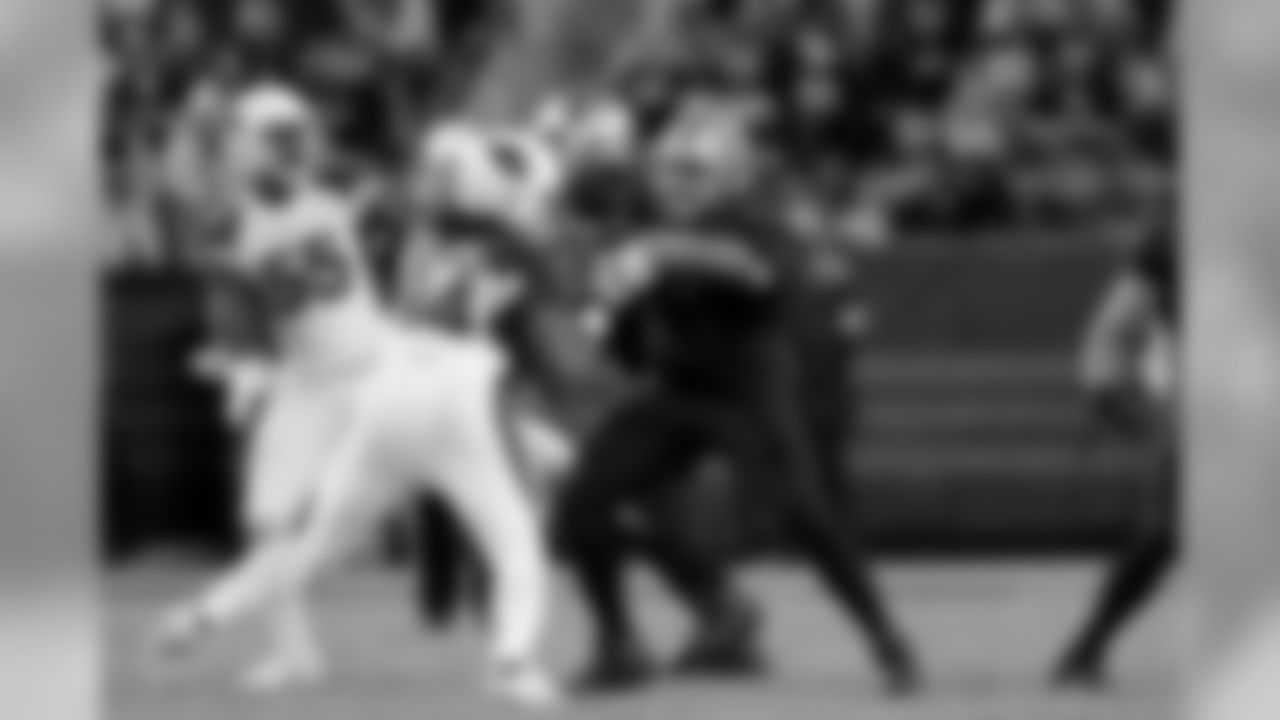
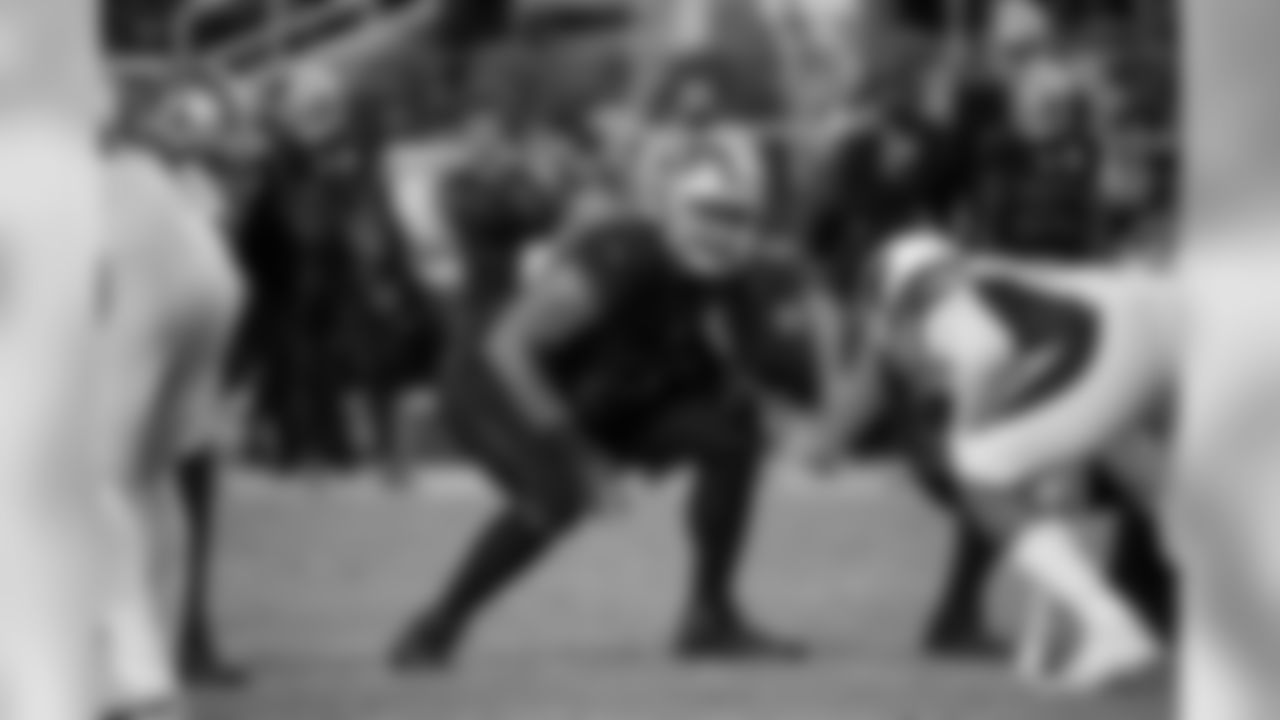
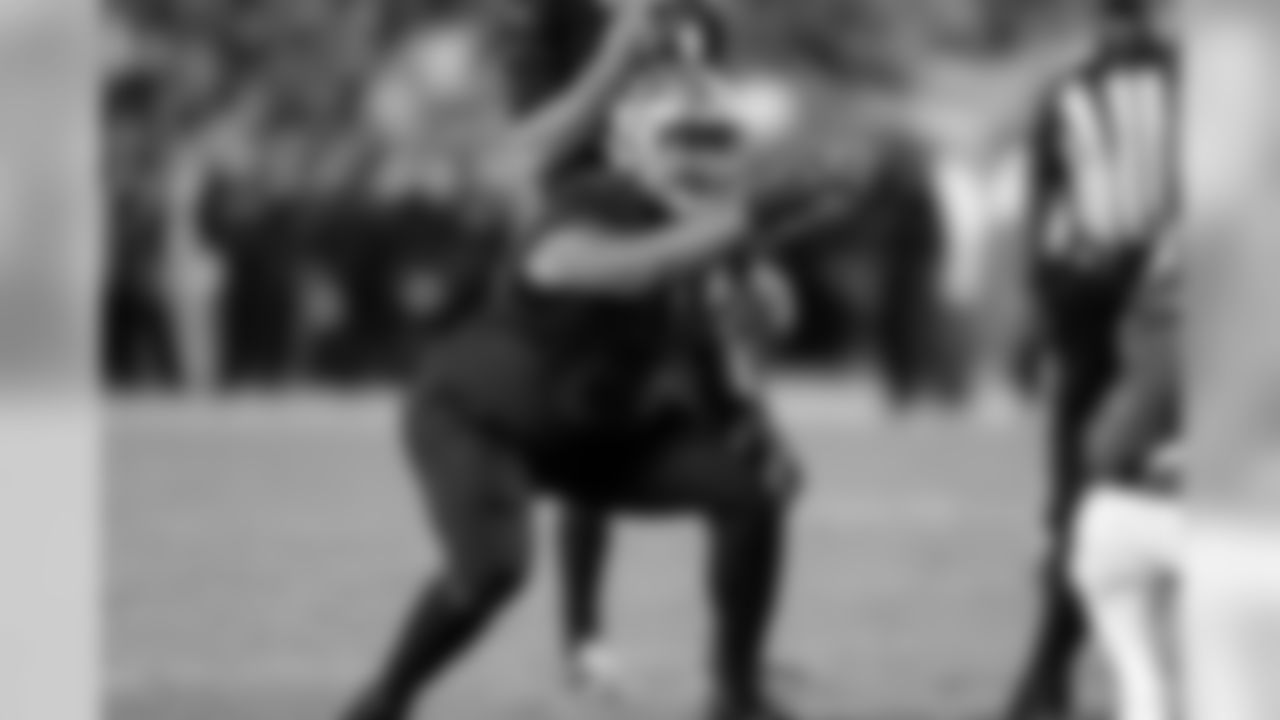
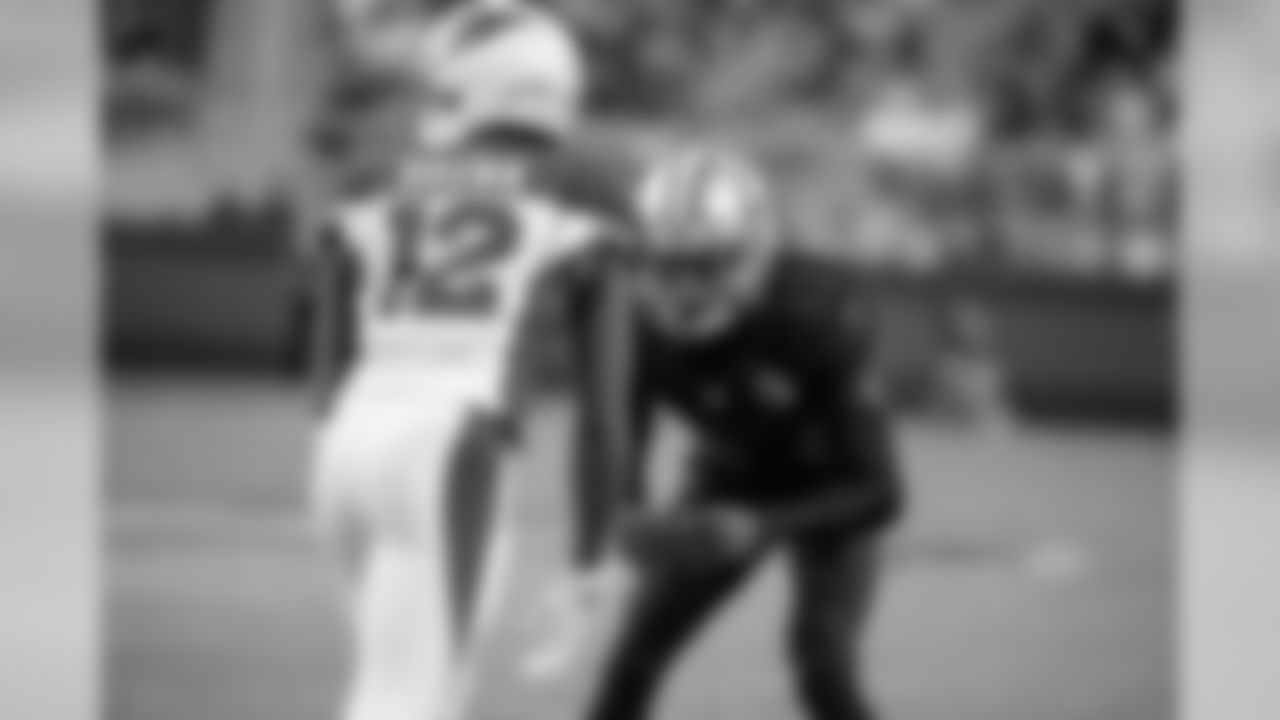
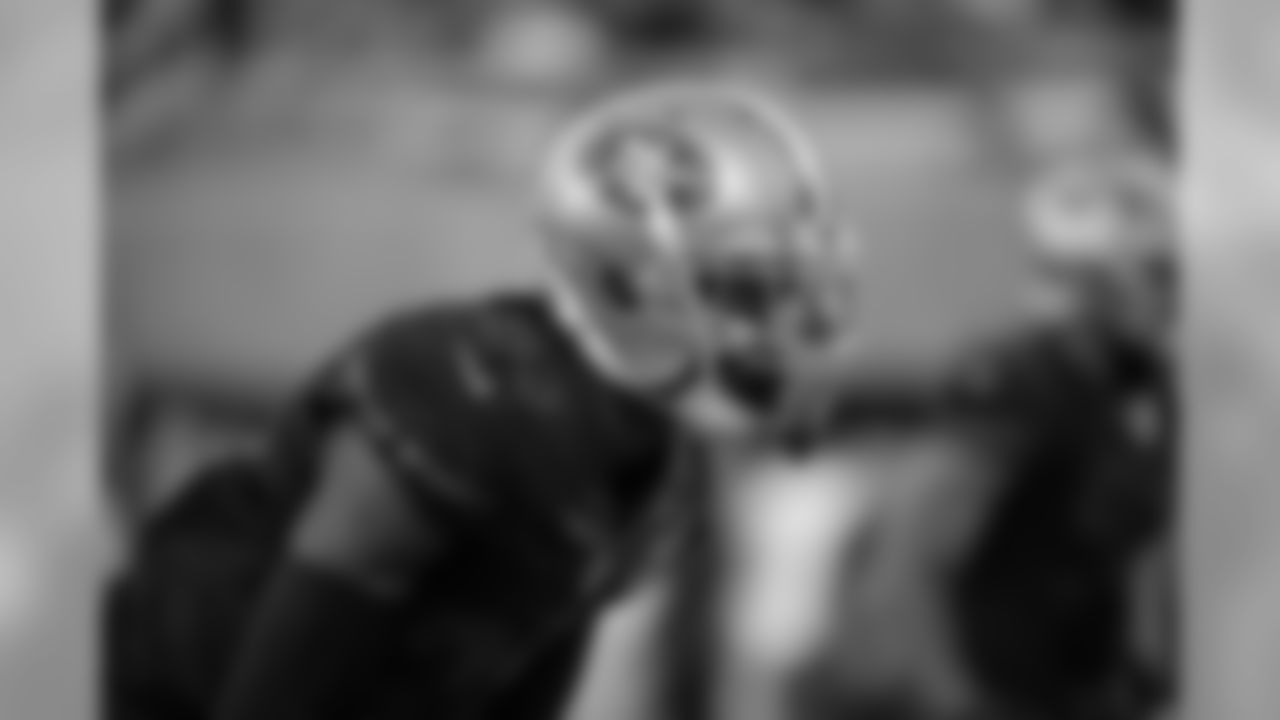
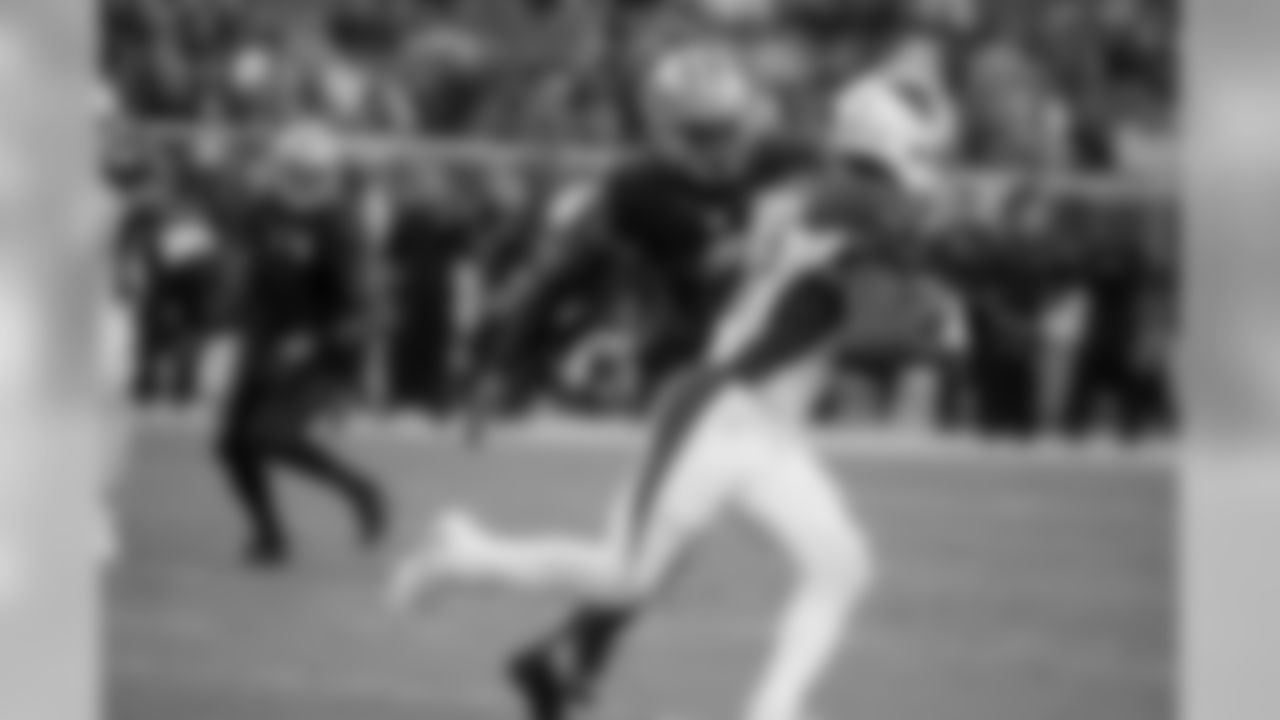
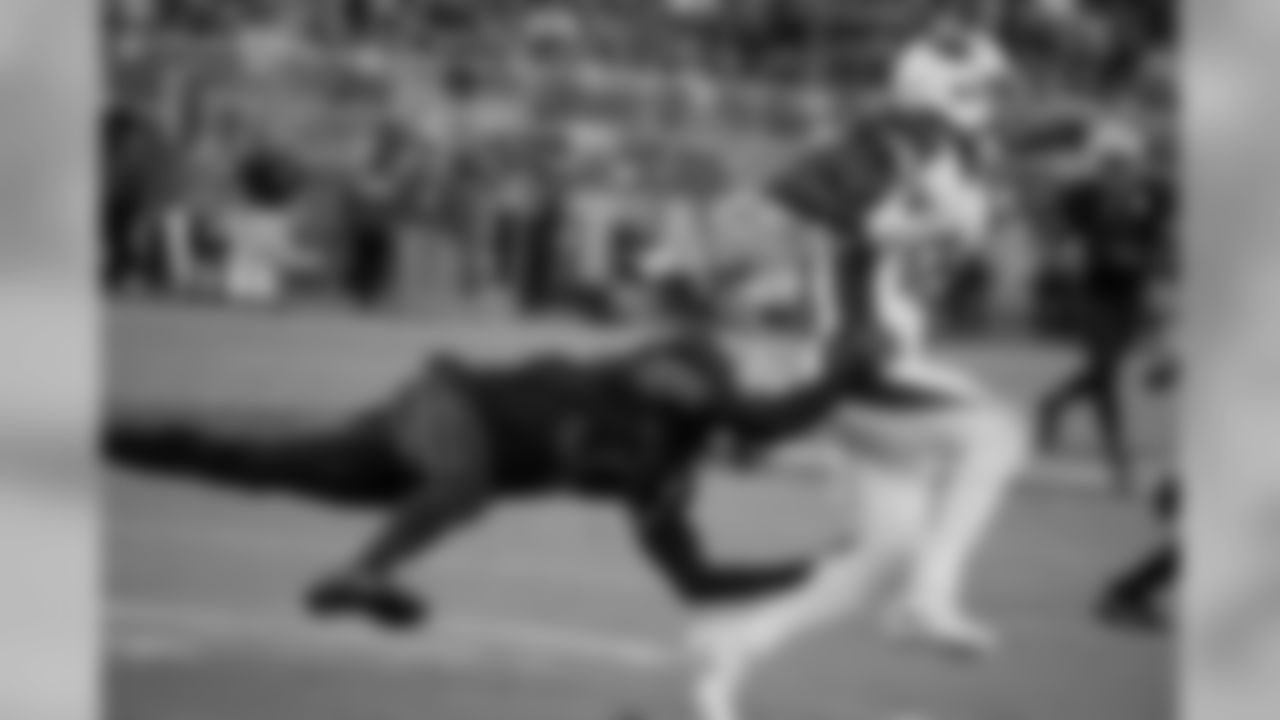

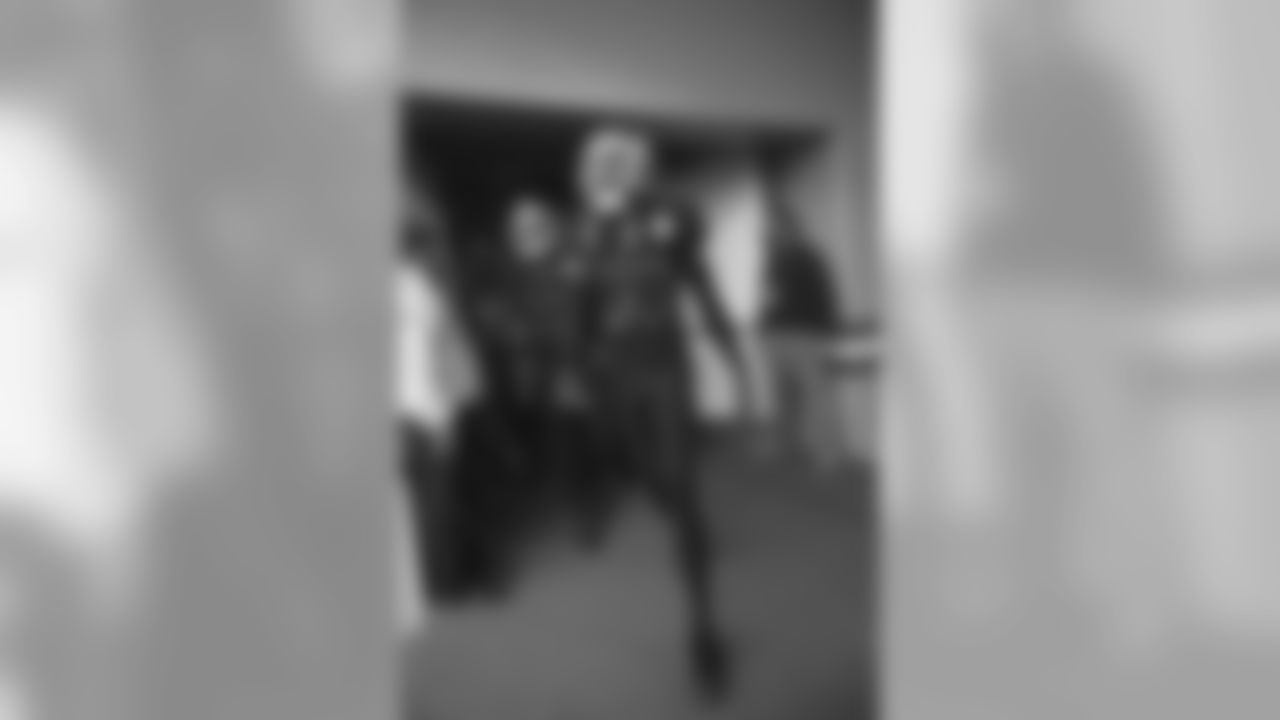
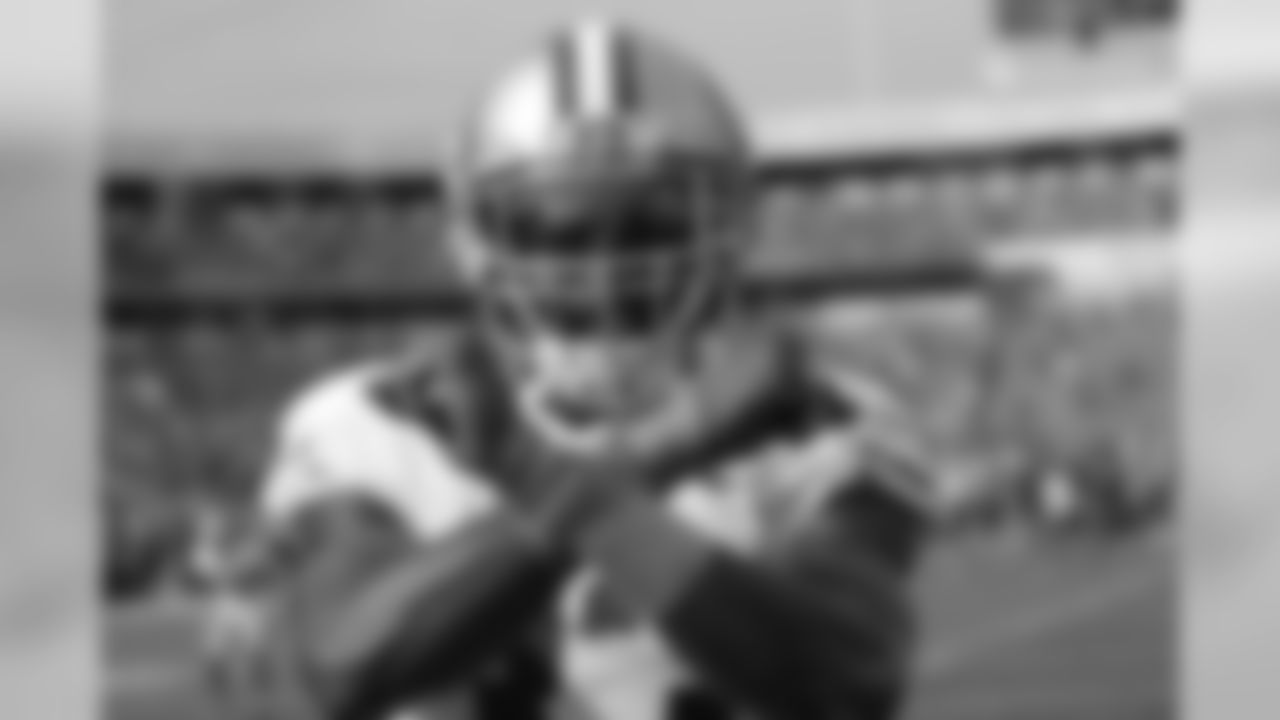
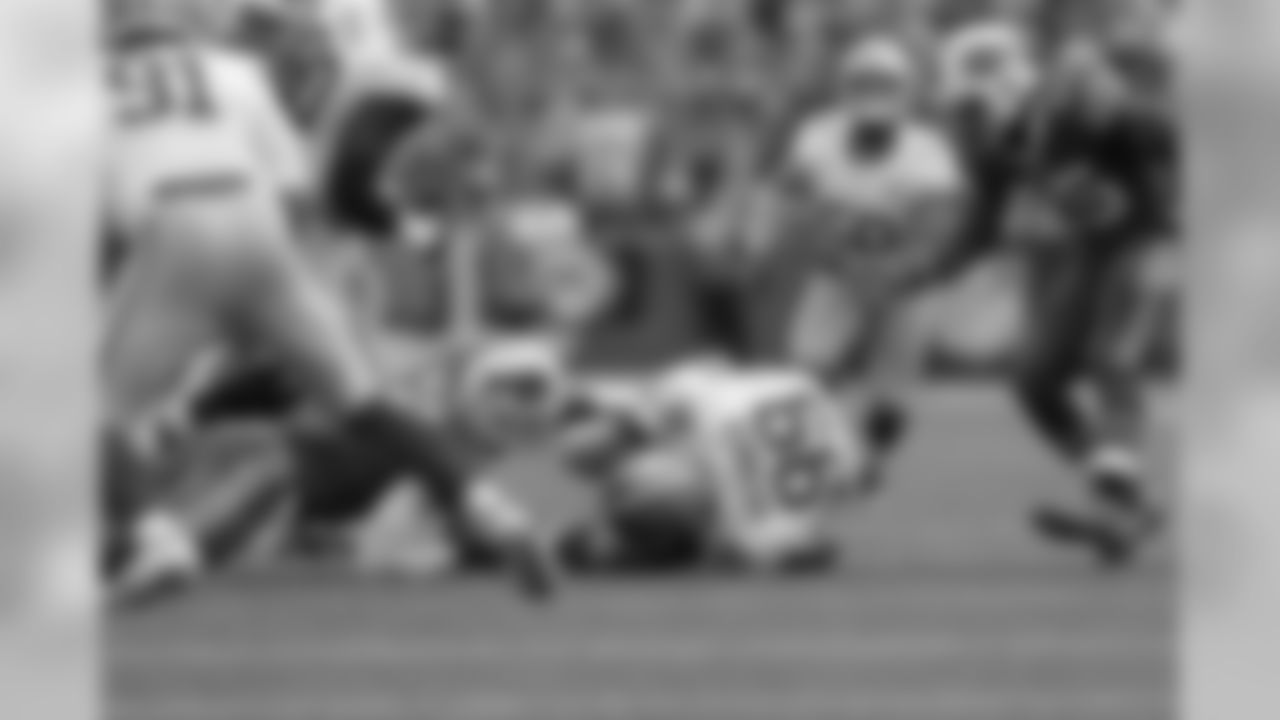
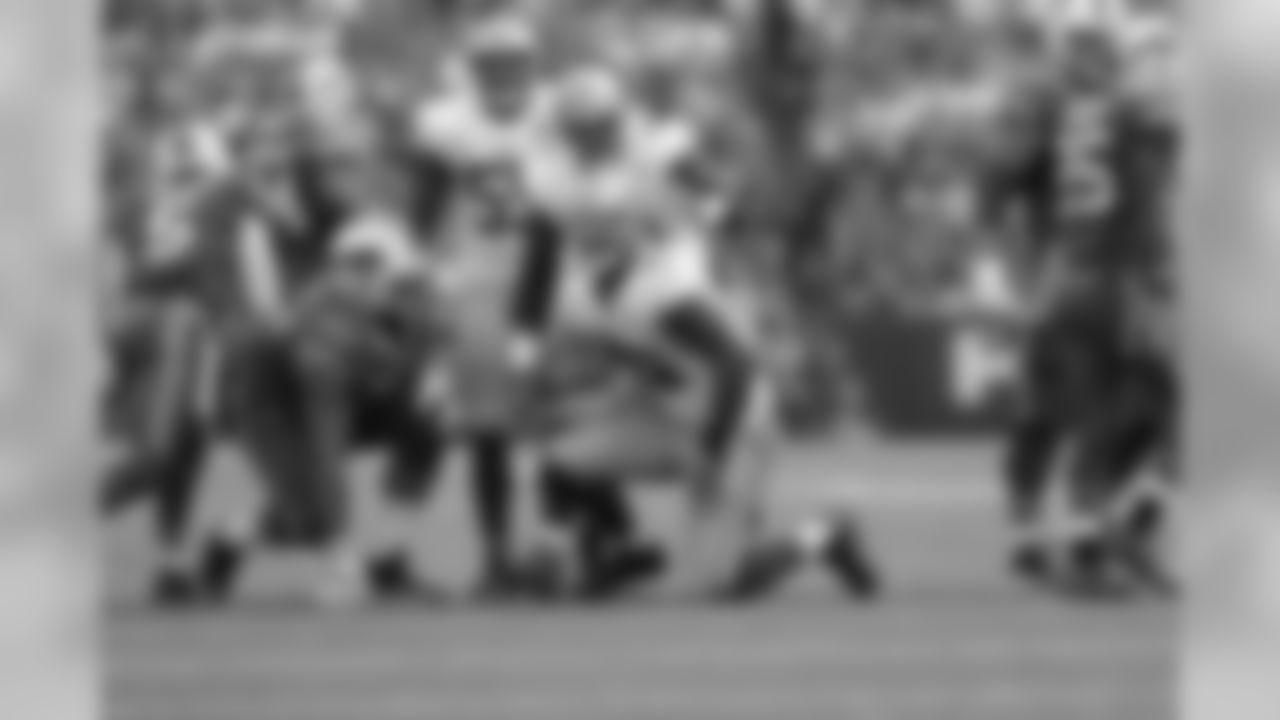
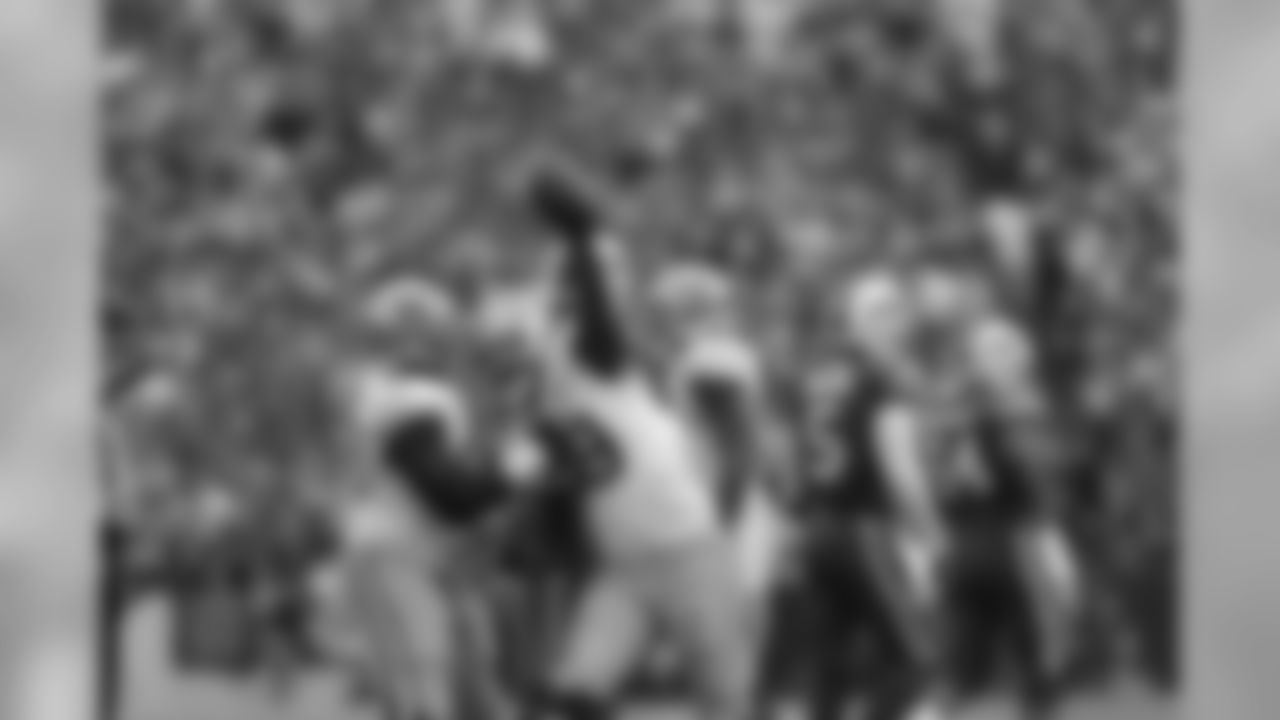
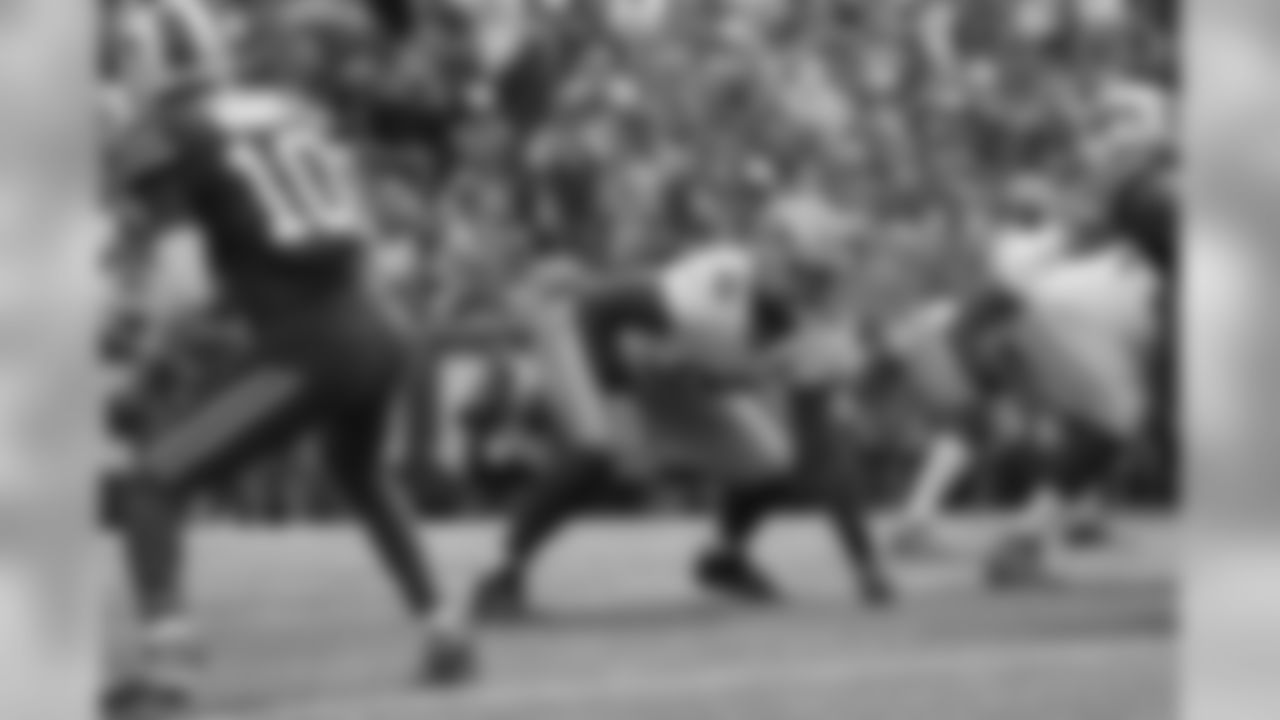
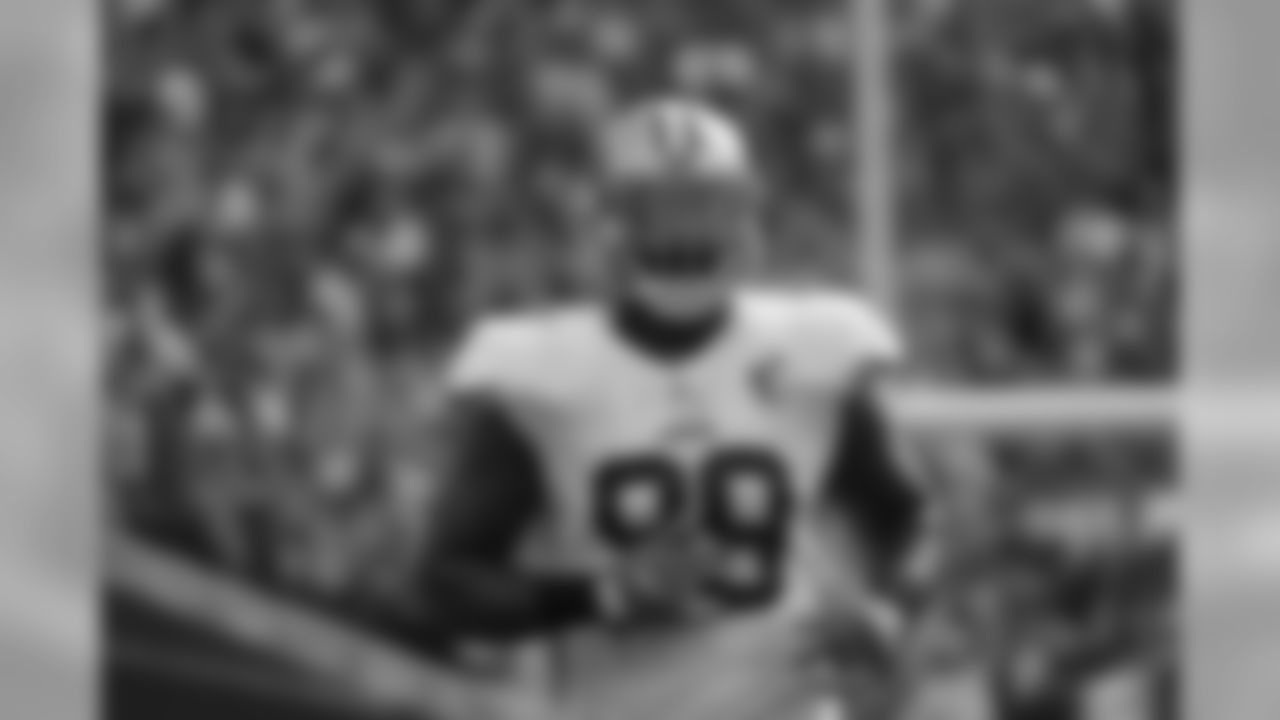
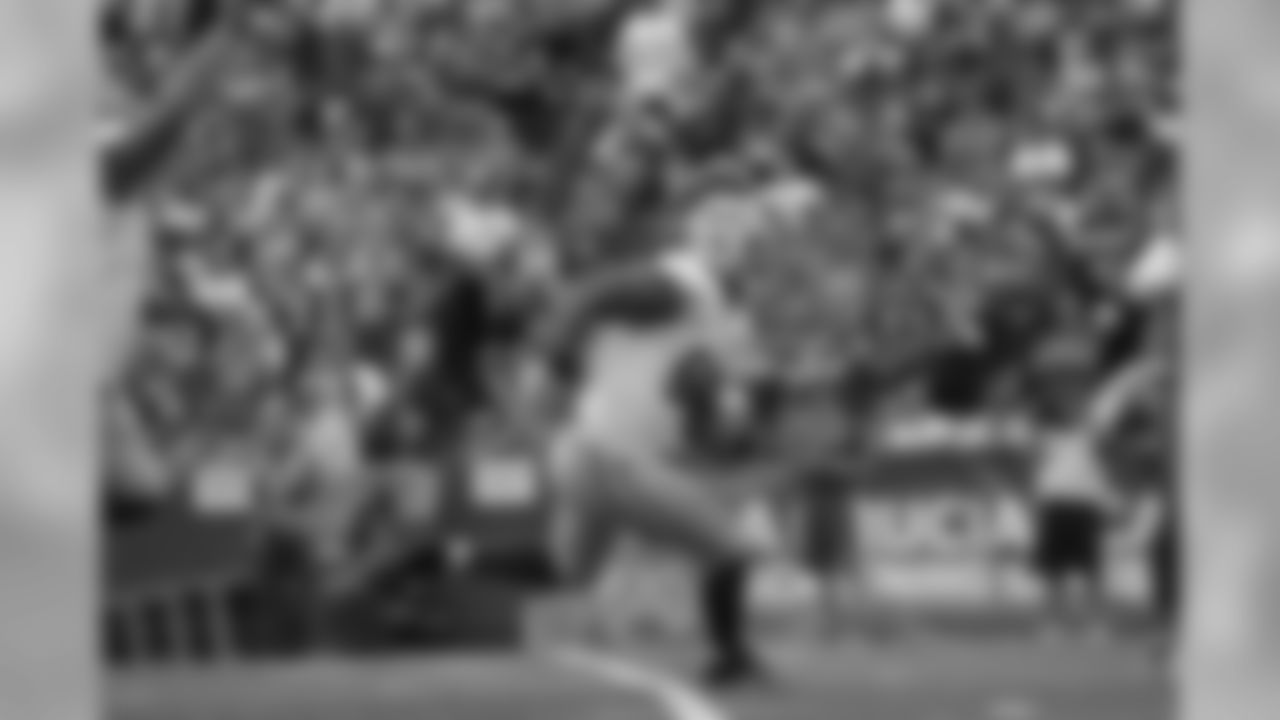
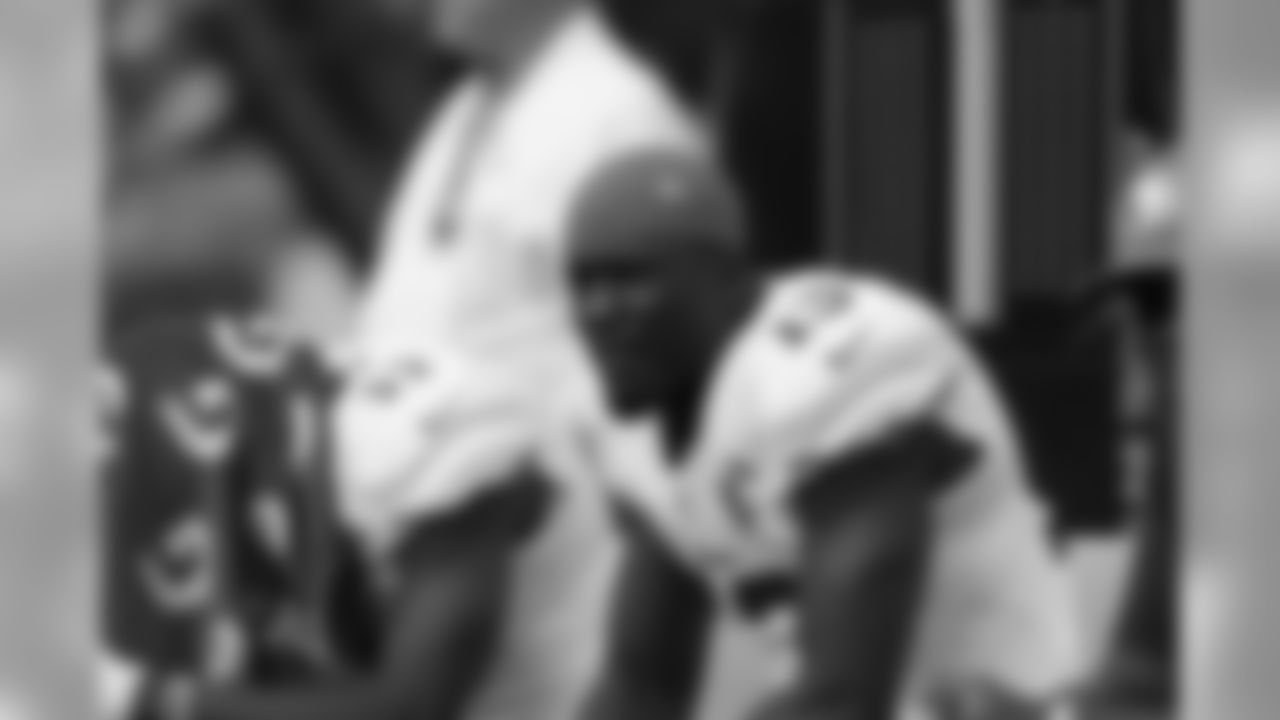
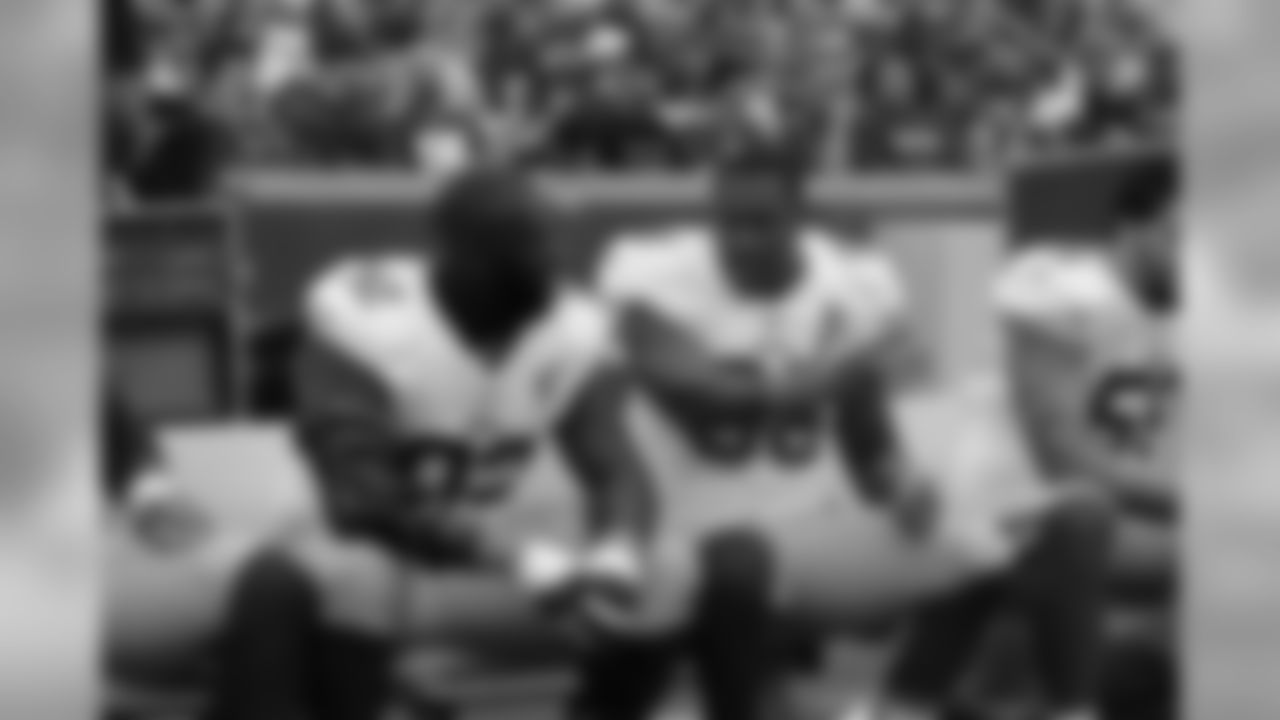
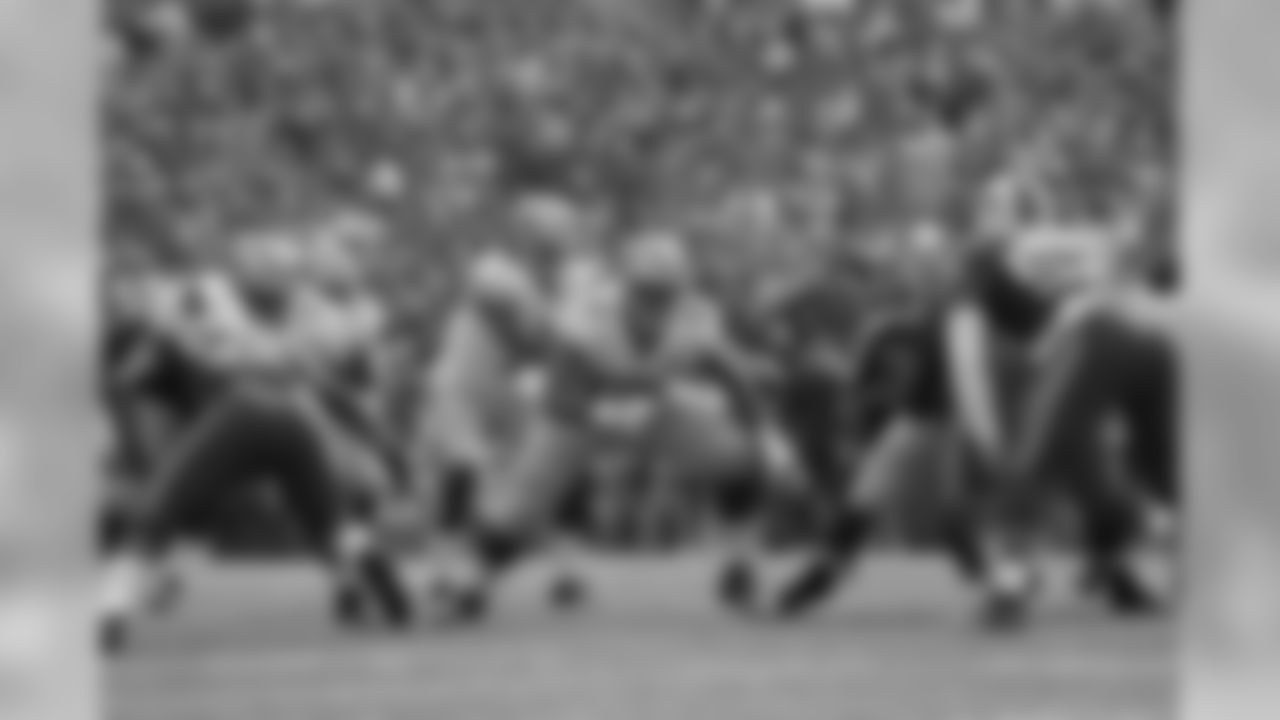
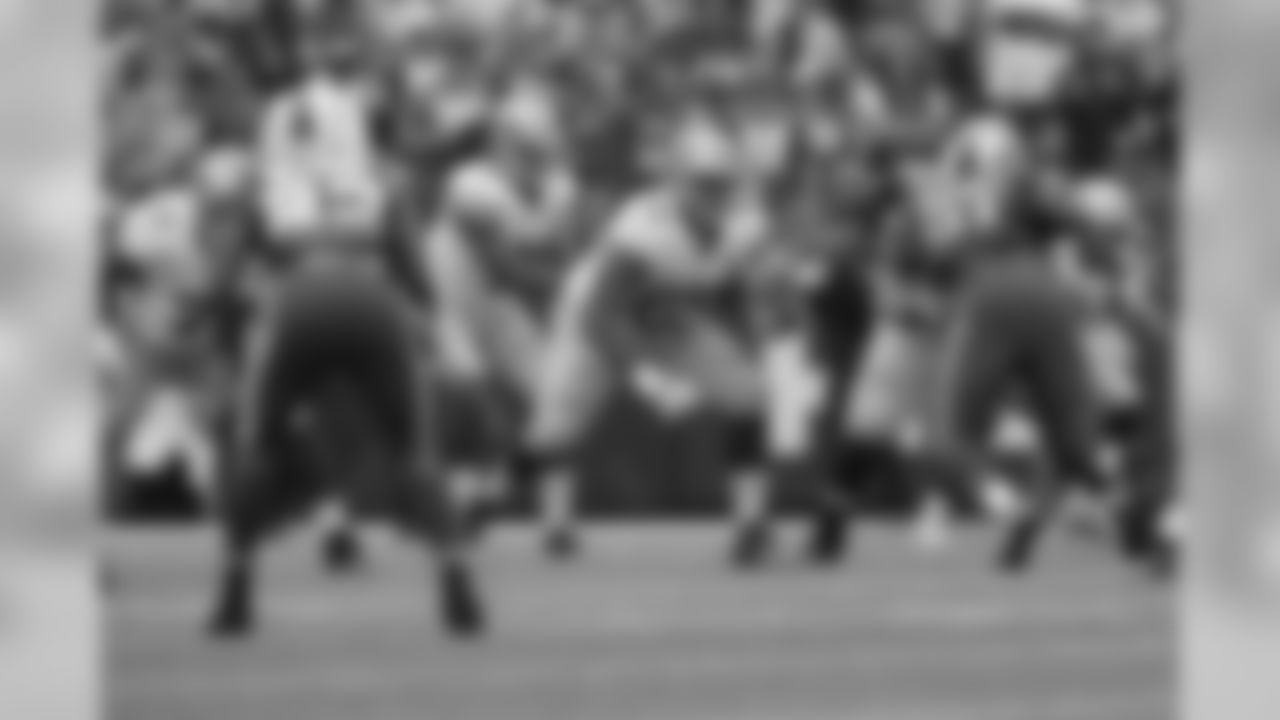
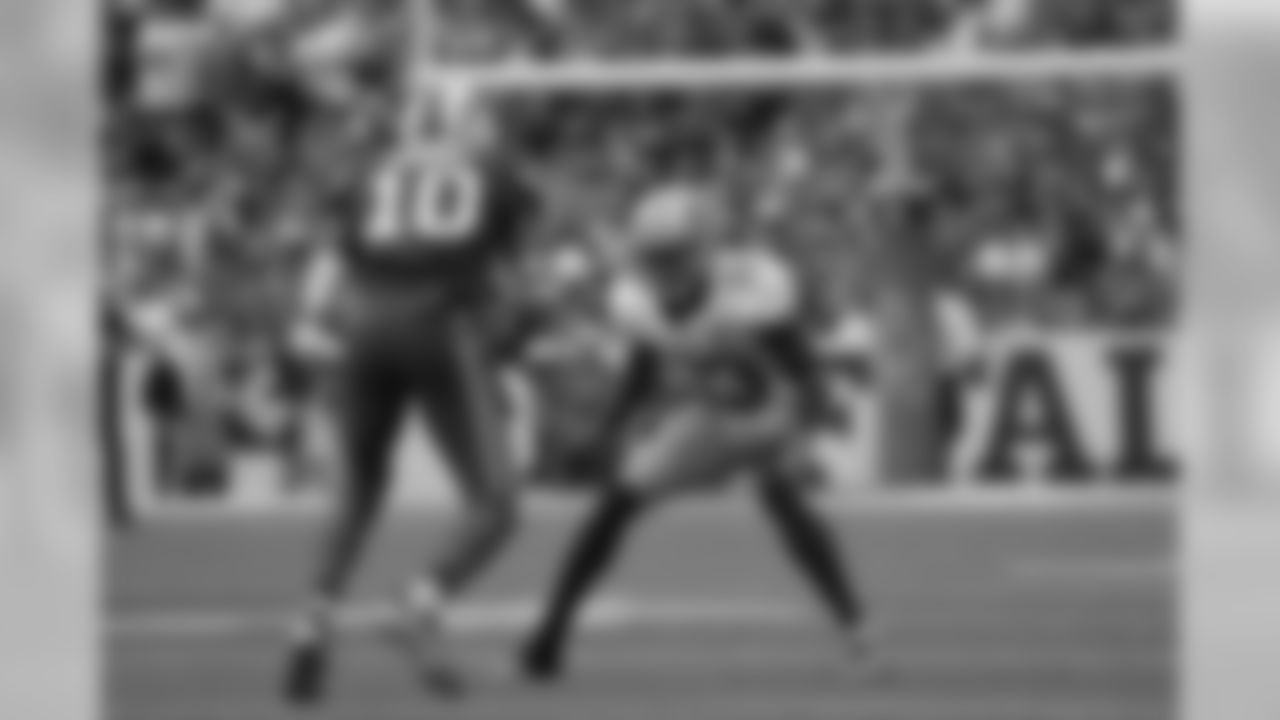
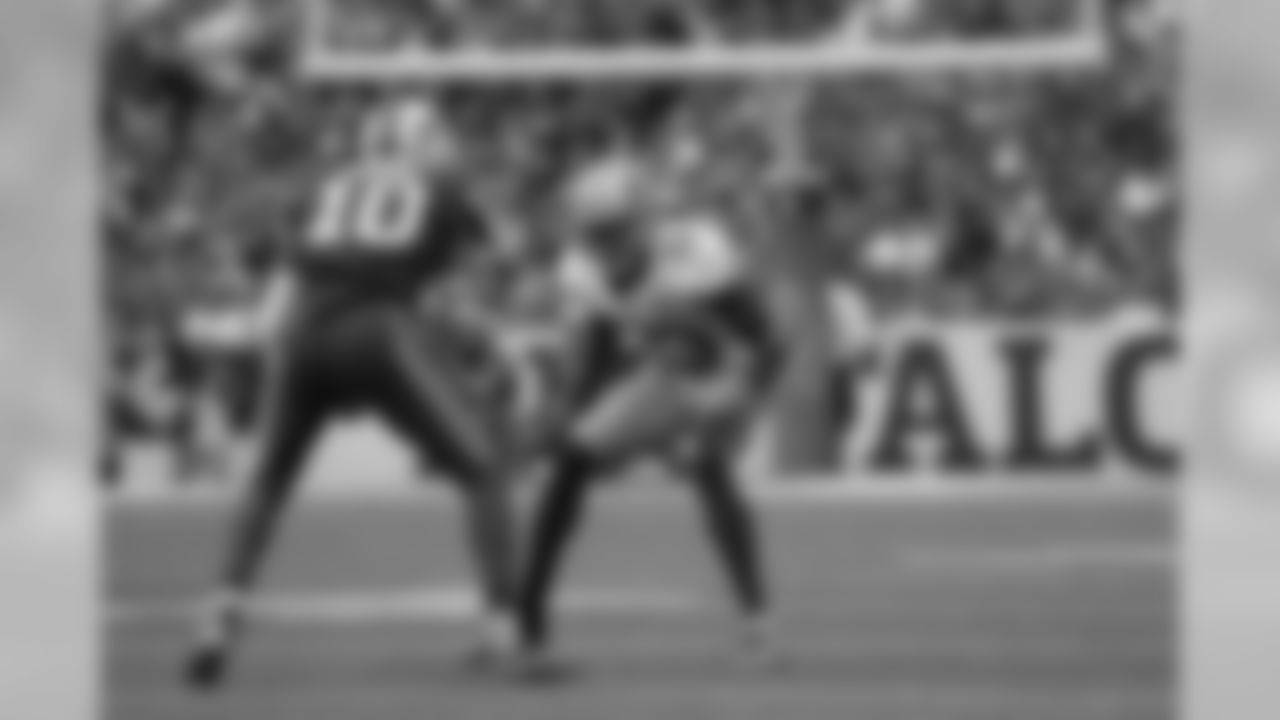
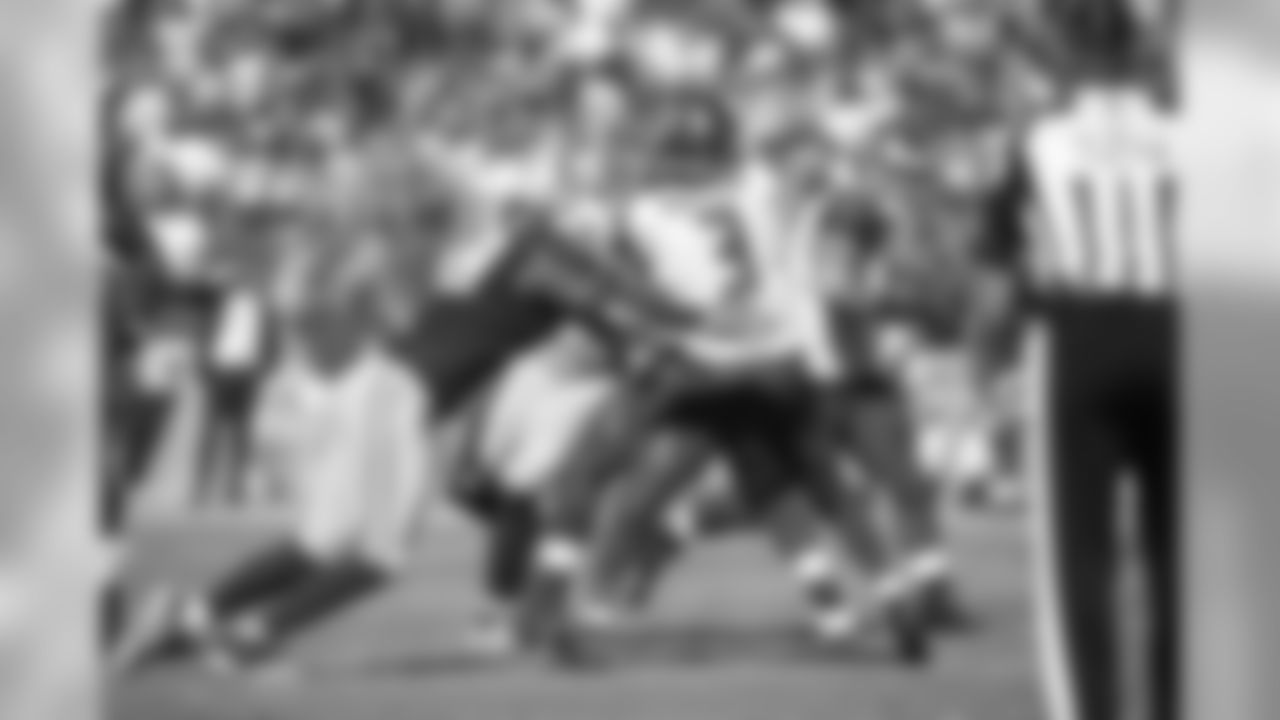
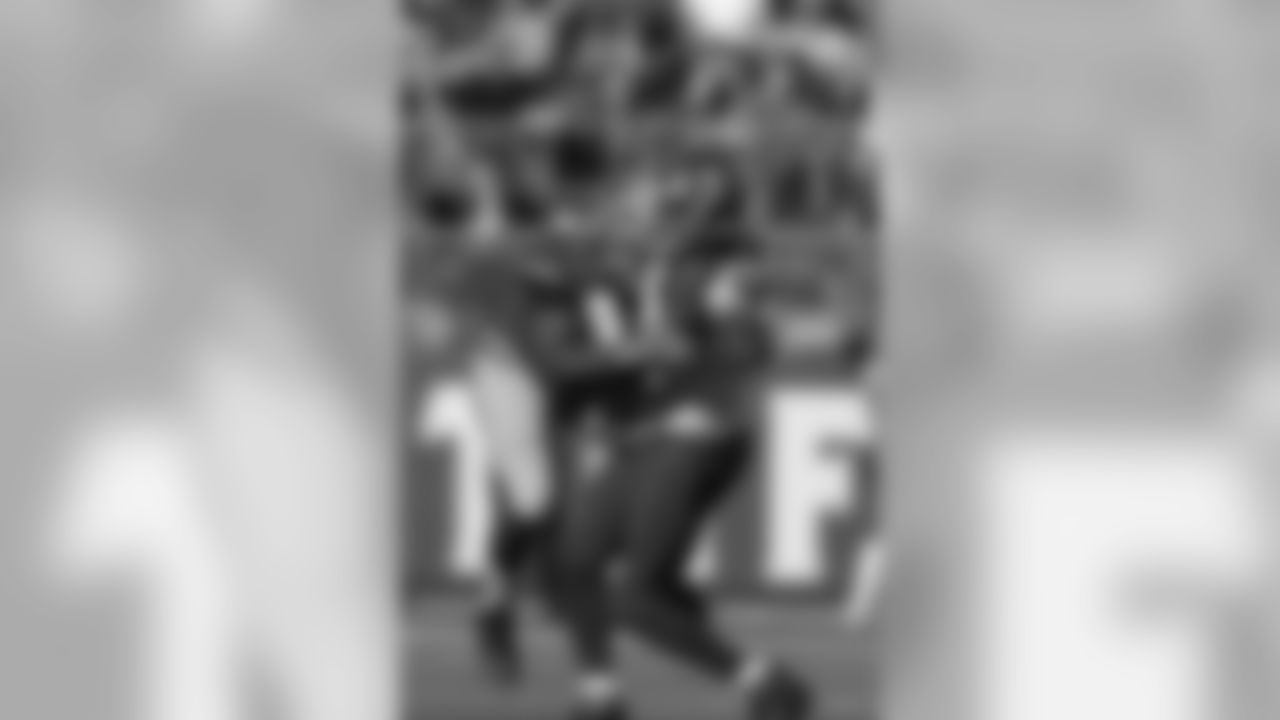
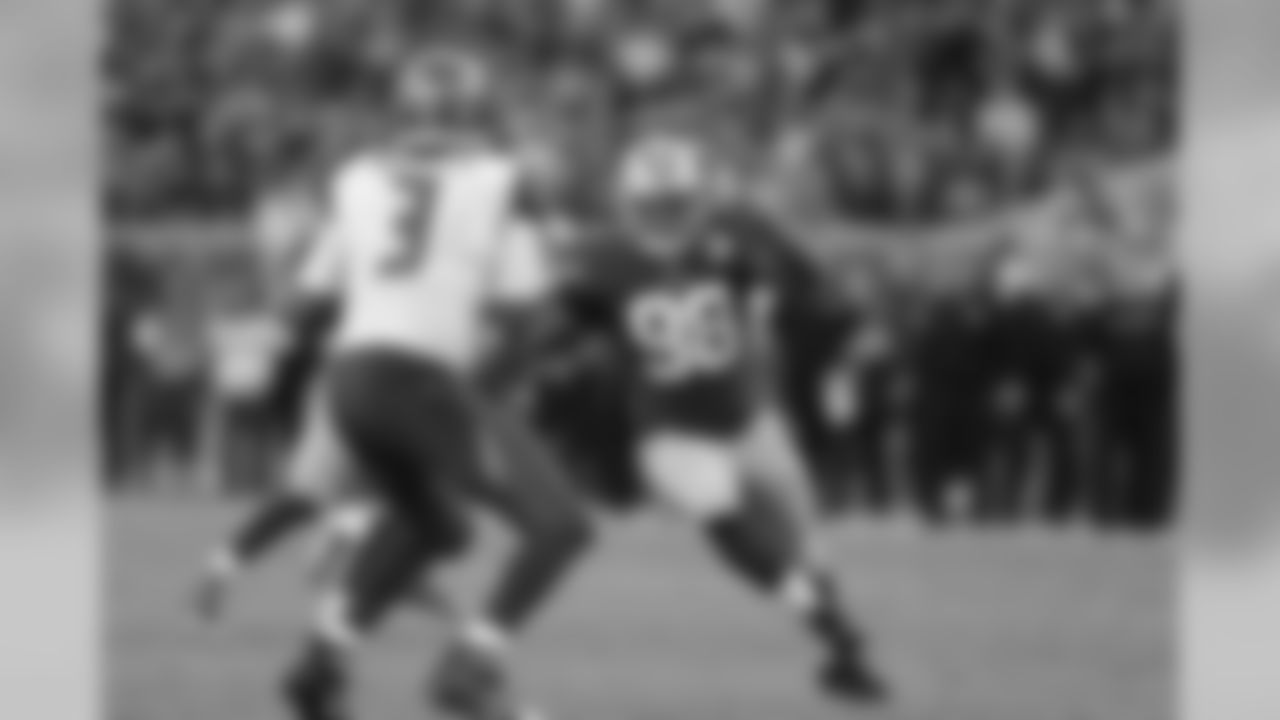
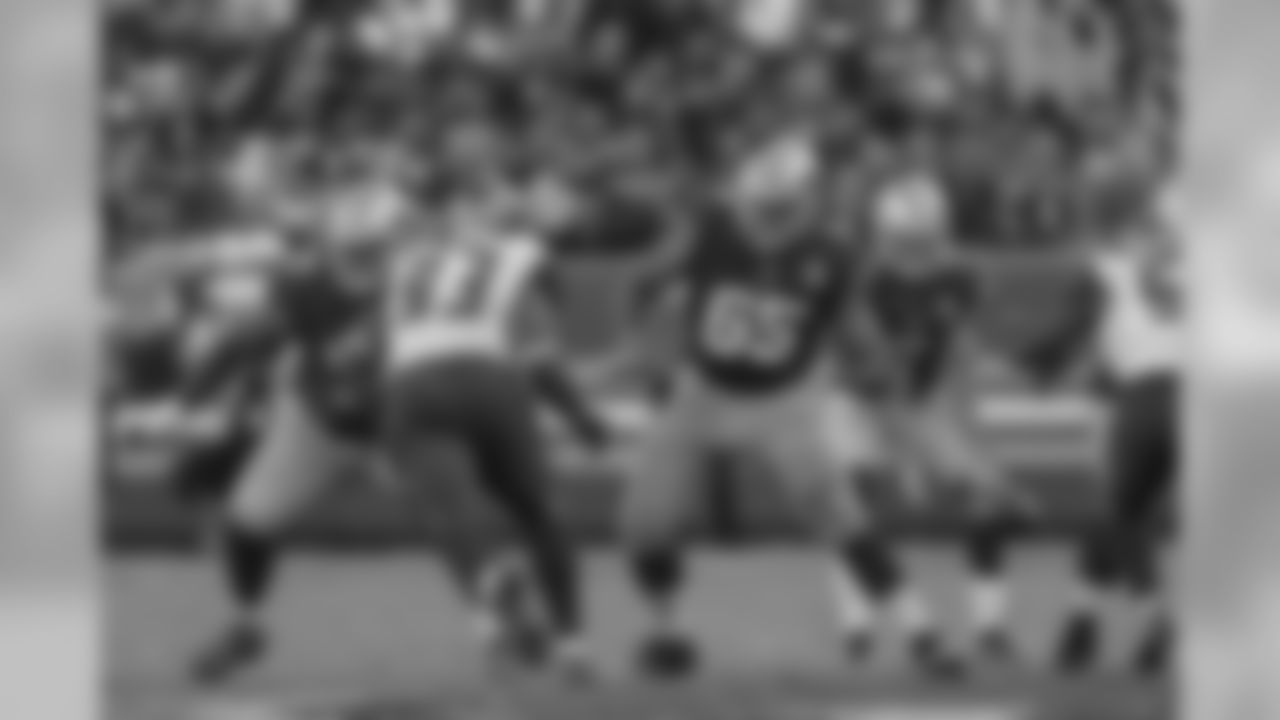
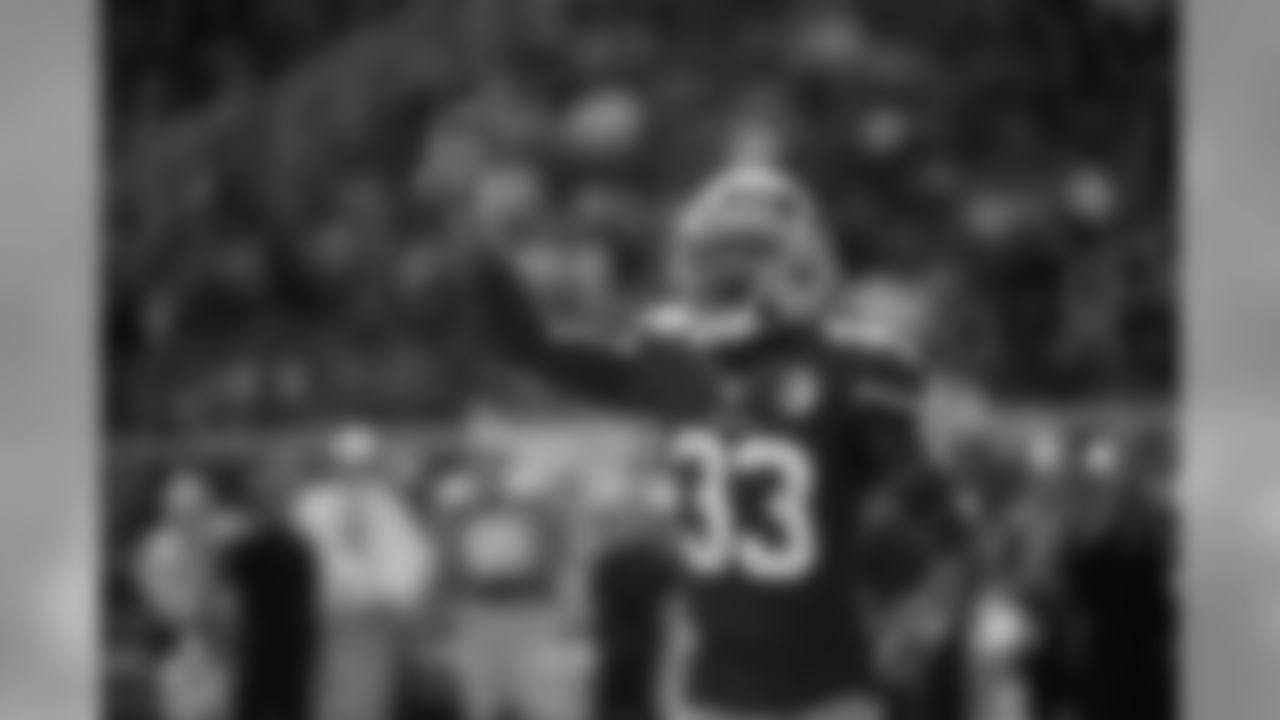
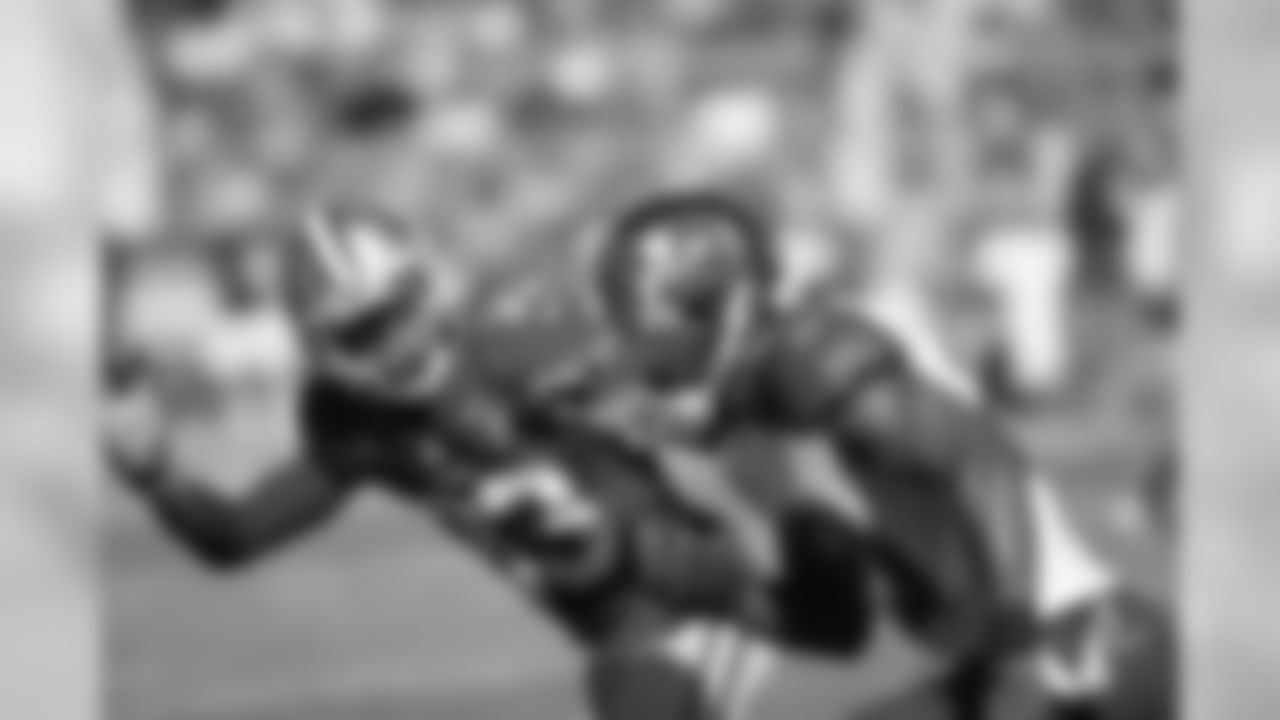
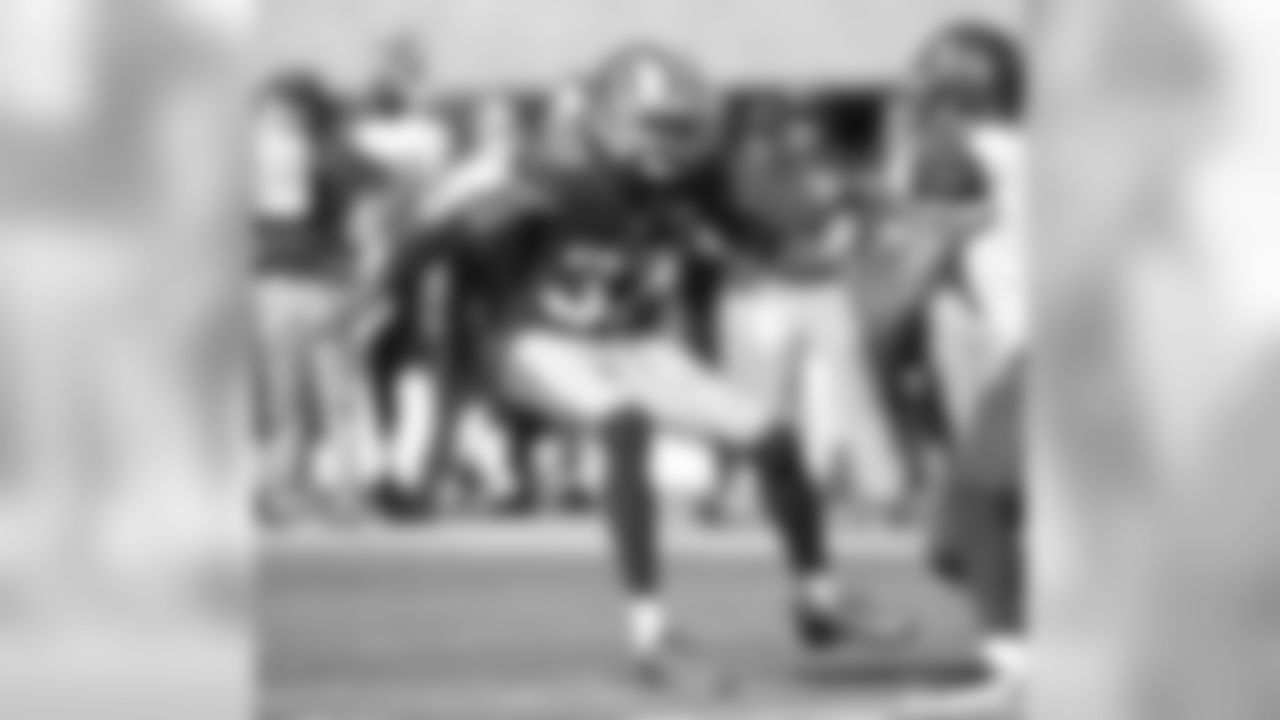
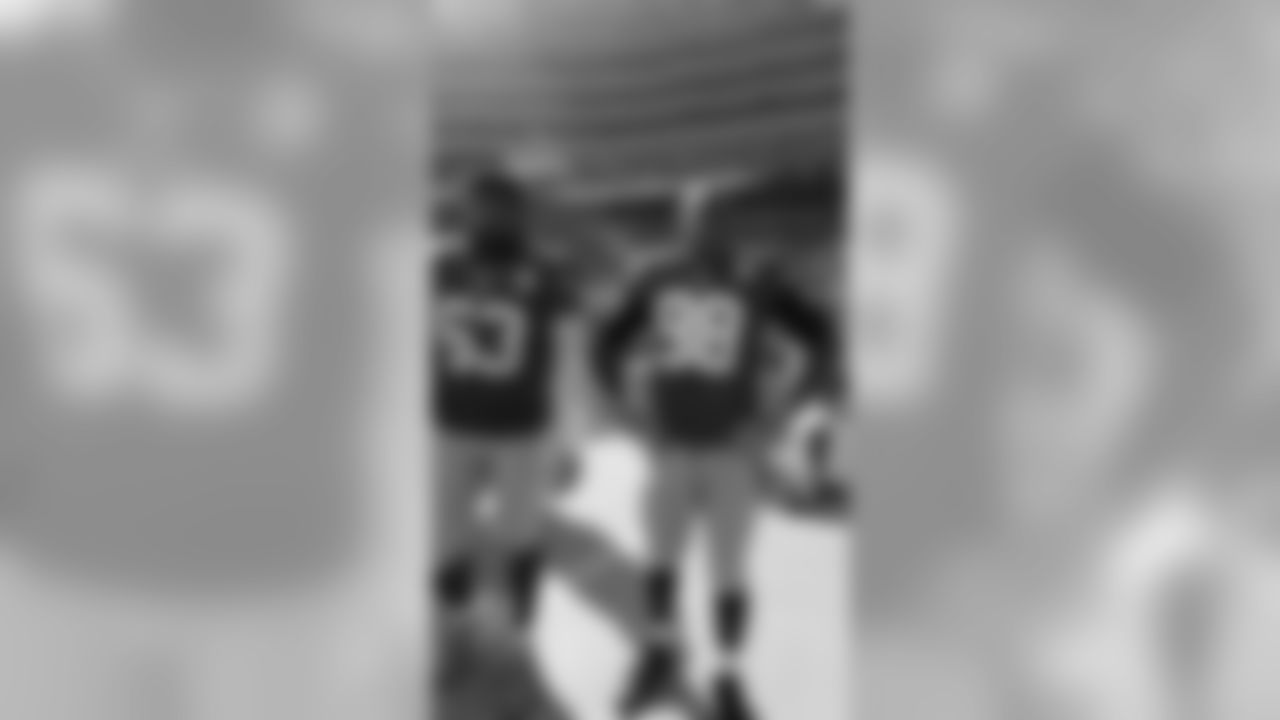

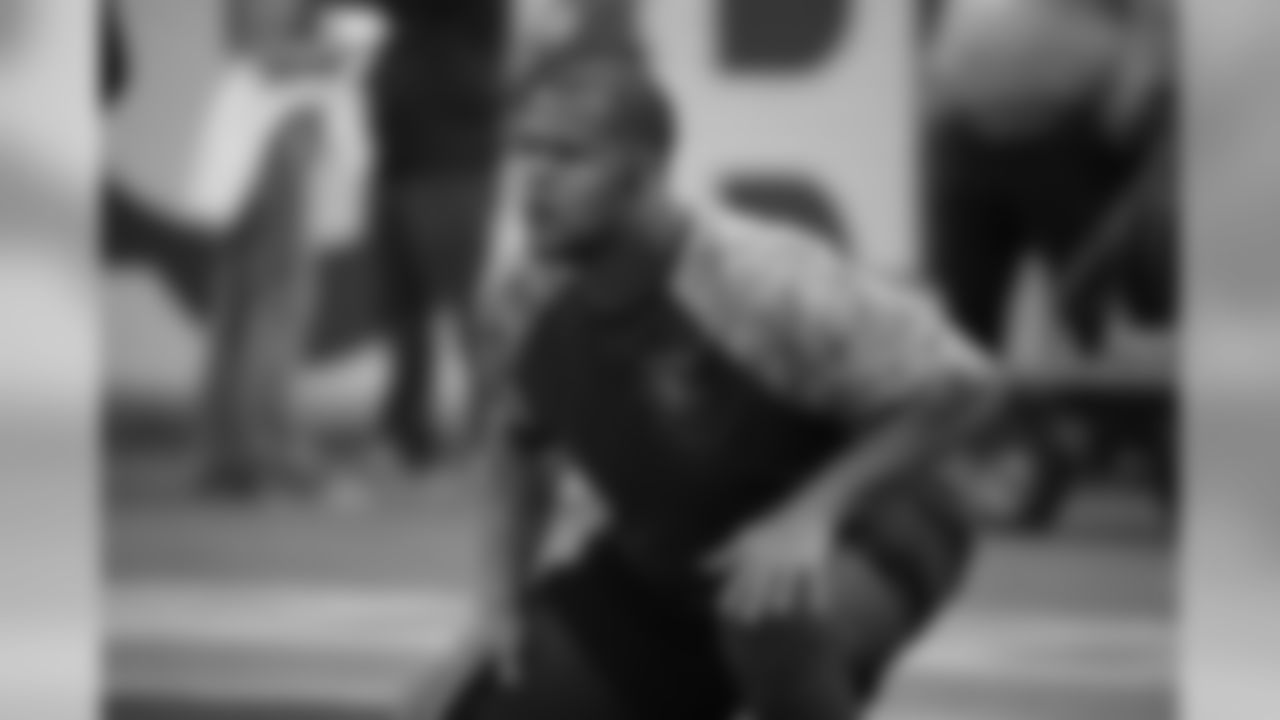
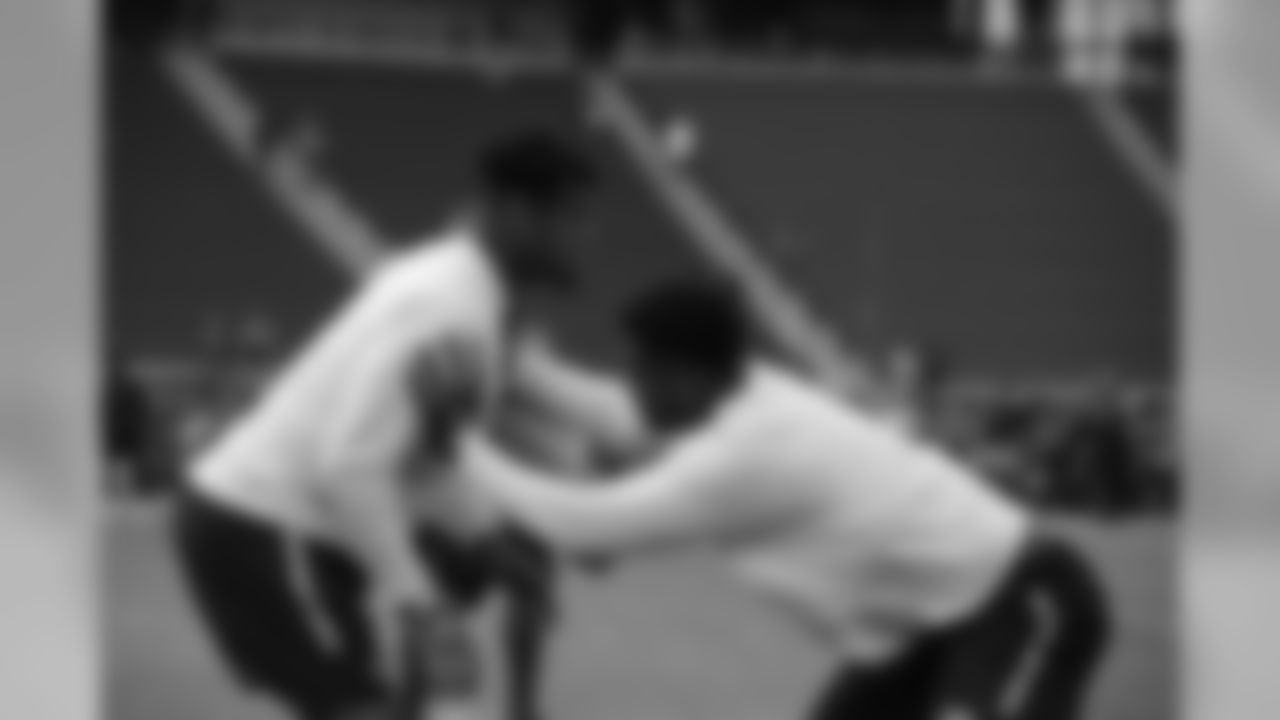
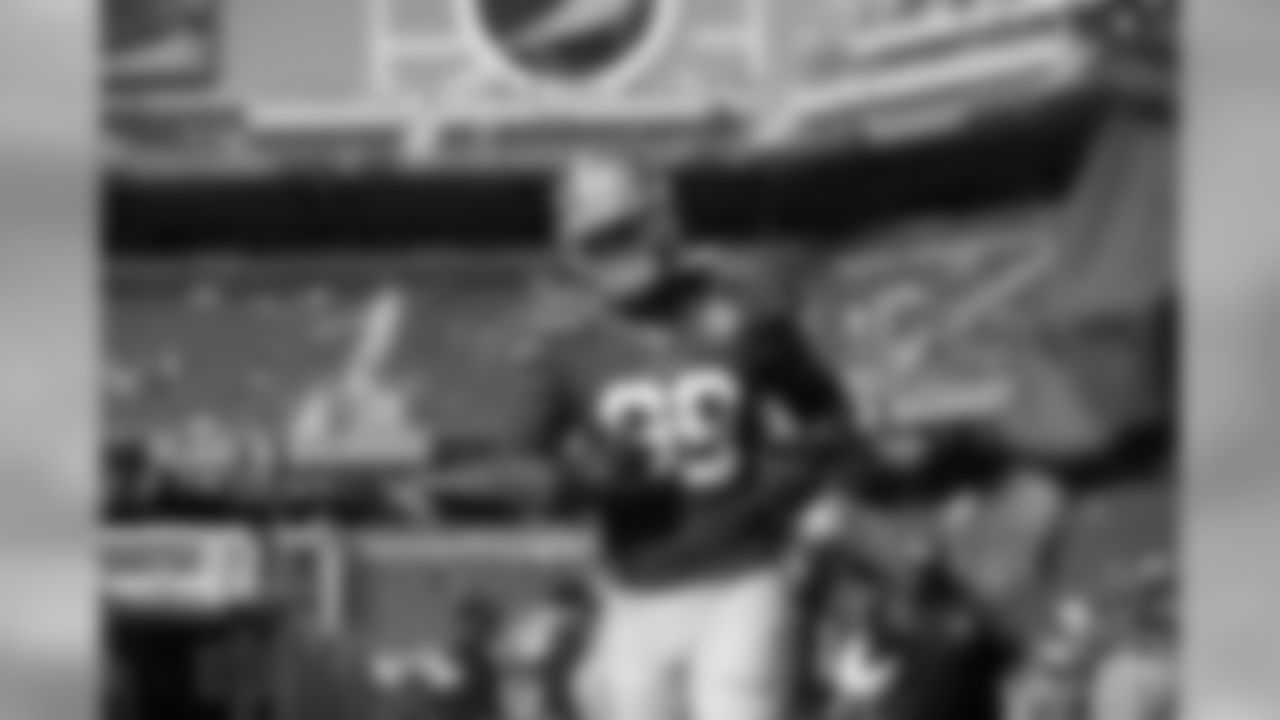
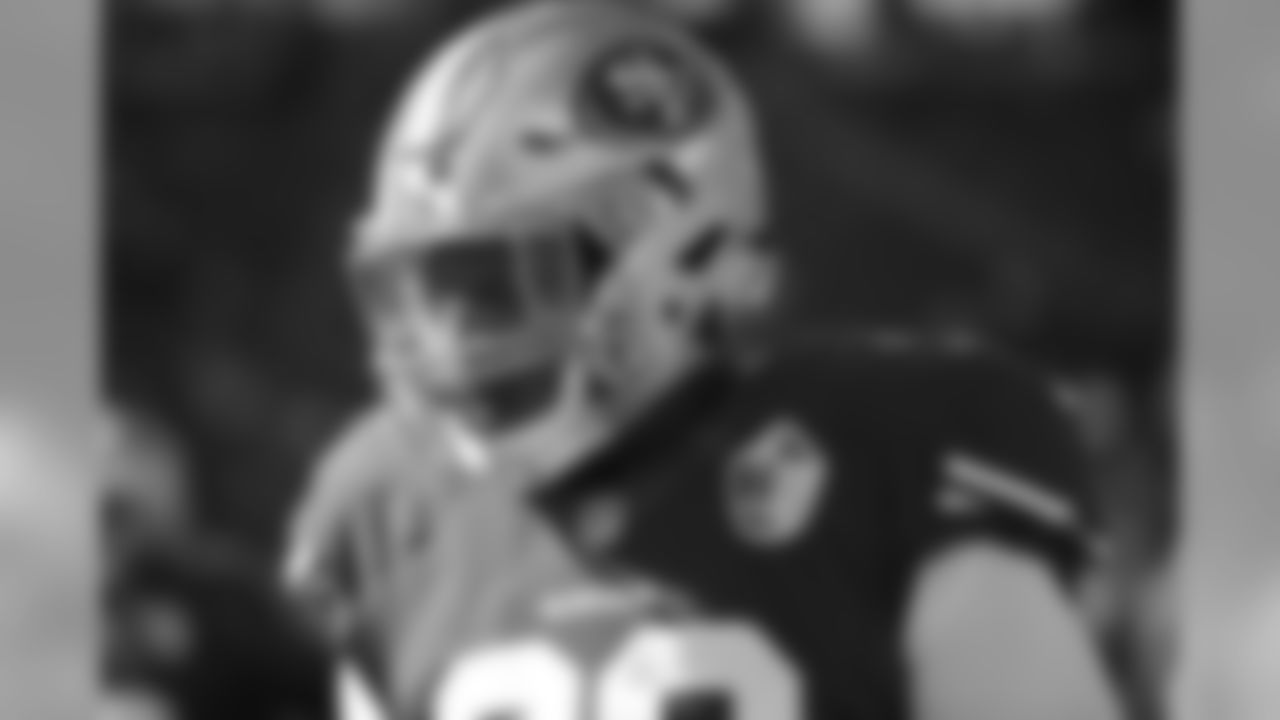
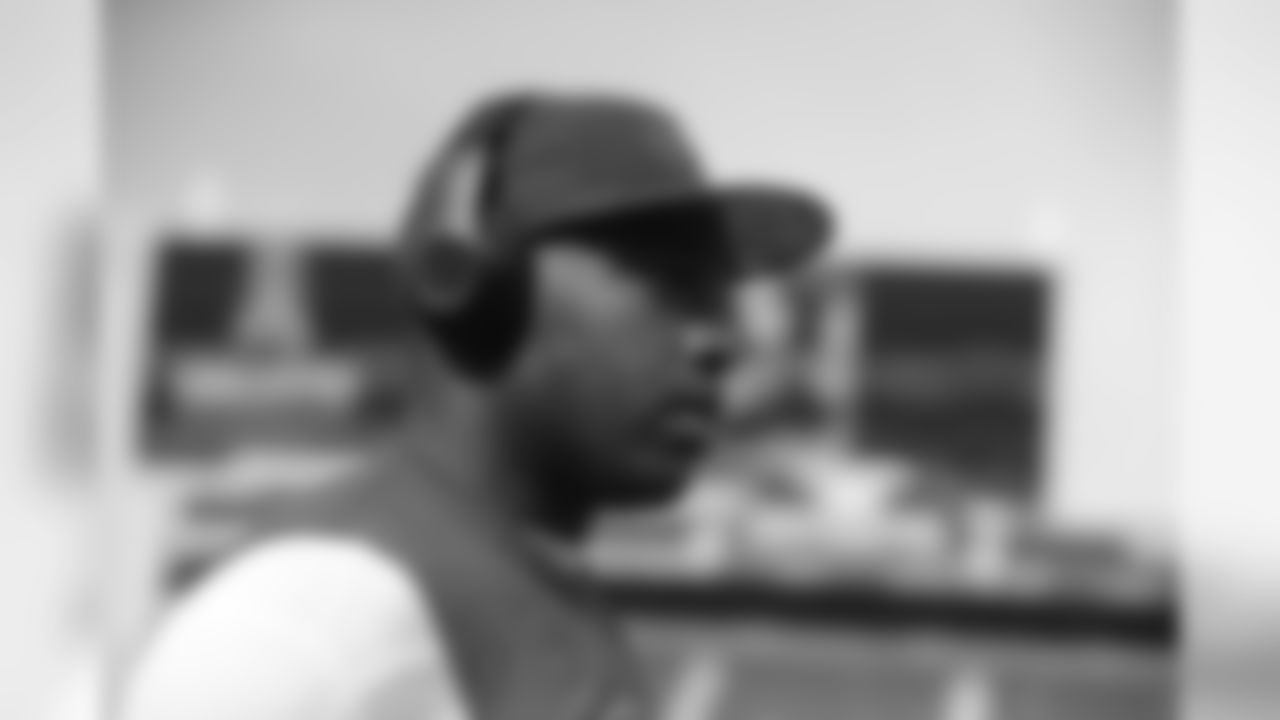
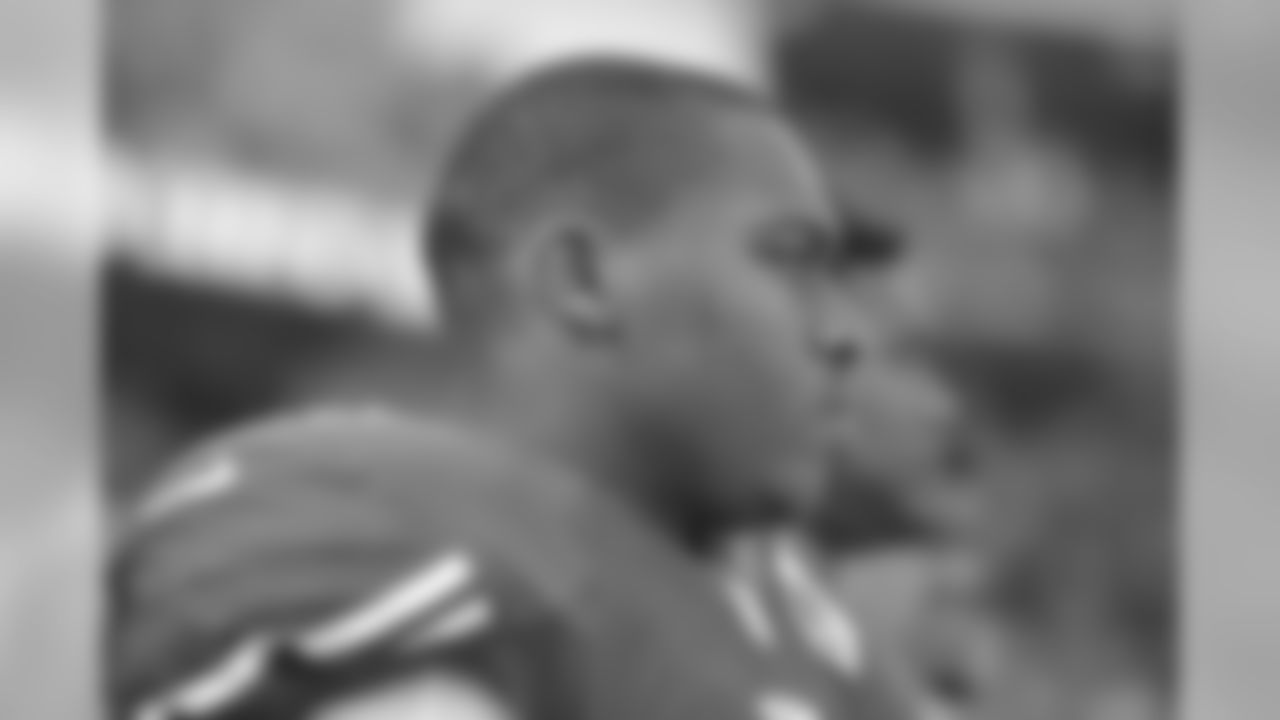
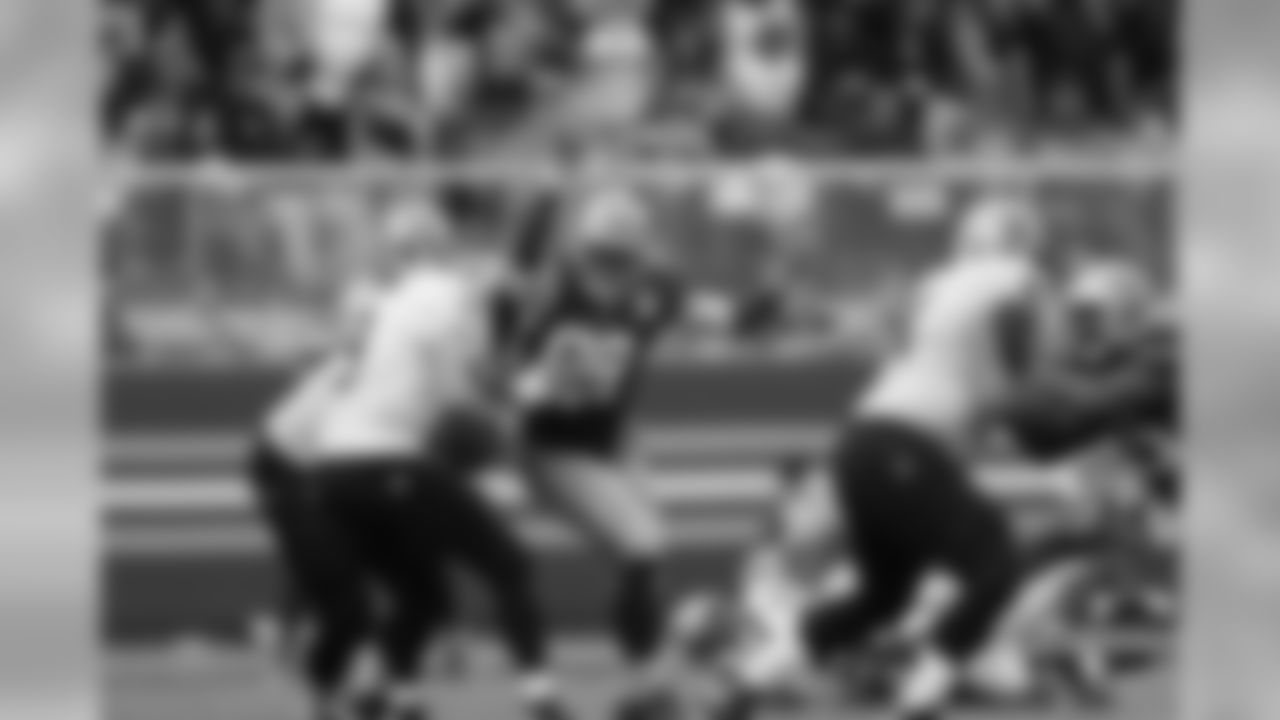
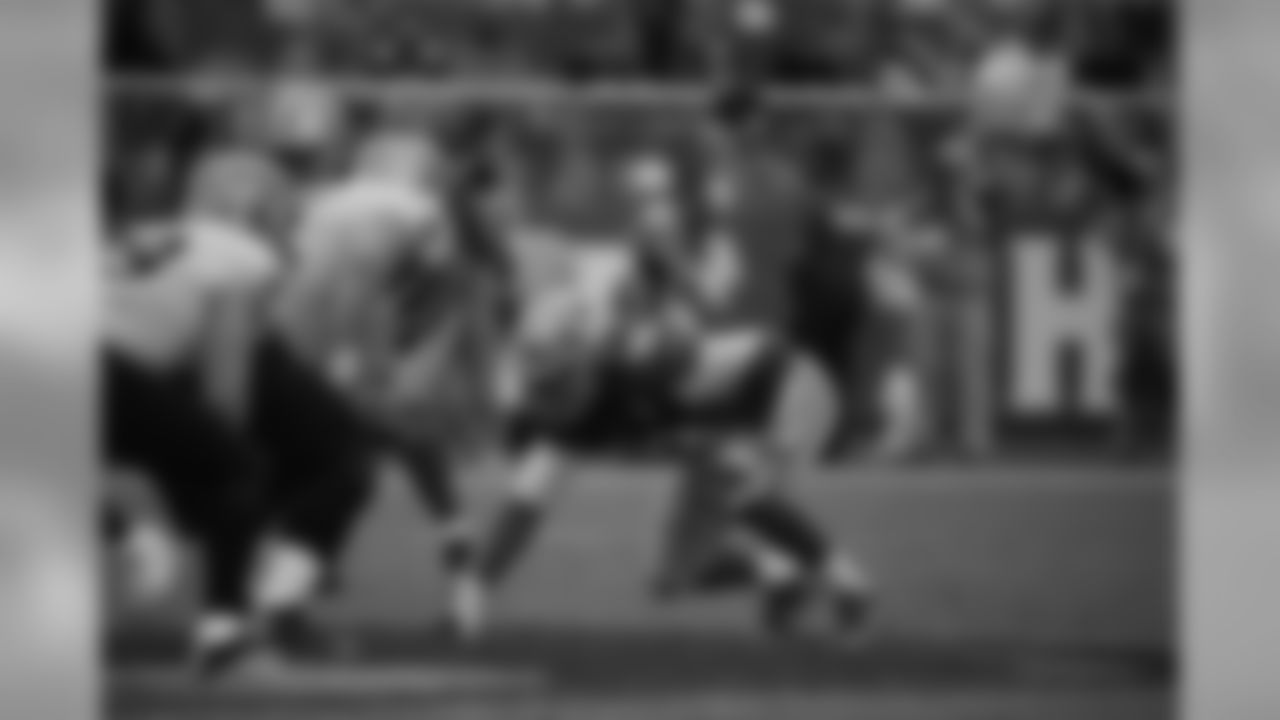
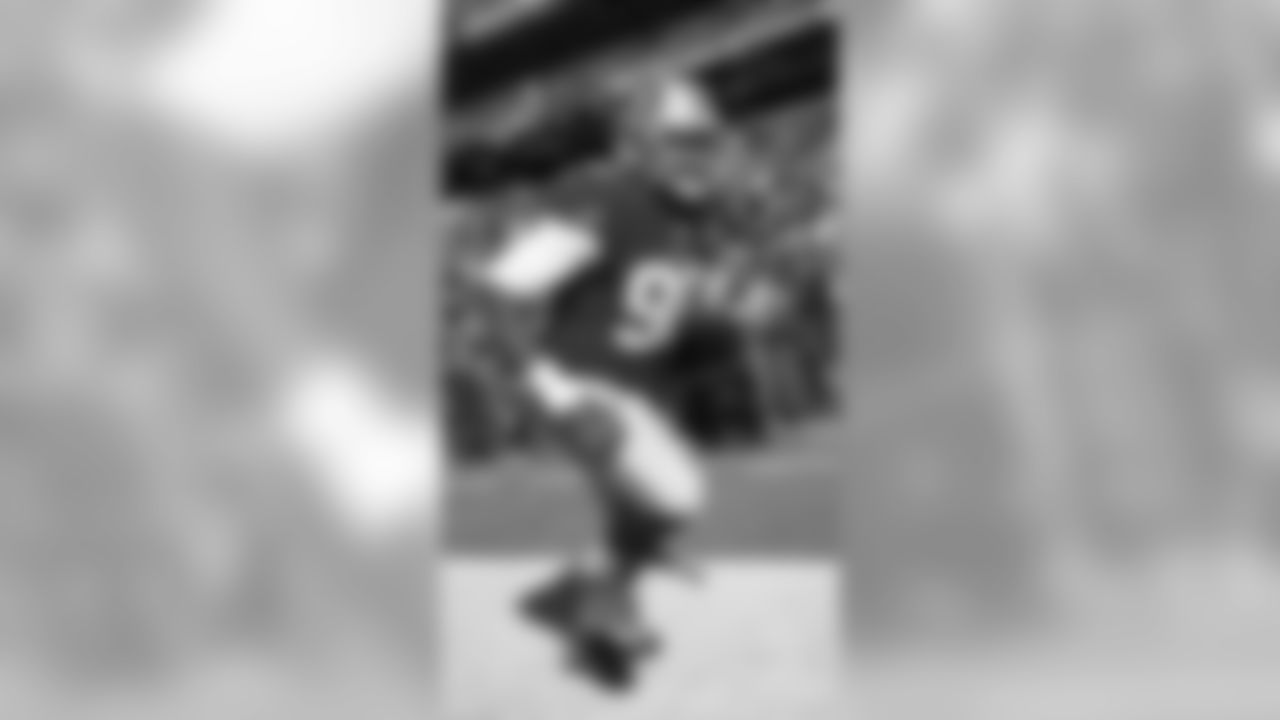
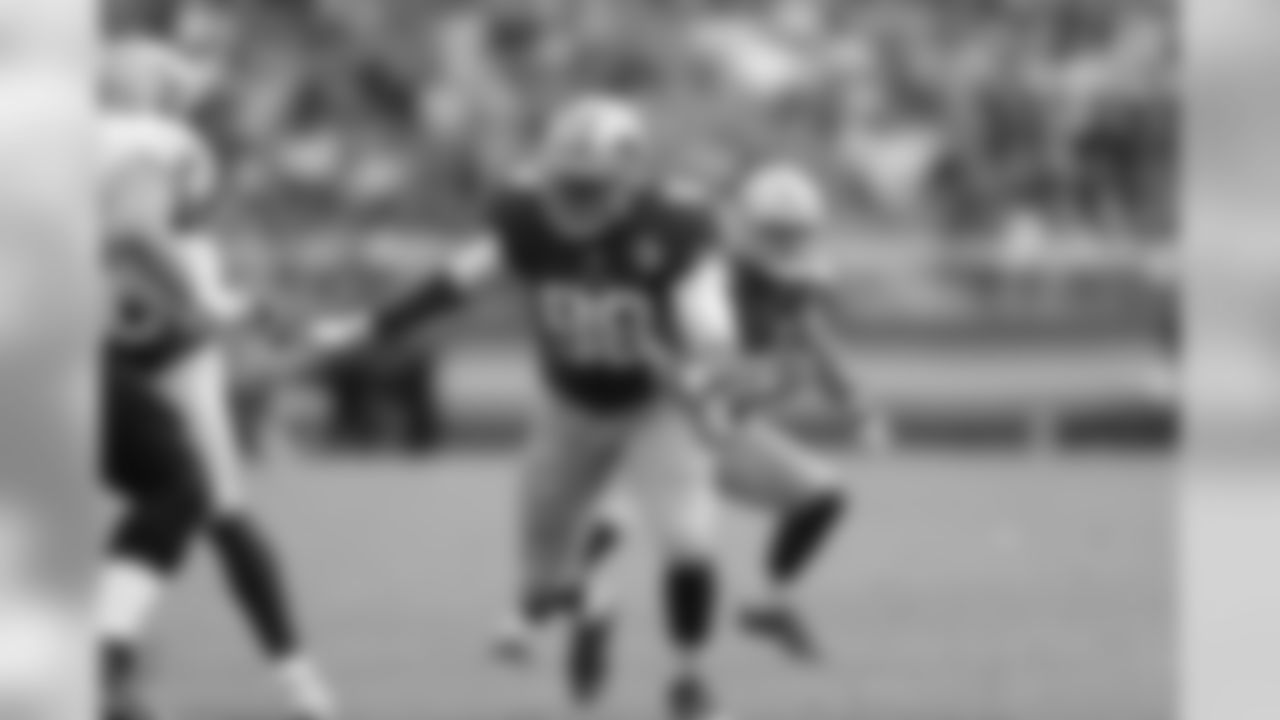
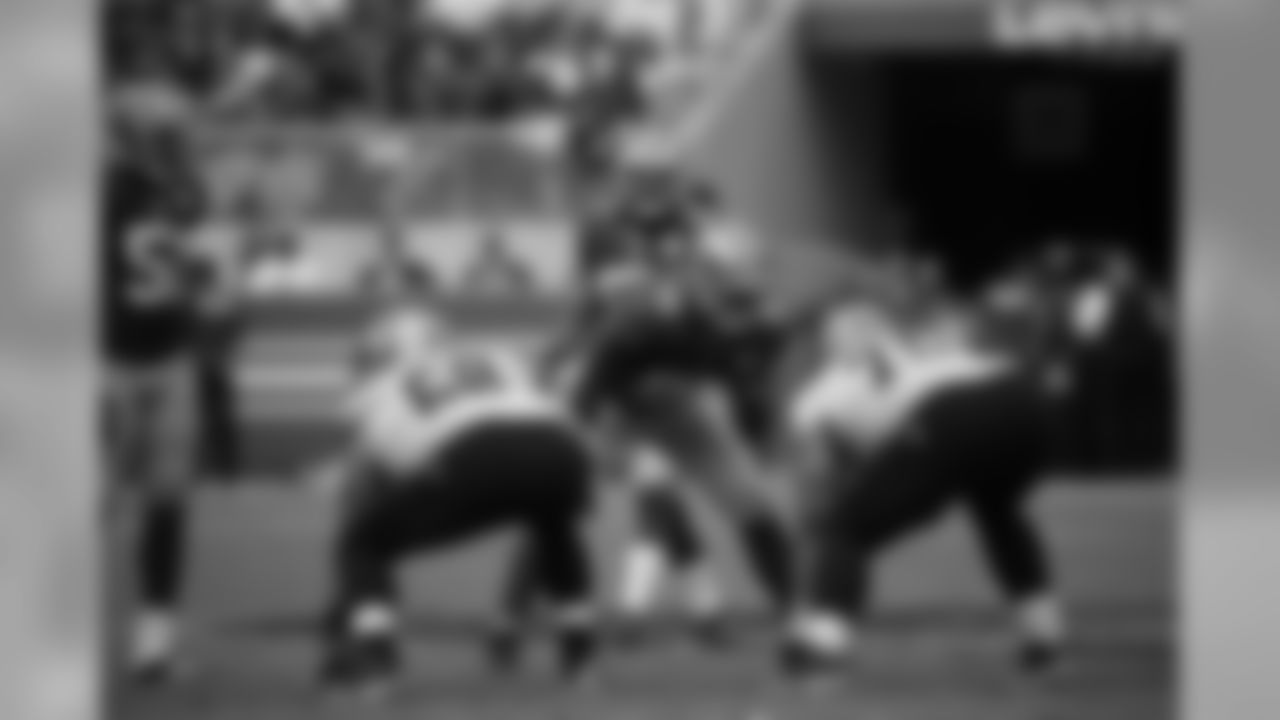
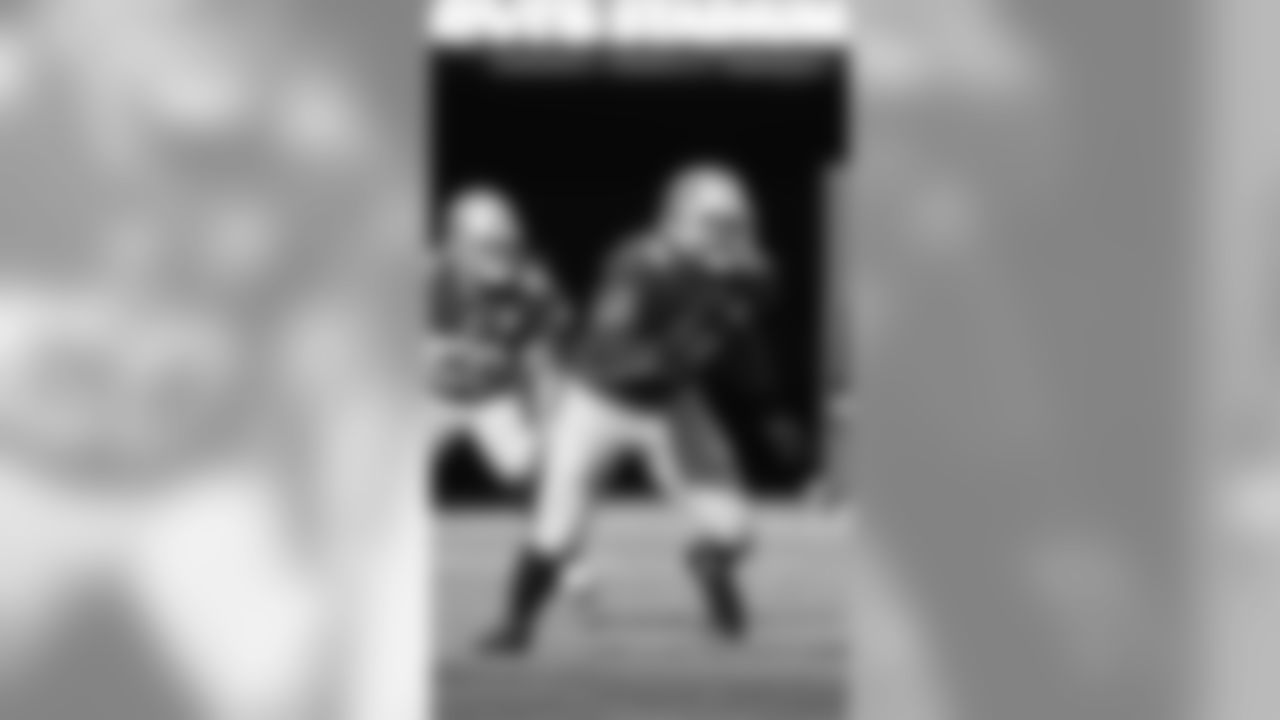
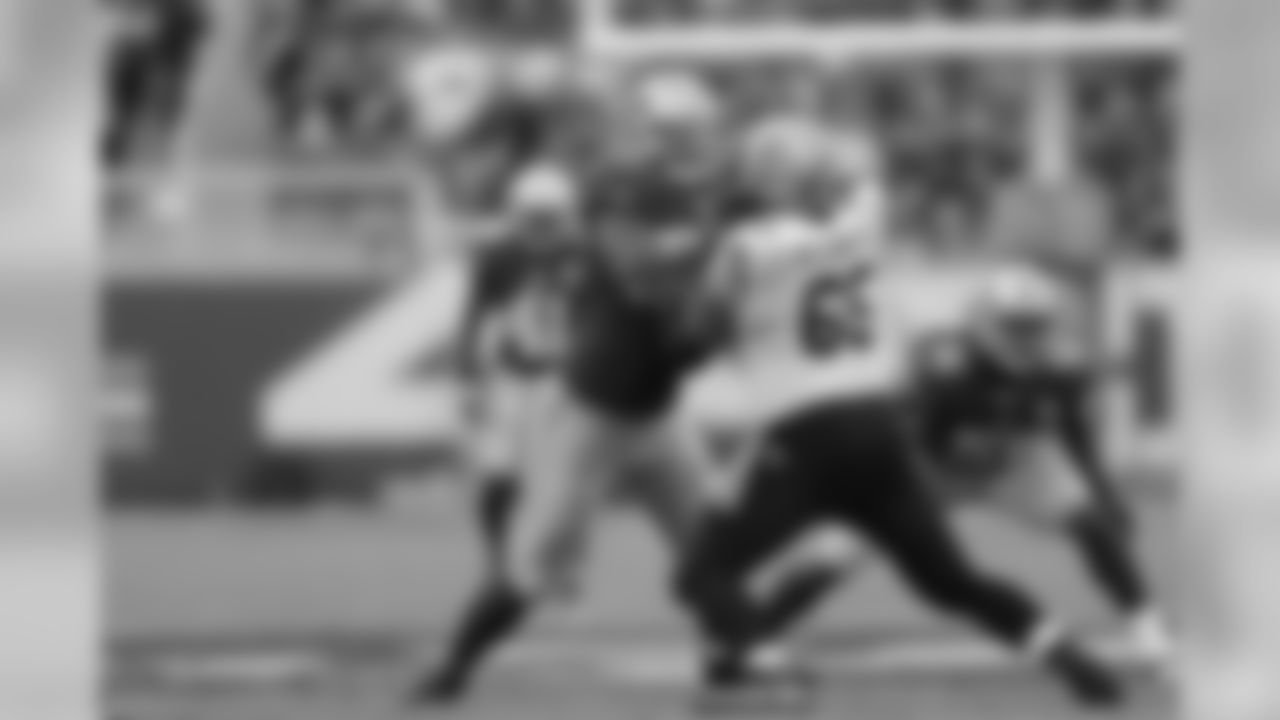
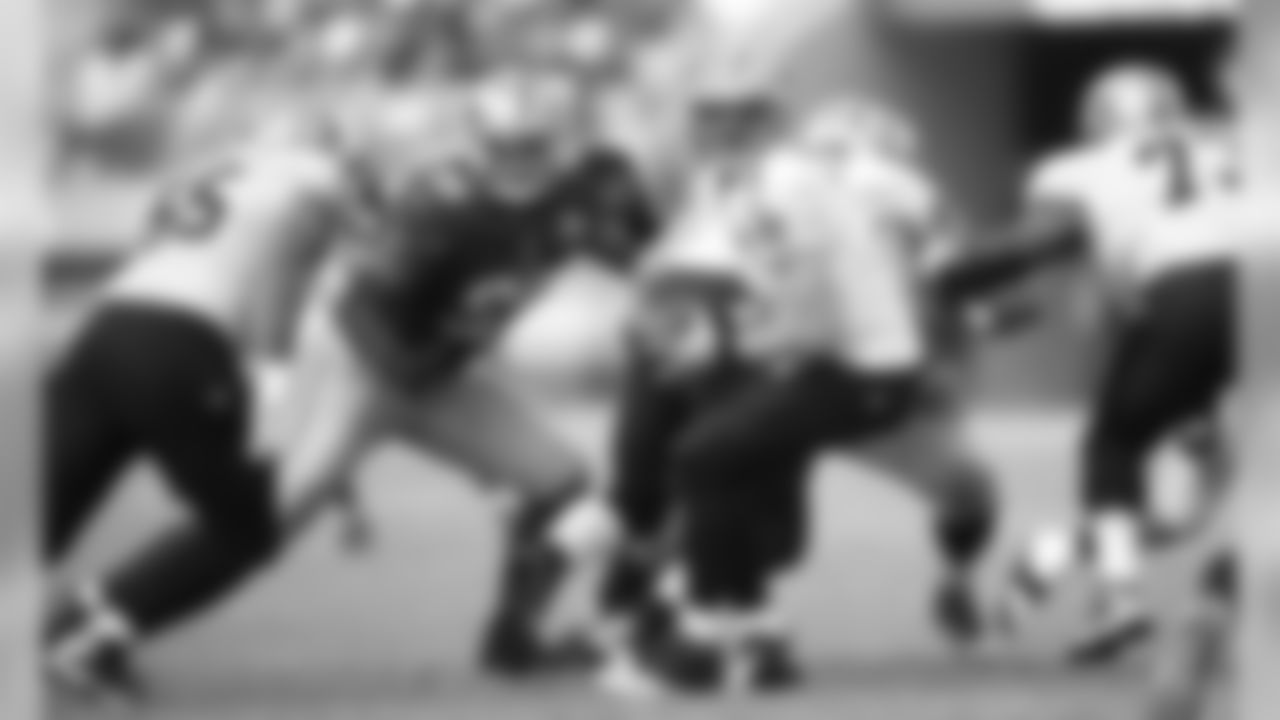
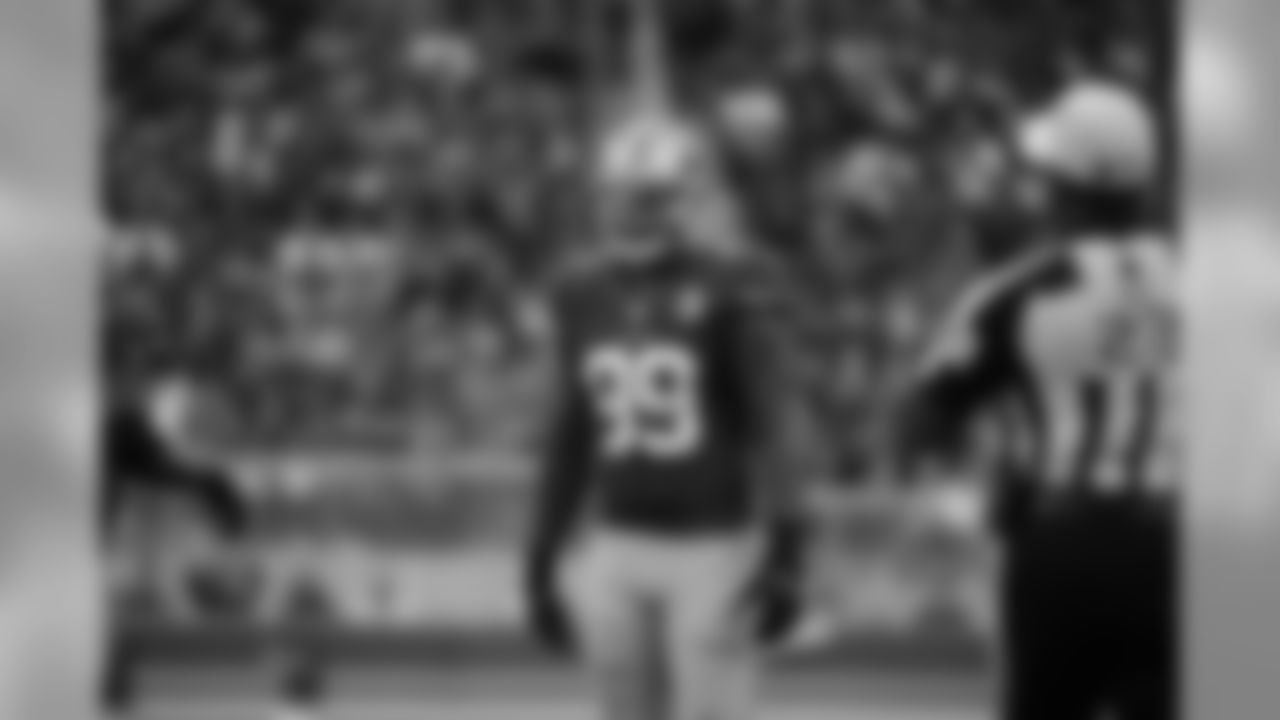
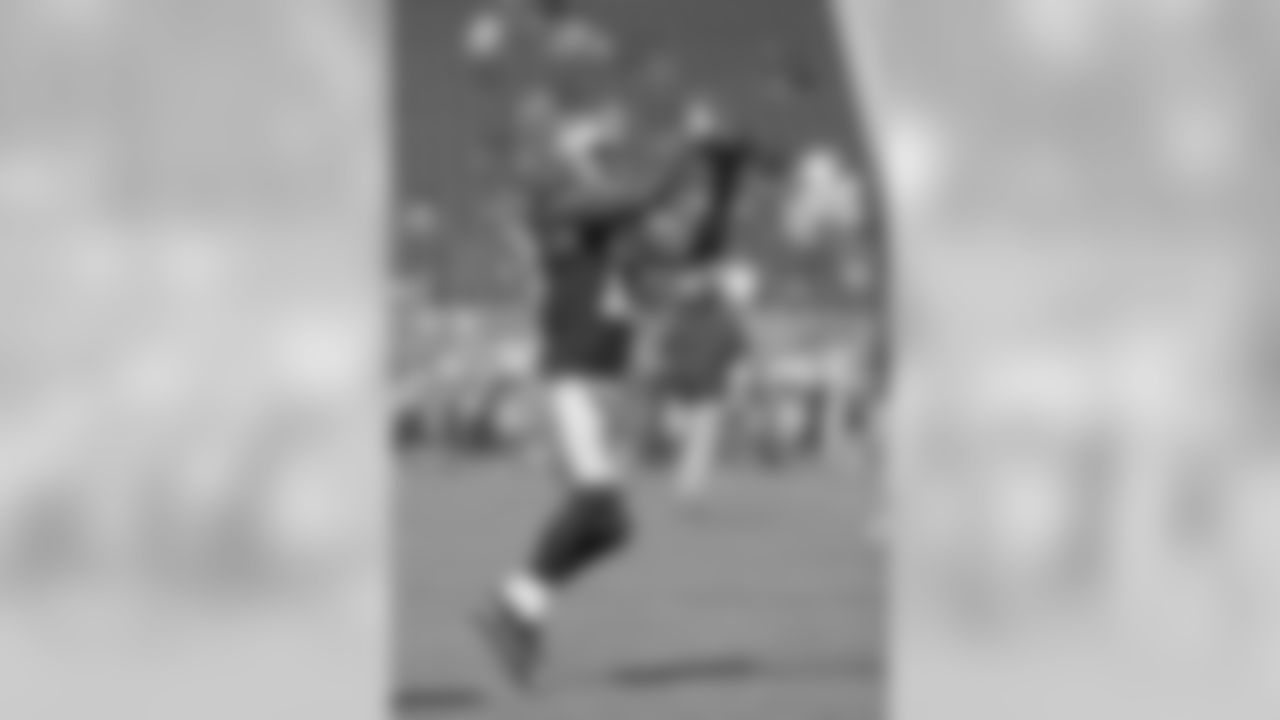
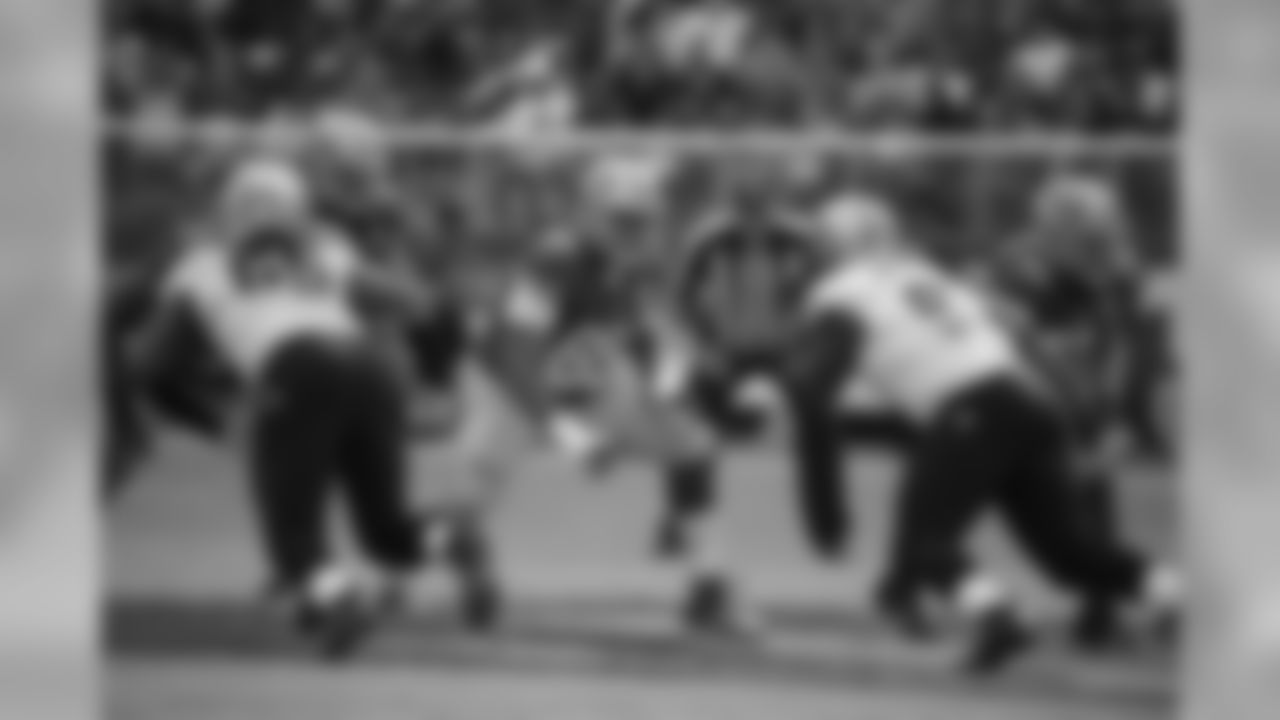
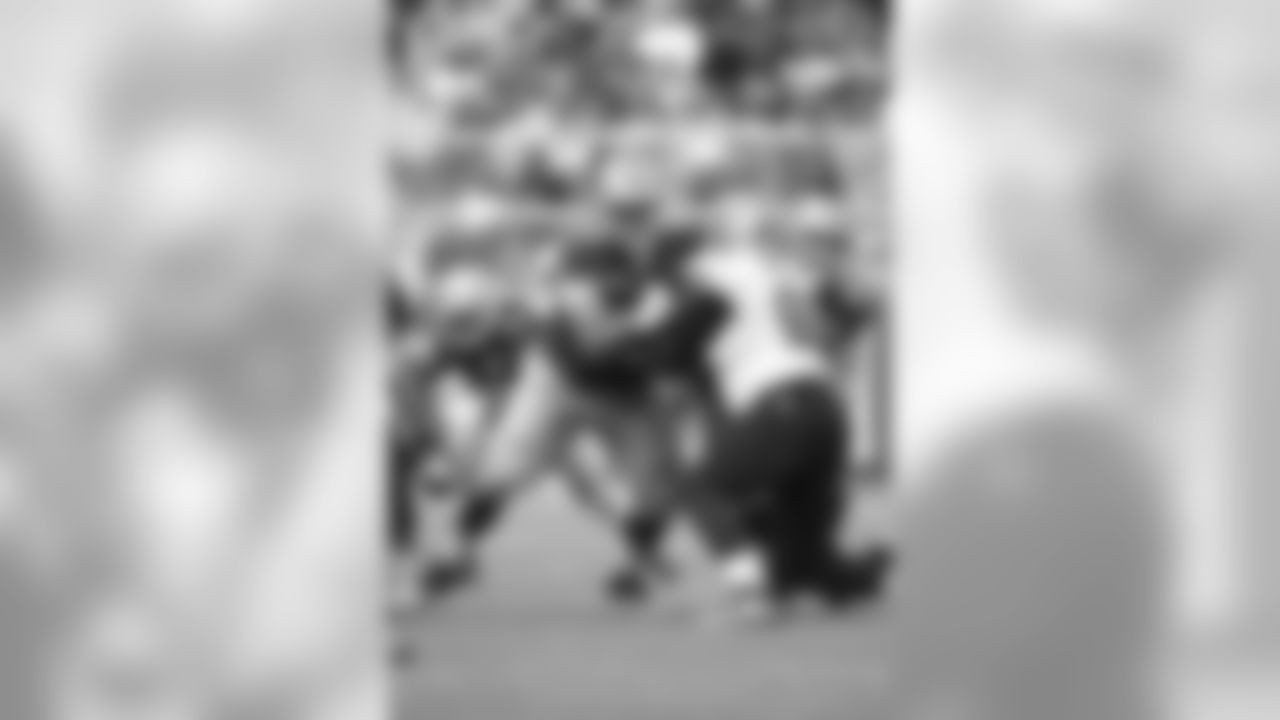
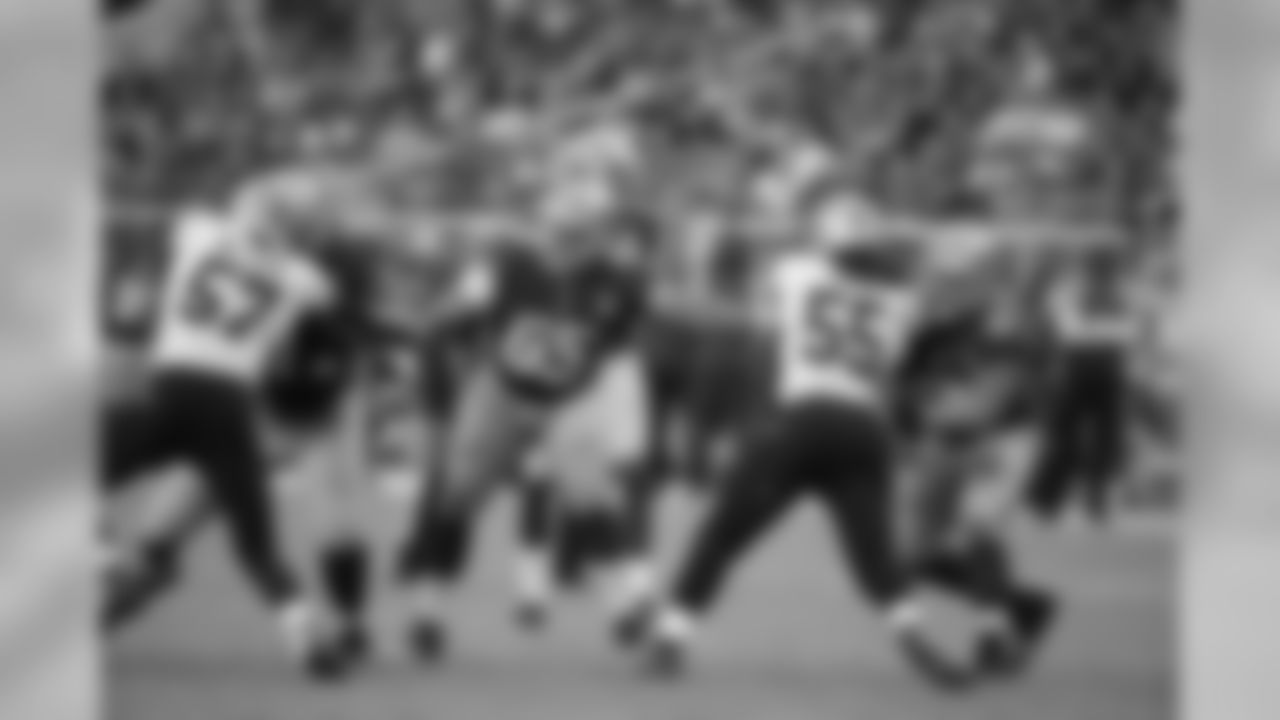
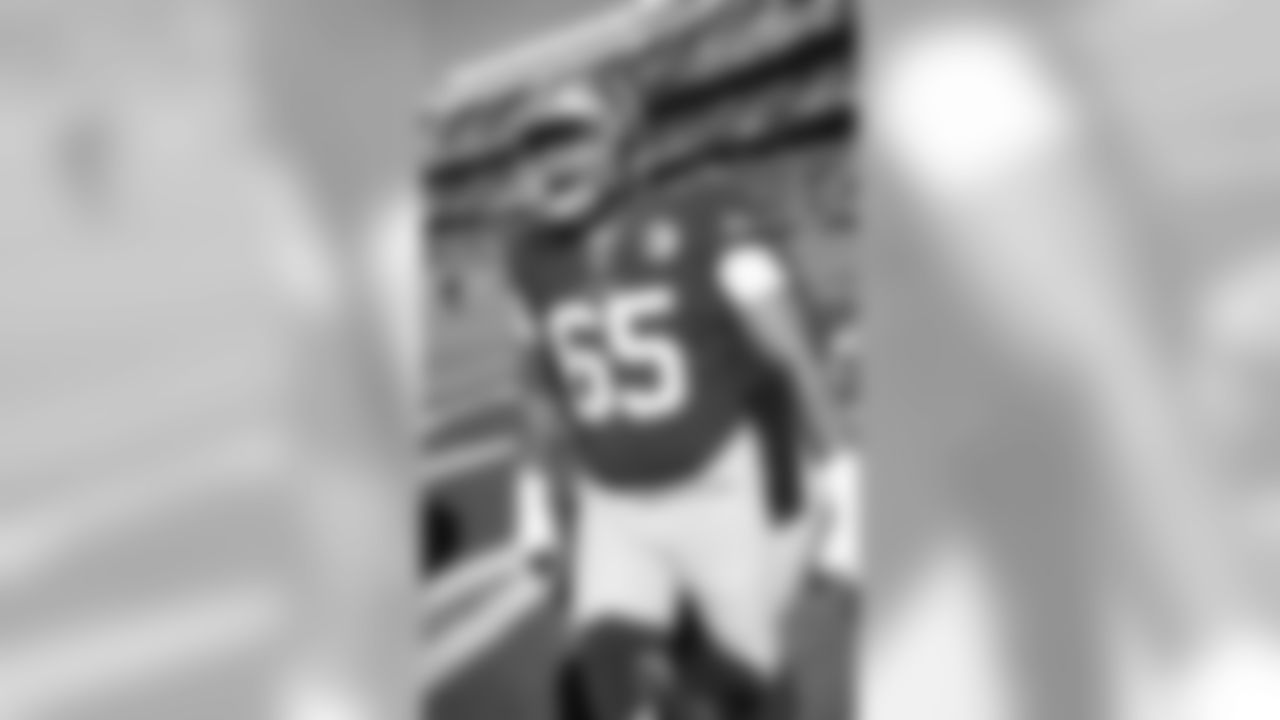
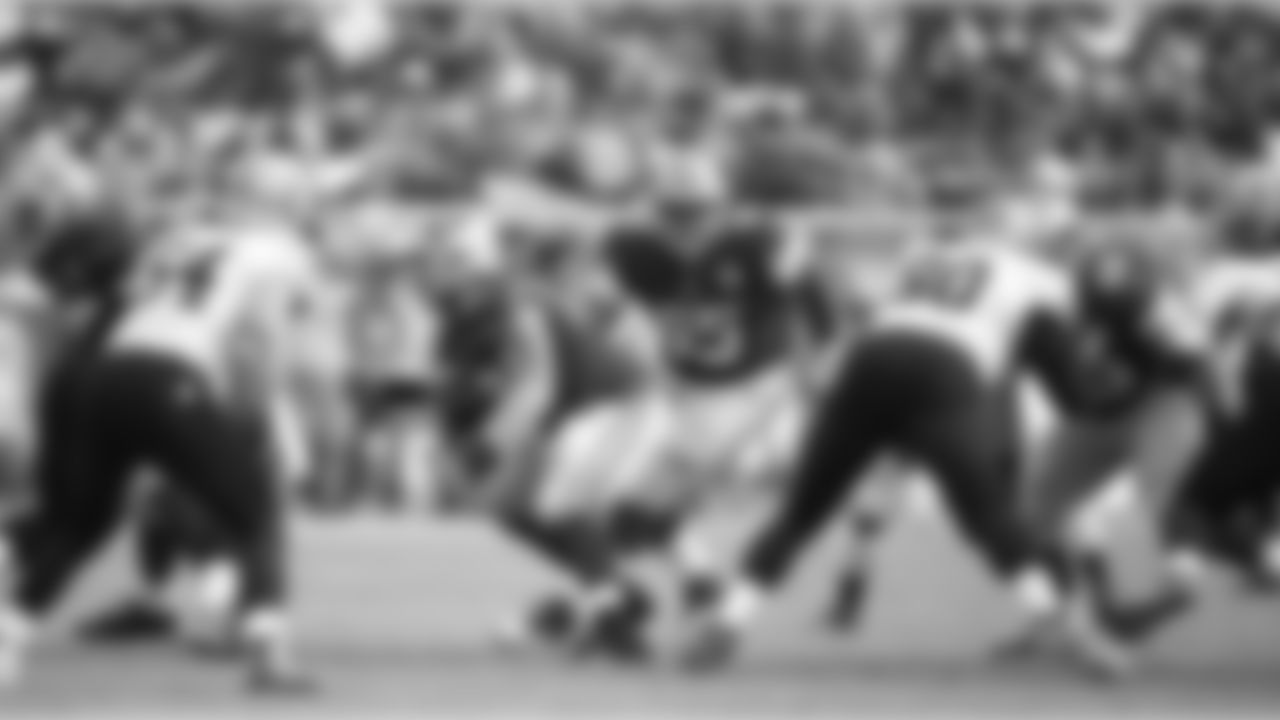
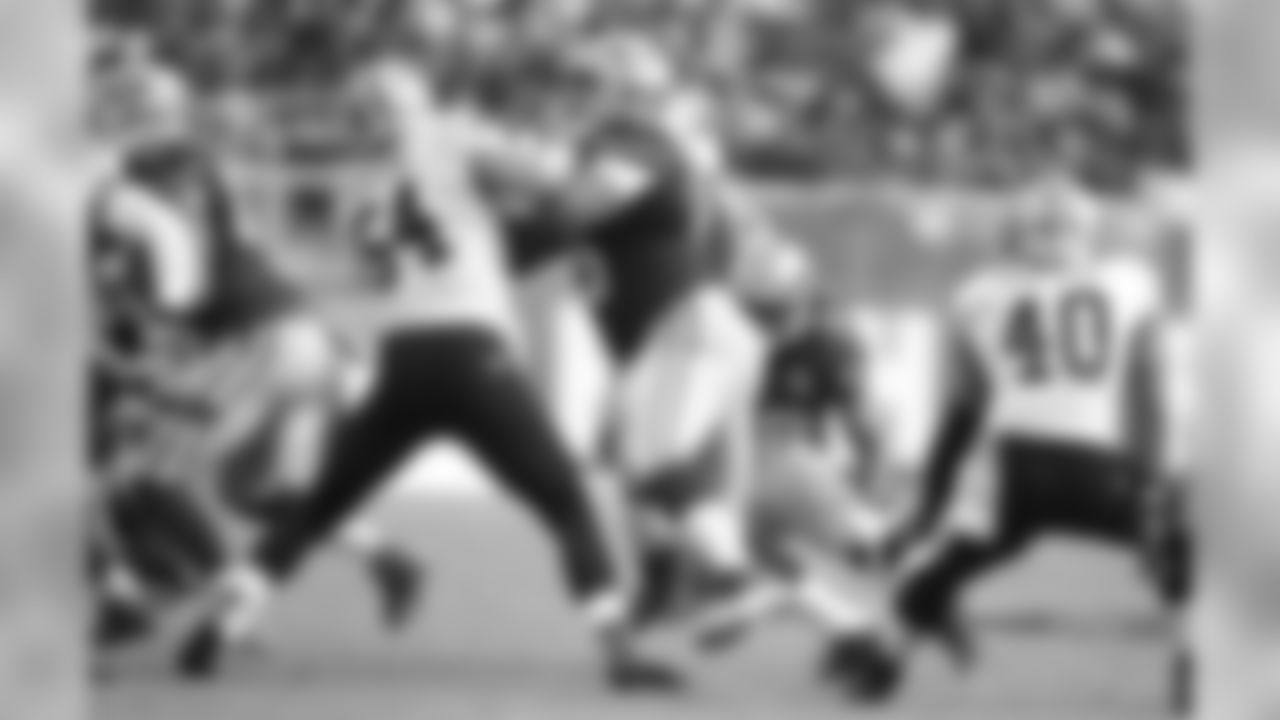

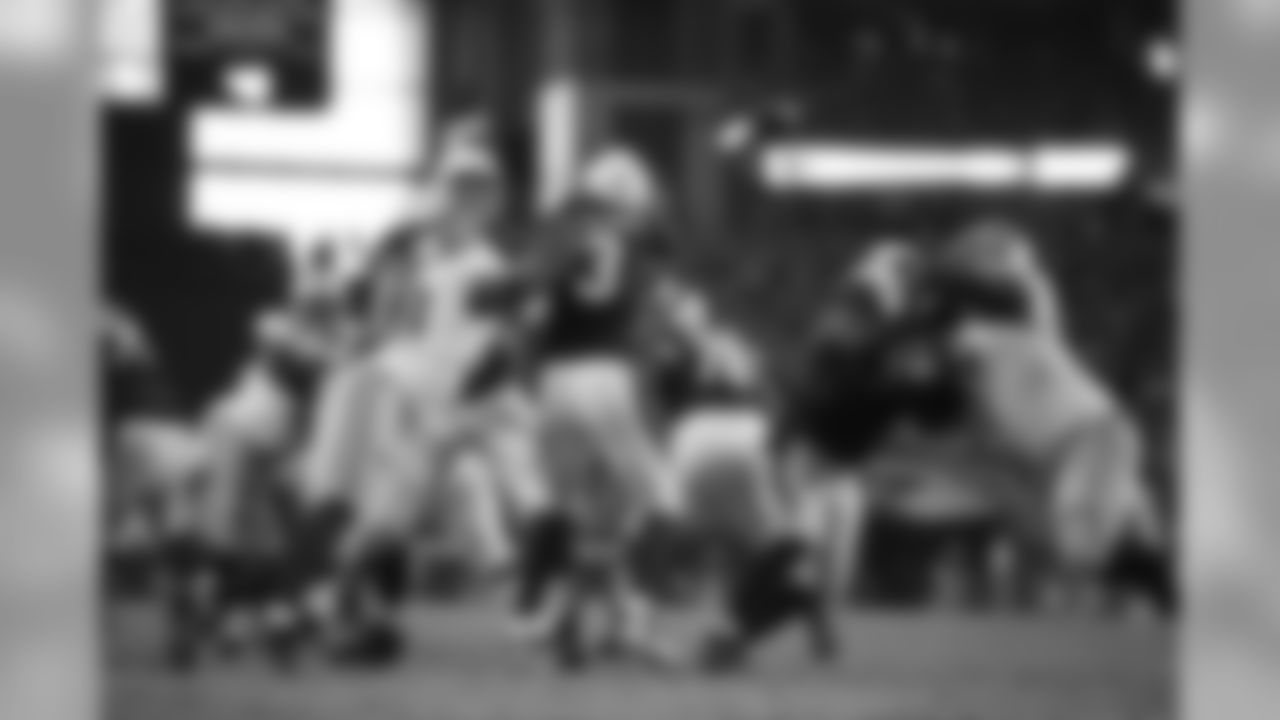
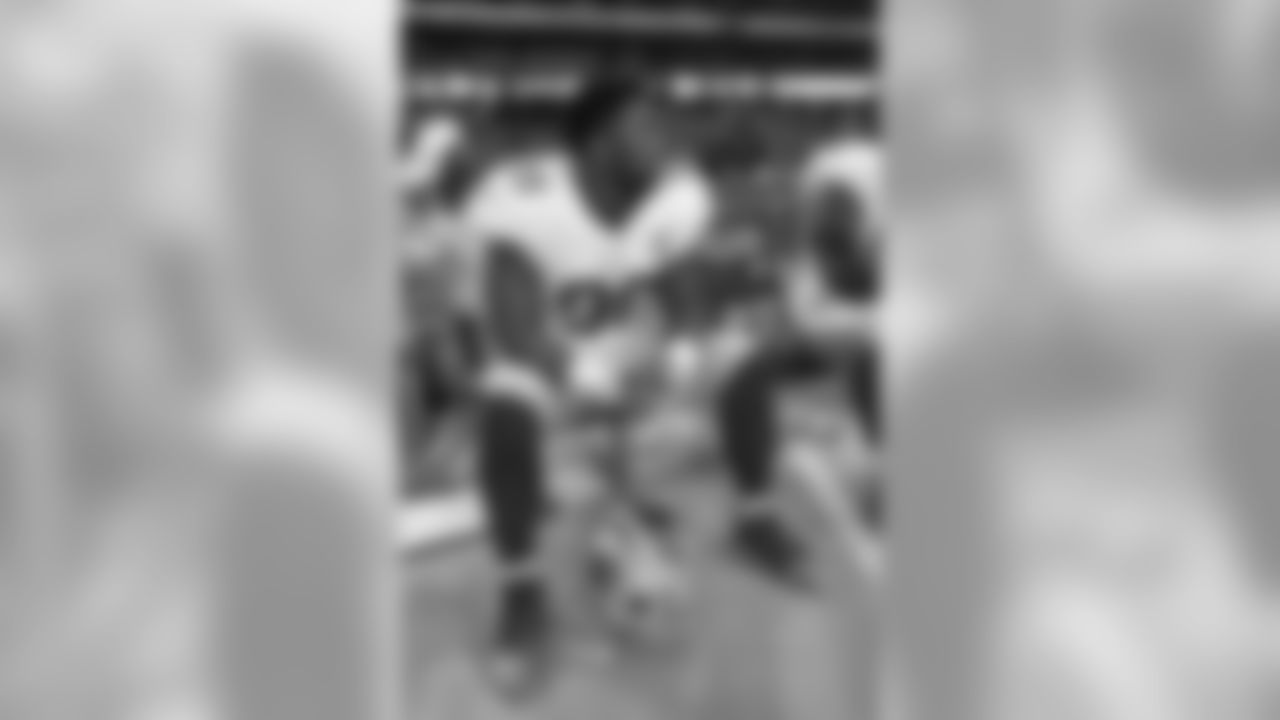
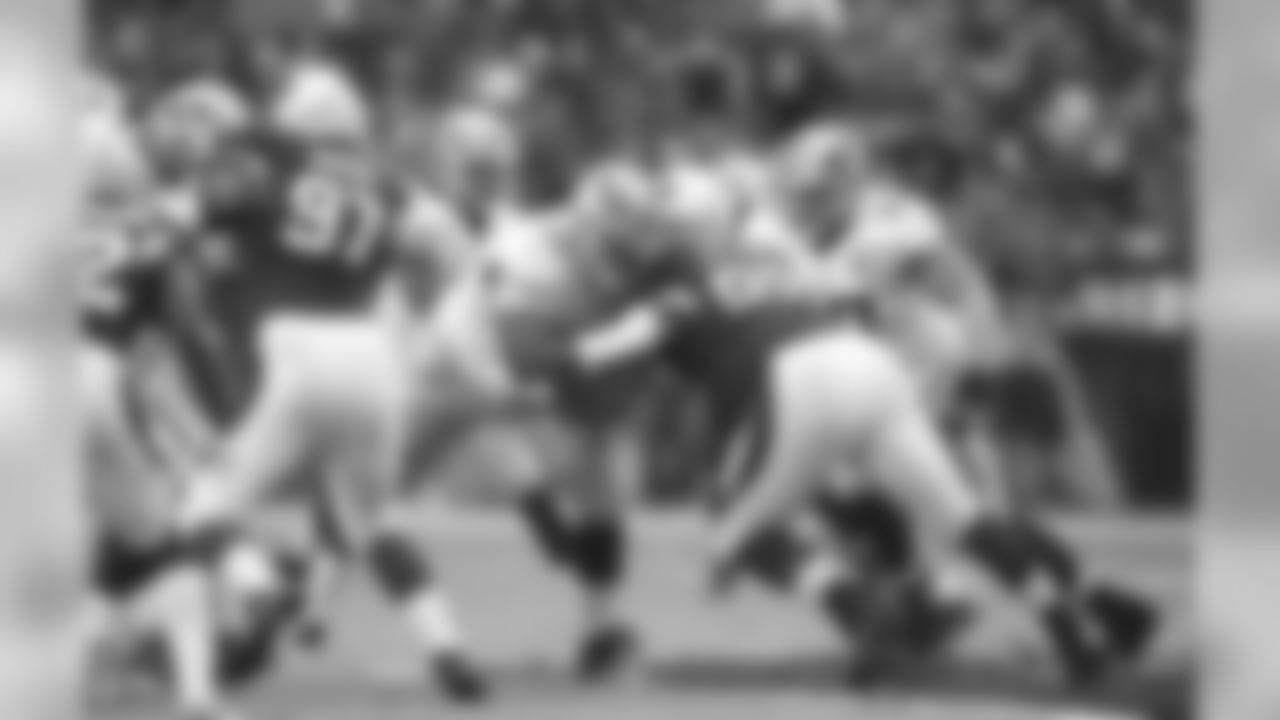
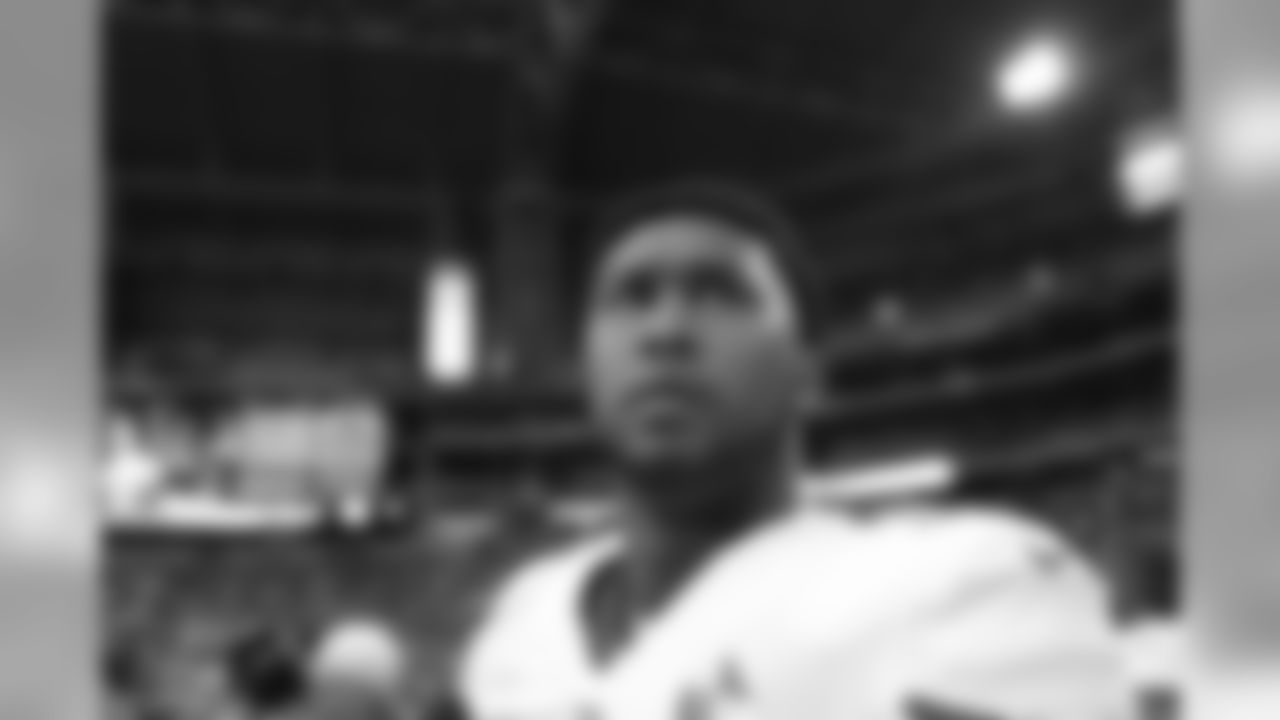
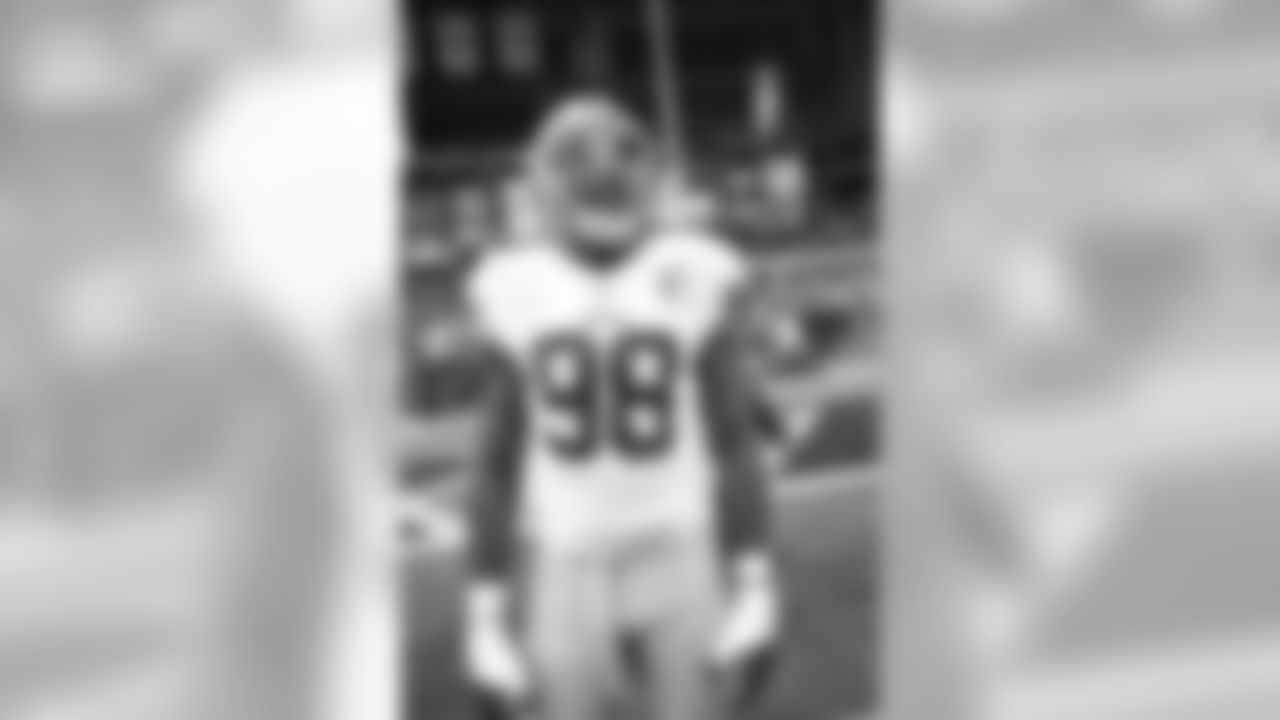
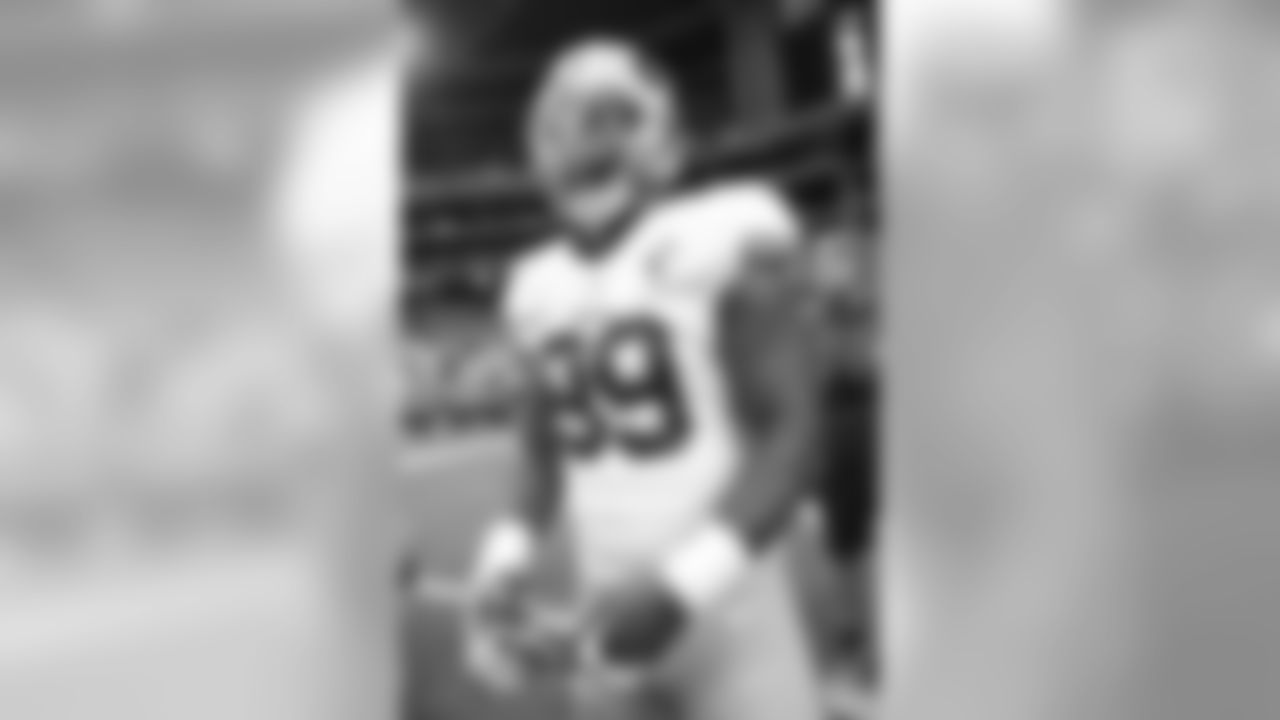
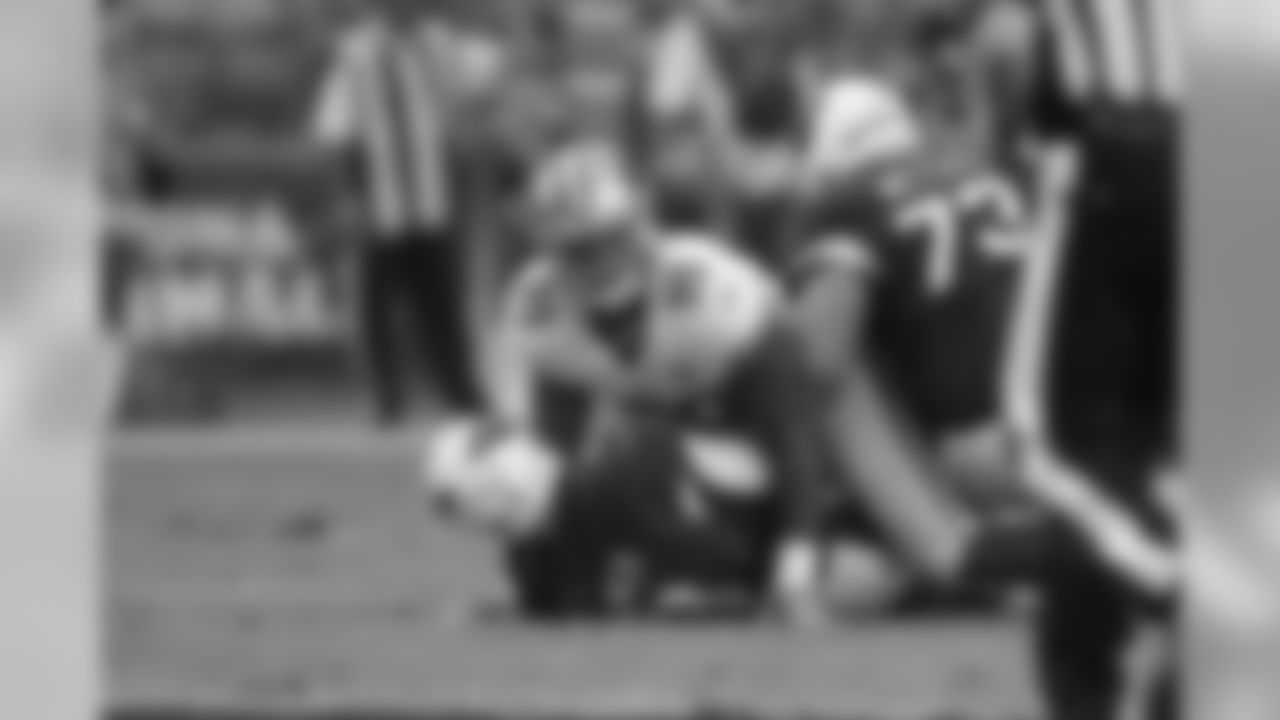
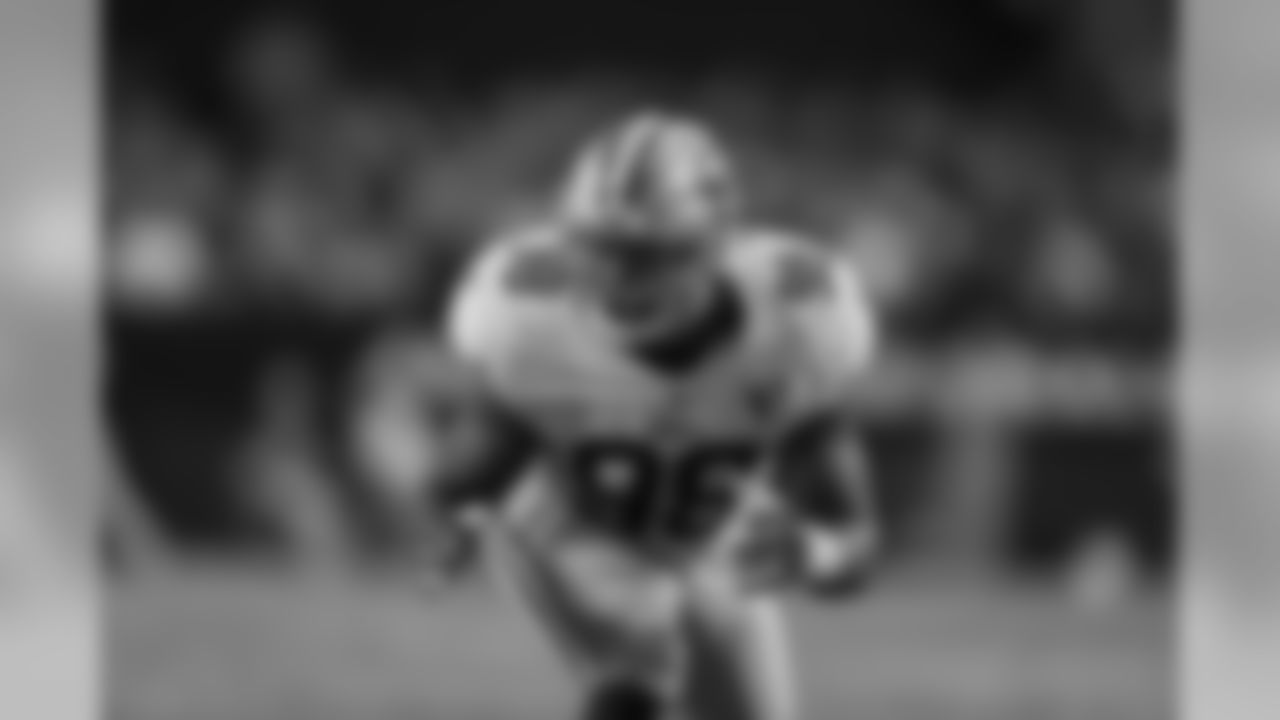
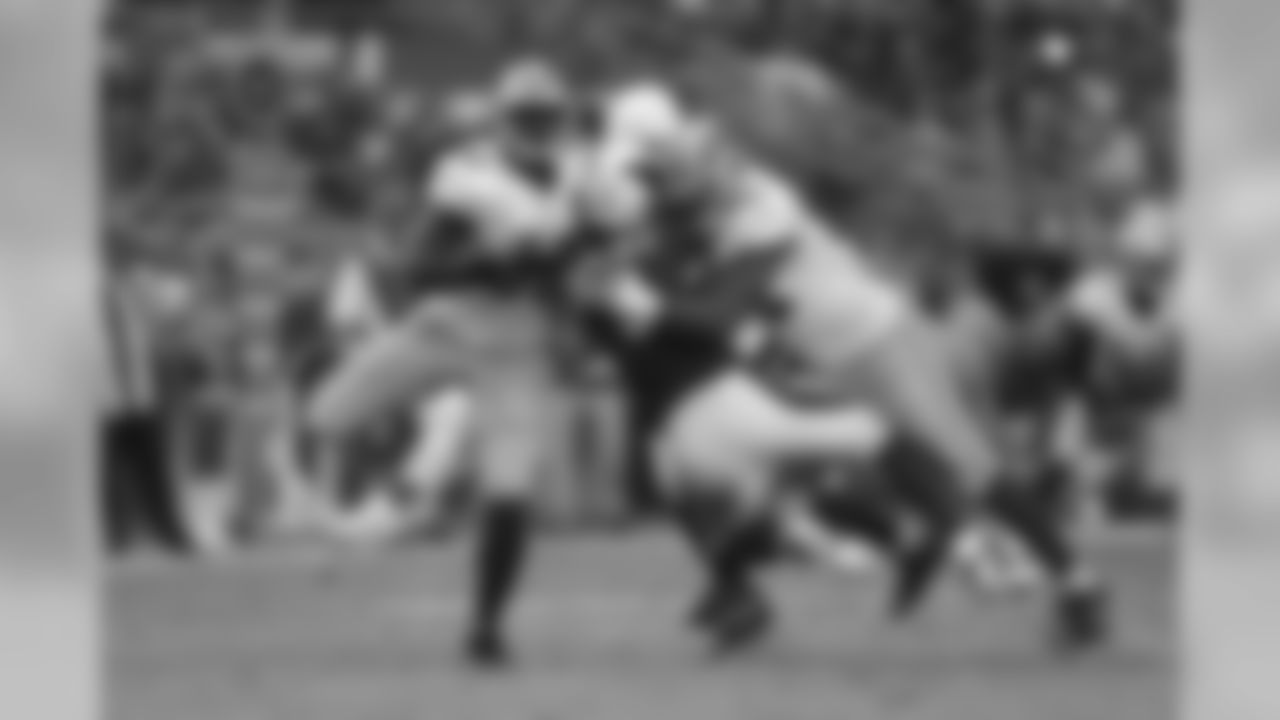
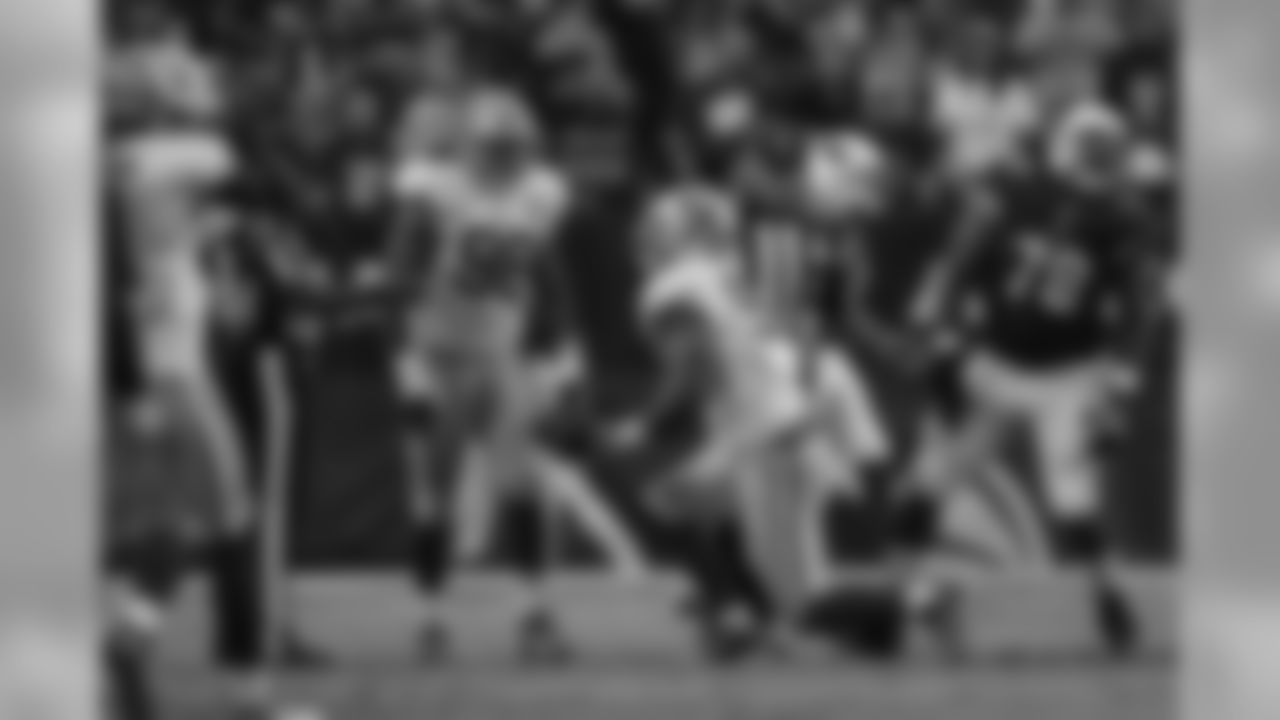
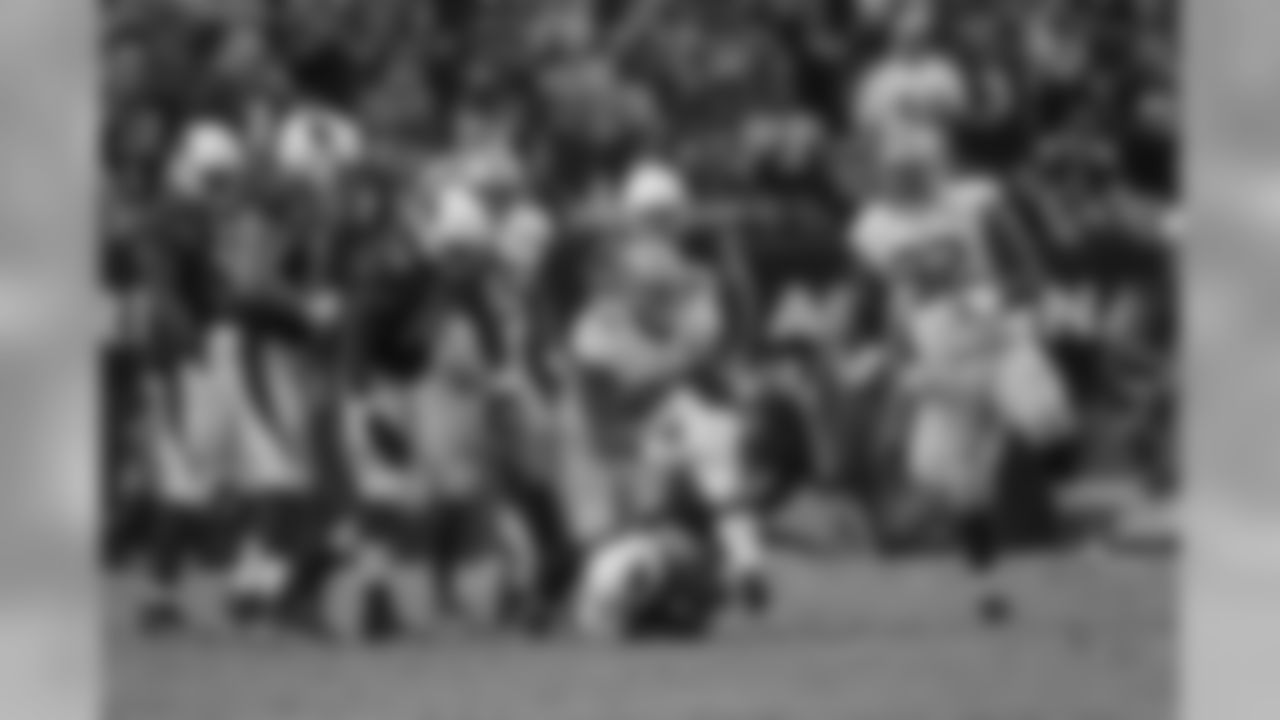
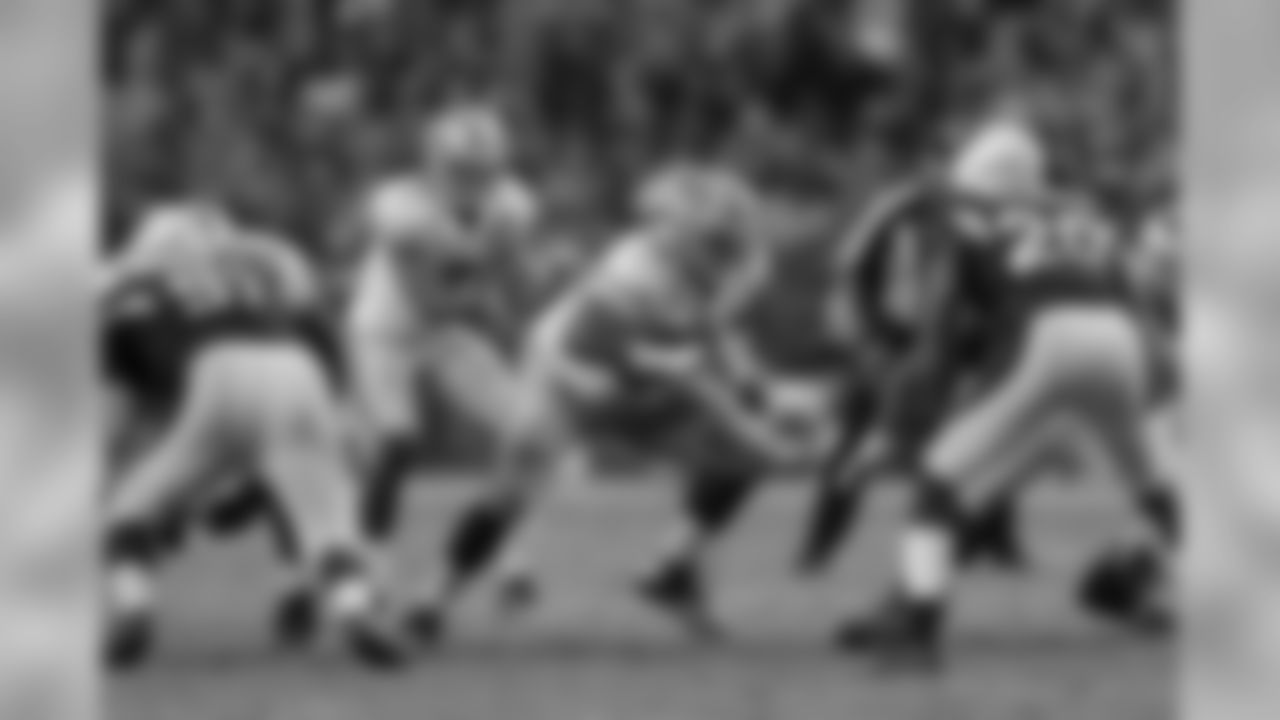
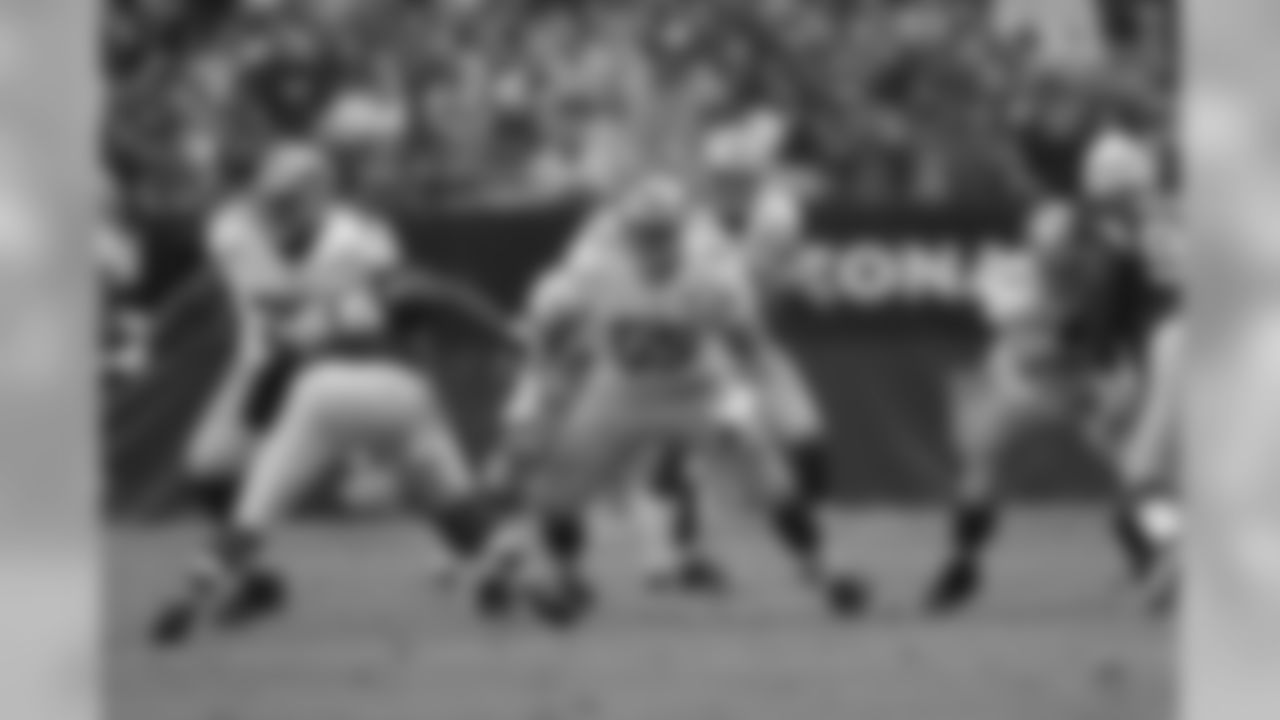
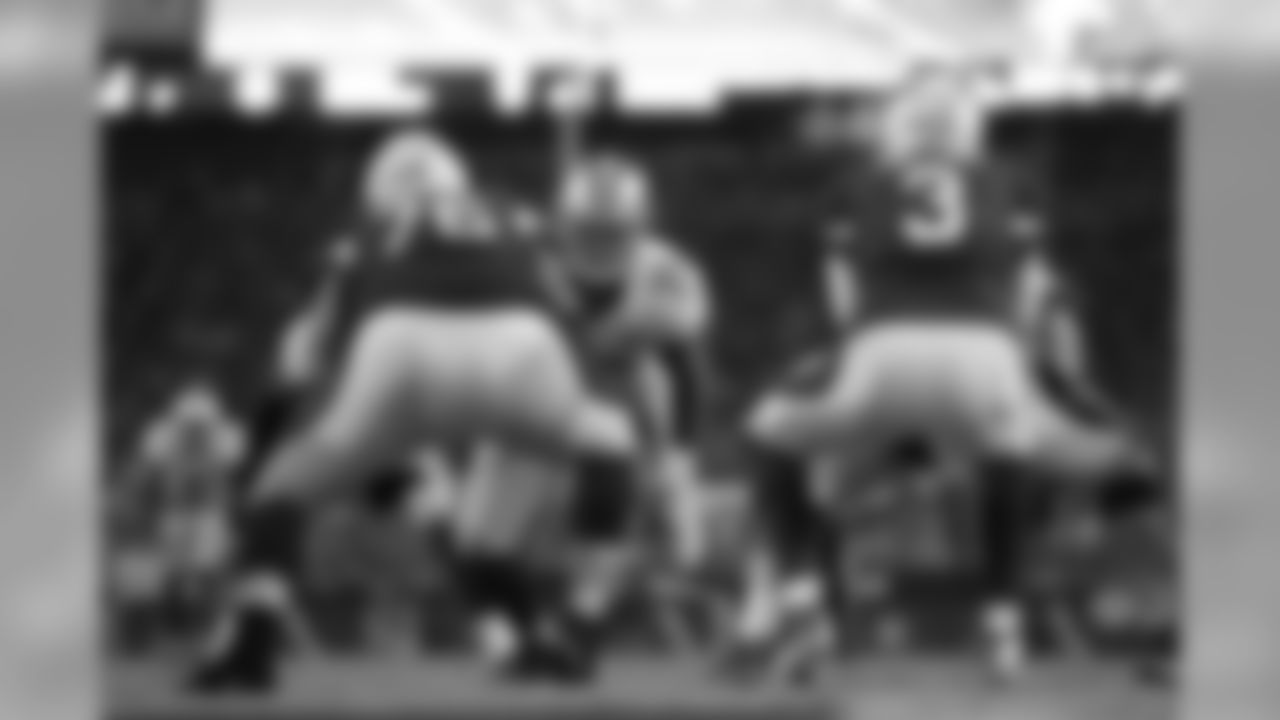
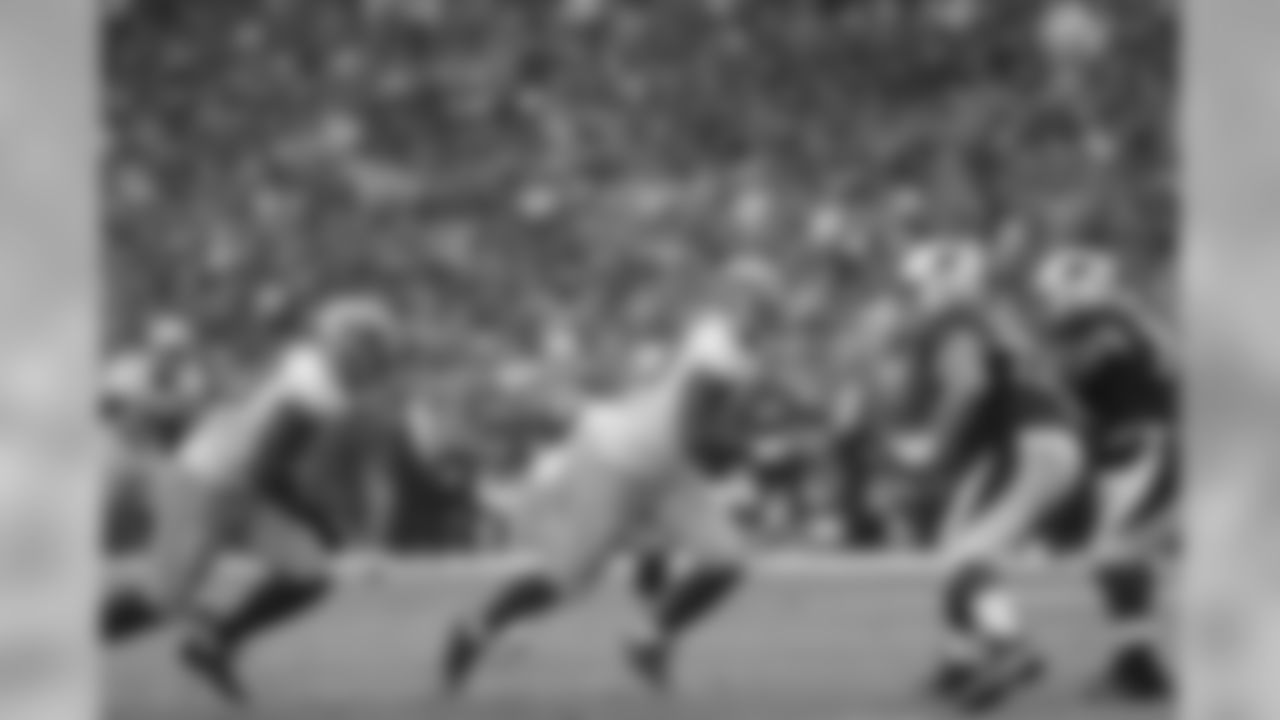
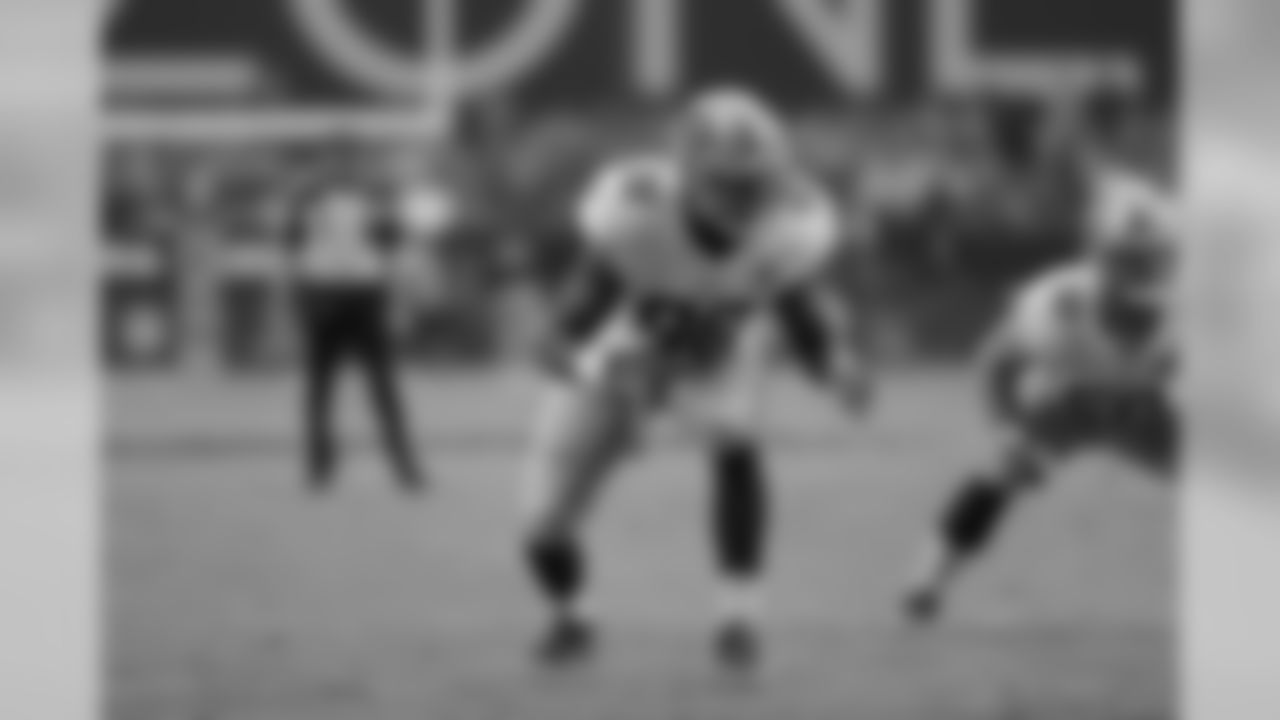
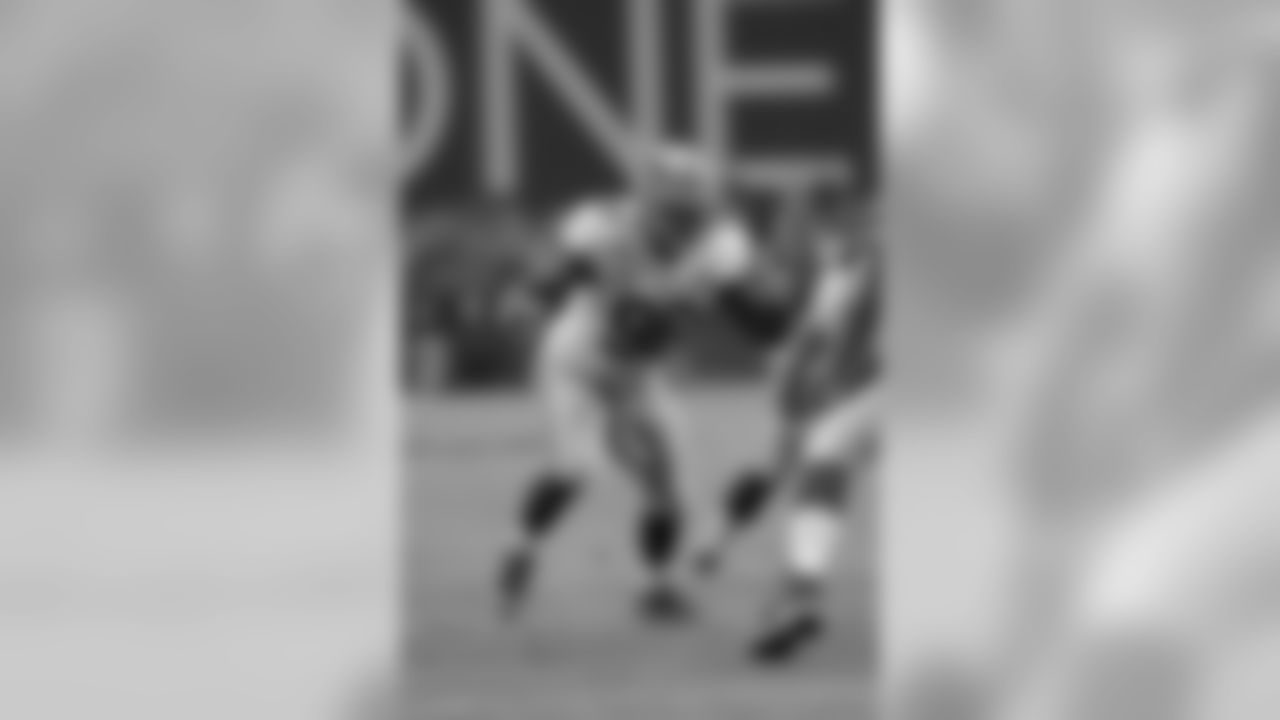
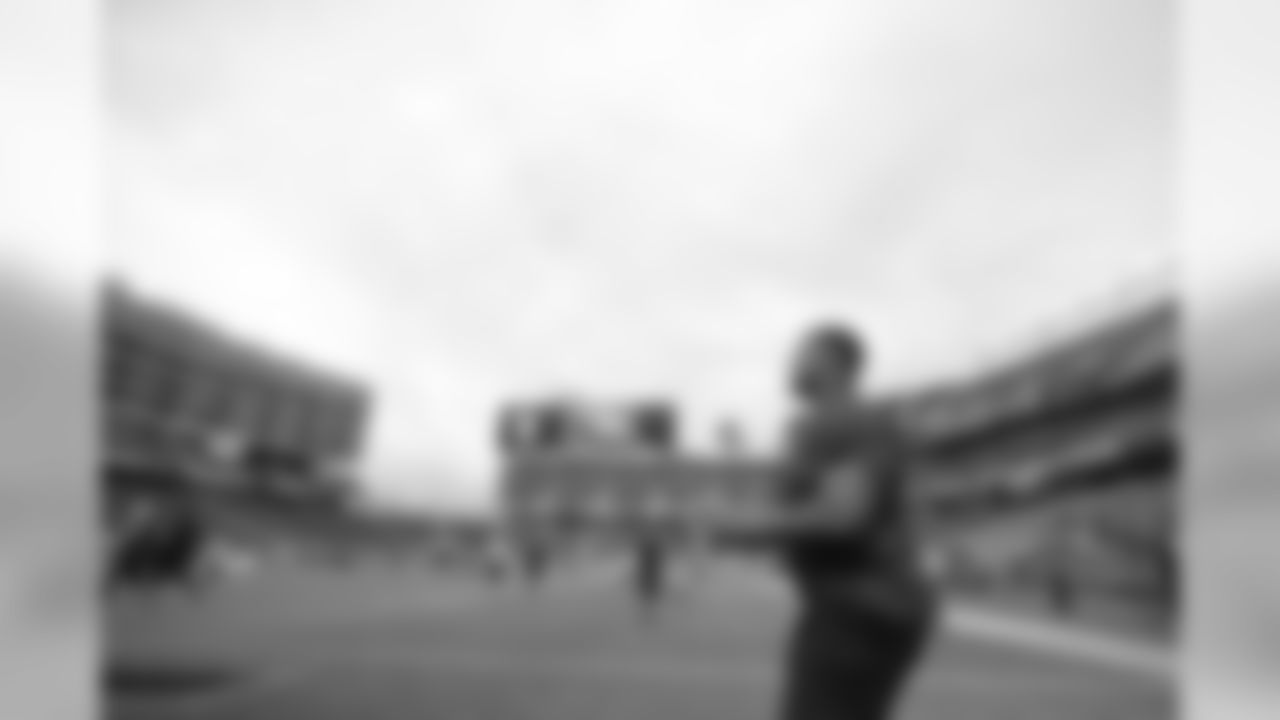
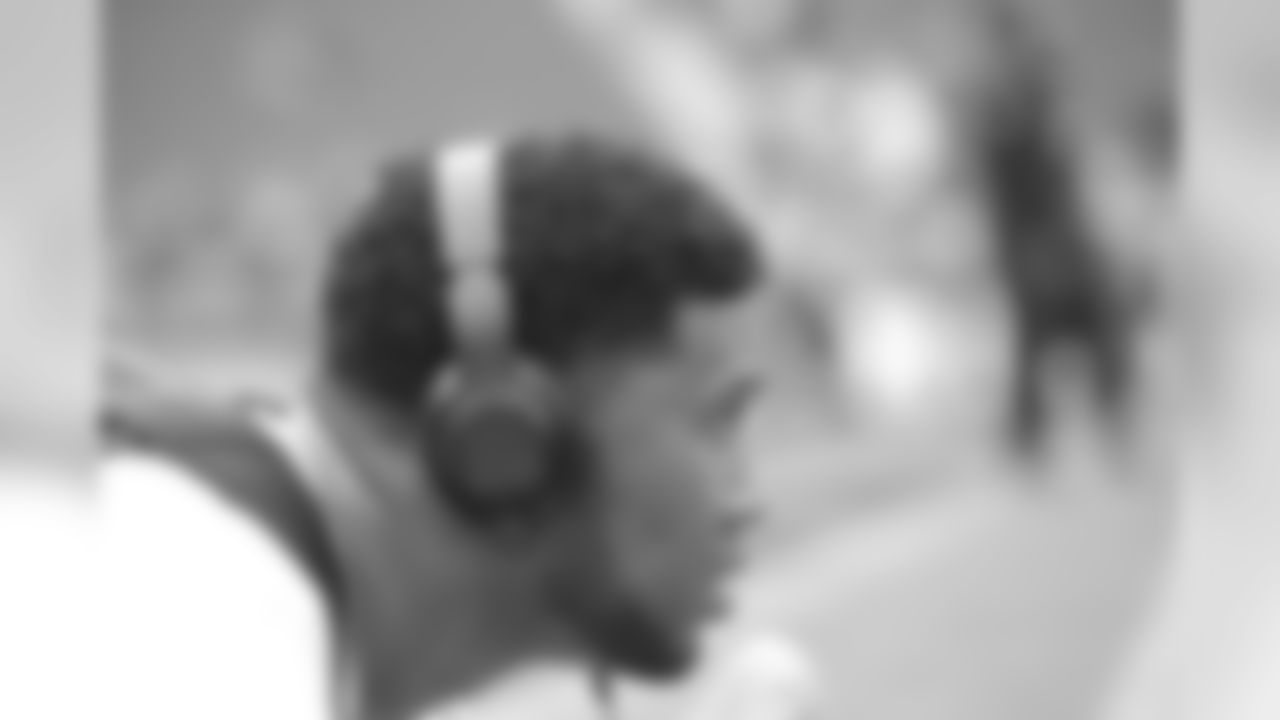

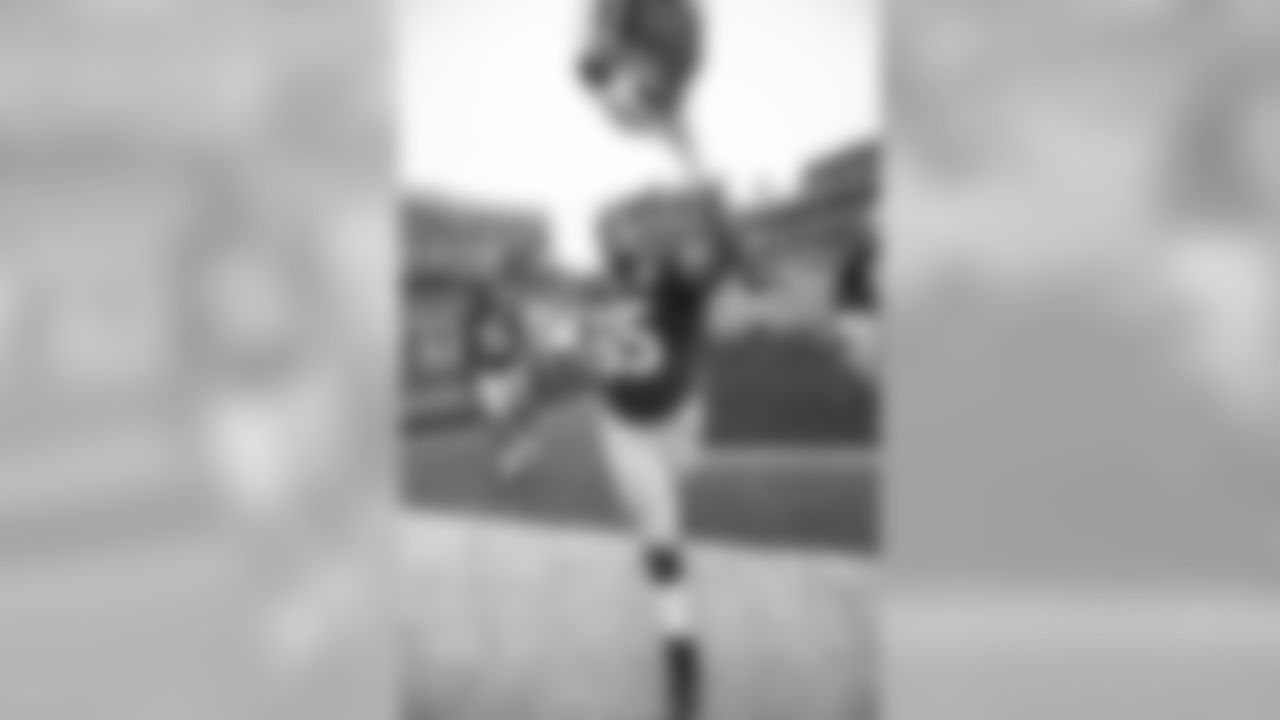
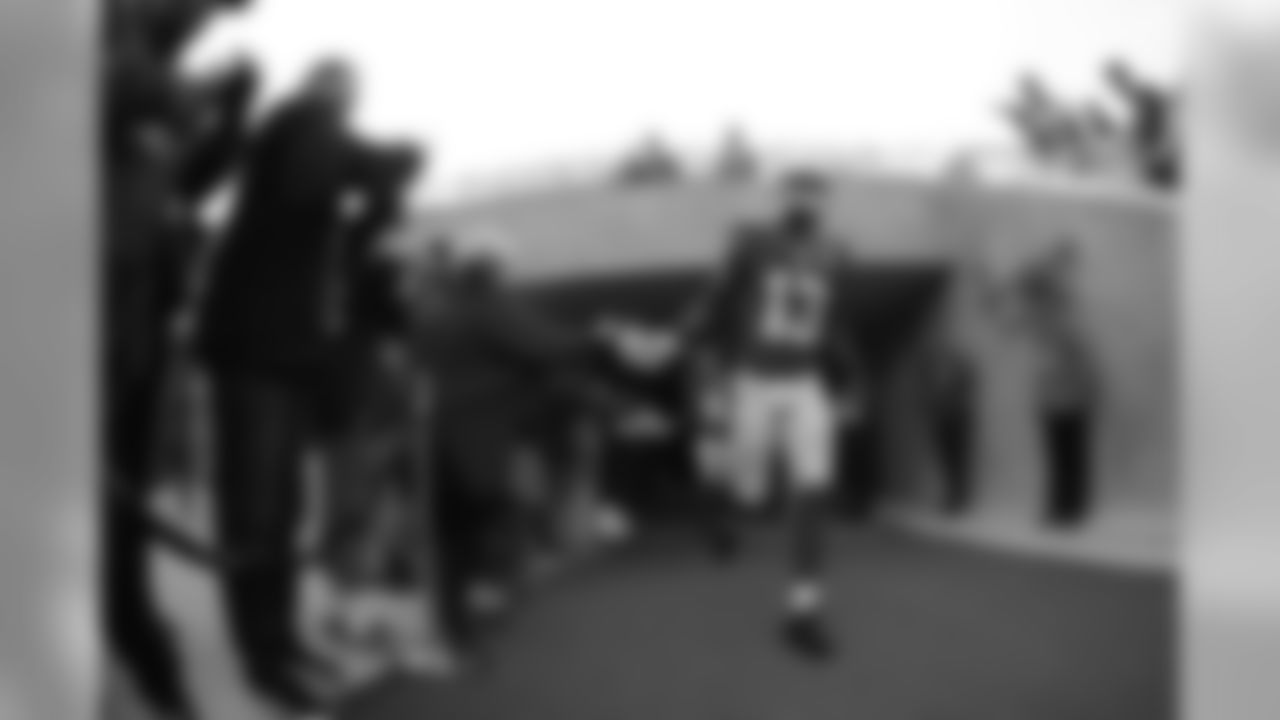
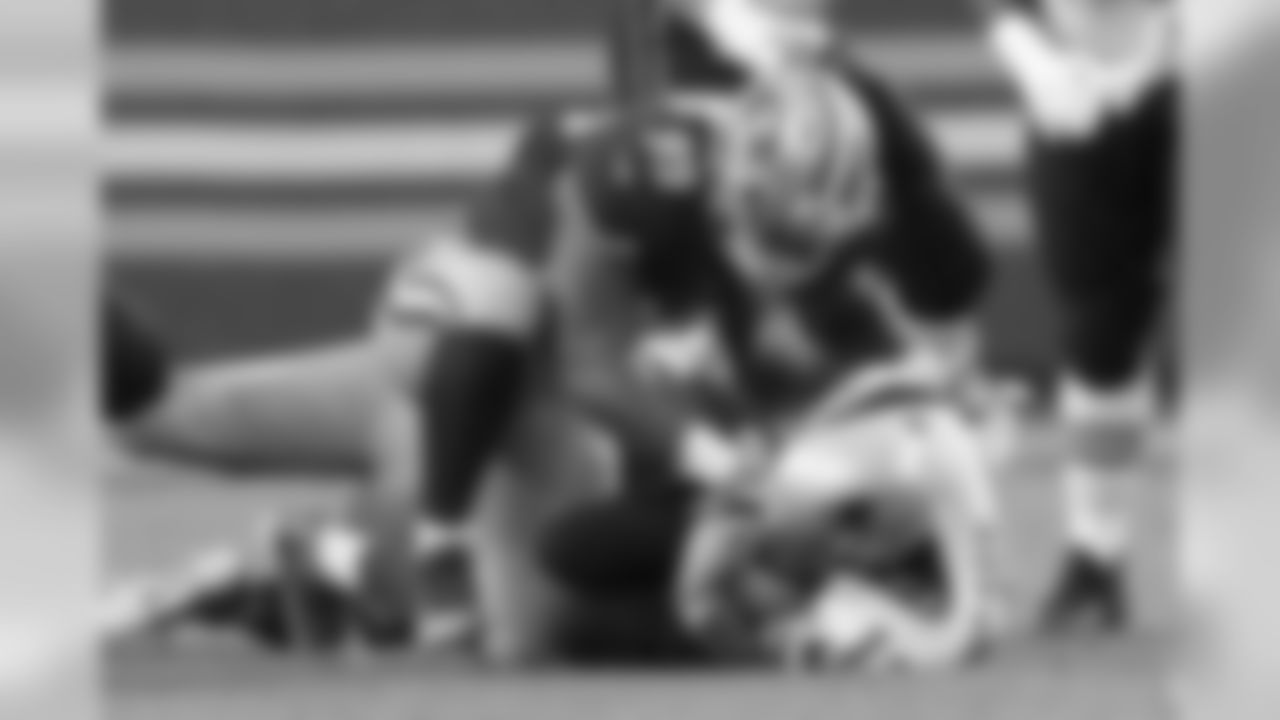
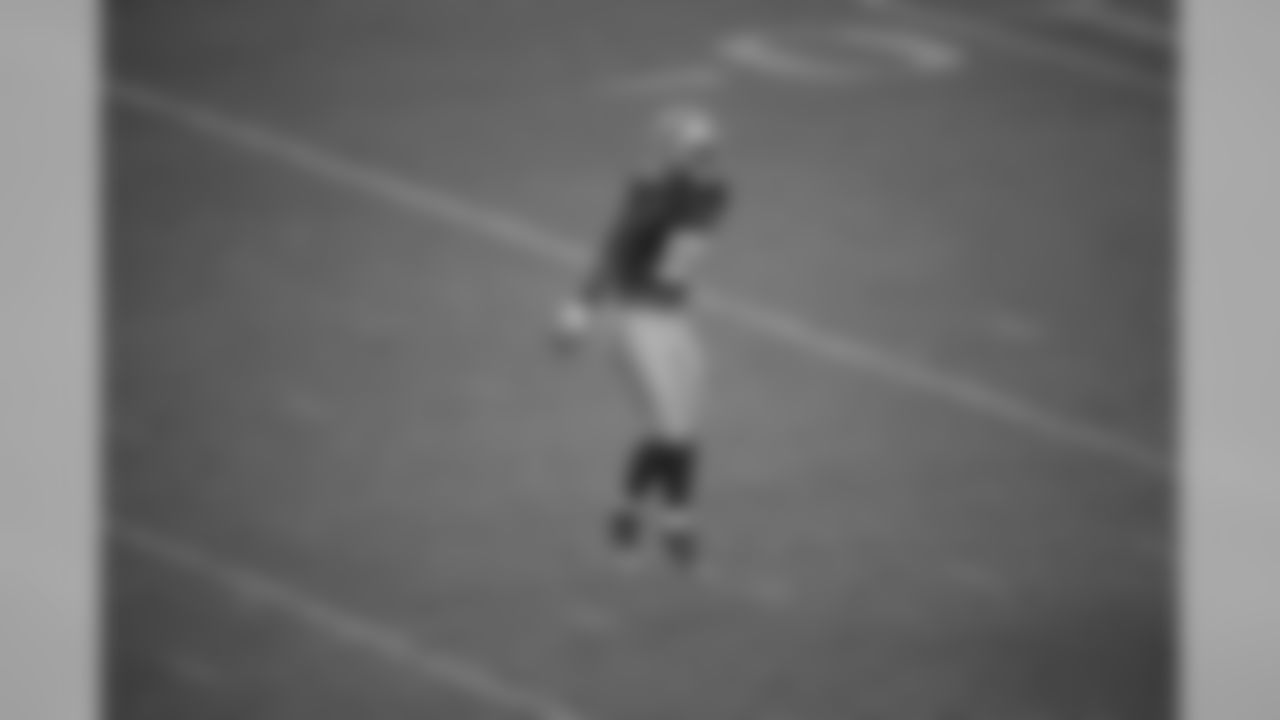
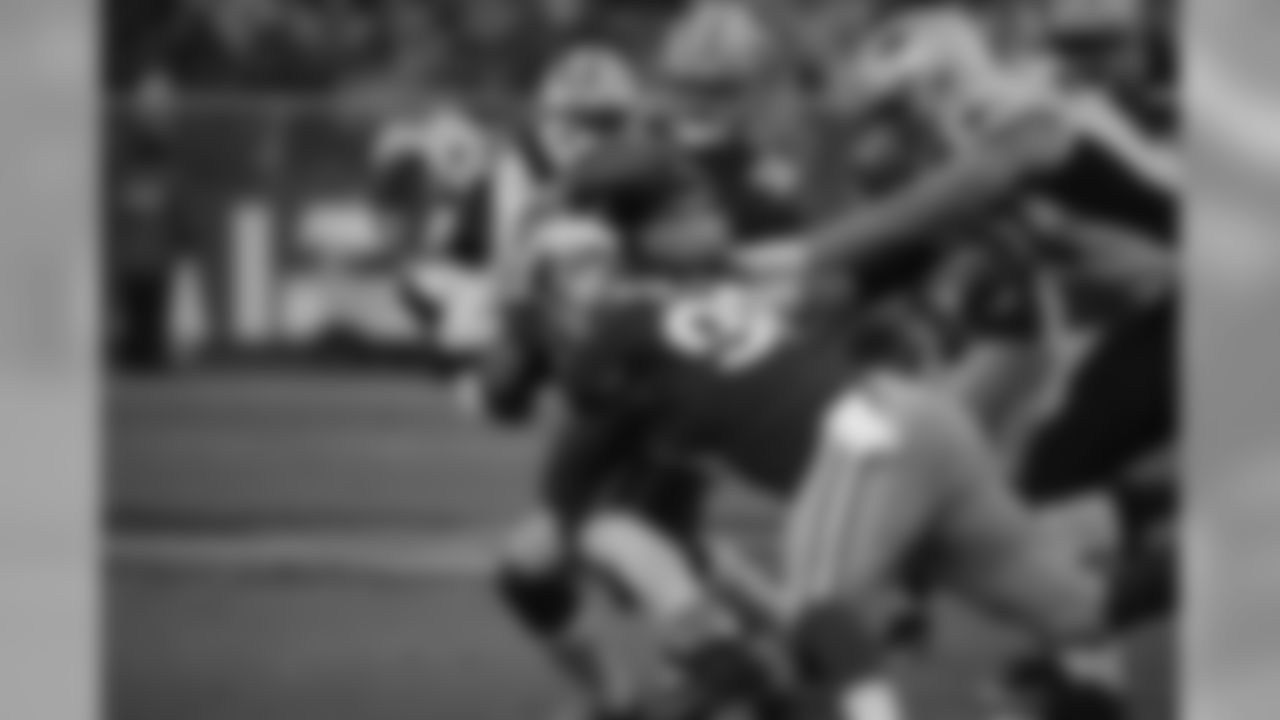
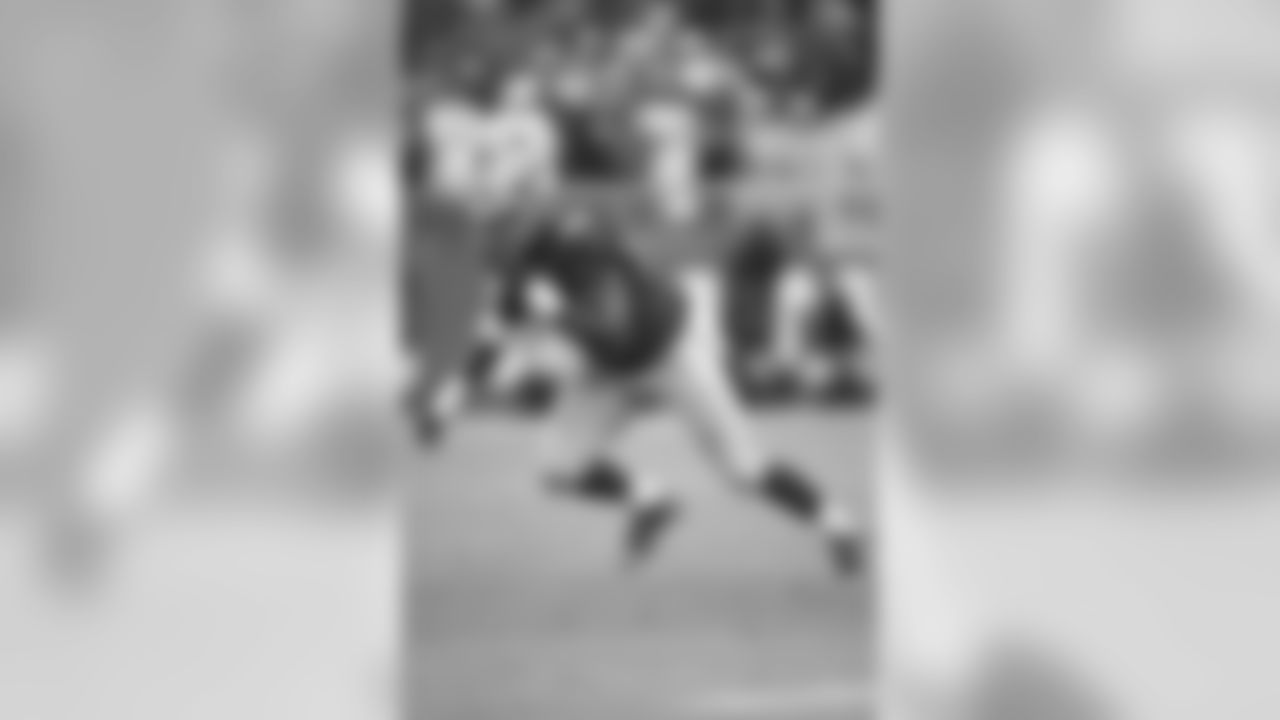
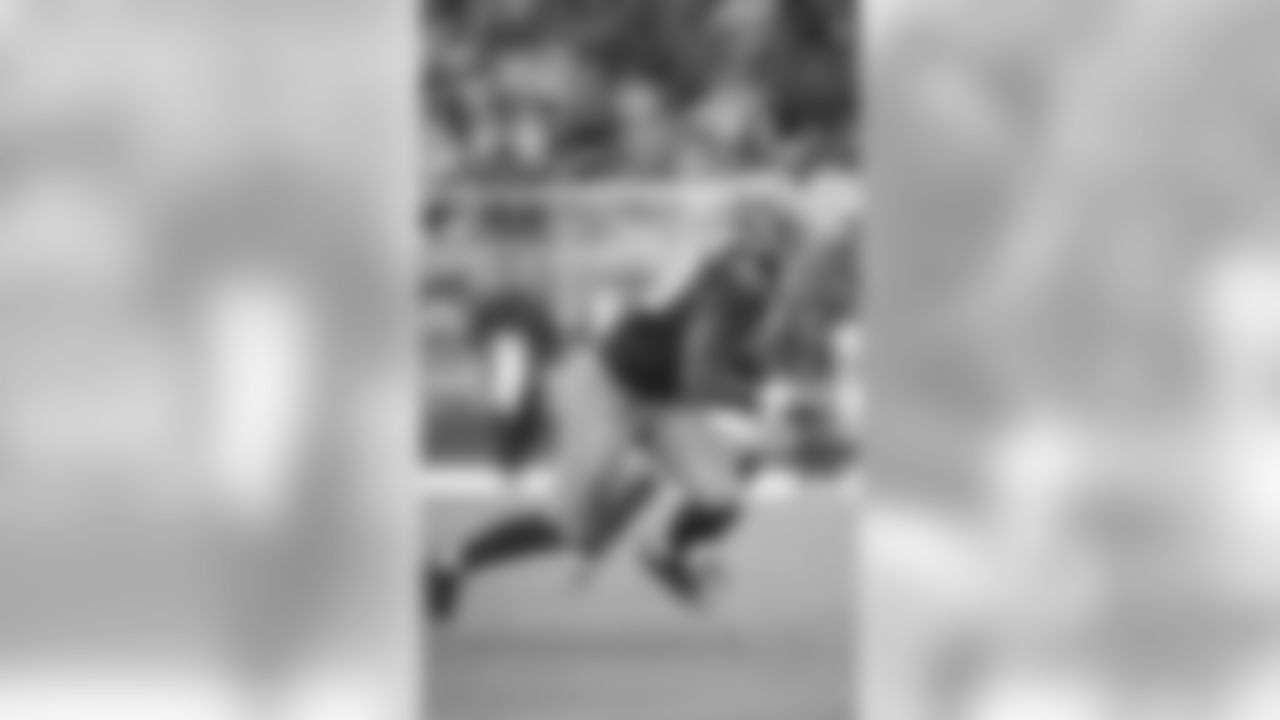
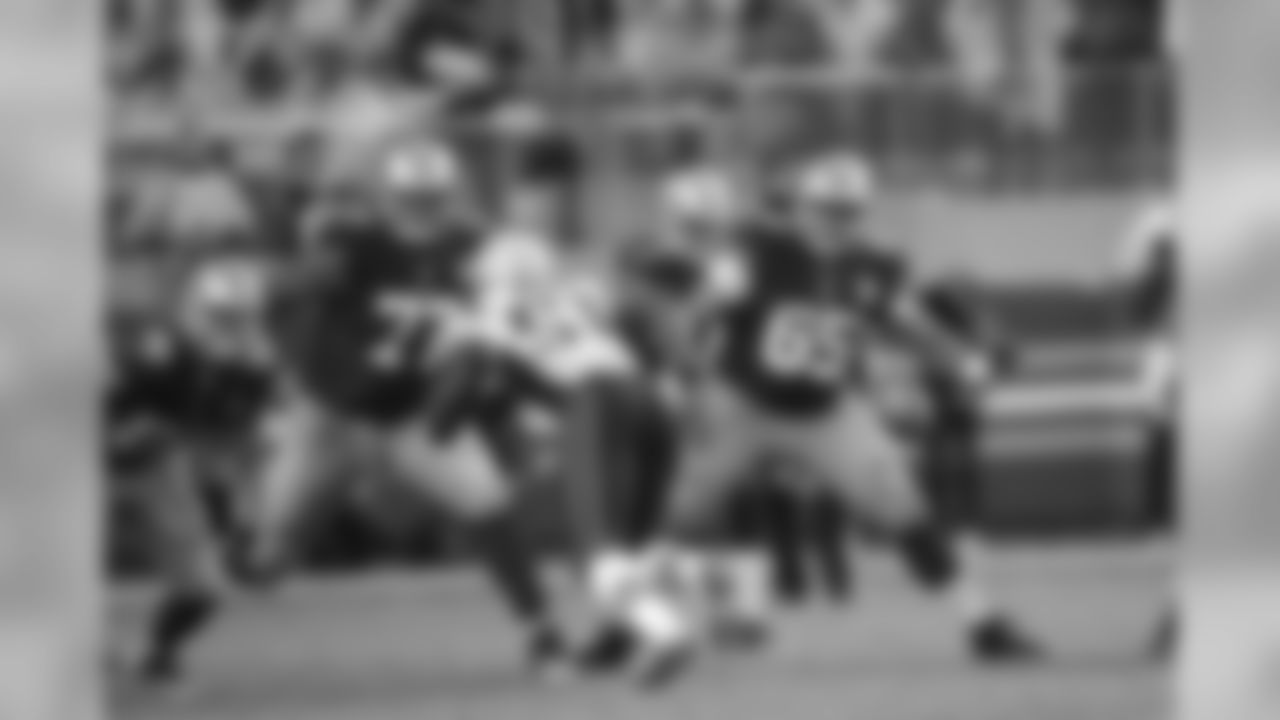
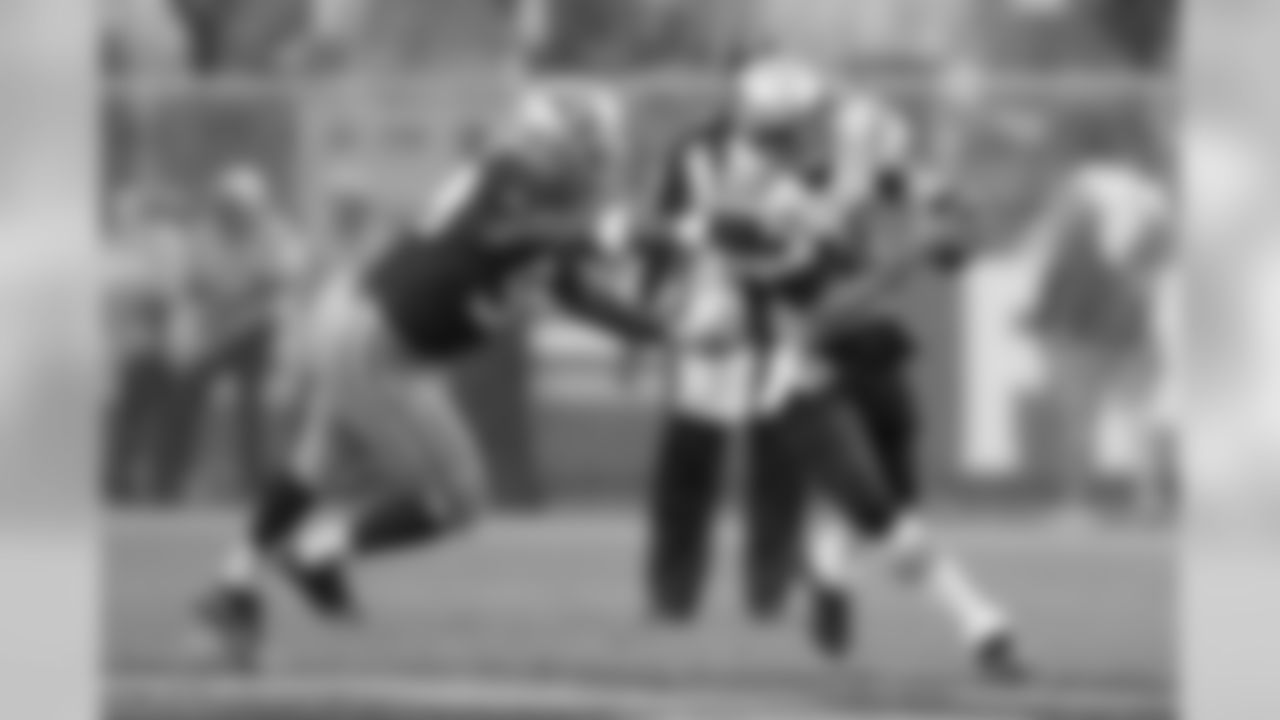
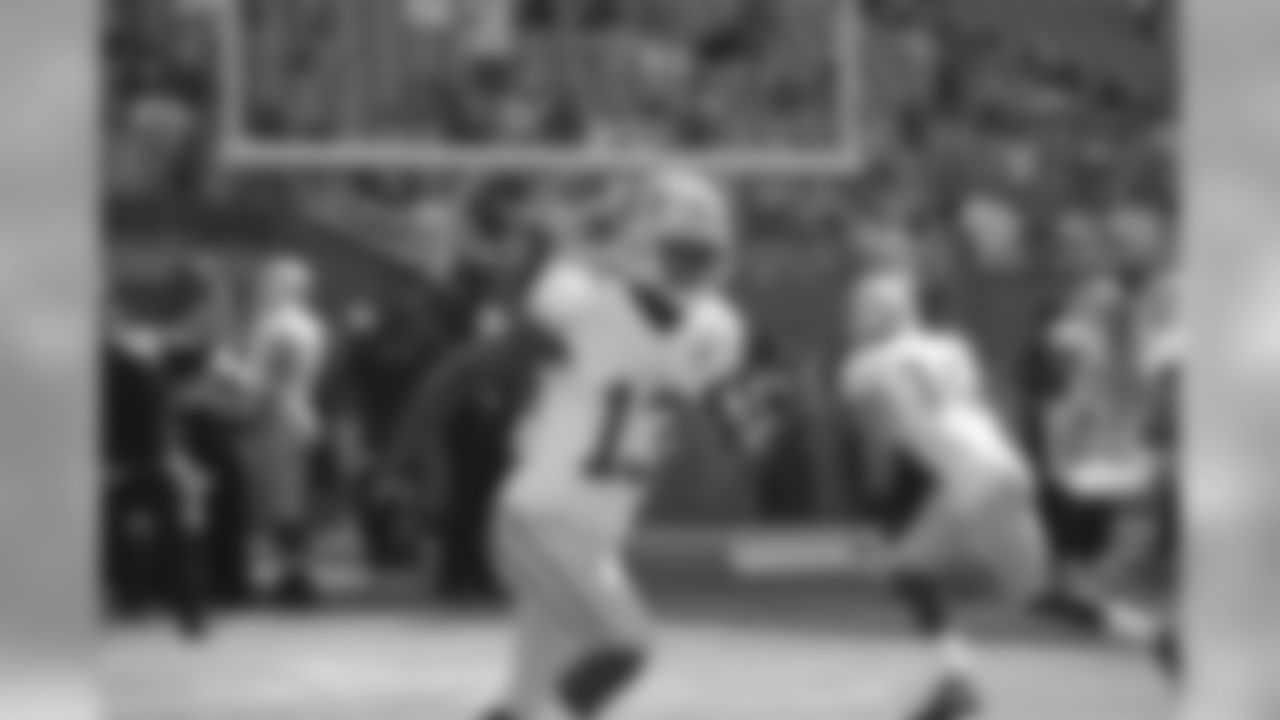
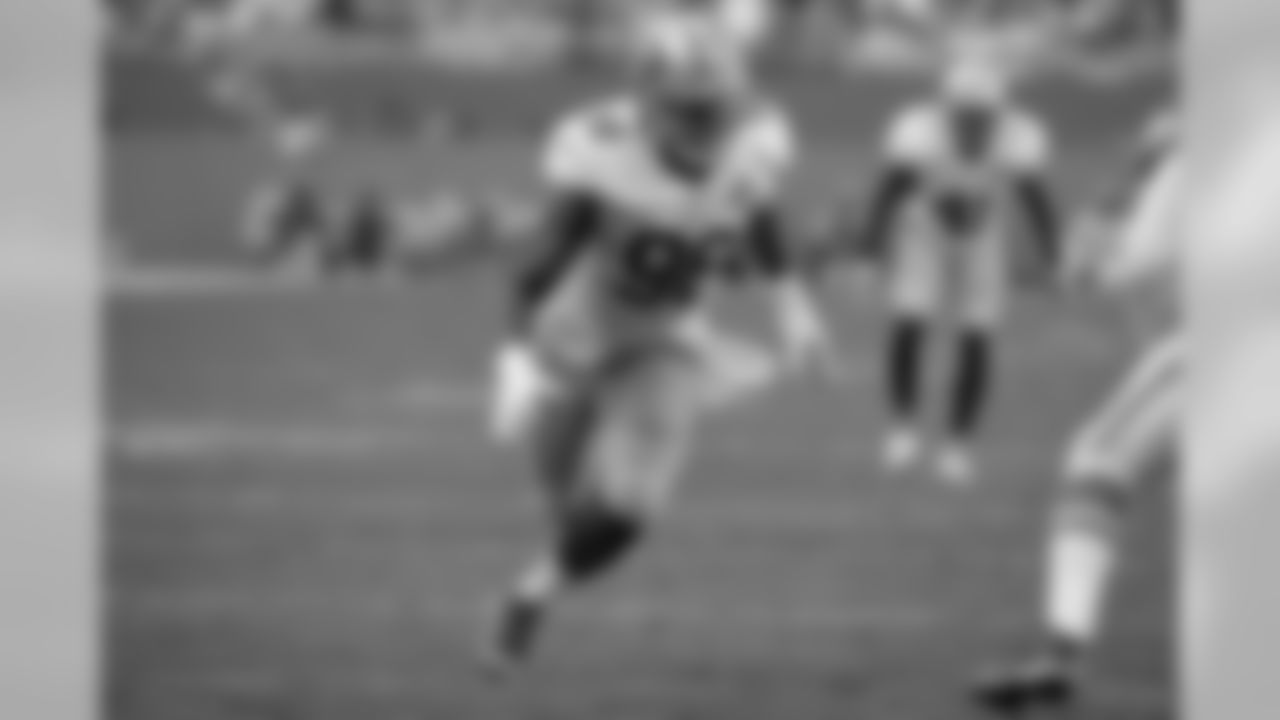
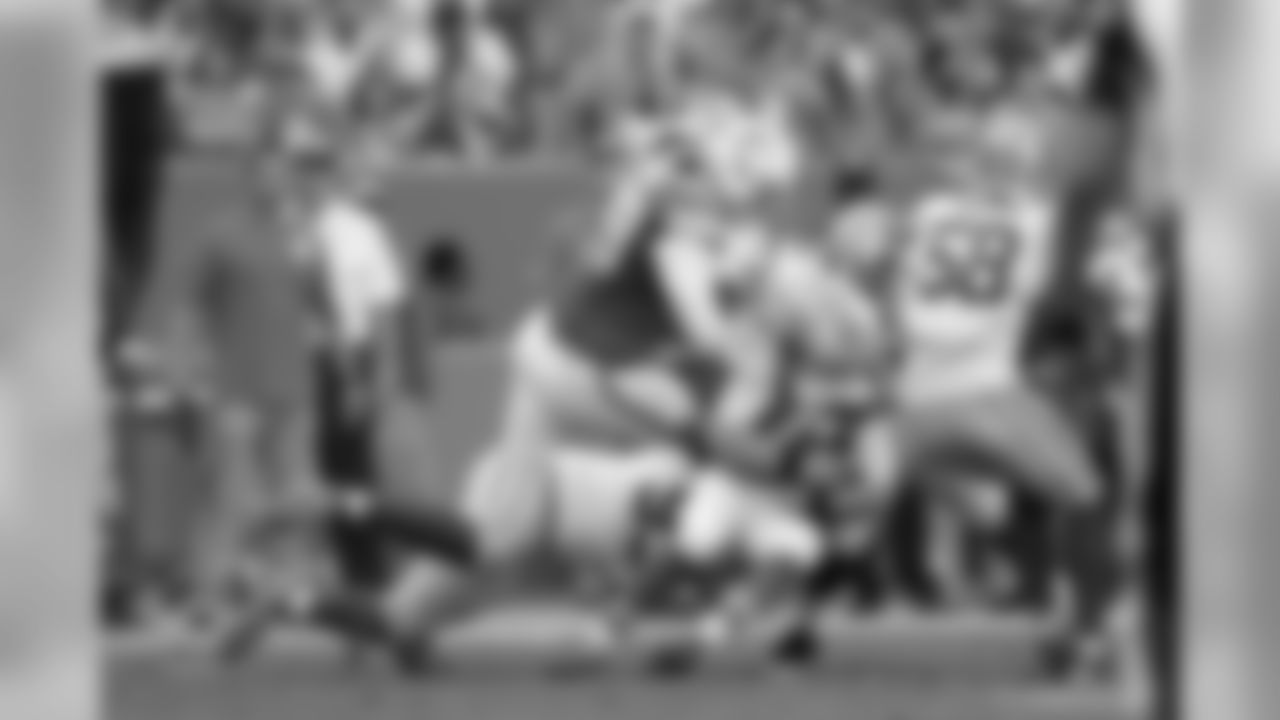
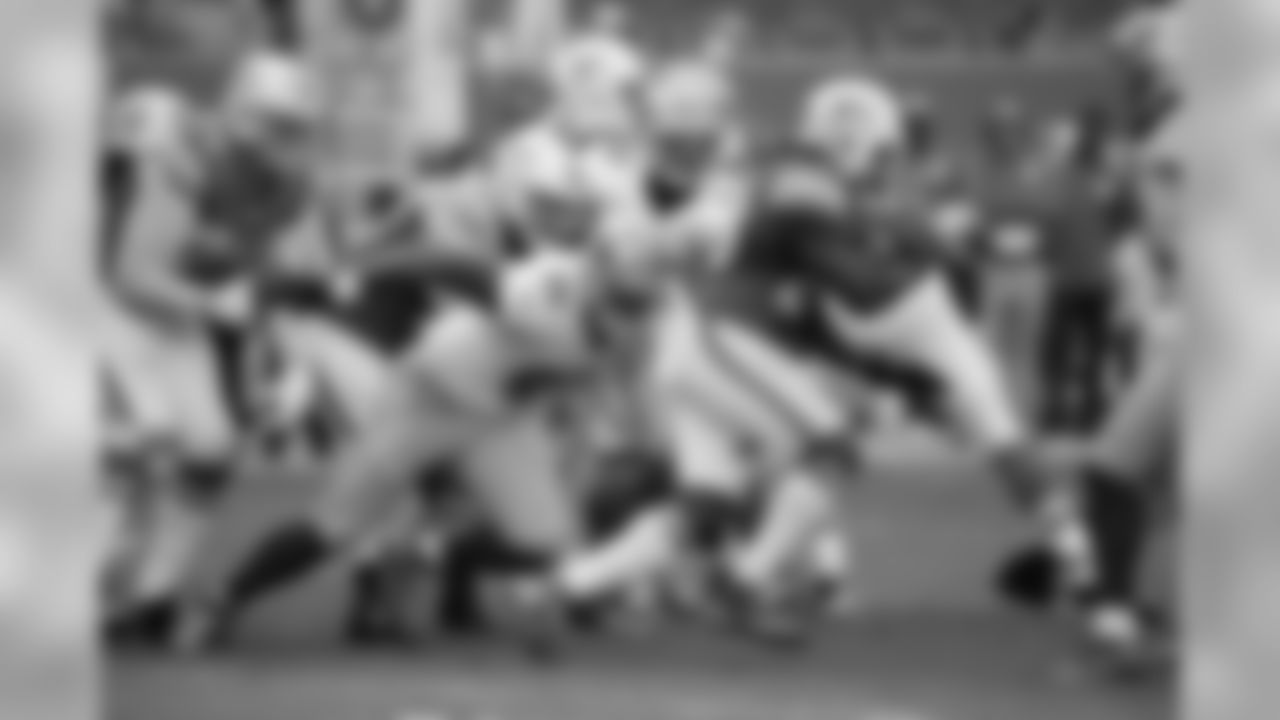
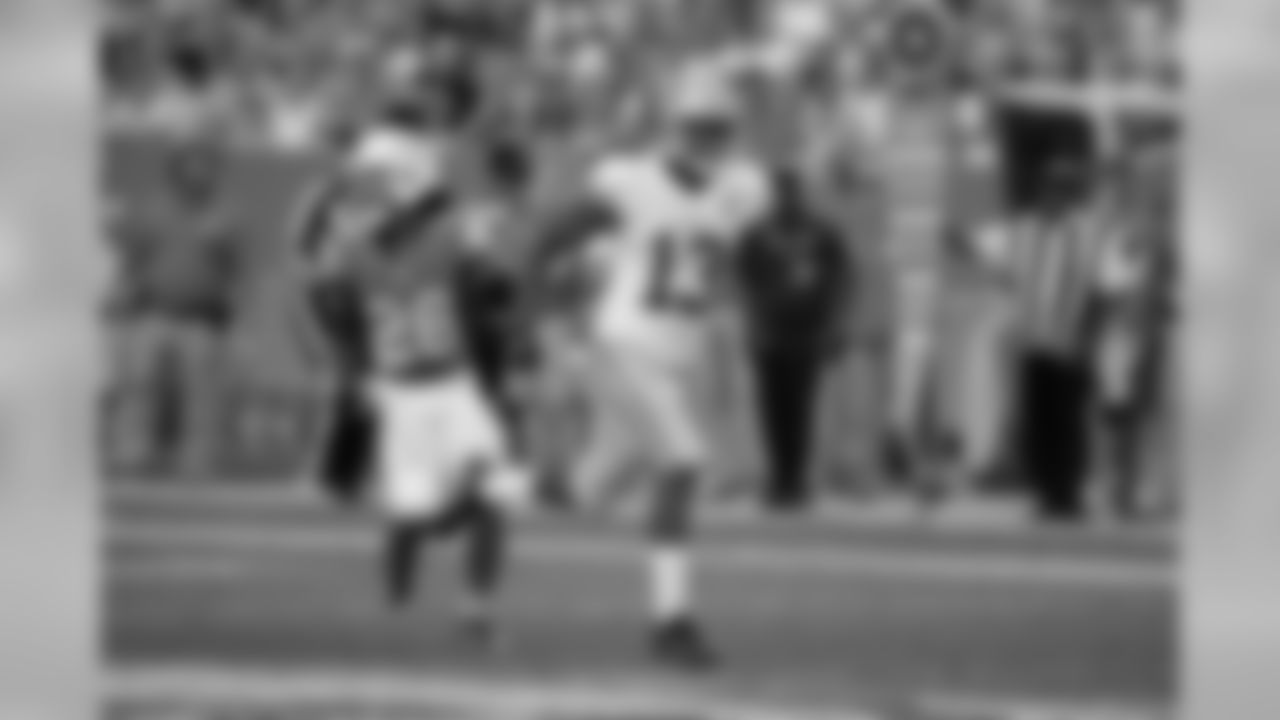
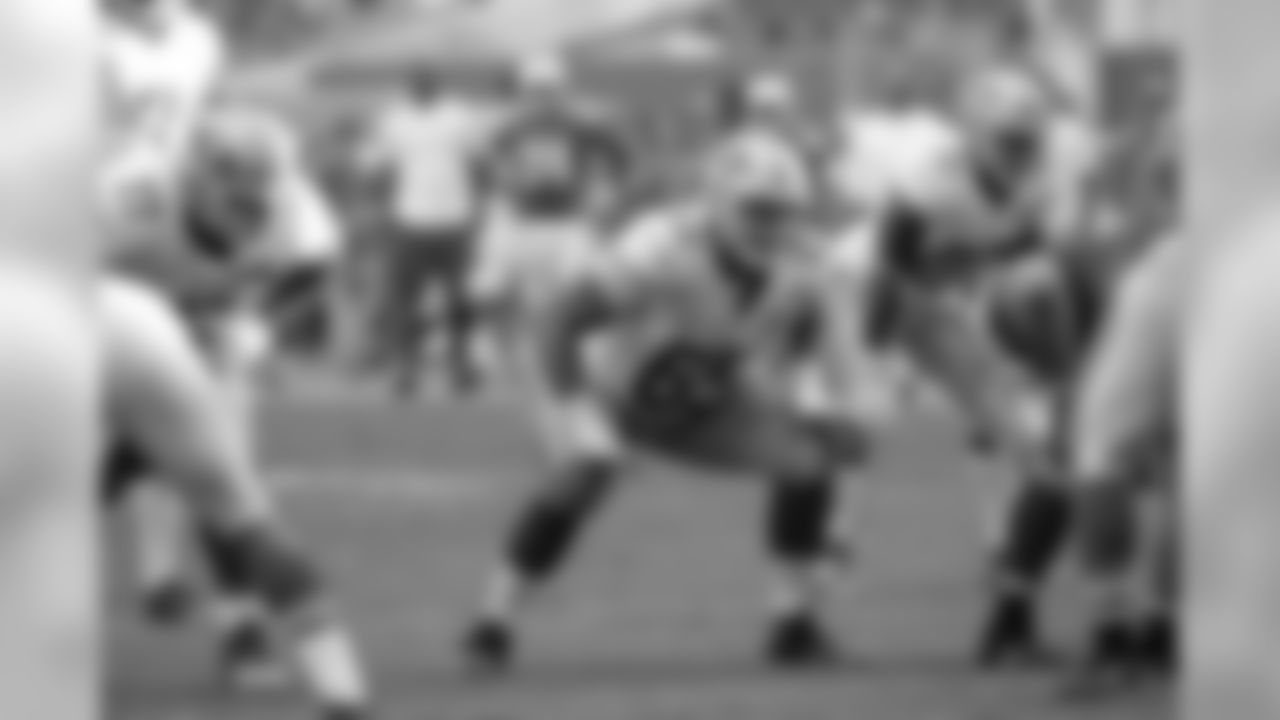
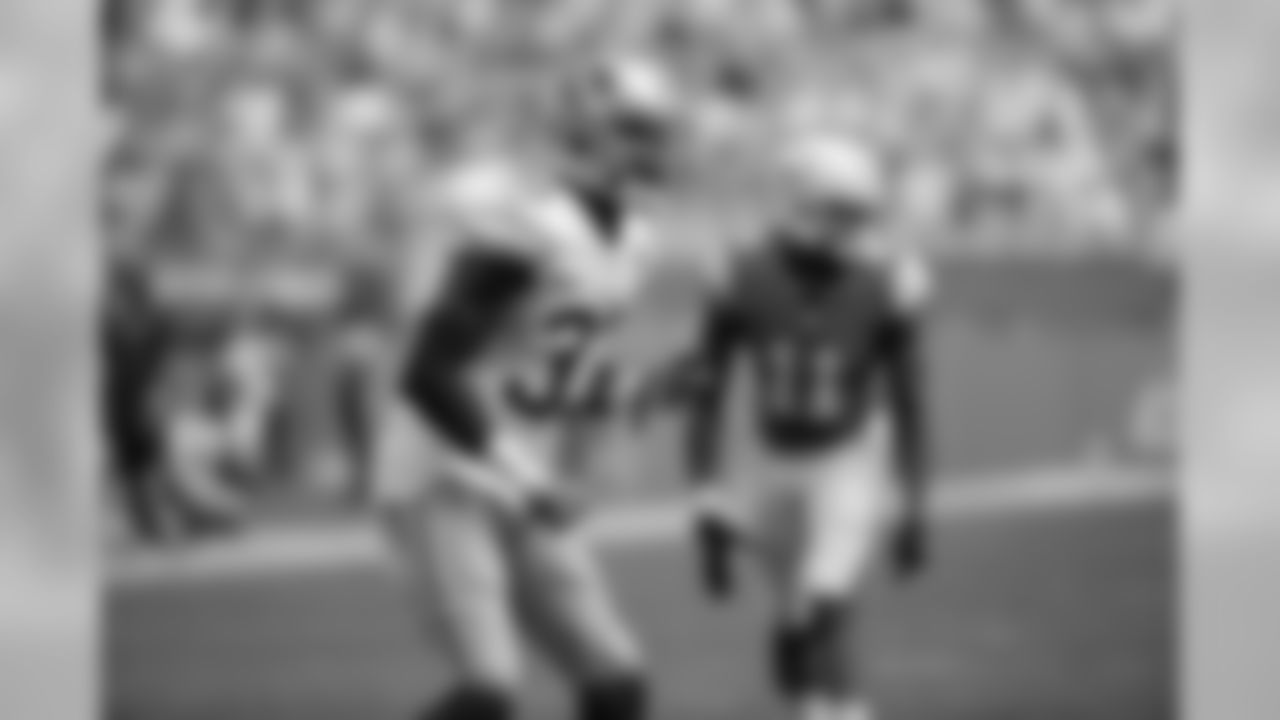
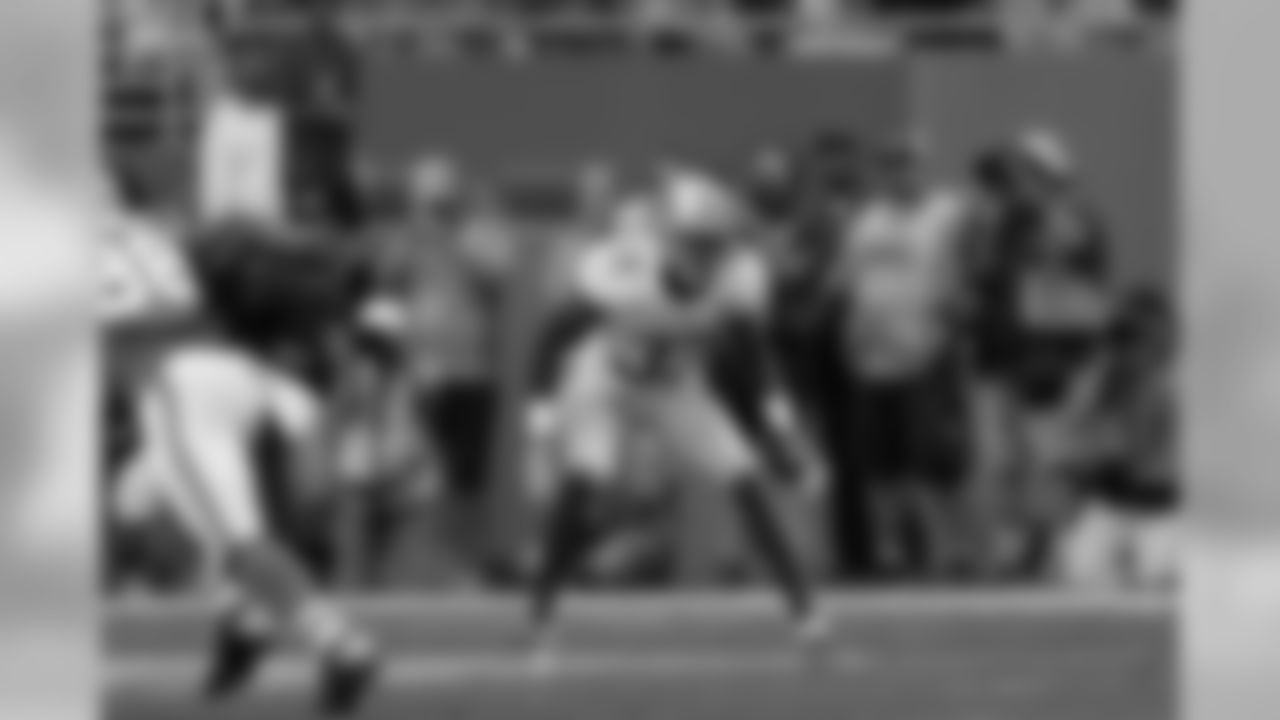
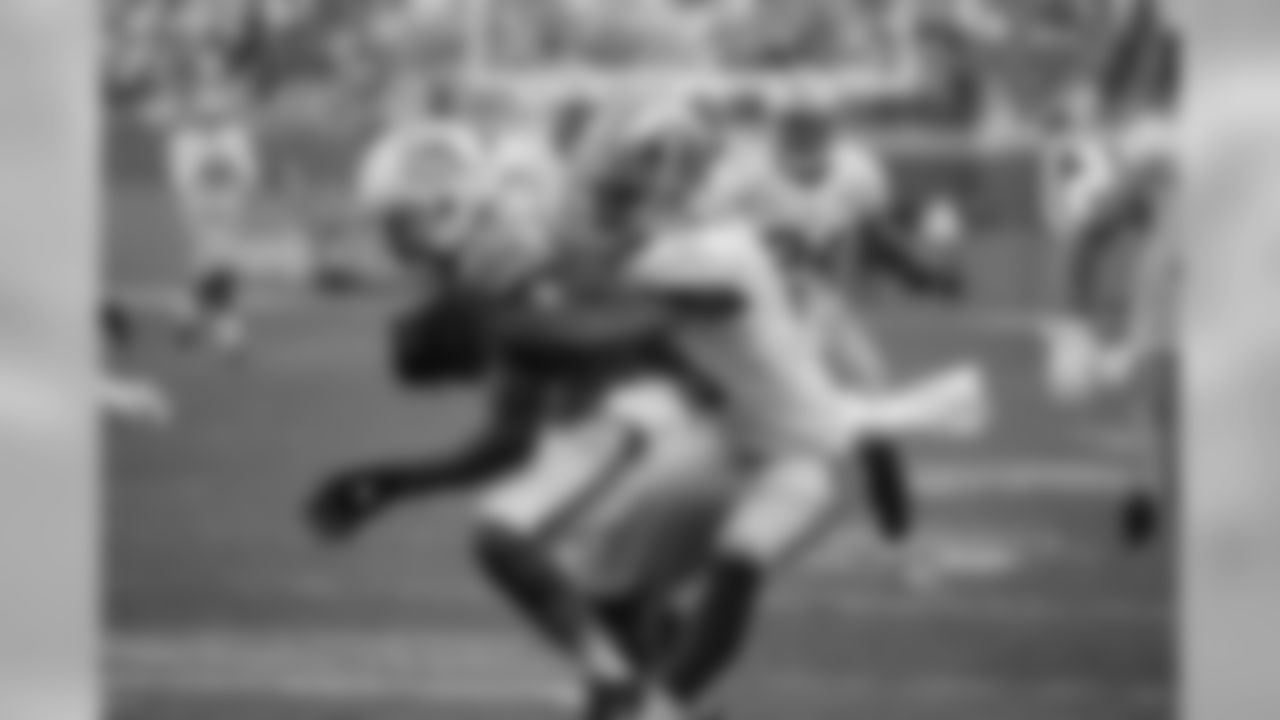

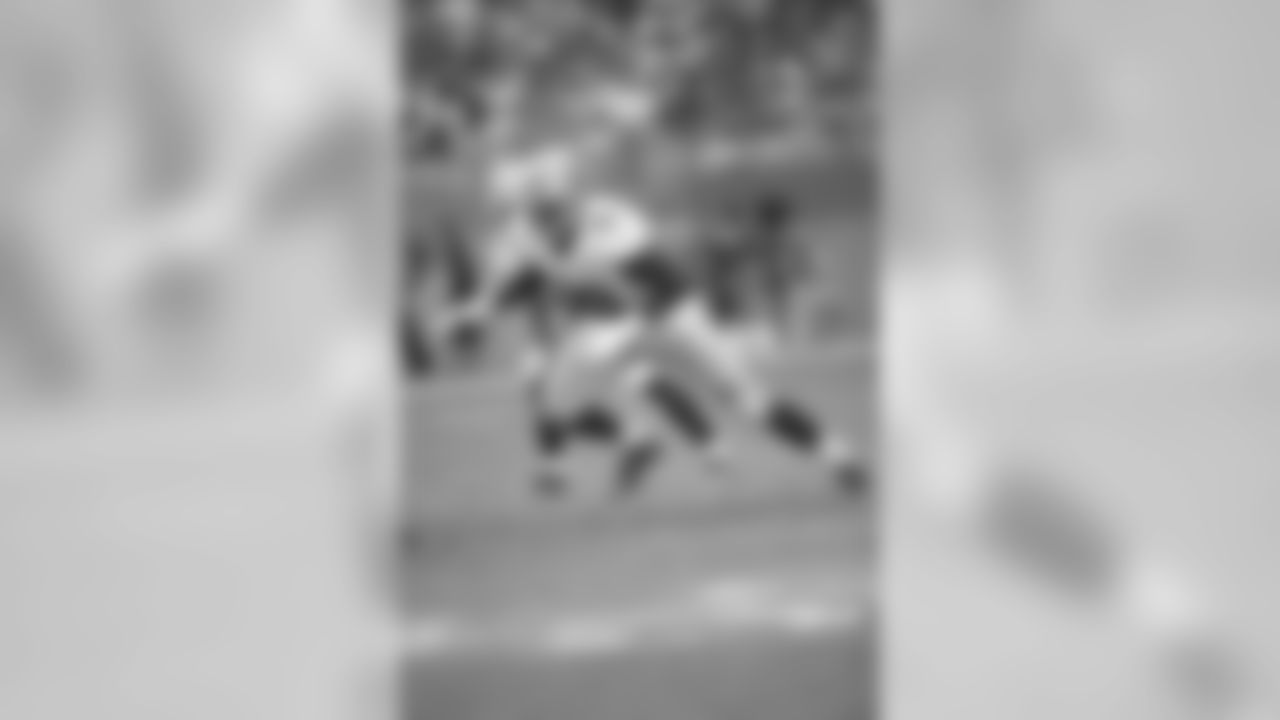
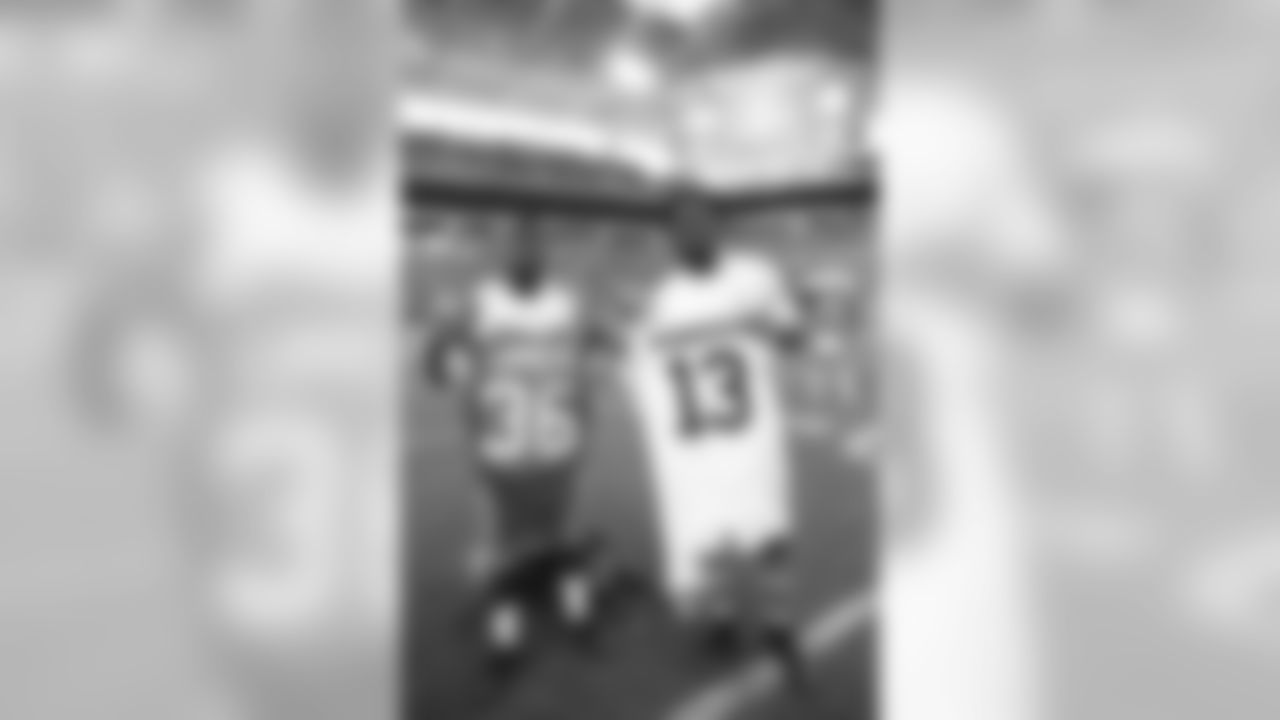
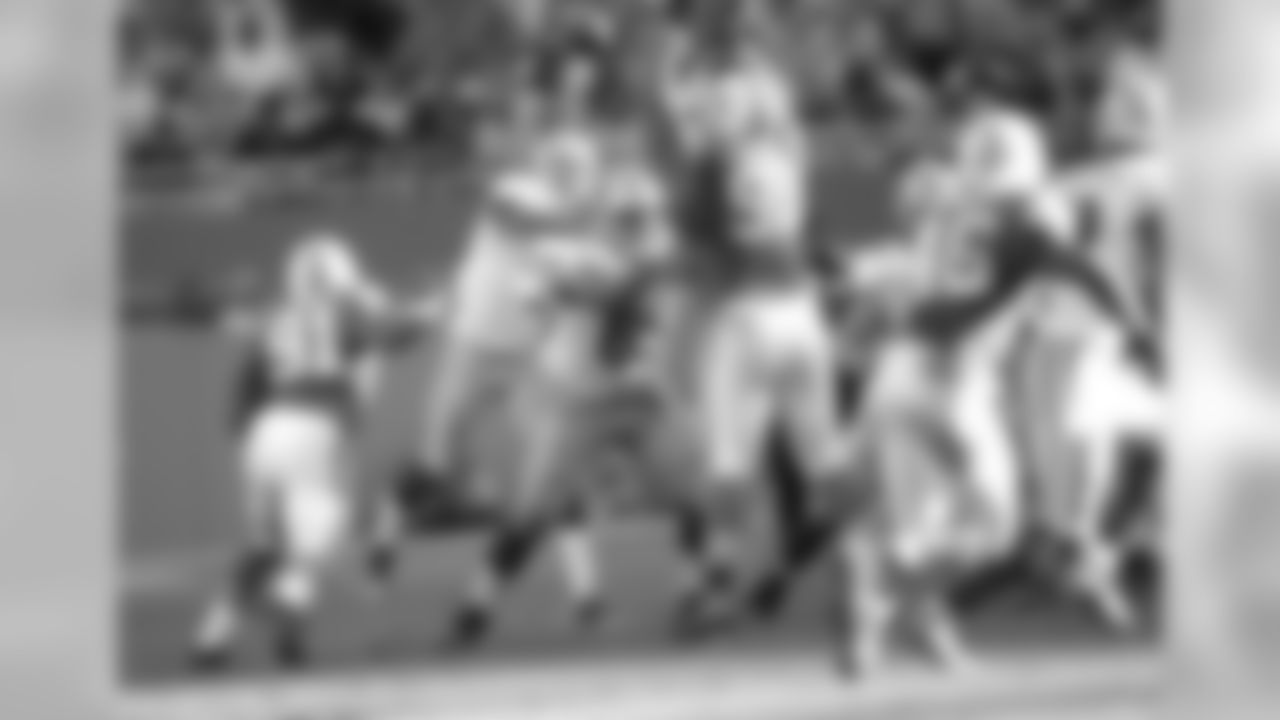
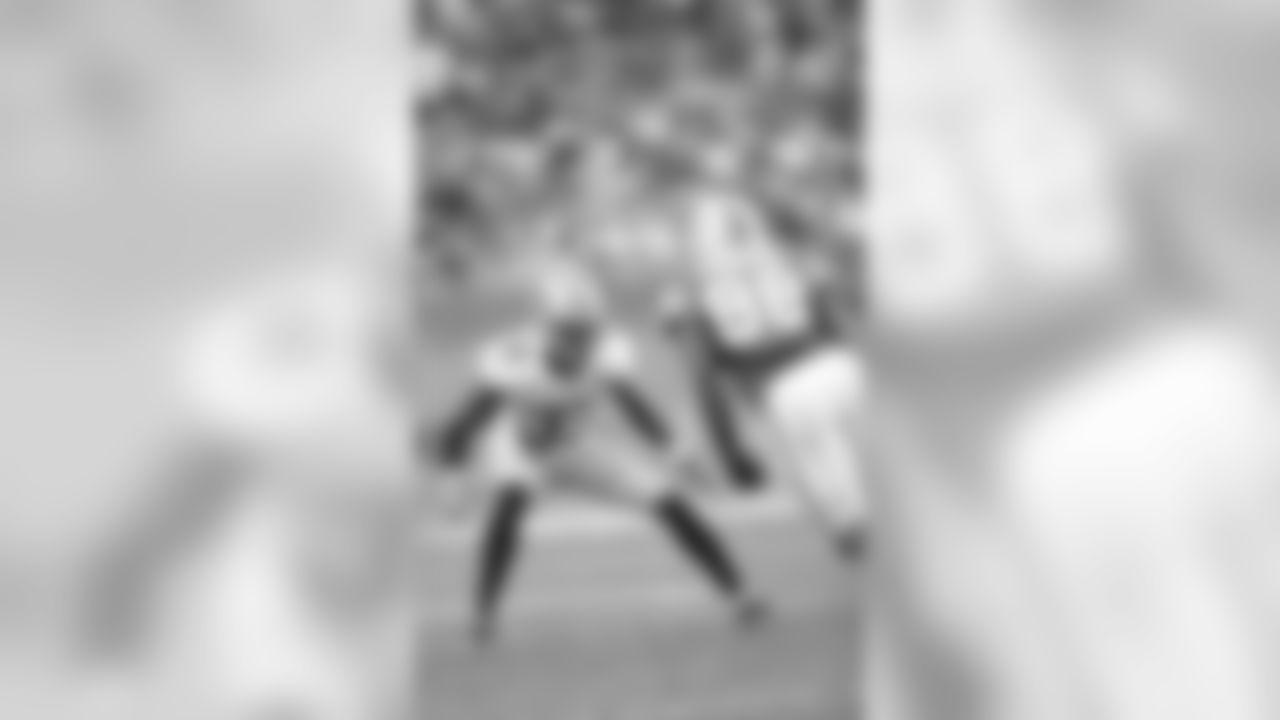
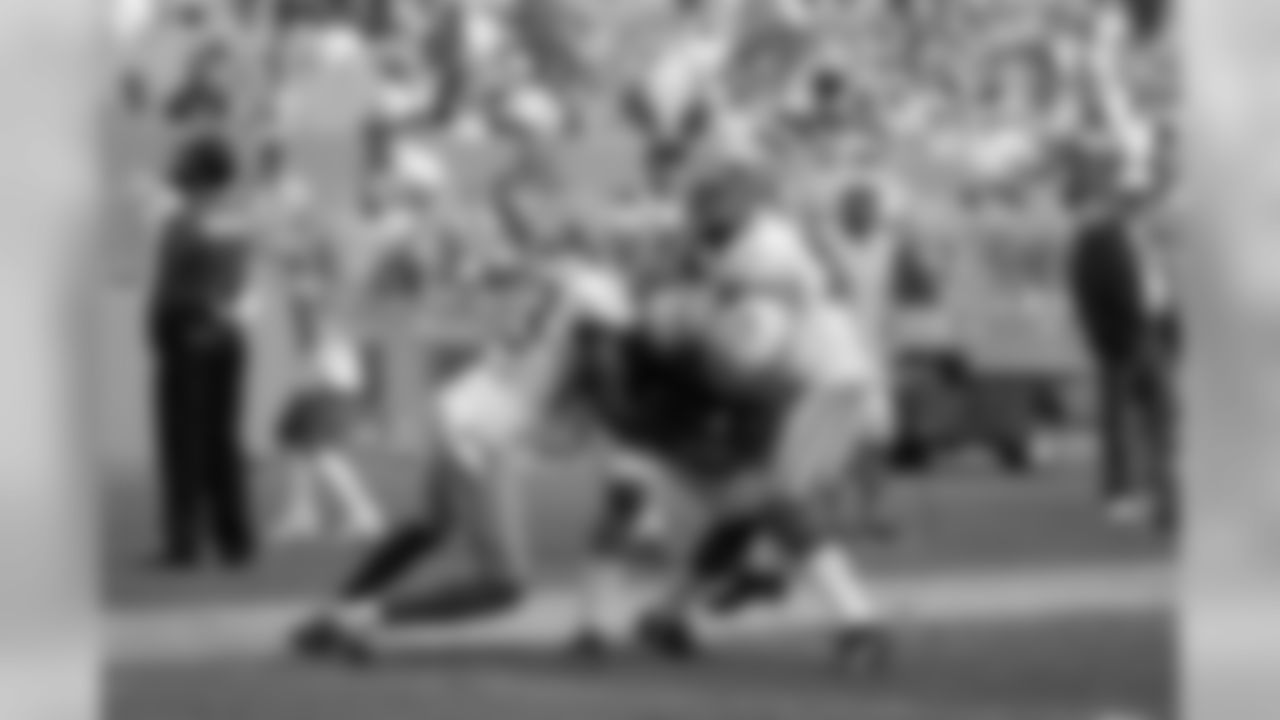
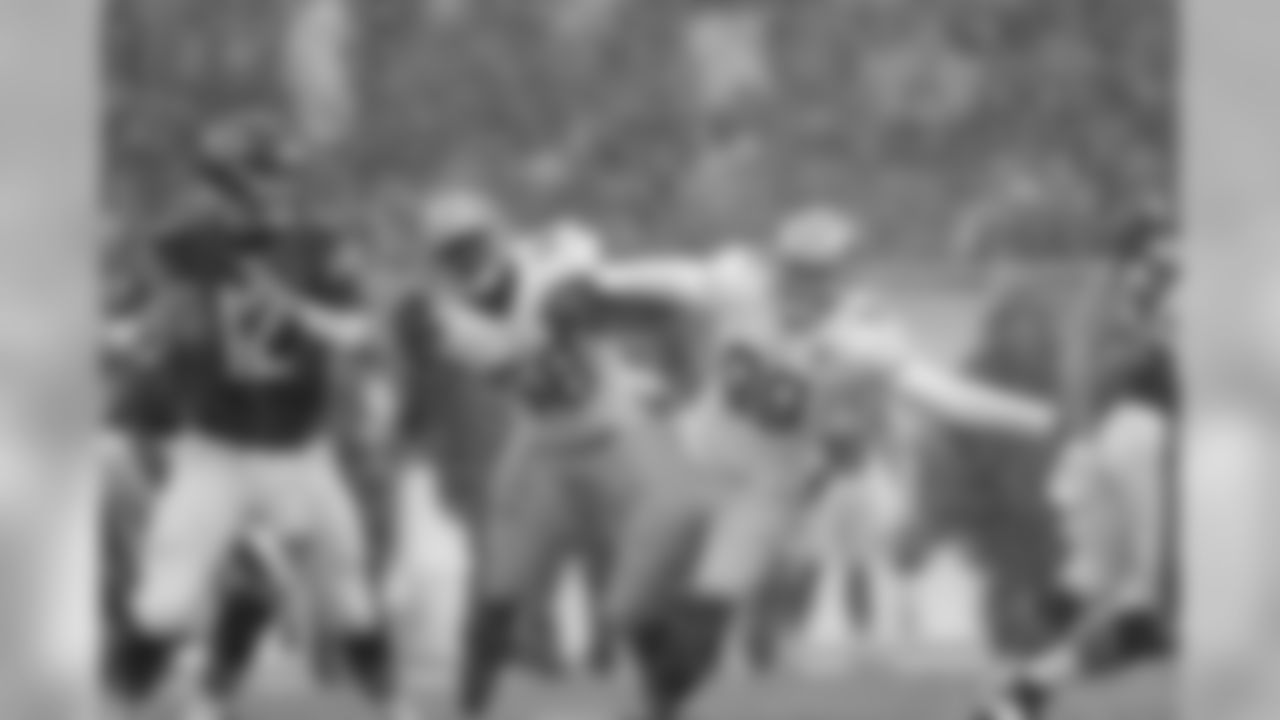
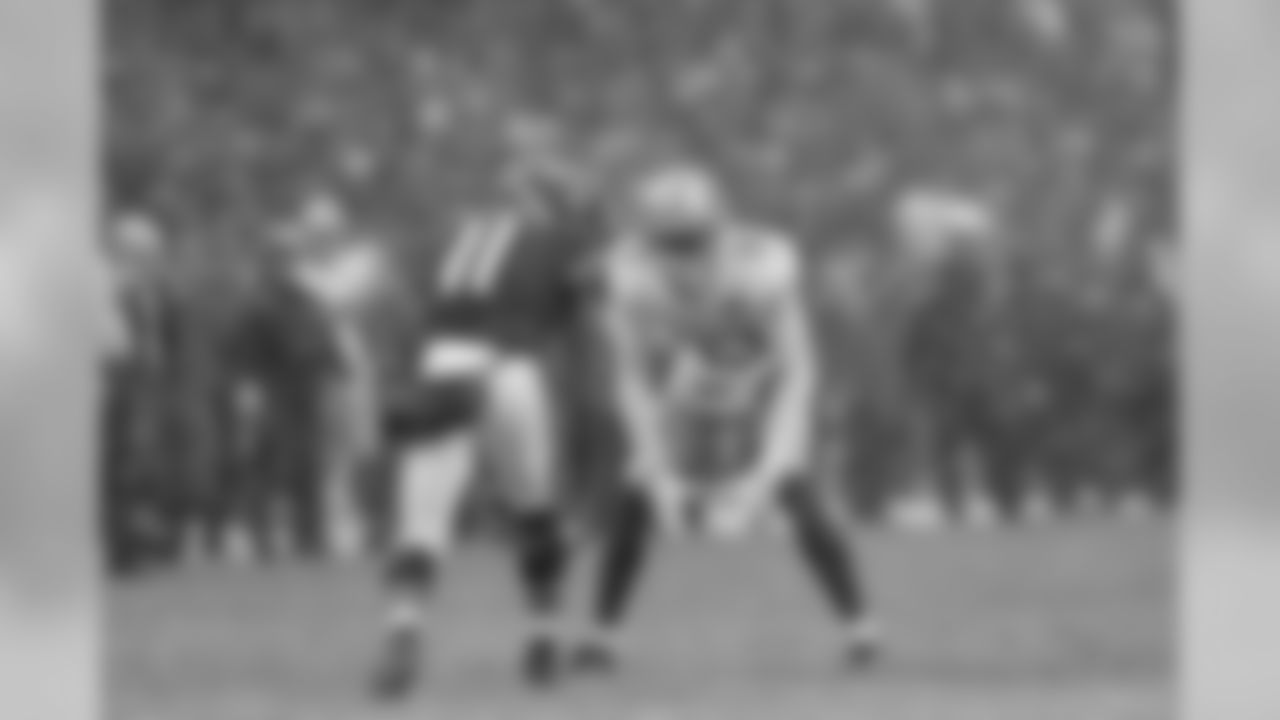
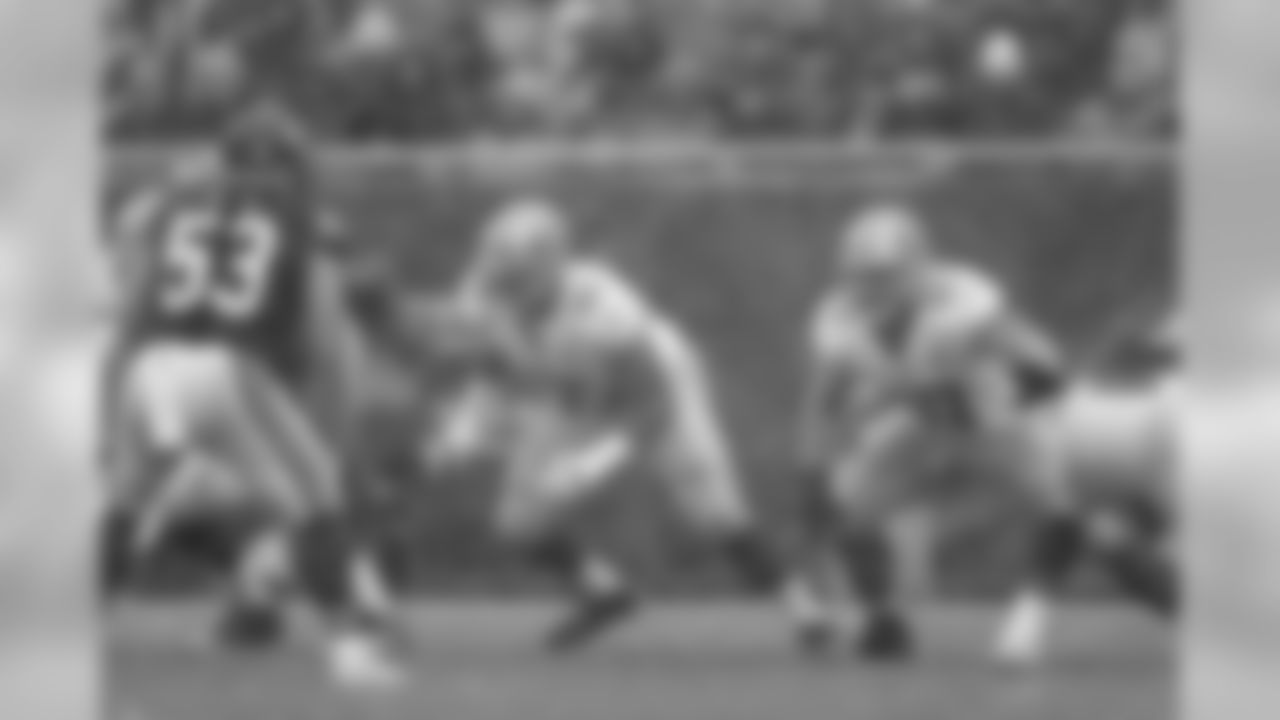
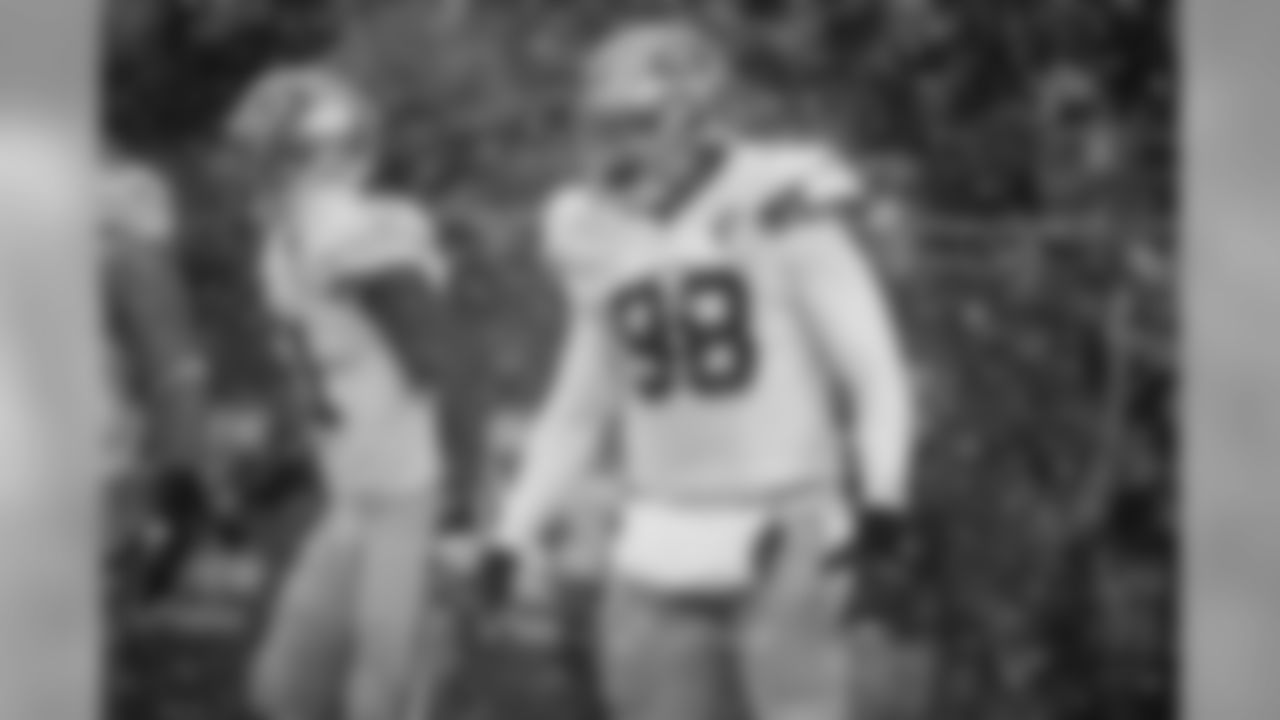
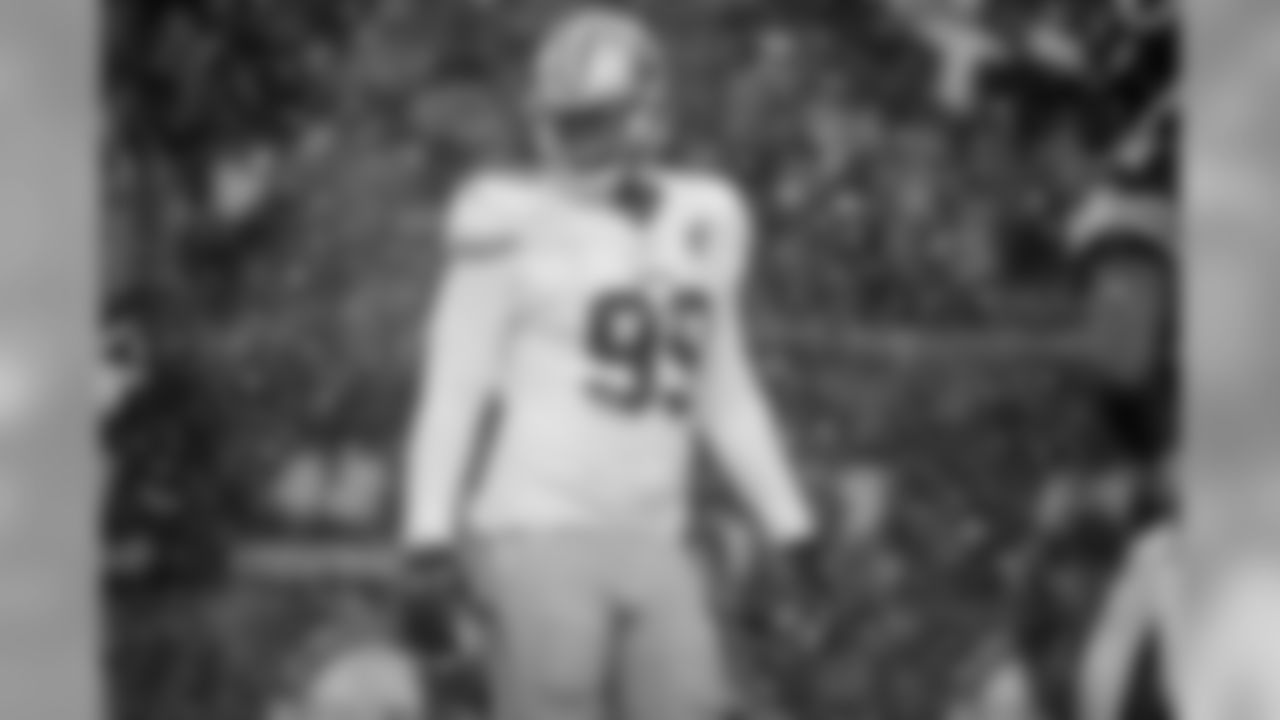
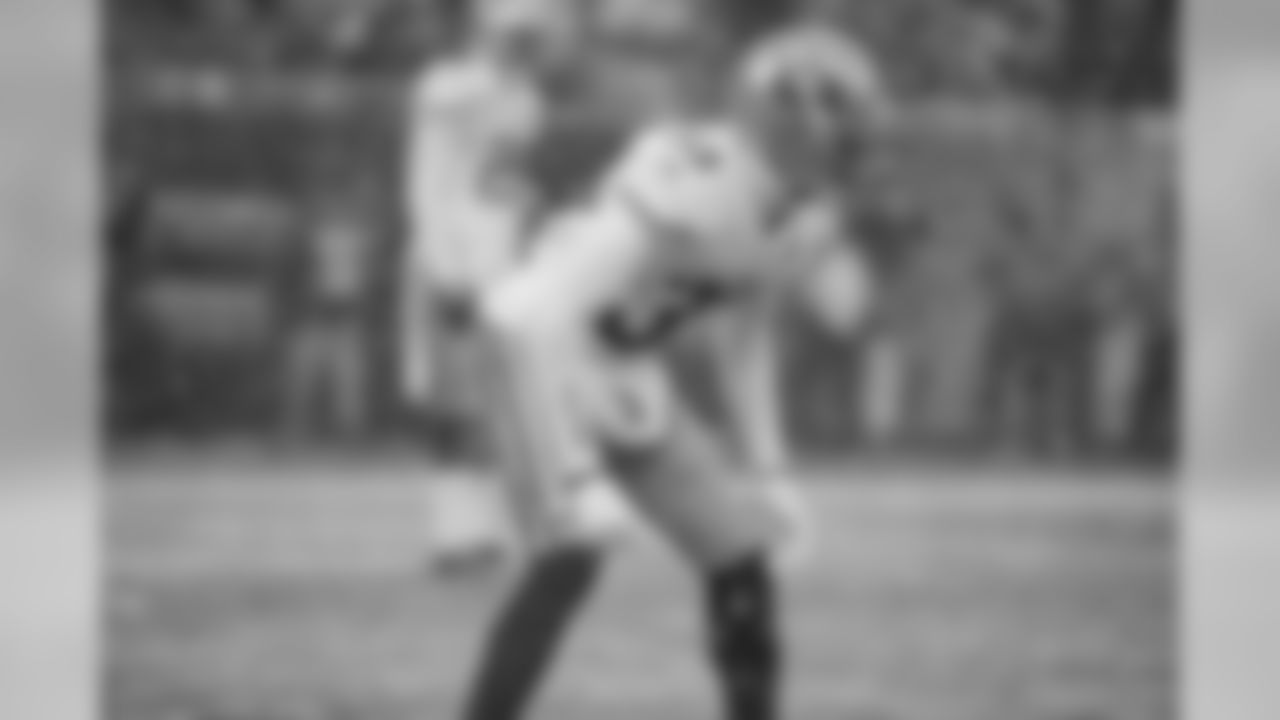
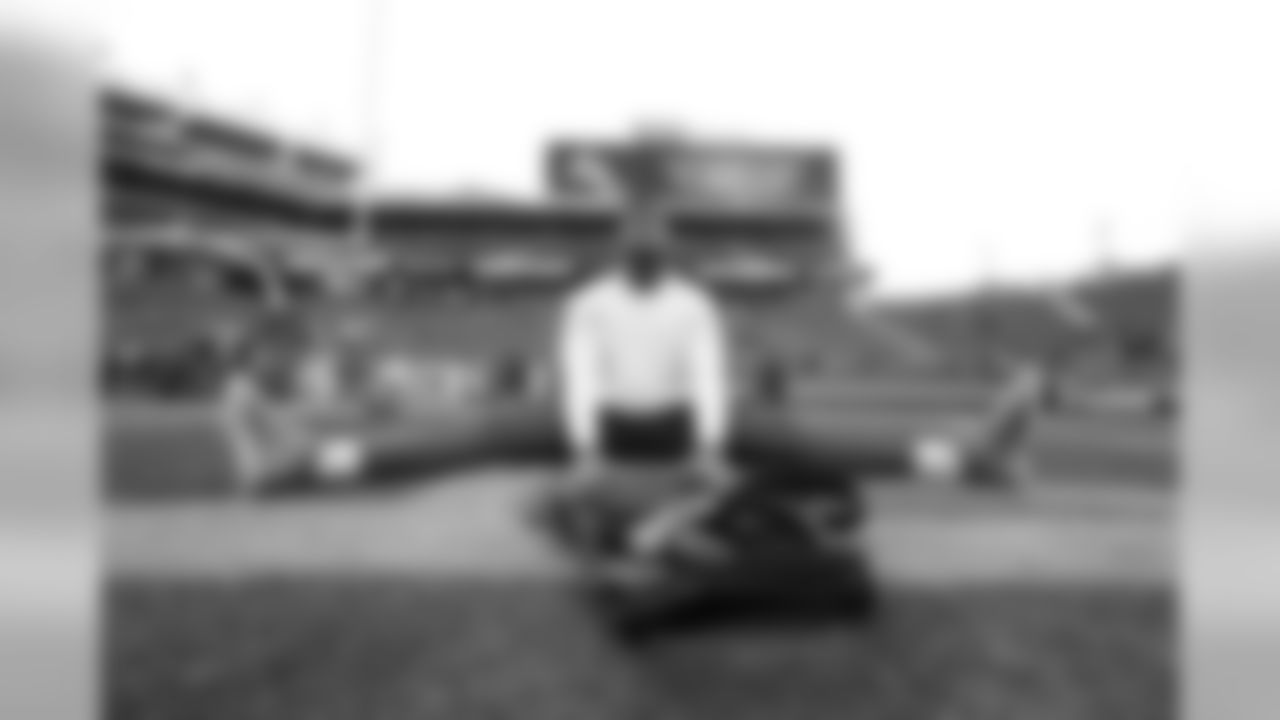
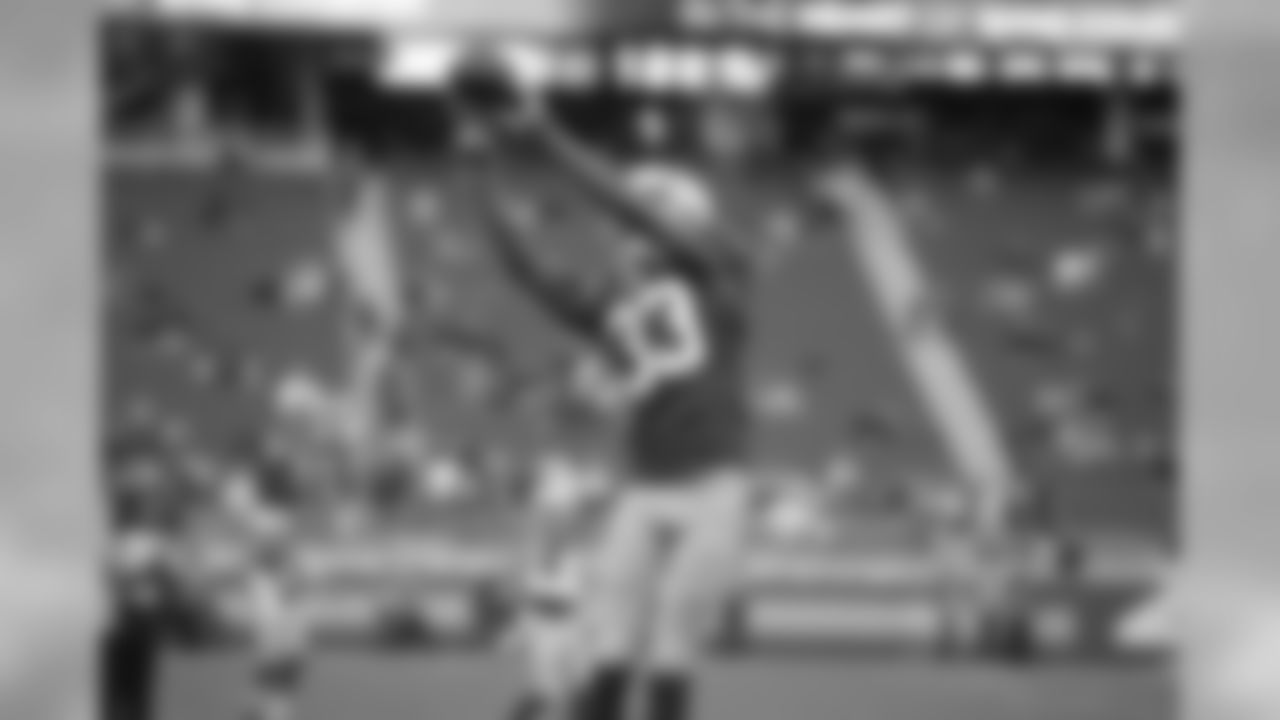
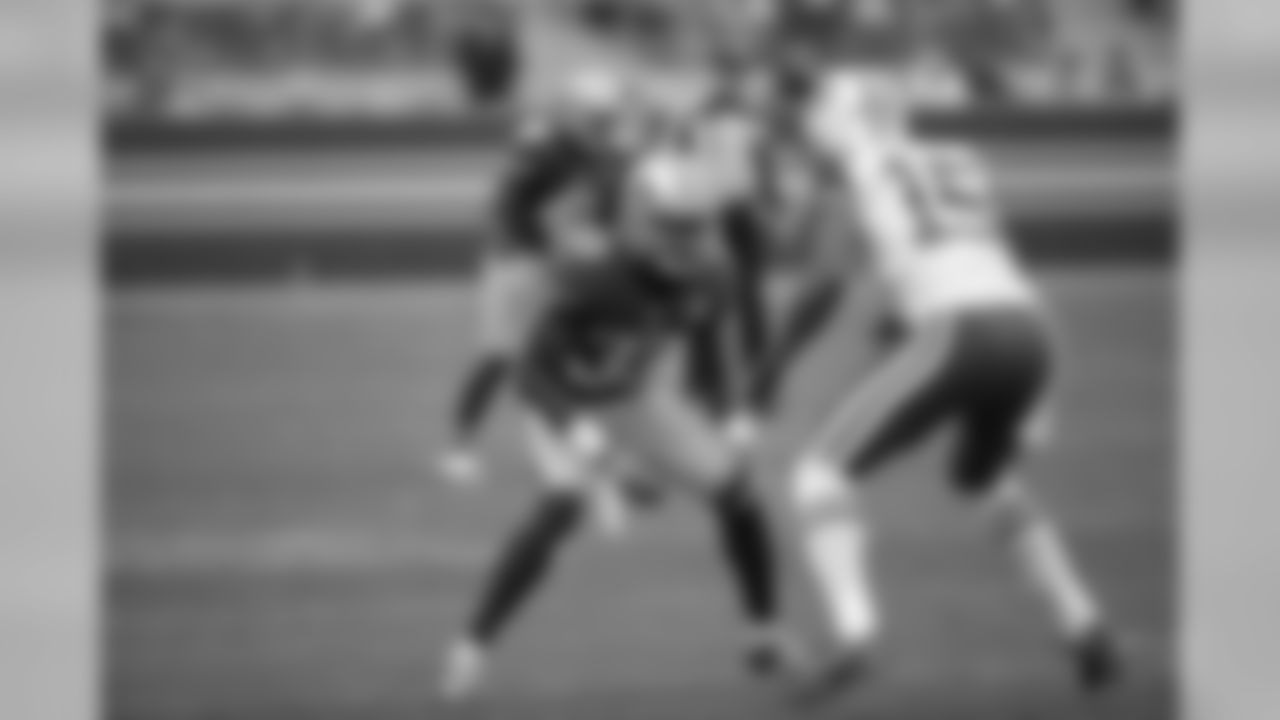
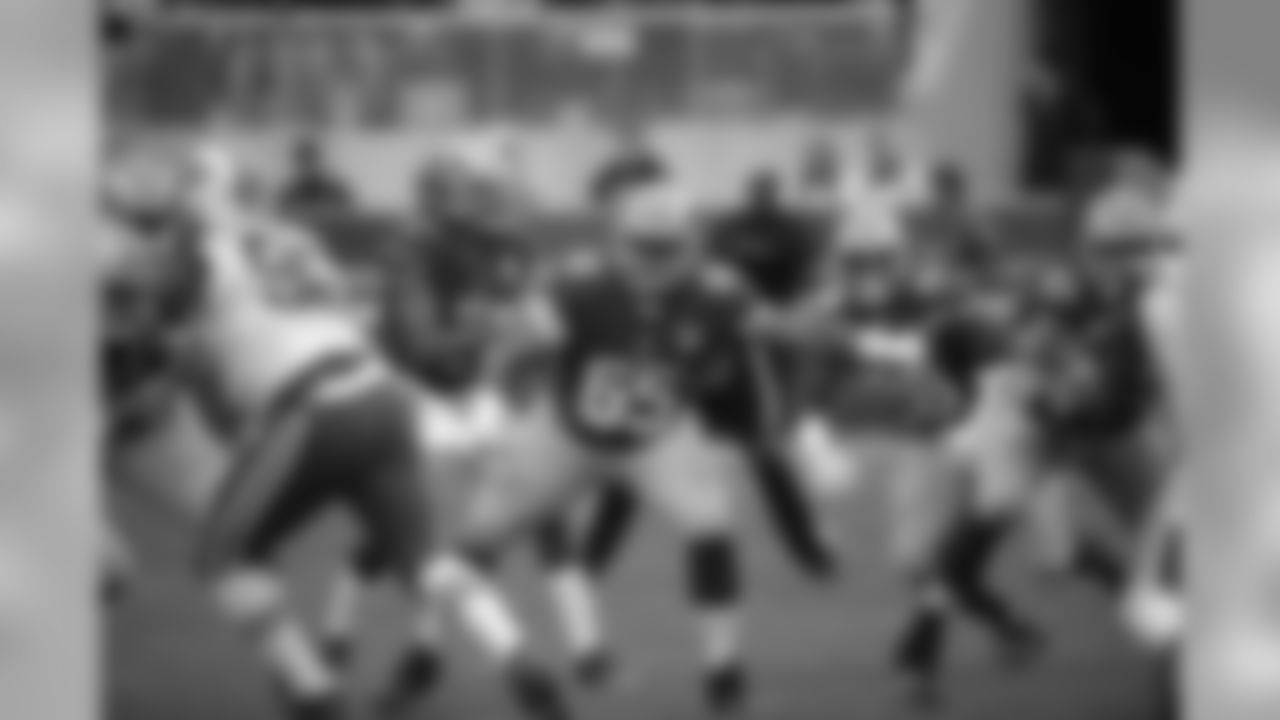
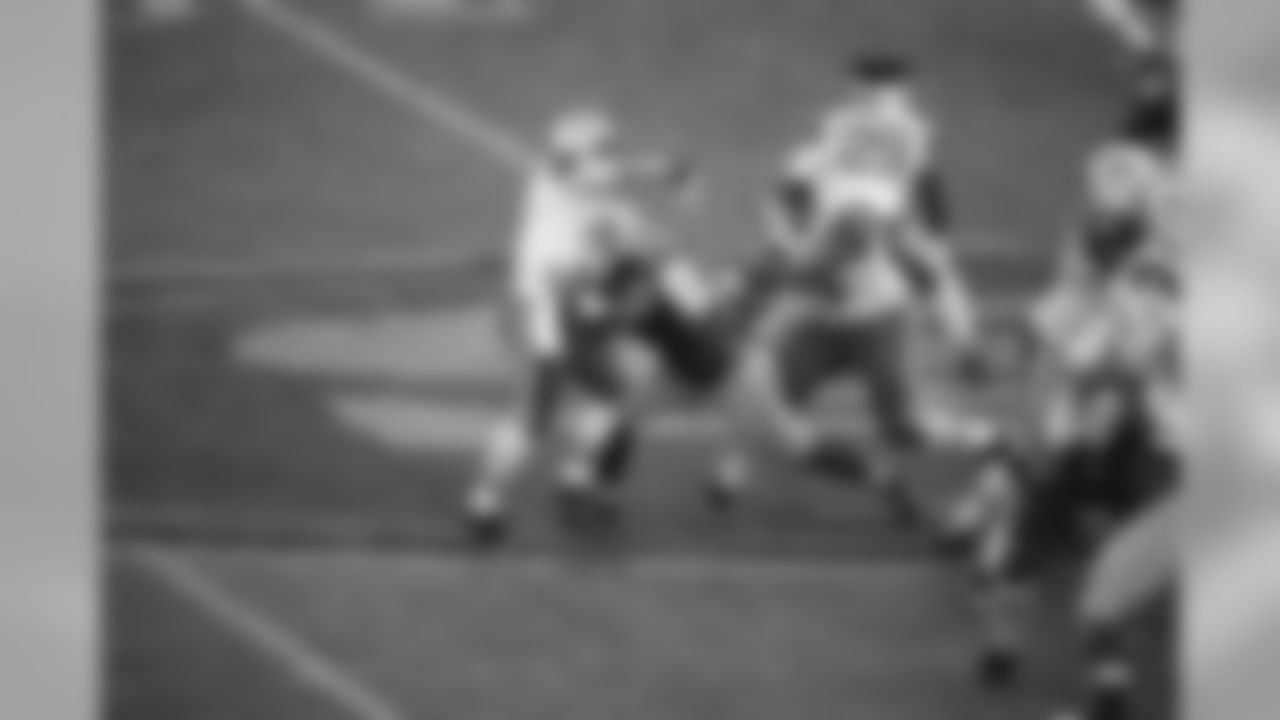
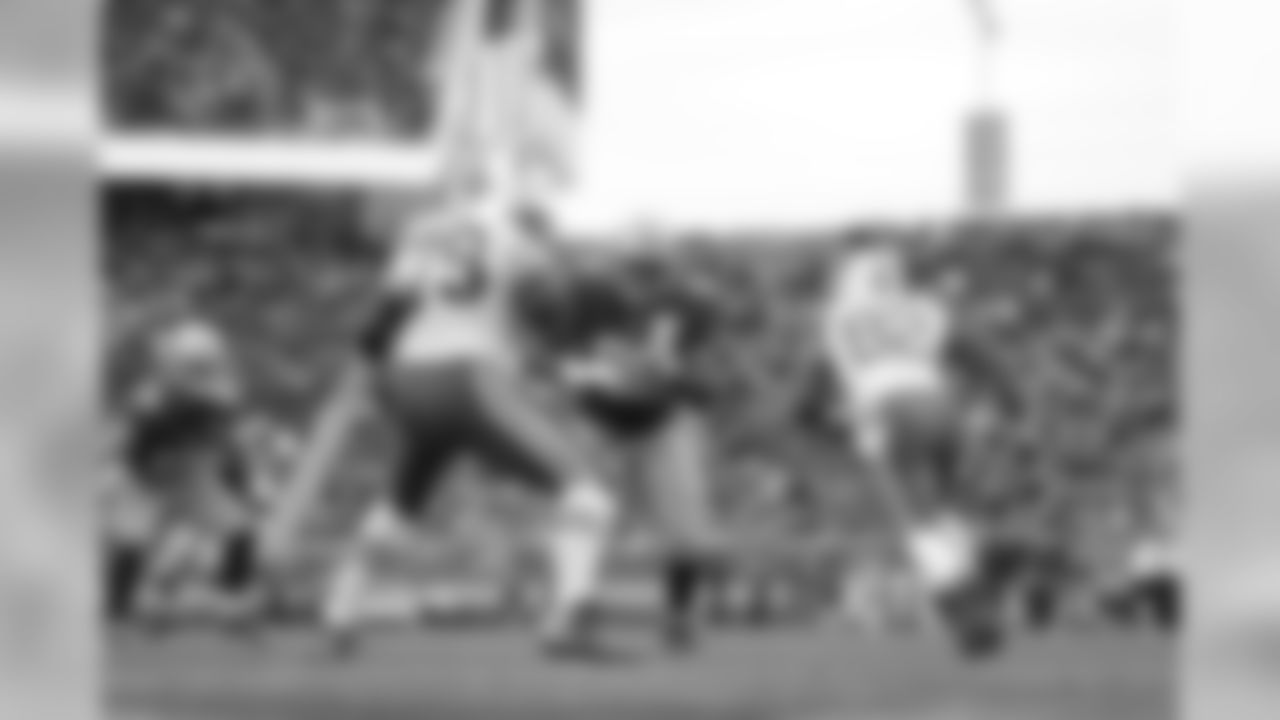
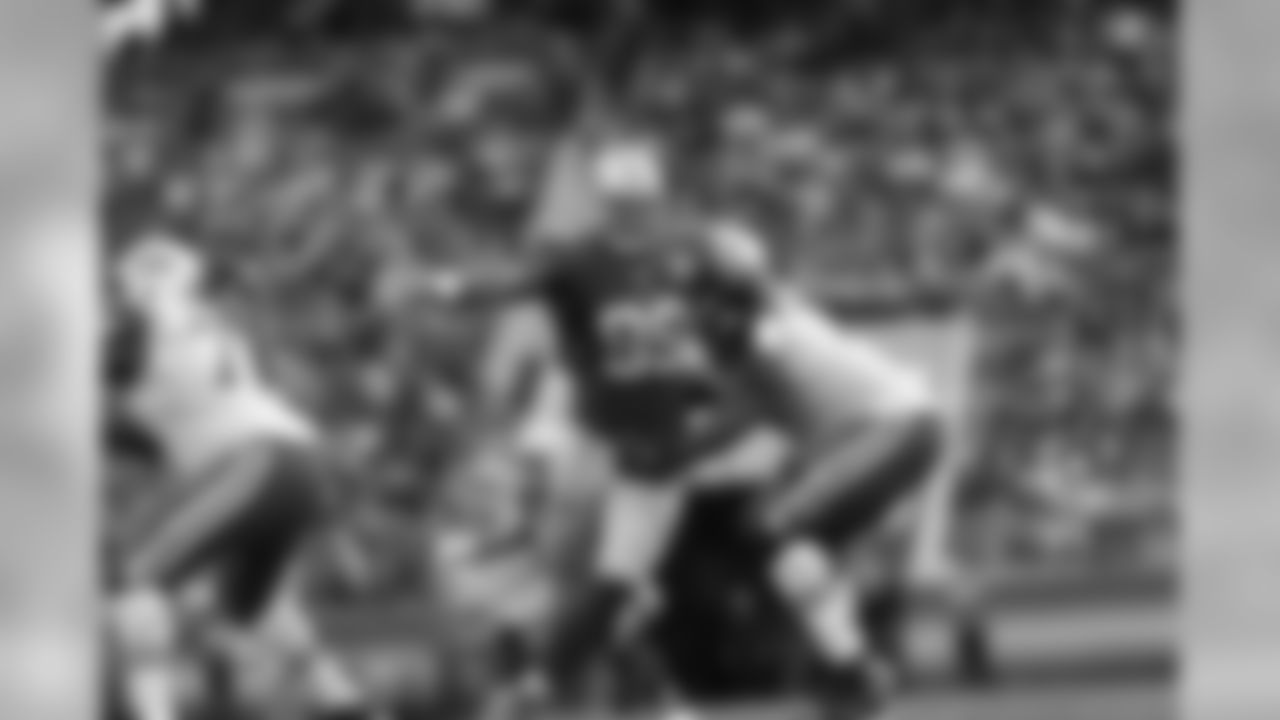
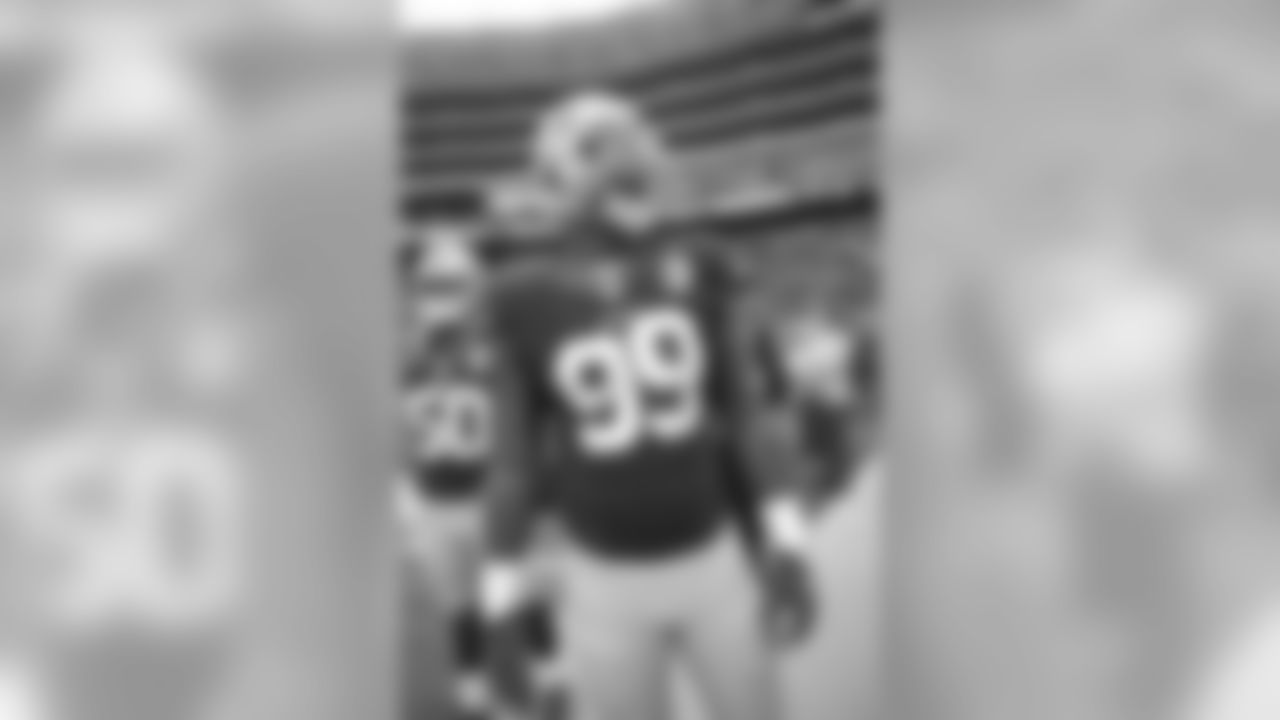
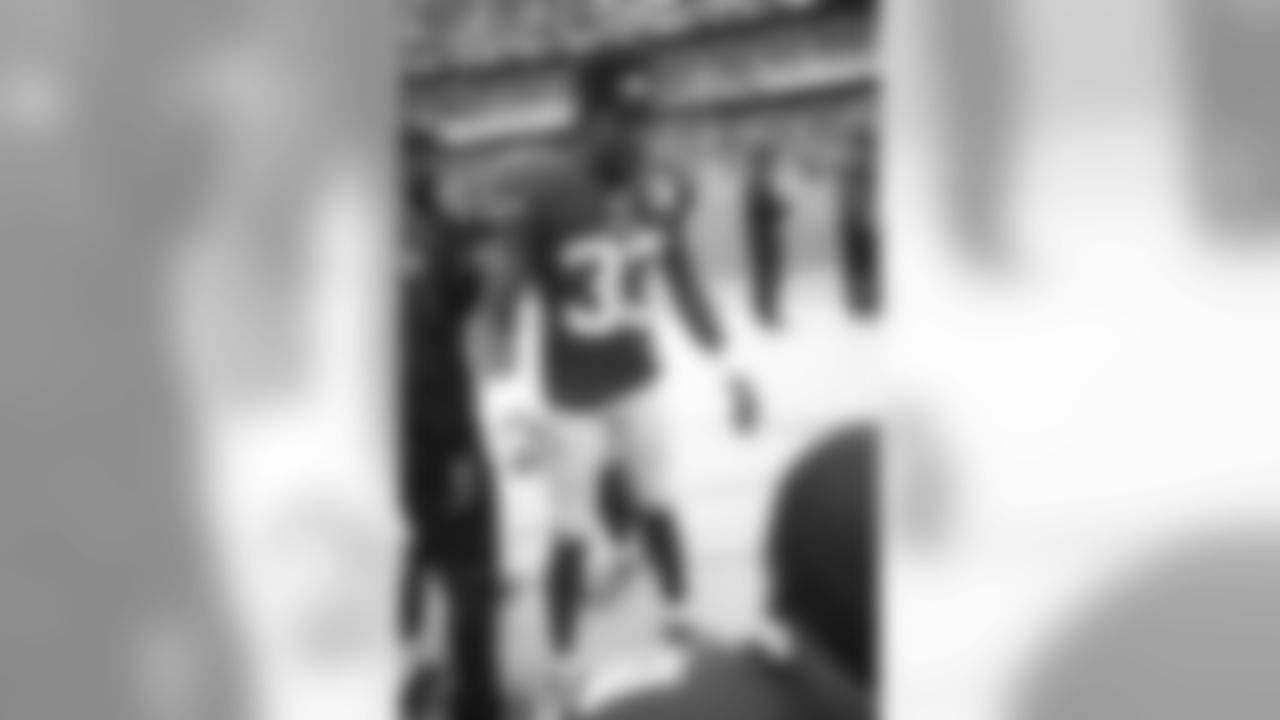
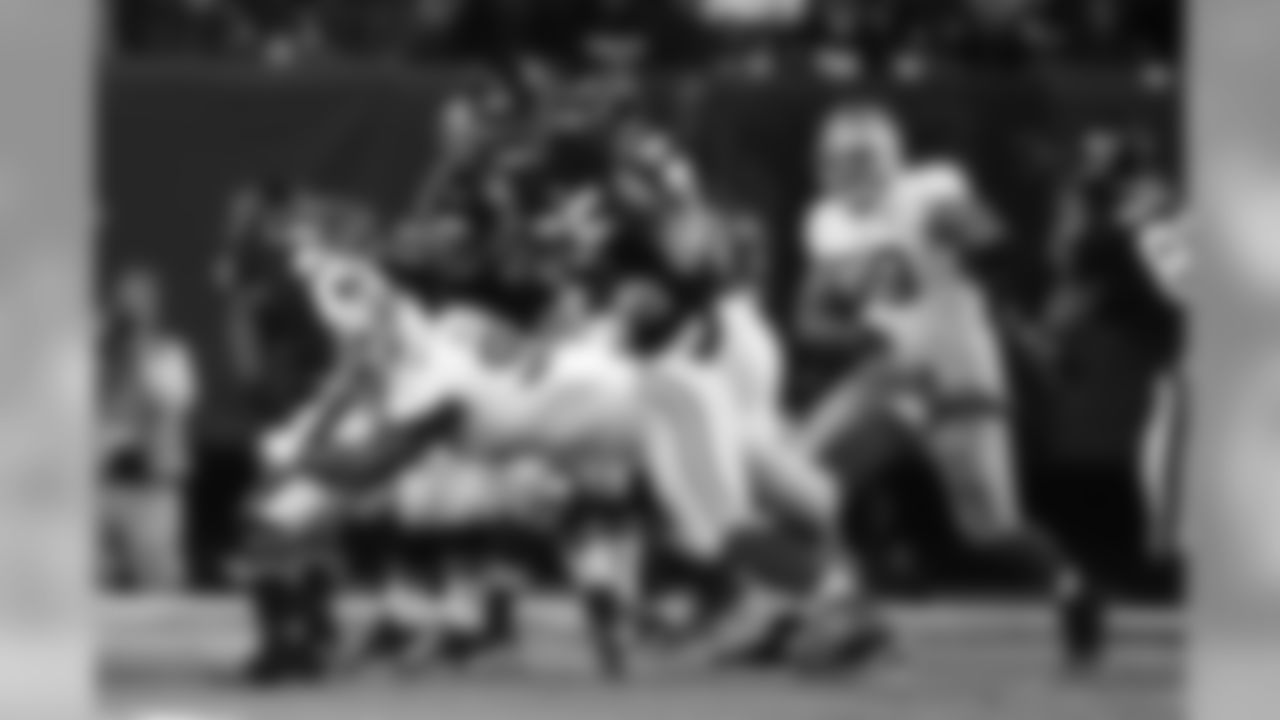
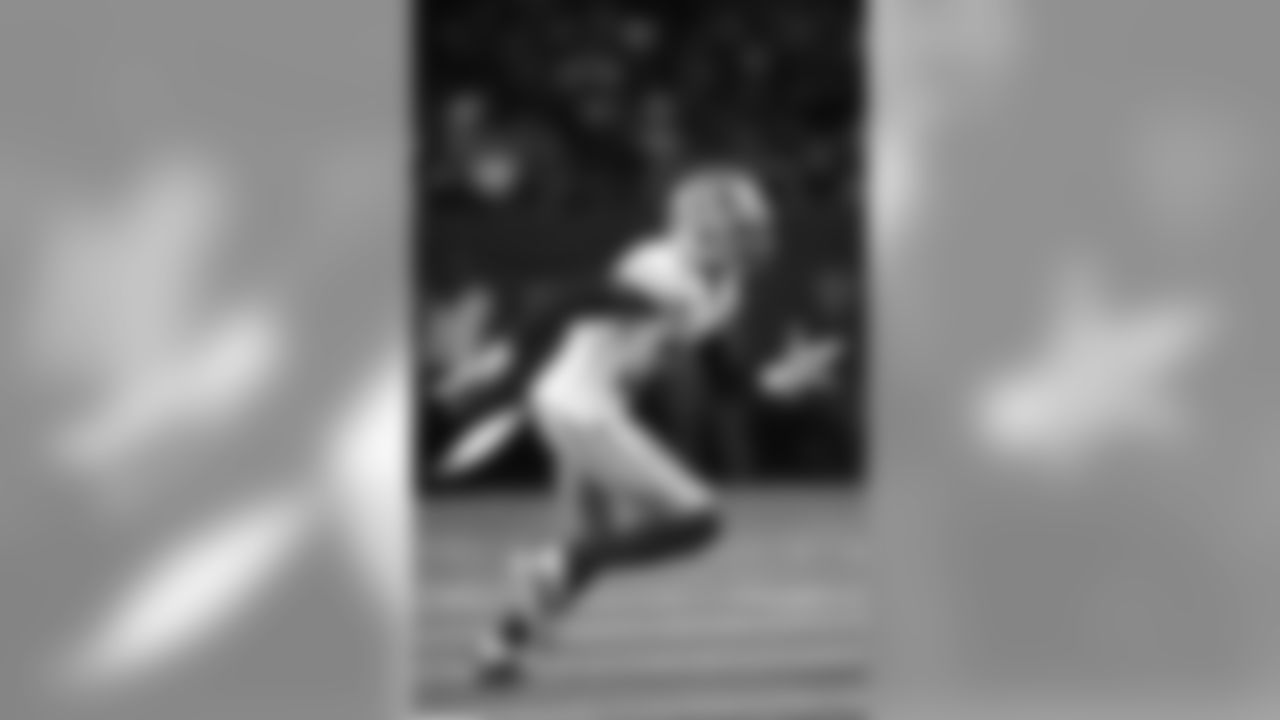
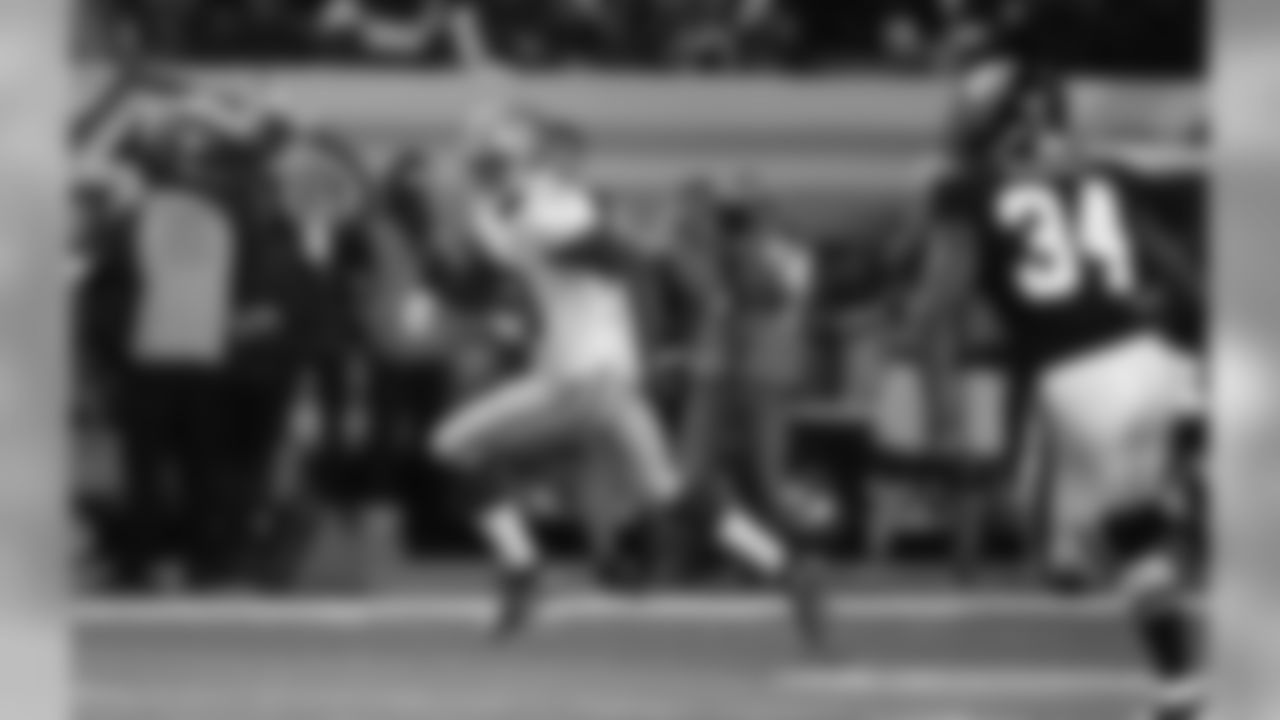
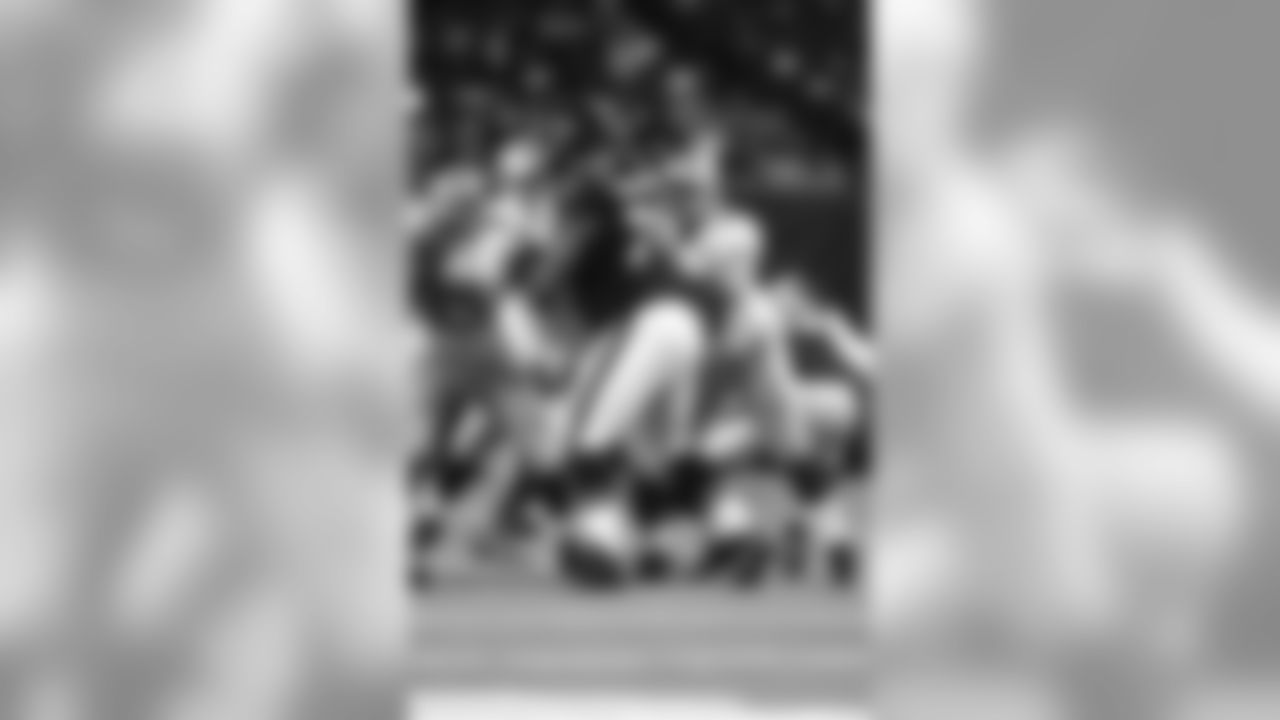
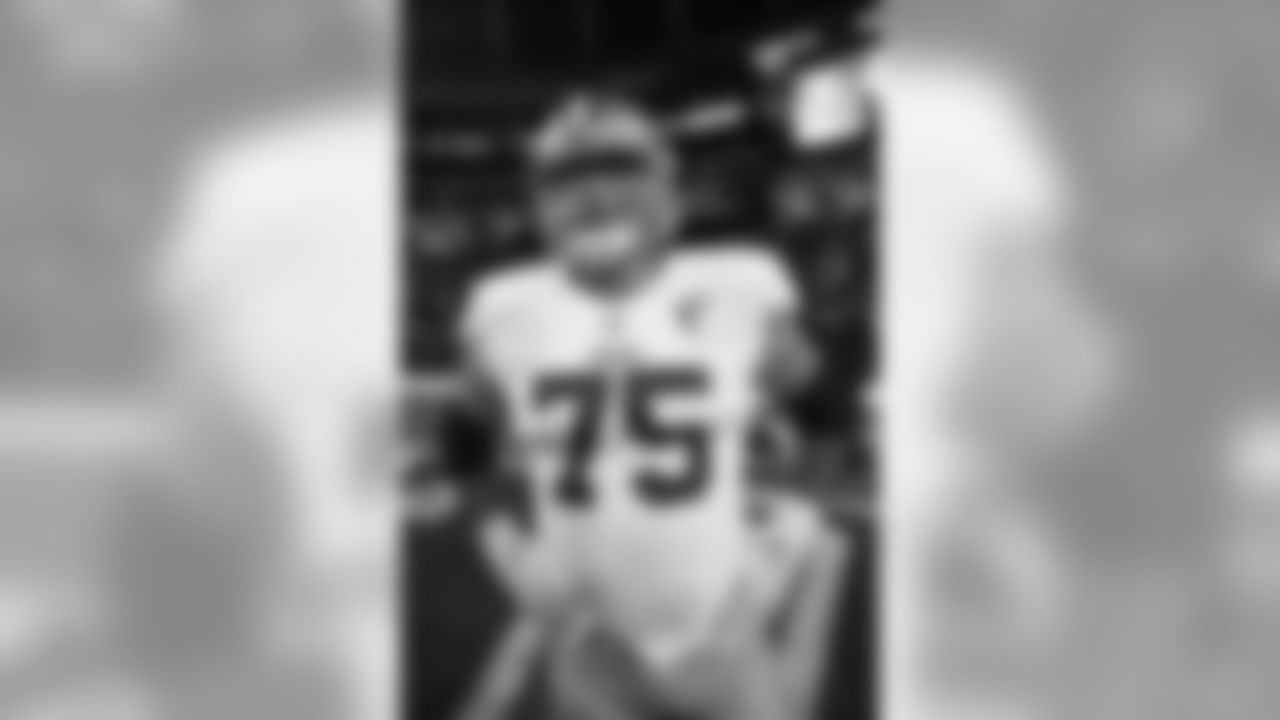
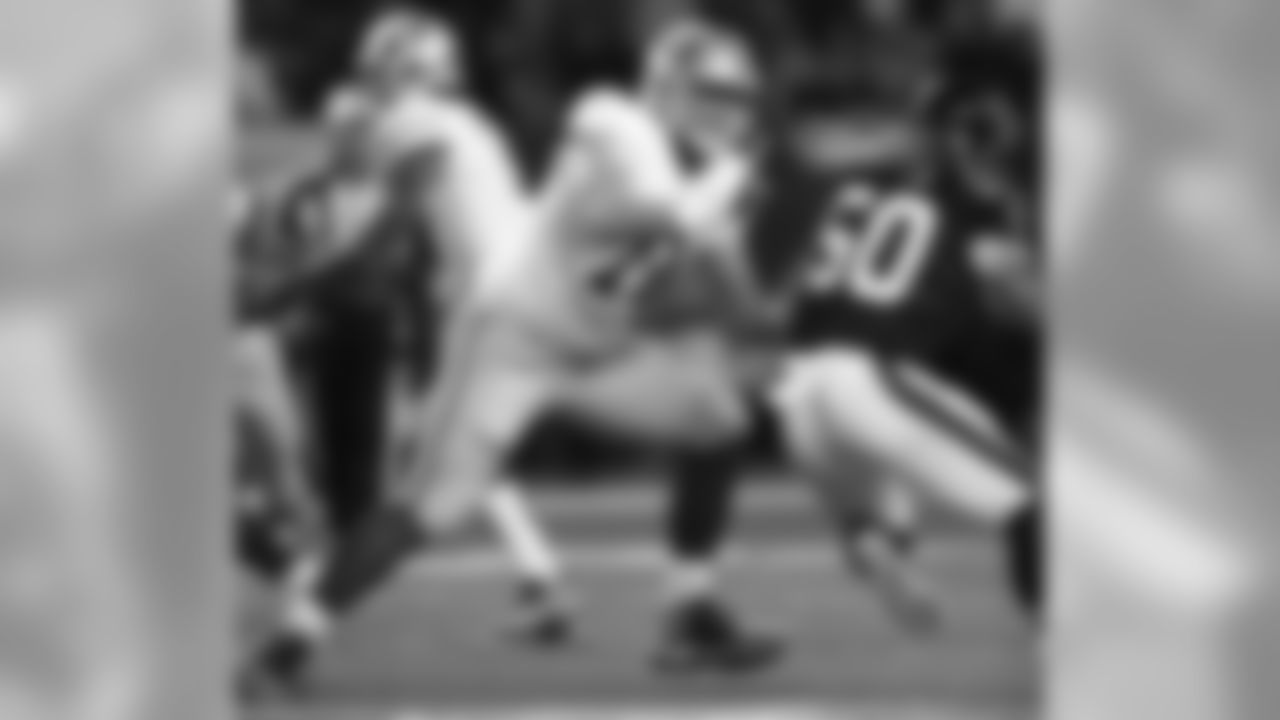
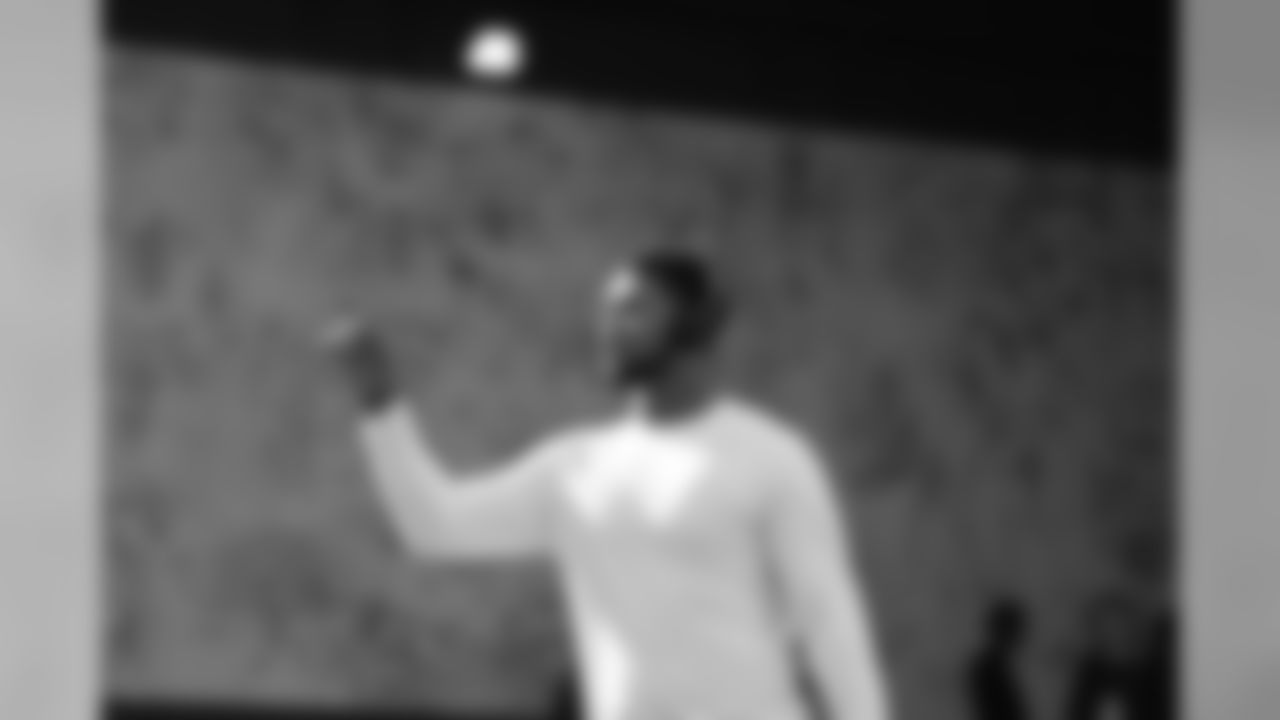

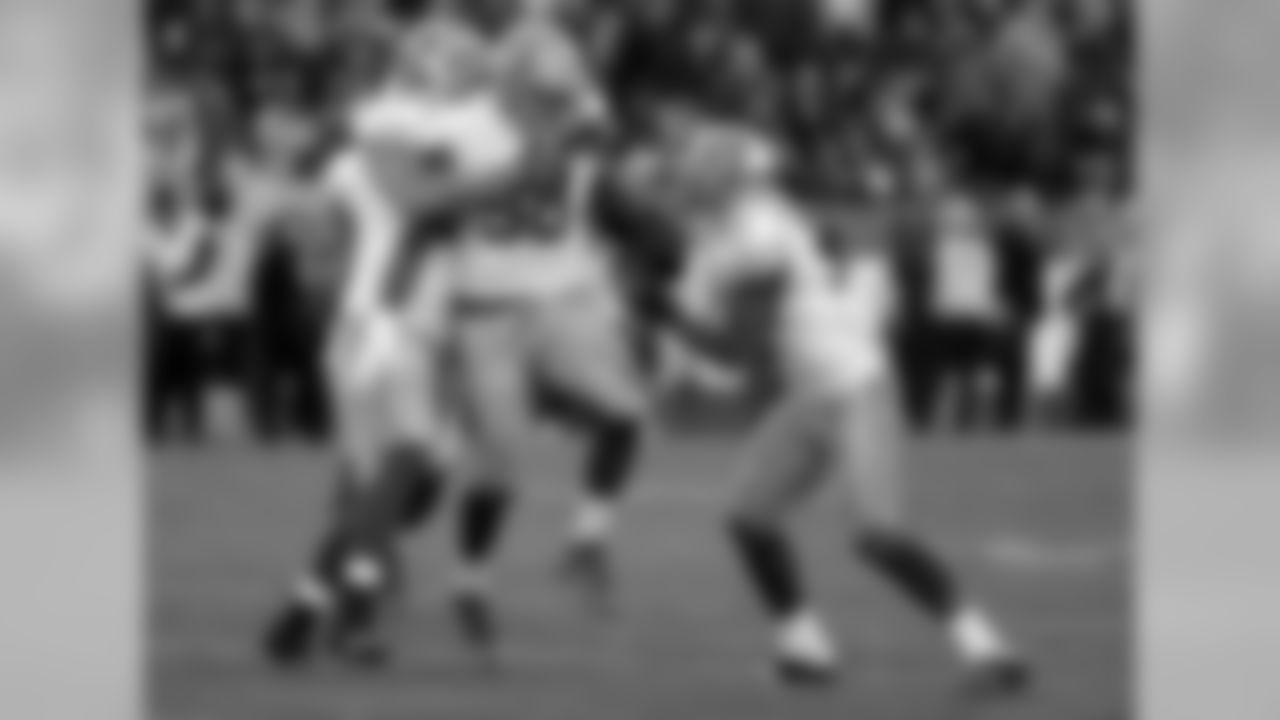
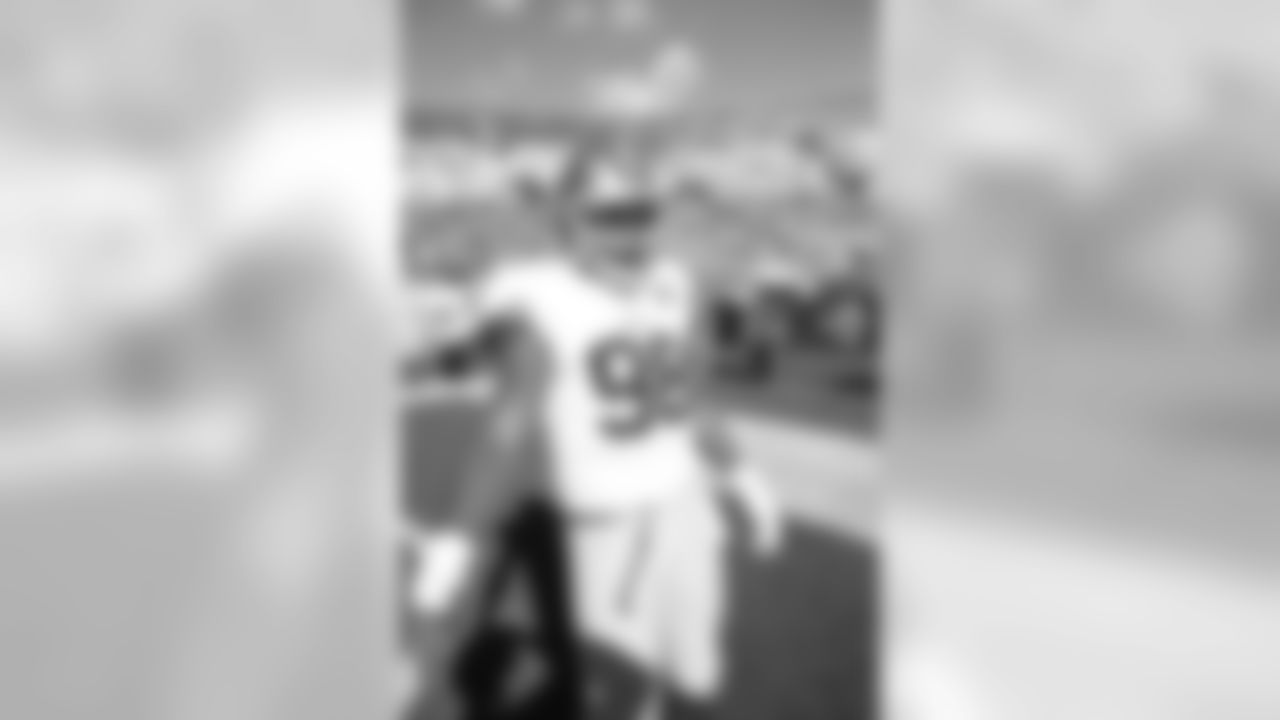
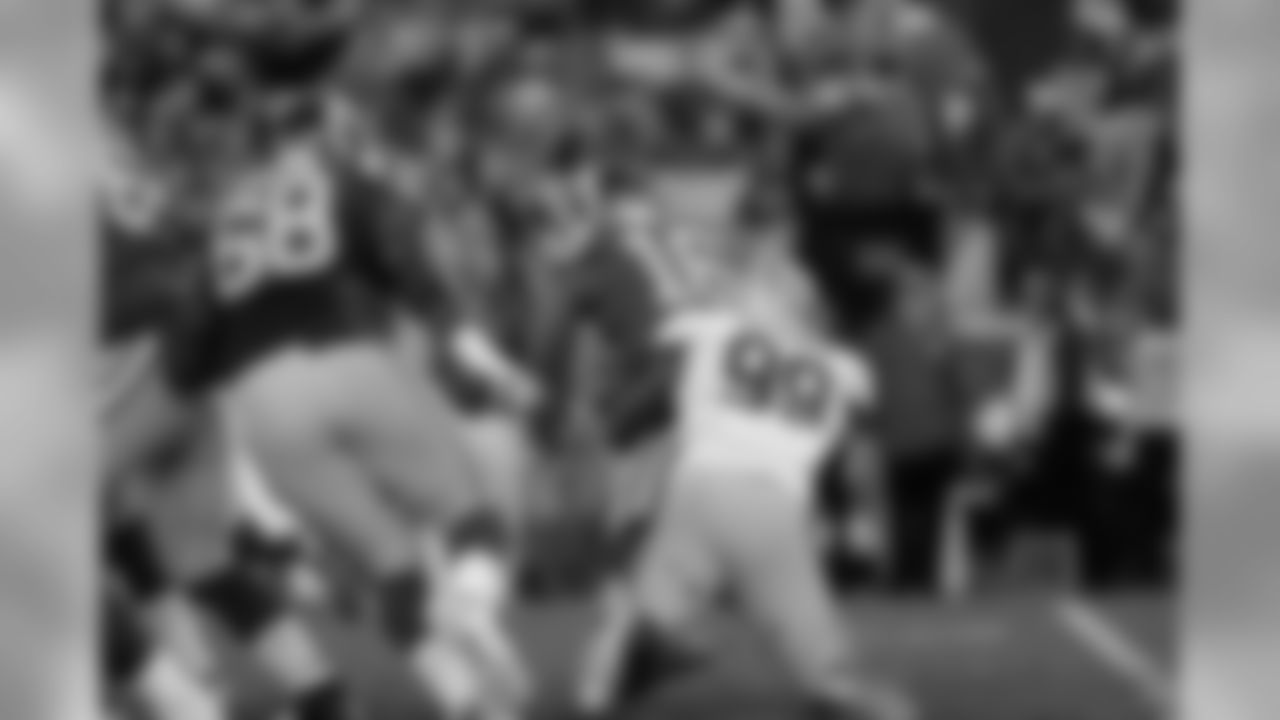
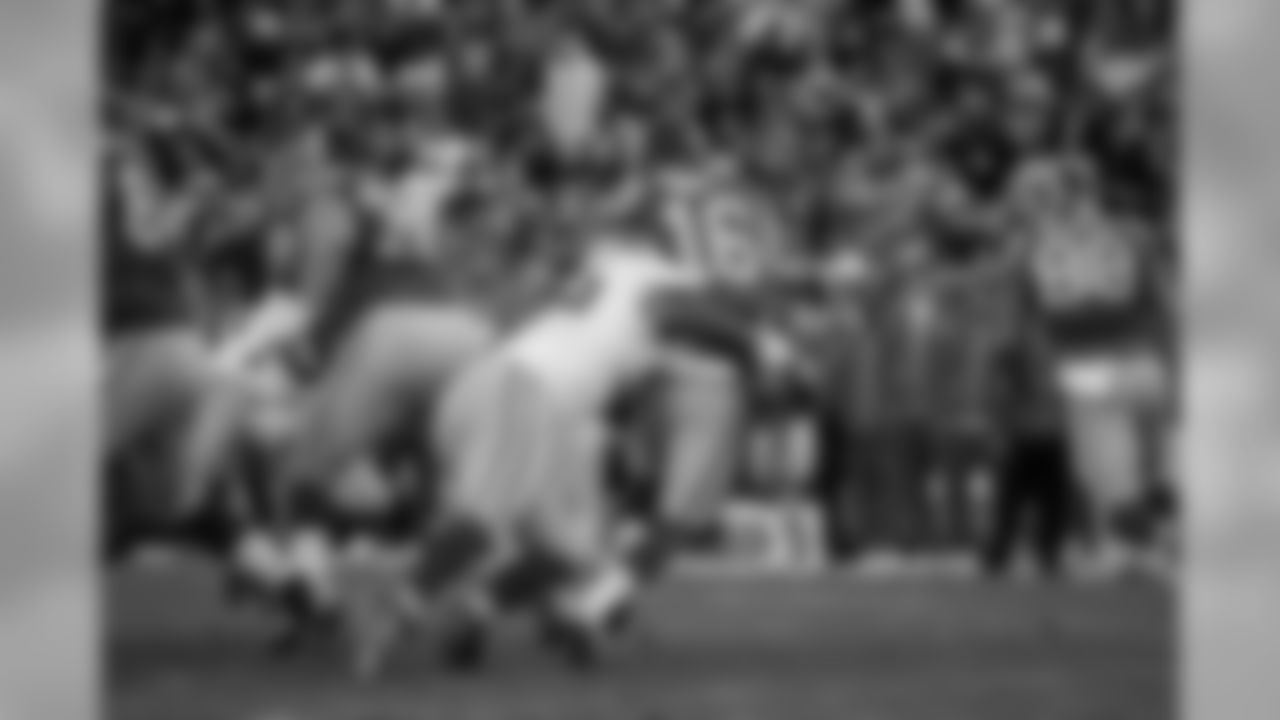
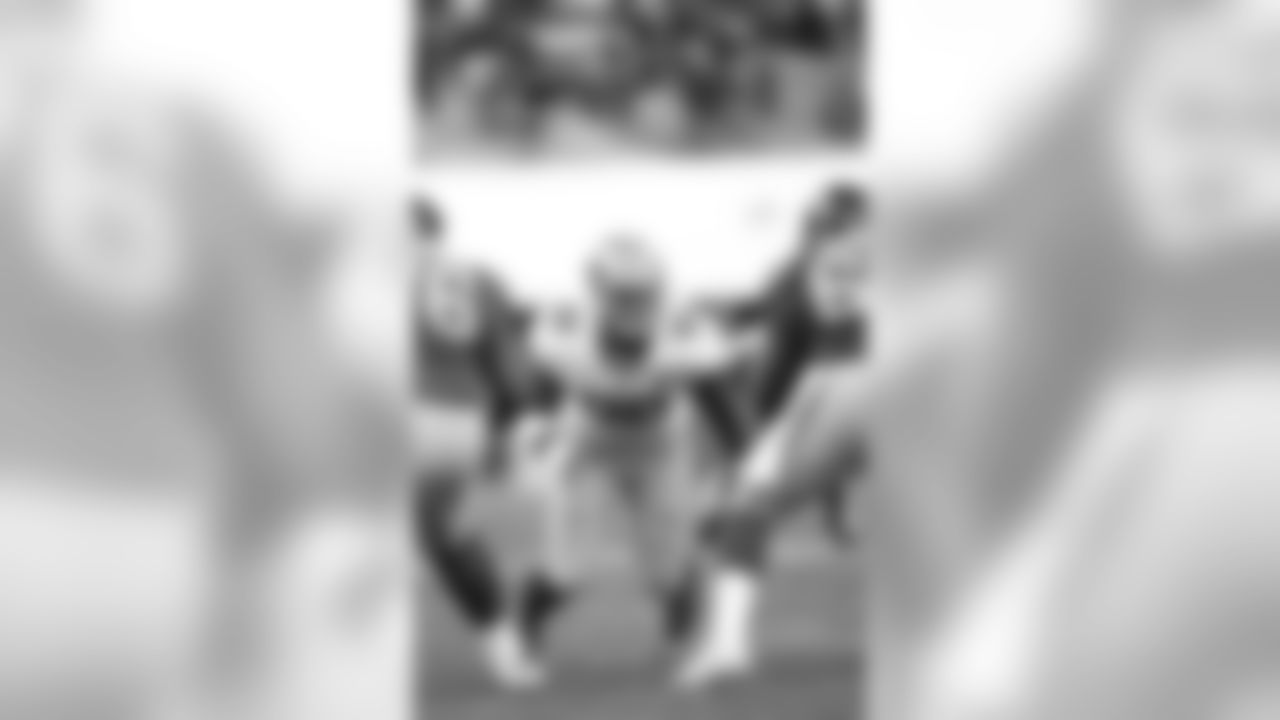
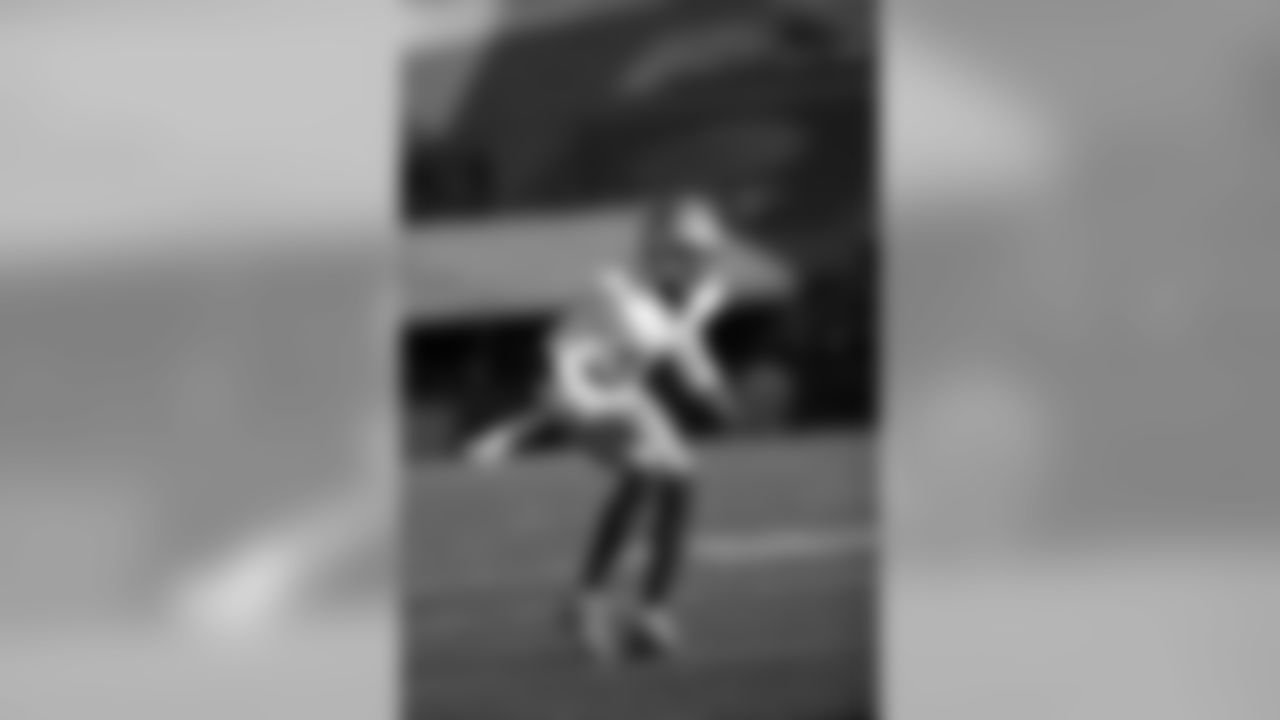
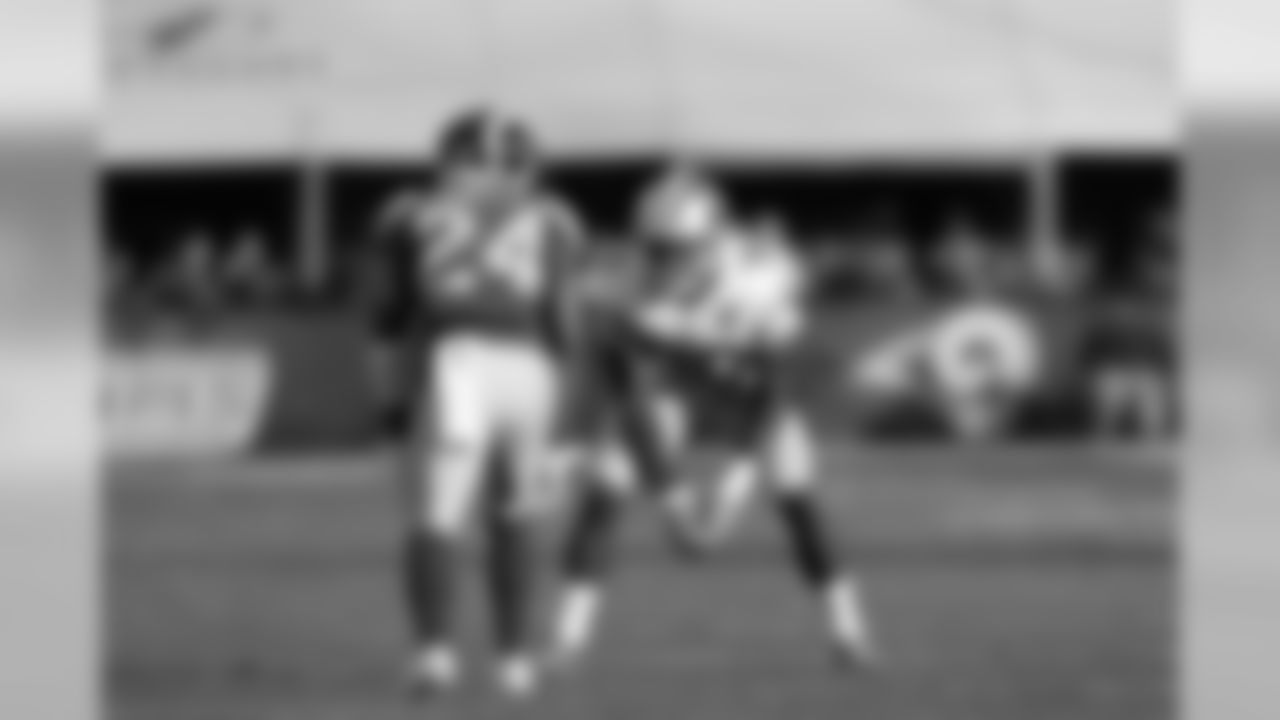
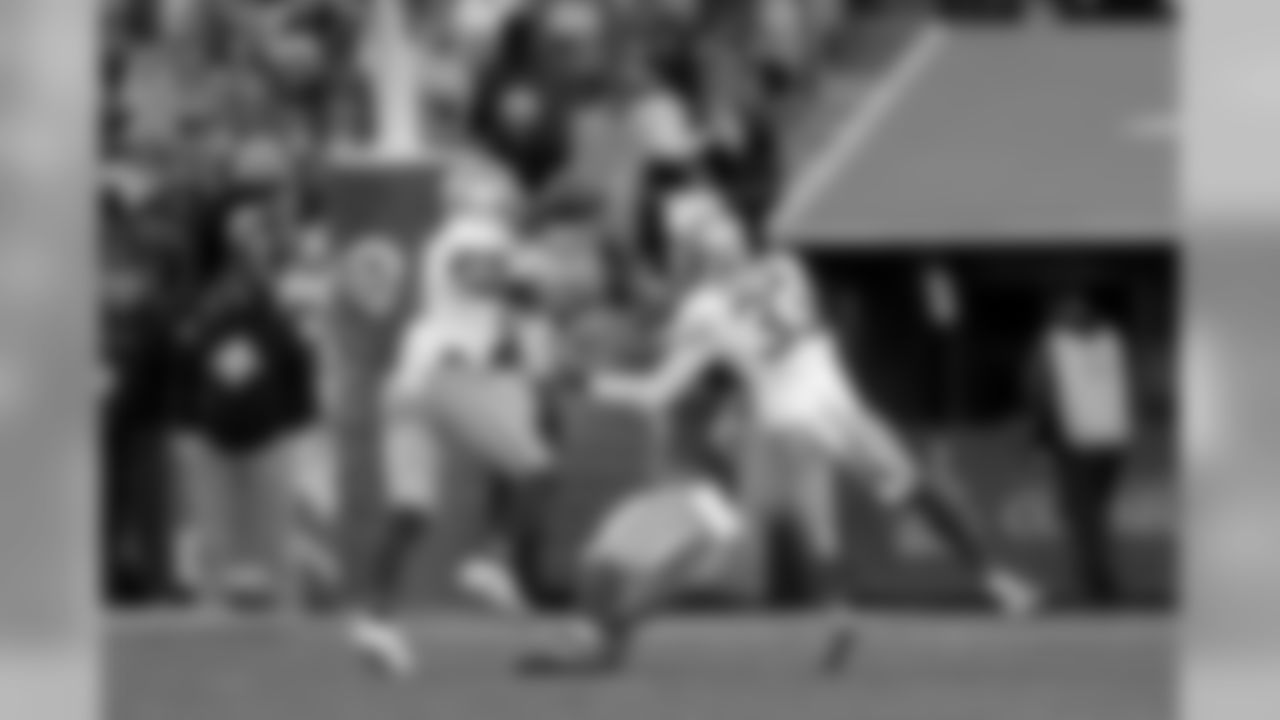
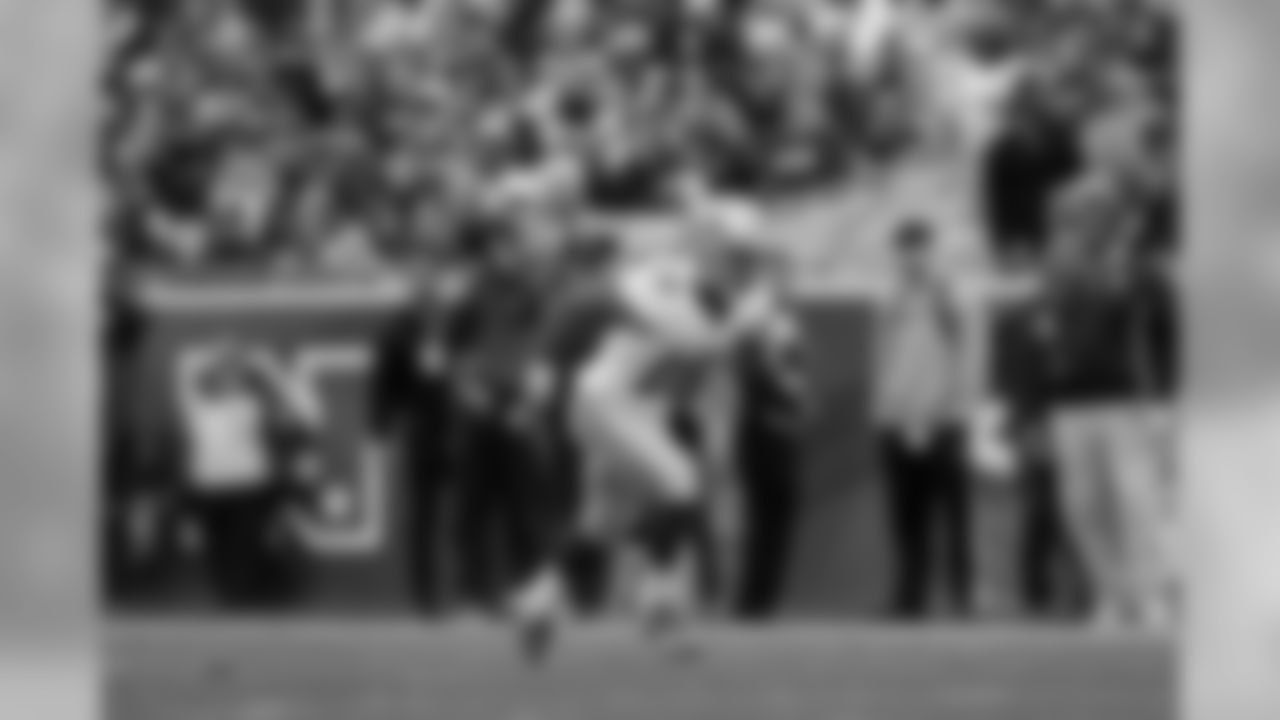
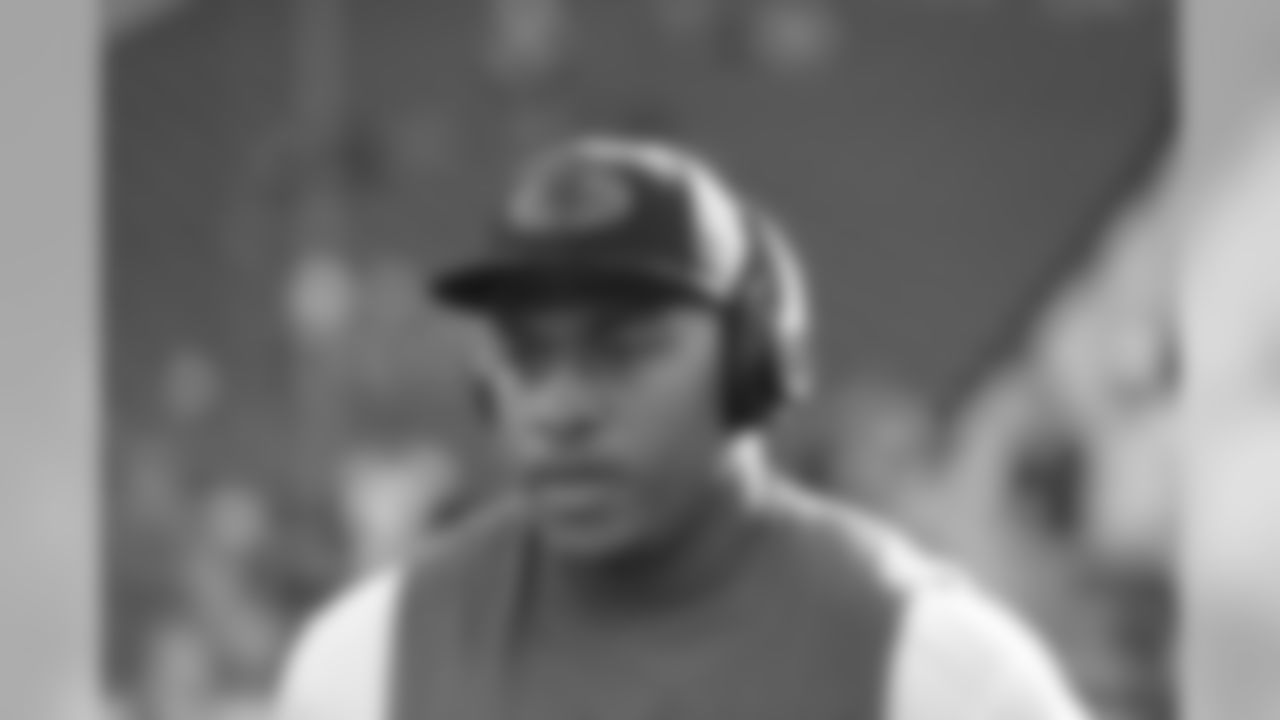
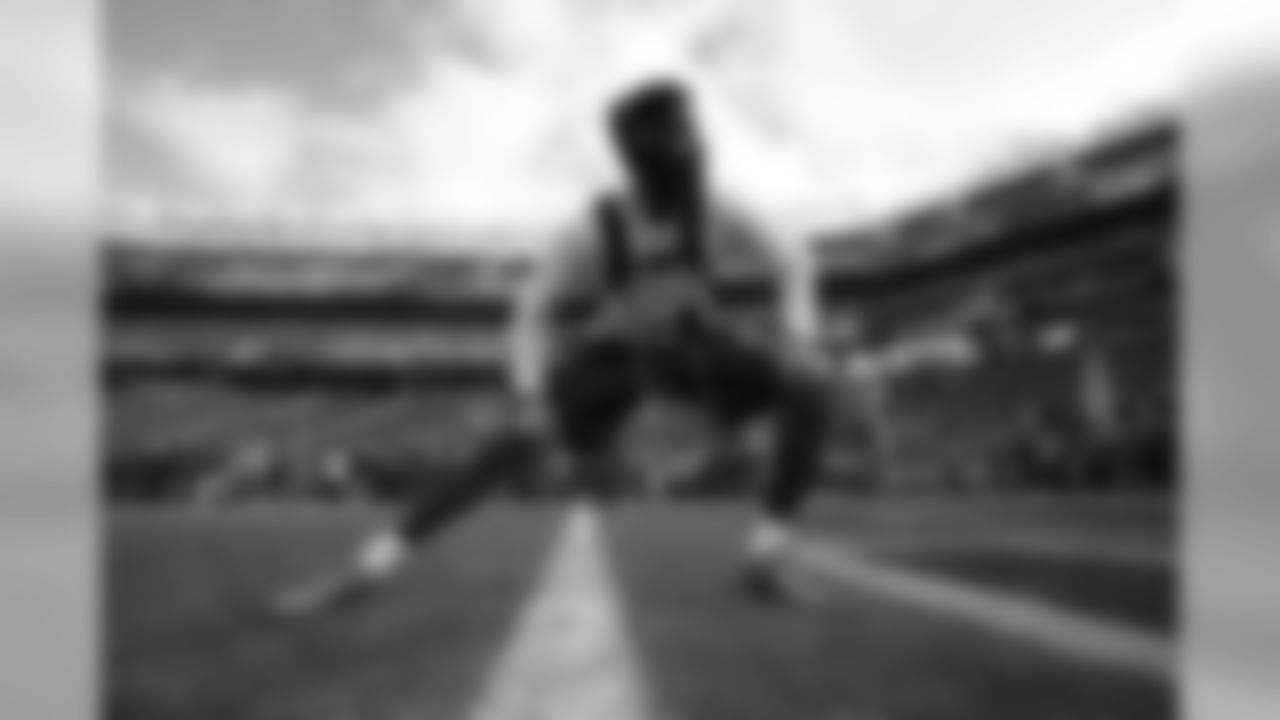
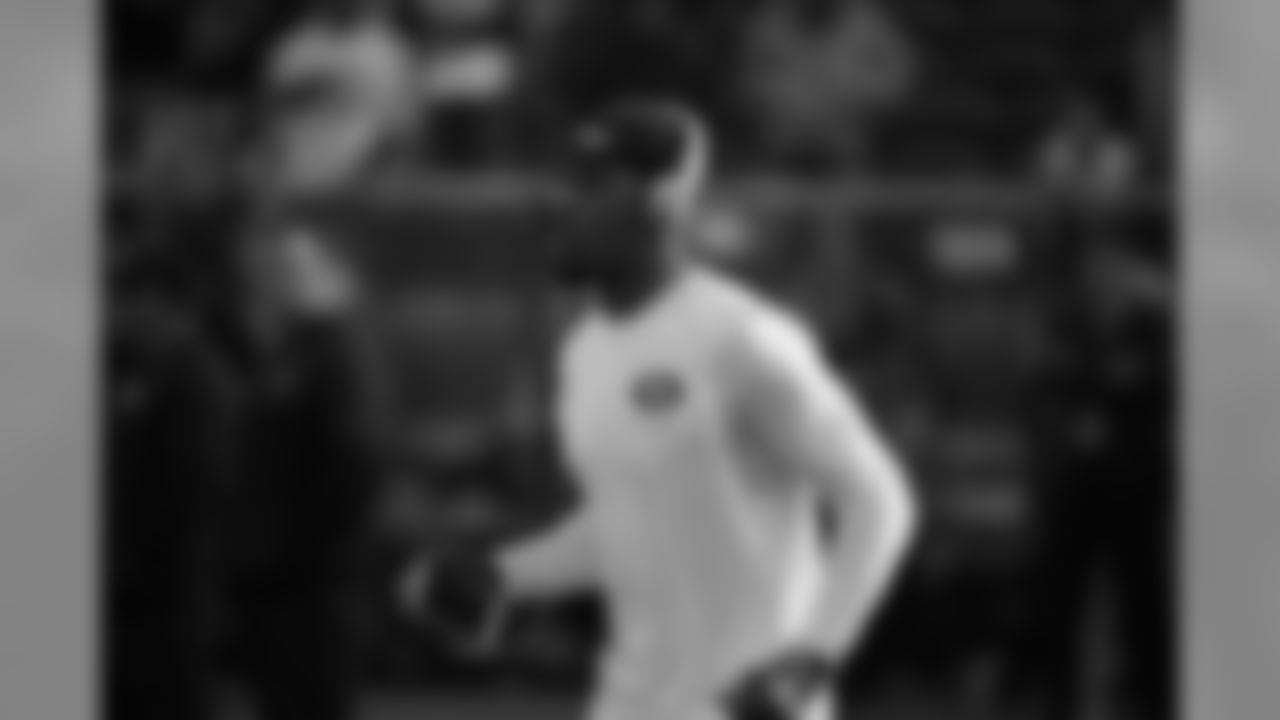
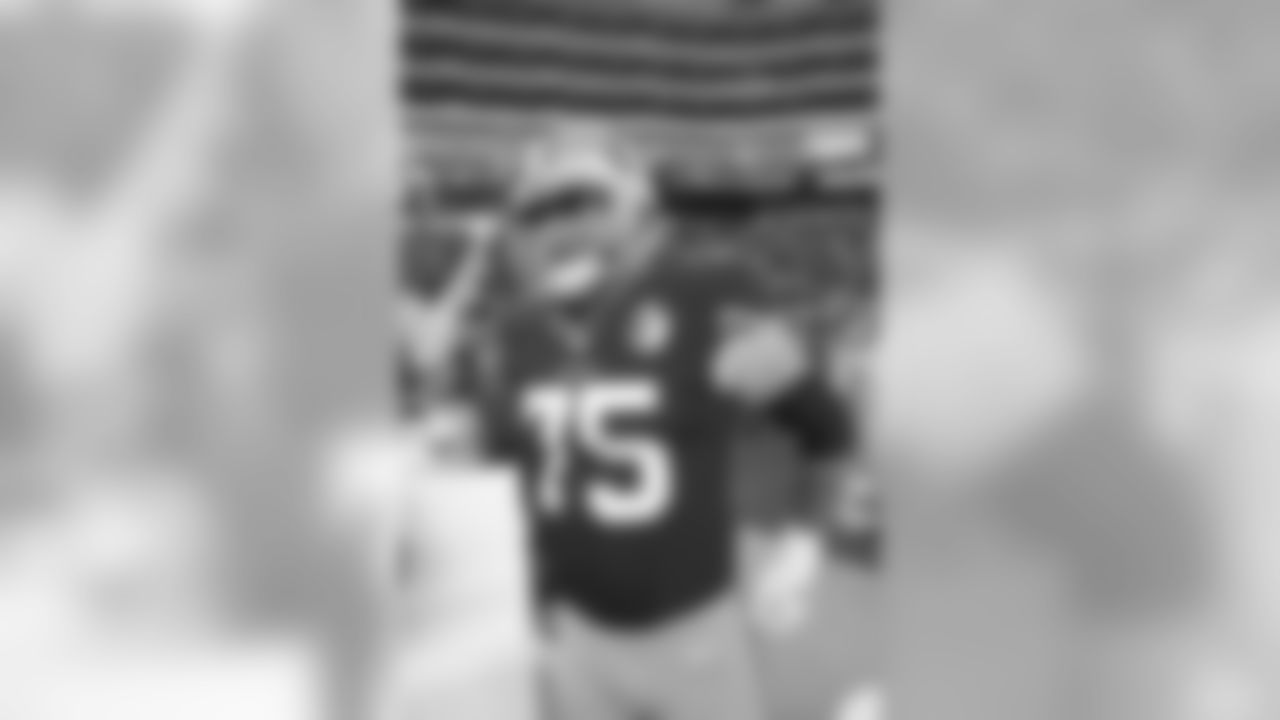

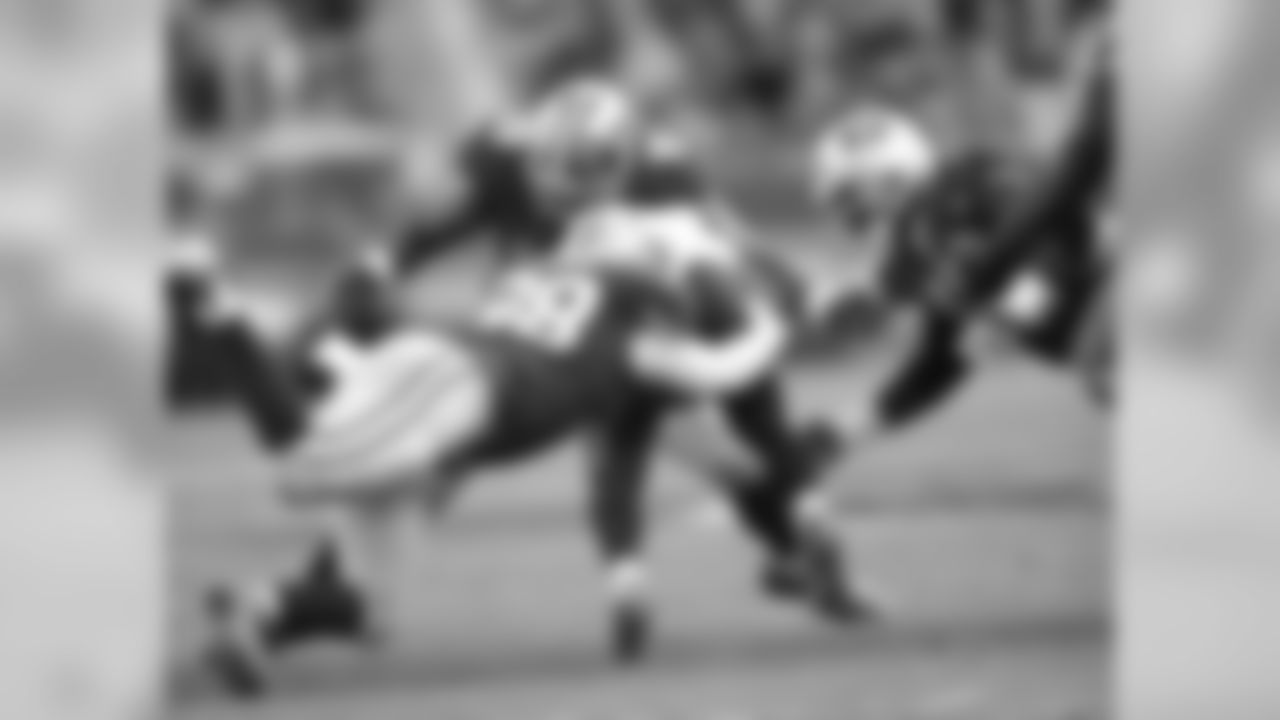
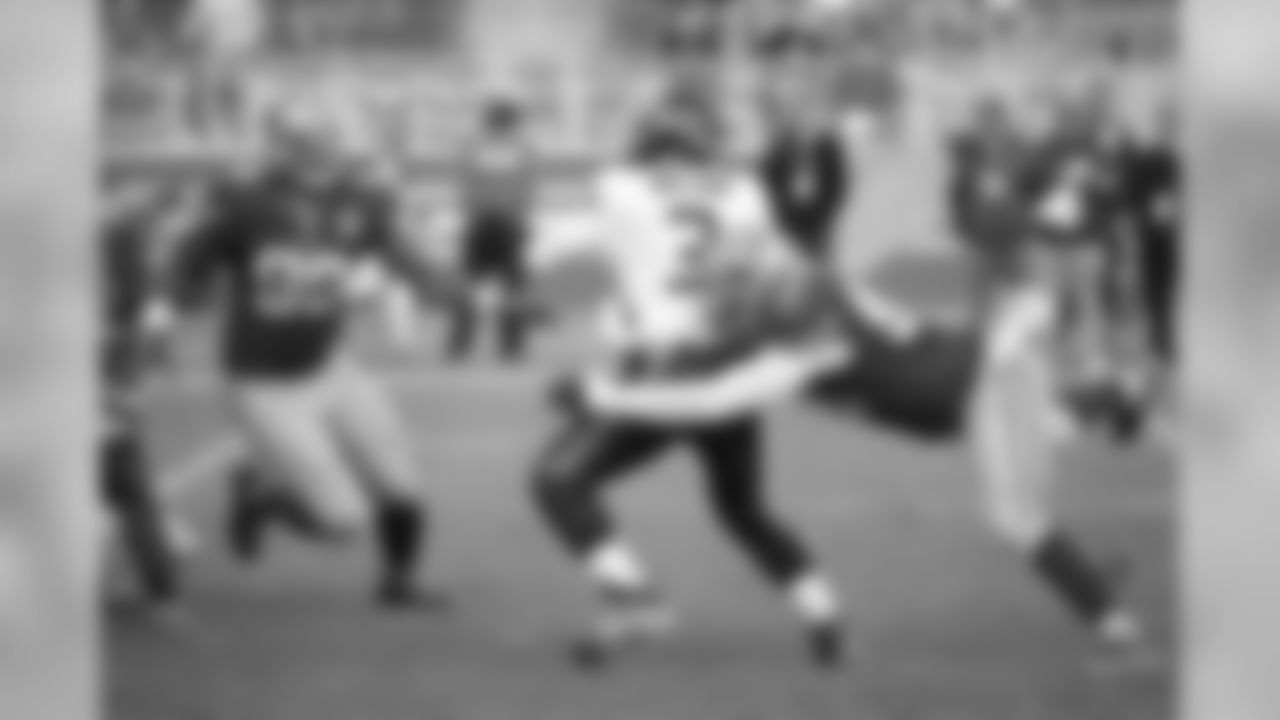
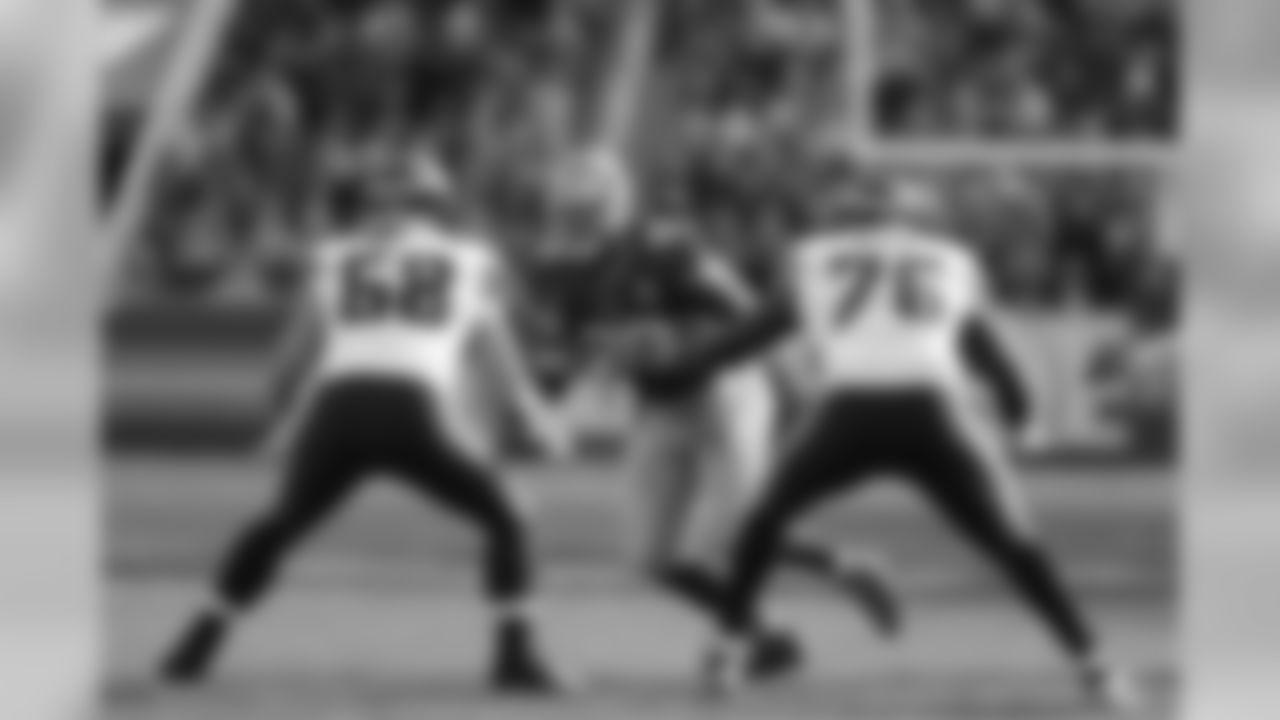
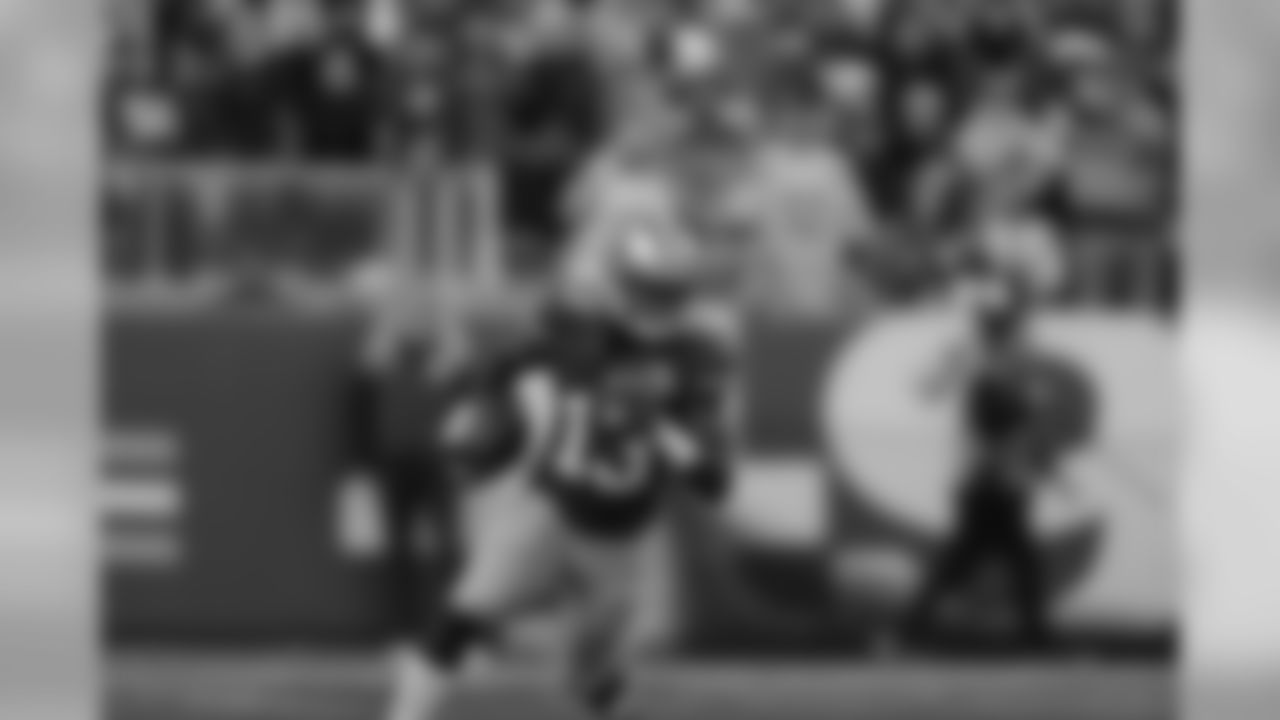
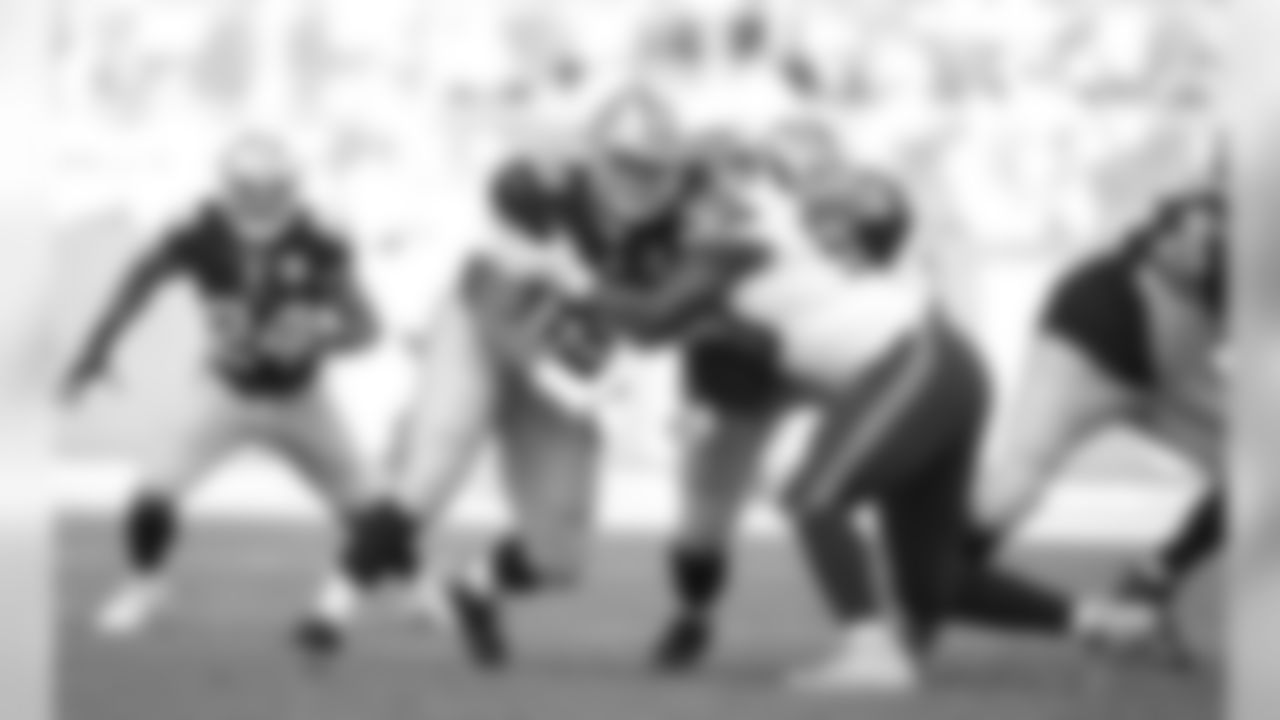
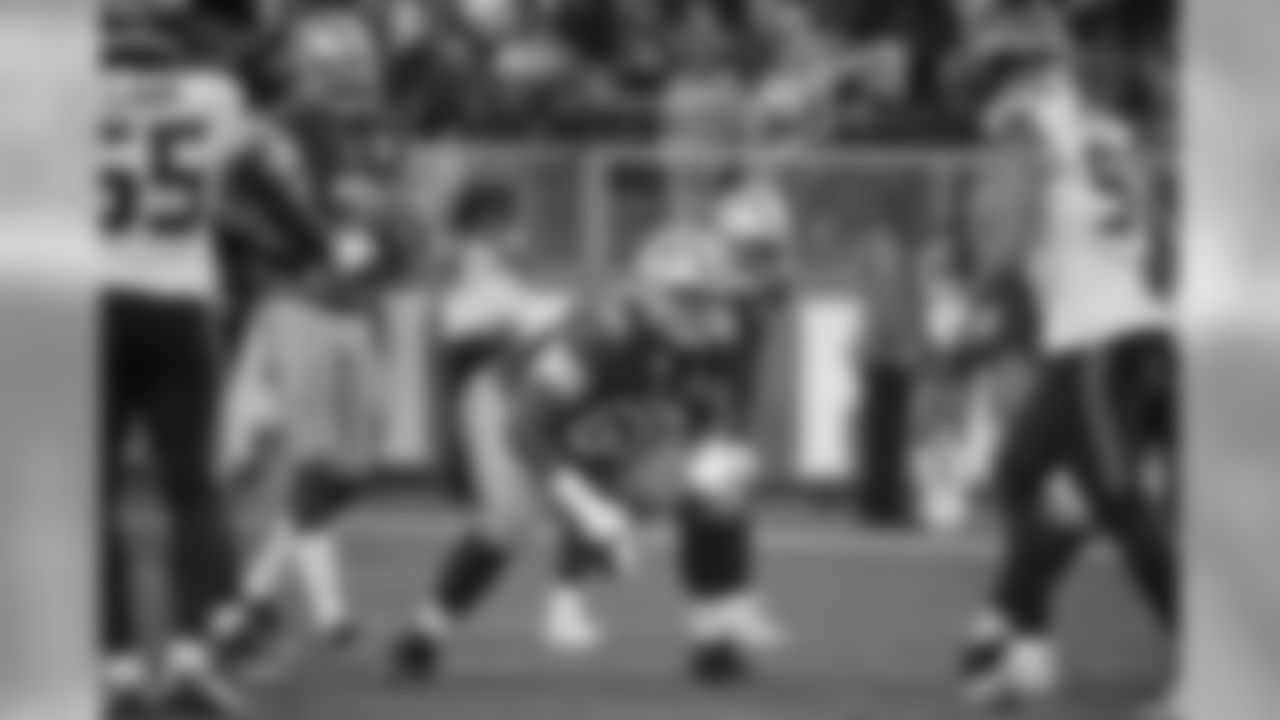
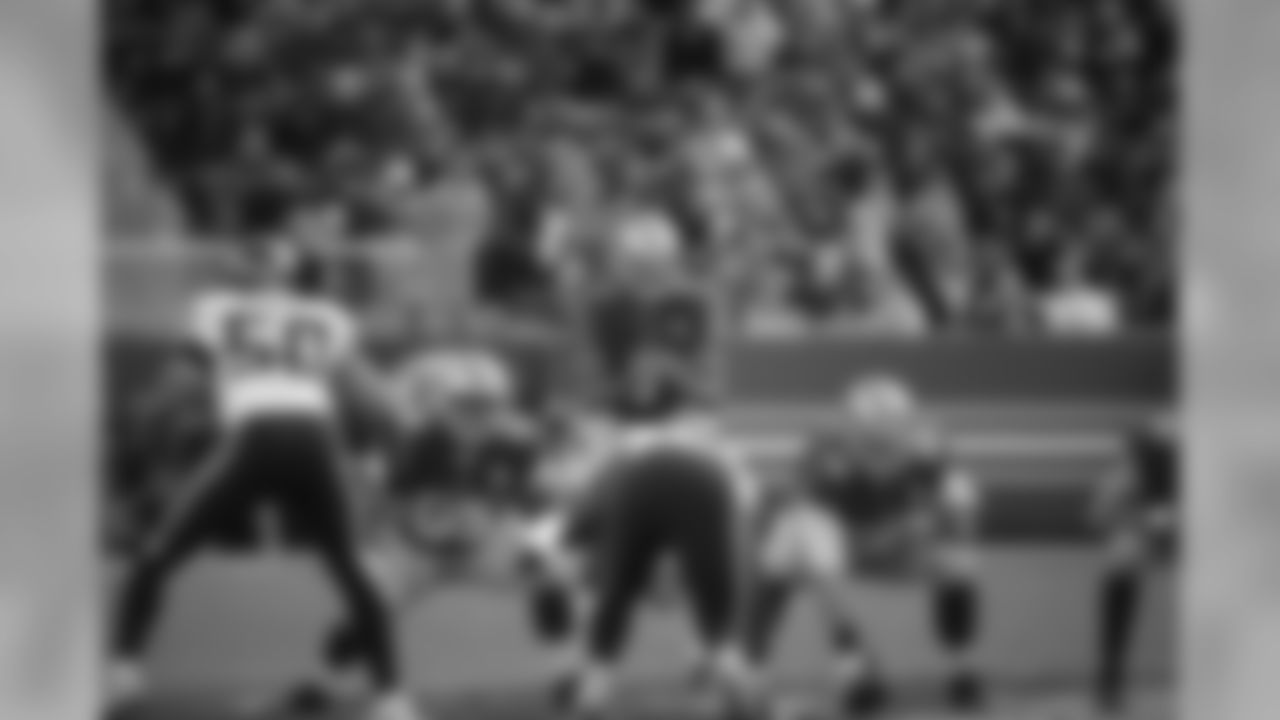
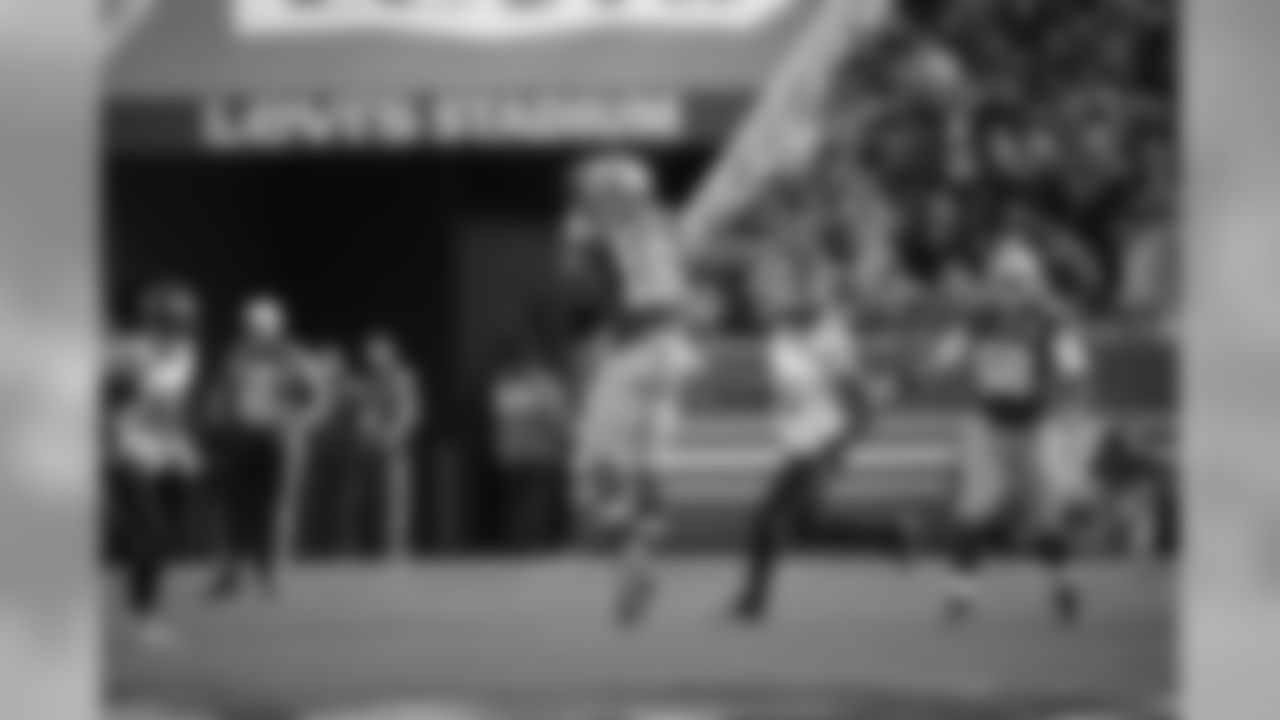
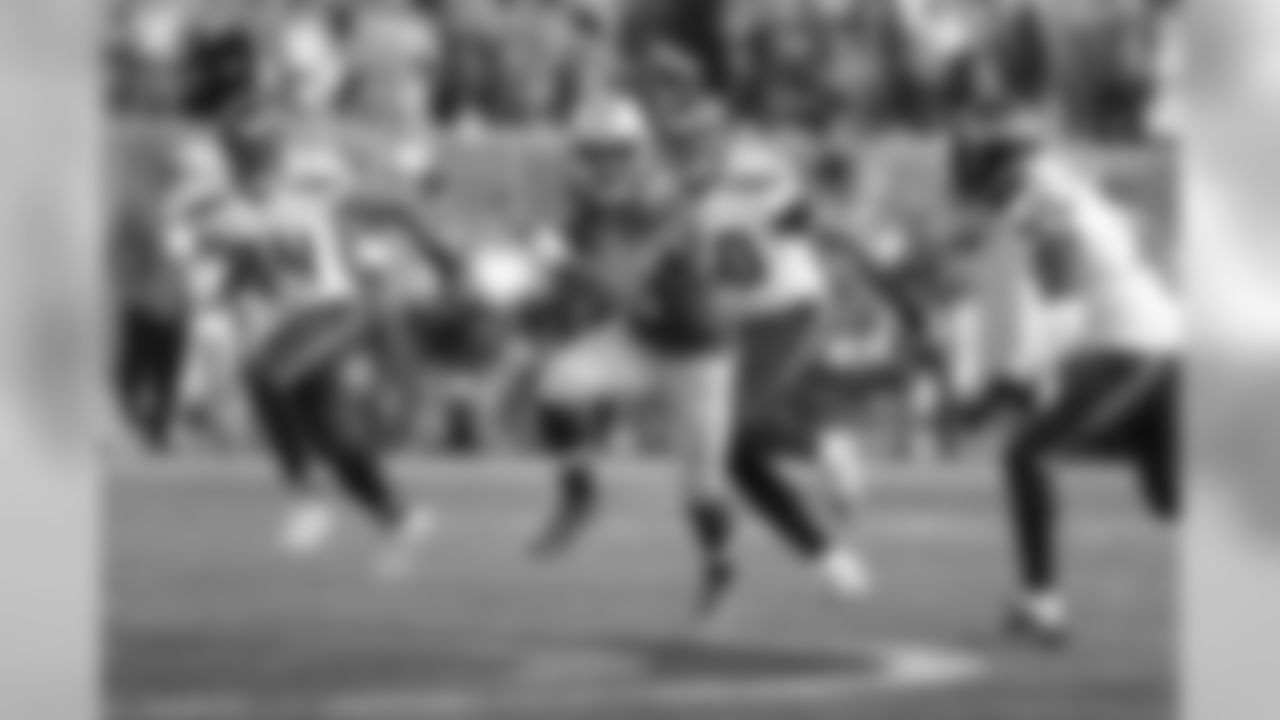
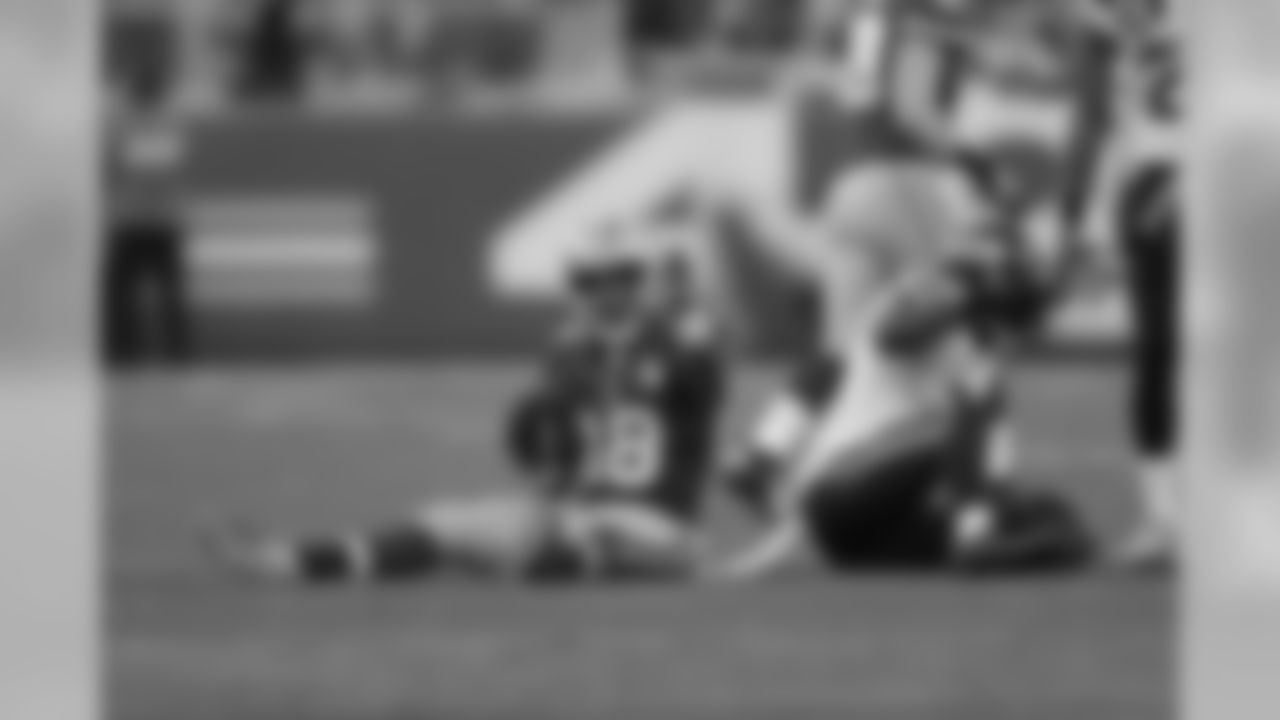
(1:45 - on head-butting DuJuan Harris without a helmet before the Cardinals game)
"We work so hard throughout the week, and you have 60 minutes on gameday to (let loose). Your body is hurting throughout the week, you're waking up early, so I really like to get juiced up and get after it on Sundays. If that means head-butting someone without the helmet, I'm going to show that we're serious. He's my running back, and if (DuJuan's) linemen are head-butting him without helmets on, that just shows that he's going to trust me to open some holes for him. So I like to get into that mindset."
(2:45 - on how his rookie season has gone so far)
"Rookie year is a grind. When you start out and come into the NFL, you don't know what to expect. You're still learning every day. Every day is kind of a new adventure, a new mindset. It can get a little monotonous because you do the same things every day, but as a rookie, you know that each week you're playing someone new, you're playing a team you've never played. So that keeps you juiced and keeps you going through the season."
(4:00 - on what he loves most about his home state of Washington)
"I'm from a small town called, Puyallup. We're famous for having the Puyallup Fair, it's like our State Fair. Being in Washington, and being in that area, it's a real small-town community. That's what I like most about Washington. I love California, but it wasn't like San Jose or *San Francisco *(in terms of size). It wasn't a really big town. You have these small towns with these tight communities. Everyone knows each other and you know what's going on here and there. It was really close-knit. That was something I was excited about when I was growing up. We took a lot of pride in being so close. When I go back home at pass Sparks Stadium, I feel so much pride knowing the tight-knit community we had."
(4:45 - on when he began playing football)
"I started playing football in the third grade. It was a funny story. My dad acutally signed me up, but in Puyallup where I'm from, they had a weight limit on who could play. In the third grade, I would say I was probably 185 pounds. I was way too big to play in the league. Thankfully I had a great dad who would drive me 45 minutes to practice in the town over where they had no weight limit, where the big boys could play. So we did that every day for four-five yeers until I could play junior-high ball. ... I started playing early, but I was playing against older kids because I was a lot bigger."
(5:55 - on why he chose to play at Stanford)
"We all see SEC football, Big Ten, there's a lot of great programs, but just as a person and outside of football, if someone has an opportunity to go to Stanford outside of football for free and they turn that down to go somewhere else, you look at them like they're crazy. It just blows my mind that people get the Stanford offer and don't go there. ... I feel like going to Stanford was a great decision for me. It did work out where I was a first-round pick, and I made enough money where I didn't necessarily need to be a doctor ... knowing that I can be a doctor and I have a Stanford degree is definitely reassuring."
(7:00 - on the easiest class he took in college)
"The easiest class I had was called, 'Sleep and Dreams.' (The professor) was a world-class sleep specialist, and you actually learned a lot of good stuff. There was some challenging material in there, but if you fell asleep in class, and he caught you, you got extra credit. ... It was kind of one of those classes where you could have fun, you could learn about sleep and it was pretty easy to get points in. That was the easiest 'A' I got at Stanford."
(8:10 - on what it was like to play at Stanford)
"At Stanford, there was just a different mentality. How you went to practice each day, how you approached the weight room, how you approached training, anything you did, you went out there to grind. Every day you went to practice, (you'd say), 'We're going to be physical. We're going to be padded up. We're going to be smacking and clacking. We're going to do things the Stanford Way.' That's something they really preach, 'You need to be a Stanford man. You need to be on the details.' When you do the conditioning tests, 'You've got to touch the line with your right hand and on odd reps you've got to touch the line with your left hand.' And if you don't touch the line with the right hand, all the older guys would yell at you, 'Go back!' It was just that mindset that touching the line wasn't enough, or touching the line with your right hand wasn't enough. You've got to touch it right in the middle of the line. Just being that detailed was something that really propelled Stanford and really helped us out. ... We never really had the five-star guys, the four-star guys. Stanford was really built off the blue-collar, two-star guys who had a chip on their shoulder. They were going to work, and they were going to be detail-oriented. That really helped Stanford be successful and stay successful."
(14:30 - on his impressive education at Stanford)
"I was a human biology major at Stanford. We don't have a pre-Med major at Stanford, per se, so you take human biology and it matches a lot of pre-Med requirements, then you take the pre-Med requirements as electives. ... I always wanted to be a doctor, I felt like at Stanford it was going to be tough in school, but I feel like being a pre-Med guy and a football guy helped me. A lot of people would say, 'It's too hard. How are you going to practice and do that?' But I know a lot about the human body. I know a lot about injuries. I know a lot about how to take care of injuries. But the biggest thing is the nutritional aspect. I have a deeper understanding of what certain proteins, certain amino acids will do. ... I feel like I've really given myself an upper edge on a lot of guys in the weight room, on the field and in recovery. I have knowledge that they don't have because they weren't pre-Med. They don't have the molecular understanding of proteins."
(20:00 - on how he chose @IamJoshG as his Twitter name)
"My sister in high school, when I made my Twitter, I said, 'Rachel,' she's like a debate coach, my twin sister, she's got all the brains ... And I said, 'What should it be, Rachel?' And she said make it, 'I am Josh G, so everyone knows this is the real one.' I just left it."


